

SAFARI IN AFRICA: TUTTO CIÒ CHE DEVI SAPERE PRIMA DI PARTIRE
da Serena | aggiornato Oct 12, 2022 | Tanzania

SAFARI AFRICA: QUALI FARE
Il game drive è il safari classico, ossia a bordo di un fuoristrada 4×4.

SAFARI A PIEDI
Questo tipo di safari si svolge insieme ad una guida certificata o ranger armati e non si può fare in tutti parchi dell’Africa.
SAFARI IN AFRICA IN BARCA
Perfetto per avvistare ippopotami e coccodrilli, il safari in barca così come quello a piedi, non può essere fatto in tutti i parchi.
Oltre all’emozione di vedere da vicino questi animali, sarà incredibile vedere il parco da tutt’altra prospettiva.
Fra tutti i safari fatti, sicuramente quello in barca è uno dei più belli.
Quando l’abbiamo fatto noi, ho avuto l’impressione di trovarmi all’interno di un documentario.
Mamme elefanti con i propri cuccioli a bere a riva, l’attraversamento del fiume da parte di un gruppo di giraffe, le teste degli ippopotami che spuntavano dall’acqua a pochi metri da noi oppure i coccodrilli che entravano di soppiatto in acqua.

SAFARI NOTTURNO
Per gli amanti dell’avventura e dell’adrenalina, è il safari ideale.
Di notte infatti le possibilità di avvistare le scene di caccia sono più alte.
SAFARI: QUANDO ANDARE?
Ovviamente, essendo l’ Africa un continente enorme, dipenderà dalla zona che vorrai visitare o dal periodo in cui avrai disposizione per viaggiare.
Se per esempio vuoi andare a fare un safari in Africa durante il nostro inverno, potresti optare per la parte orientale rinomata per la bellezza dei suoi itinerari
Se invece preferisci viaggiare in estate, allora la parte meridionale , sarà perfetto.
Tieni conto che i paesaggi cambiano radicalmente di stagione in stagione! Fare infatti un safari durante il periodo secco ti farà vedere la savana arida e paesaggi mozzafiato dipinti di giallo.

DOVE DORMIRE DURANTE IL SAFARI?
Dormire all’interno dei parchi è più costoso ma ne vale davvero la pena perché ammirare il tramonto e l’alba dentro la savana è una delle esperienze più belle che tu possa fare in Africa .
All’interno dei parchi esistono dei campi tendati sia basic che di lusso, oppure i lodge , delle strutture in muratura.
Per i più avventurosi e per i viaggiatori low-cost si potrà anche fare un safari in economia con la propria tenda oppure noleggiarla in loco e pernottare in luoghi adibiti al campeggio con bagni e cucina in comune e del tutto in sicurezza.
Personalmente ho preferito i campi tendati, hanno un minor impatto visivo all’interno del parco e permettono di entrare più a contatto con la natura!
Che sia un campo tendato o un lodge la cosa che conta secondo me è una: dormire all’interno della savana.
Sarà un’esperienza che porterai con te per tutta la vita!
Durante il nostro safari sono stata svegliata in piena notte da una giraffa vicino alla nostra tenda, ci siamo svegliati con il rumore degli ippopotami nel lago adiacente al campo, abbiamo cenato a lume di candela con gli elefanti non lontano da noi.

IL SAFARI, LA CULTURA E LE TRADIZIONI LOCALI
Un’esperienza da fare assolutamente durante il tuo safari è la visita ai villaggi delle tribù locali
Incontrare e vedere da vicino le tribù che abitano i villaggi remoti accrescerà l’amore e il rispetto per questa terra magica chiamata Africa e per i suoi abitanti.
Vedrai con i tuoi occhi e toccherai con mano una realtà così lontana da noi che sarà impossibile rimanerne indifferenti.
In alcuni villaggi è possibile dormire ma lo spirito di adattamento deve essere davvero elevato.
Noi abbiamo dormito in un villaggio Masai ed è stata una delle esperienze più belle di tutta la nostra vita.
Lontano da tutti i comfort del mondo occidentale come un bagno, l’acqua calda, la corrente abbiamo trascorso una serata indimenticabile.
La “preoccupazione” iniziale di non poter ricaricare il telefono la notte perché sprovvisti di corrente elettrica, è svanita subito dopo aver iniziato a parlare con la famiglia che ci ospitava nel suo terreno.
La nostra doccia è stata un secchio d’acqua, il nostro letto un sacco a pelo dentro ad una tenda improvvisata davanti ad una casa costruita col fango.

TUTTO QUELLO CHE DEVI SAPERE PRIMA DI FARE UN SAFARI IN AFRICA
Essendo stata un’esperienza sognata per tanto tempo, a lungo mi sono chiesta come sarebbe stato fare un safari in Africa . Eppure, nemmeno i miei sogni migliori si erano avvicinati a quello che poi ho vissuto veramente.
Durante il safari vedrai colori che rimarranno indimenticabili.
Avrai la possibilità di vedere da vicino gli animali selvaggi nel loro habitat, comprendendo che quello, e solo quello, è il luogo giusto in cui dovrebbero vivere.
A volta non è detto di riuscire ad avvistare tutti i Big Five oppure serve molta pazienza per avvistarne uno di essi, soprattutto se si tratta del leopardo.
Entrerai a contatto stretto con Madre Natura in una terra dove la natura regna sovrana, da sempre.

Vivrai emozioni indescrivibili durante la caccia visiva agli animali più fugaci come il ghepardo e rimarrai esterefatto davanti alla perfezione di tutto ciò che ti circonda.
Per quanto riguarda gli aspetti pratici di un safari invece, ti basterà un minimo di spirito di adattamento e di avventura per amare anche qui tutto alla follia.
I trasferimenti da un parco all’altro solitamente sono molto lunghi e su strade sterrate ma non preoccuparti: la bellezza di ciò che vedrai fuori dal finestrino farà volare via il tempo, te lo garantisco.

Il cibo solitamente è ottimo. I pasti consumati durante i safari son quasi sempre al sacco e preparati direttamente la mattina da quelli del campo tendato.
Per quanto riguarda gli alloggi infine, nonostante siano immersi nella natura e lontani dal mondo urbanizzato, sono dotati di stanze pulite, letti confortevoli e acqua calda.

COSA PORTARE PER UN SAFARI
Eccoci arrivati ad un momento problematico per molti: cosa mettere in valigia prima di partire per un safari in Africa?
- Come prima cosa ti consiglio un repellente molto forte da spruzzare tutte le mattine anche sui vestiti. Noi abbiamo usato sempre il Jungle Spray e ci siamo trovati benissimo.

- Per una difesa completa contro le punture d`insetto: questo spray repellente non solo vi...
- Ottimo compagno di viaggio: la sua funzione repellente è stata pensata per aree ad alto...
- Dermatologicamente testato: questa protezione molto forte contiene DEET al 50% ed estratti...
- Applicazione: spruzzare il prodotto uniformemente sulla cute esposta, ben asciutta e...
- JUNGLE FORMULA offre una gamma di prodotti dermatologicamente testati con un alto Fattore...
- La creama solare! Indispensabile sotto il sole africano. Noi ci troviamo bene con la protezione 30 di RoC (ti consiglio almeno una protezione 30).

- RoC Soleil-Protect Lozione Spray Idratante SPF30 assicura un'alta protezione solare...
- Una texture non grassa e vellutata che non lascia residui bianchi
- Potenti filtri UVA e UVB proteggono la pelle dal fotodanneggiamento e dall'invecchiamento
- Contribuisce a prevenire i sintomi dell'allergia solare
- Applica generosamente e uniformemente prima dell'esposizione al sole. Una quantità...
- Metti in valigia dei pantaloni lunghi leggeri di cotone e delle maglie a manica lunga, sempre di cotone. Così ti riparerai dal sole e dagli insetti (mi raccomando, gli indumenti di colore chiaro!).
- Non dimenticare una felpa pesante per la sera e un’ impermeabile , ti saranno utili la sera se le temperature scenderanno.

- Giacca impermeabile da donna, Ideale per le avventure in città e in mezzo alla natura
- Estremamente impermeabile e traspirante grazie alla tecnologia Omni-Tech con cuciture...
- Due tasche per le mani con chiusura a cerniera e tasca interna per tenere al sicuro i...
- Cappuccio antipioggia regolabile con protezione sul mento, Polsini regolabili, Orlo...
- Contenuto: 1x Columbia Inner Limits II, Giacca Impermeabile, Donna, Colore: BLACK (Nero),...

- Giacca impermeabile con cappuccio da uomo, Adatta per tutte le stagioni, Ottima per ogni...
- Chiusura con cerniera su tutta la lunghezza, 2 tasche per le mani, Facilmente compribile...
- Giacca utilizzabile tutto l'anno: tessuto idrorepellente, Cappuccio antipioggia fisso e...
- Contenuto: 1x Columbia Pouring Adventure II, Giacca Impermeabile, Uomo, Colore: Stone...
- Se sei appassionato di foto, ti consiglio di portare con te uno zoom (almeno un 70-200mm), altrimenti non riuscirai a fotografare da vicino gli animali. Noi abbiamo la Sony A7 III , qui sotto ti lascio qualche opzione per scegliere l’obiettivo giusto.

- NITIDEZZA DEI DETTAGLI: un elemento asferico e tre elementi in vetro ED in un design...
- SFONDI SFOCATI: apertura circolare a 7 lamelle per meravigliosi bokeh
- AFFIDABILE: un design resistente alla polvere e all'umidità fornisce l'affidabilità...
- AUTOFOCUS VELOCE: il motore lineare XD sfrutta appieno il potenziale di velocità della...
- ERGONOMICO: facile da utilizzare grazie ad un interruttore della modalità di messa a...

- Versatile gamma di zoom fino a 300 mm – Dalle riprese in stile ritratto da 70 mm, fino a...
- Eccellenti prestazioni ravvicinate: grazie a questo obiettivo è possibile ottenere scatti...
- Eccellente resa luminosa – Quando si scattano immagini con sorgenti luminose, l'apertura...
- Doppia stabilizzazione dell'immagine – In combinazione con il corpo I.S. nella...
- Design compatto e leggero: con un peso di 790 g, il 70-300 mm è il teleobiettivo zoom...

- Compatto (149 mm), comodo e leggero (815 g)
- Motore di messa a fuoco di ultima generazione vxd con meccanismo lineare estremamente...
- Supporta le funzioni specifiche della fotocamera sony tra cui fast hybrid af e eye af
- Speciale sigillatura e rivestimento in fluoro che protegge l'obiettivo per godersi la...
- Prestazioni ottiche ottimali e messa a fuoco minima di soli 0,85 m per una maggiore...

- Étui / Pare-soleil

- INCREDIBILMENTE NITIDO Un XA (asferico estremo) insieme a tre elementi in vetro asferici...
- SFONDI SPLENDIDAMENTE LISCI Apertura circolare a 11 lamelle per bellissimi effetti di...
- CATTURA TUTTI I DETTAGLI Sony Rivestimento Nano AR per eliminare bagliori e immagini...
- VELOCE E PRECISO Un potente attuatore RDSSM (Ring Drive Super Sonic wave Motor) insieme a...
- ERGONOMIA PROFESSIONALE Un design sigillato resistente alla polvere e all'umidità e il...
- La power bank ! Stando fuori tutto il giorno è molto possibile che il telefono si scarichi a forza di fare video e foto, per cui avere dietro una power bank è importante. Noi abbiamo questa che è molto capiente e con cui ricarichiamo entrambi i cellulari.

- ⚡【Immensa Capacità con 26800mAh】26800mAh Power Bank ricarica a pieno iPhone 7/6 /...
- ⚡【USB Type-C Input &Output】 La porta USB Type-C bidirezionale in dotazione su...
- ⚡【Multi Input & Smart E Output】 Grazie al Multi Input & Smart E Output porta godere...
- ⚡【Smart & Safety System】 Il sistema Smart & Safety ti permette di monitorare il...
- ⚡【Design Compatto 】 Il design compatto e slim (solo 14 mm di spessore) della...
- Fermenti lattici. Li usiamo durante tutti i viaggi, iniziamo a prenderli una settimana prima e proseguiamo per tutto il viaggio: così ci proteggiamo da tutti gli sbalzi alimentari.

- ENTEROLACTIS è il probiotico realizzato con tecnologia DRYCAP brevettata; il...
- Contiene L; casei DG Lacticaseibacillus paracasei DG I1572, DSM 34154, un probiotico nato...
- ENTEROLACTIS Bevibile è un fermento probiotico idoneo a colonizzare adeguatamente il lume...
- L’uso di ENTEROLACTIS è ben tollerato sia negli adulti di ogni età, sia nei bambini;...
- Adulti e bambini: 1 flaconcino al giorno, preferibilmente a stomaco vuoto
Facciamo amicizia sui social!
Leggi gli altri articoli su safari e zanzibar.

10 MOTIVI PER VISITARE L’AFRICA ALMENO UNA VOLTA NELLA VITA

LE TRE ESCURSIONI DA FARE A ZANZIBAR

RESORT A ZANZIBAR: DOVE DORMIRE
Consigli , Tanzania

VIAGGIO A ZANZIBAR: QUANDO ANDARE E COSA VEDERE

GLAMPING IN AFRICA: LA RISERVA FAUNISTICA DI SELOUS

SAFARI NEI PARCHI DELLA TANZANIA: SERENGETI, NGORONGORO E TARANGIRE
Non partire mai senza assicurazione.
Io e Francesco partiamo sempre con Columbus Assicurazioni e in questo articolo ti spieghiamo come mai . Prenota attraverso il preventivatore che trovi qui sotto per ottenere subito un 10% di sconto sul totale!
10% DI SCONTO
se prenoti da qui la tua assicurazione di Viaggio
Non rischiare, scegli il meglio!
Invia un commento Annulla risposta
Il tuo indirizzo email non sarà pubblicato. I campi obbligatori sono contrassegnati *
Sign me up for your mailing list.
Invia commento
Questo sito usa Akismet per ridurre lo spam. Scopri come i tuoi dati vengono elaborati .
Ultimo aggiornamento 2024-04-19 / Link di affiliazione / Immagini da Amazon Product Advertising API
Privacy Overview

African safari tips: 20 things to know before going on your first safari in Africa
Planning to travel to Africa? Here are the important African safari tips that you should know before going on your very first African safari.
Going on an African safari for the very first time is a dream come true for many travelers. For most, the idea of traveling to Africa seems farfetched or something that could never happen given a number of reasons.
But when you finally see your dream coming to life, fear, and excitement all head straight through the roof at the same time.
With all that happening, realistic questions start kicking in on how you should actually plan or behave on your very first African safari.
Now as a first-timer, it’s not surprising not to know what to expect or better yet what to do on your first safari in Africa.
So that’s why I am writing this post to give you all the important African safari tips to prepare you as you enjoy Africa’s wildlife.
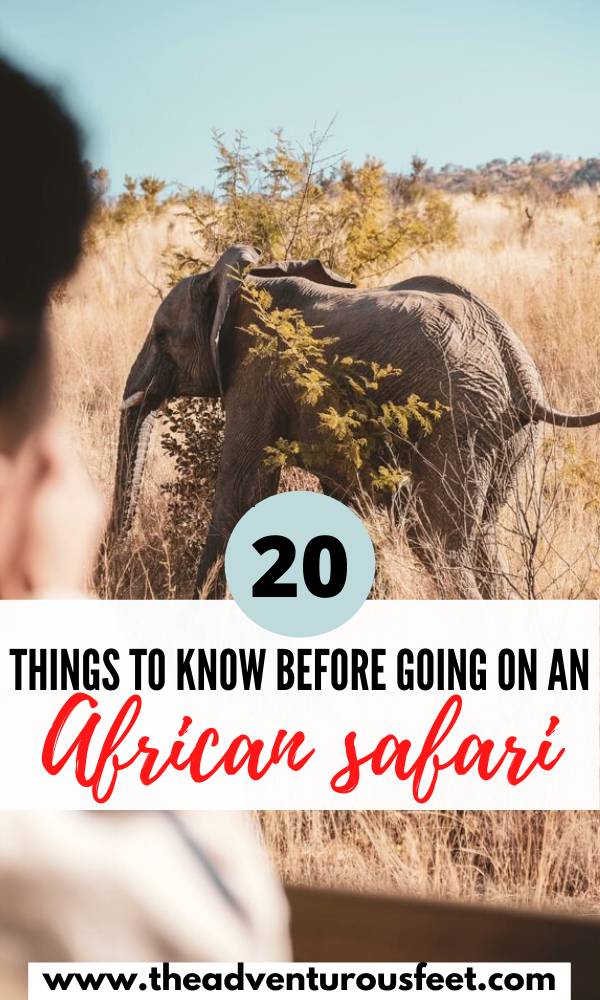
Disclaimer* This post contains affiliate links and I might earn a small commission if you purchase through them but with no extra cost to you. This commission helps to keep the lights on here. You can read our privacy policy for more details. Thank you for supporting the Adventurous feet
Why should you trust me to give you these safari tips for Africa? Well aside from the fact that I live in Africa, I’ve been on quite a number of incredible African safaris.
From the deep ends of Queen Elizabeth national park in Ugand a , and Chobe National Park in Botswana which boasts the highest number of African Elephants to the magical Okavango Delta, I can surely say that I’ve added a number of African safari tips to my sleeves that will be extremely useful for first-timers.
Now you might be thinking that having done a number of safaris in Africa, perhaps I get bored or something!
No, I still get so excited every time I go on a safari and every experience is different but incredibly rewarding.
I could literally visit all the National parks in Africa and still want to do more game drives. It’s a truly magical experience.
So before I get sidetracked into telling you how beautiful and exciting it is to go on a safari, let’s get to the important African safari tips that you came for to help you fully prepare for your once-in-a-lifetime adventure in Africa .
Read this before you go: 15 Things to know before traveling to Africa
Best African safari tips for first-timers
Here are the best African safari tips you need to know before your trip.
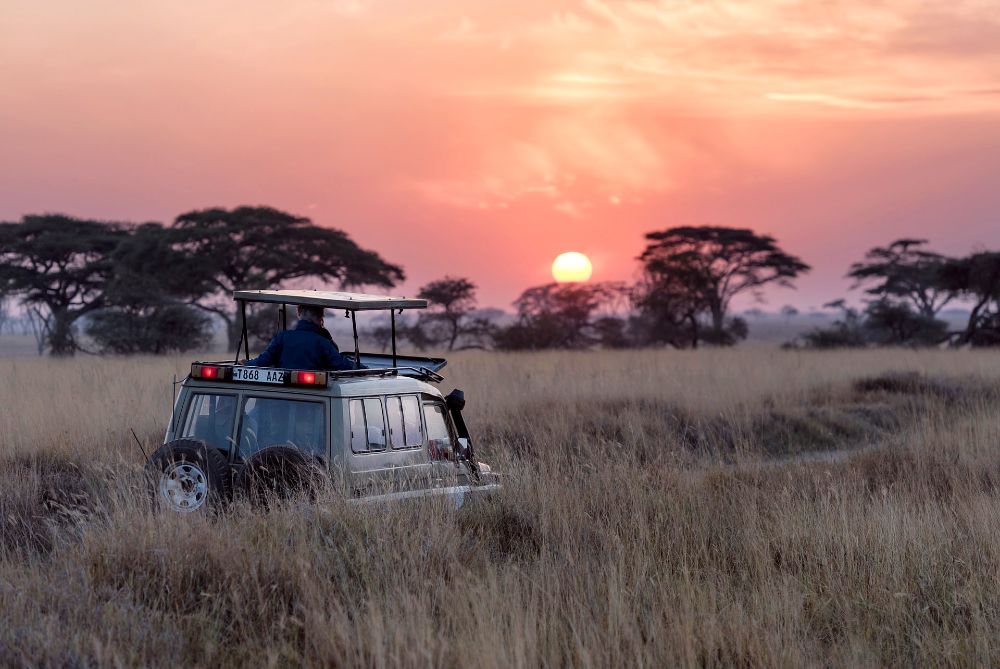
1. Find out the best time to go for an African safari
Although Africa’s wildlife will stay throughout the year, not every time is best for wildlife viewing and this is why you need to research the best time to go for a safari in that exact place you’re planning to visit.
The time of the year you visit can make or break your trip. Visiting in the rainy season will keep the animals hidden but will also hinder you from moving freely since the dusty and sandy roads of Africa will be extremely hard to dry on.
For example, if you plan to go for a safari in Uganda , the dry season (June, July, August, September, January, and February ) is the best time to visit since most animals head to the water holes to drink which makes animal spotting pretty easy.
If it’s the annual wildebeest migration you want to experience (which btw is the greatest wonder in wildlife that everyone should see), then you might want to consider either visiting Kenya or Tanzania in the dry months of June to October since both countries showcase this incredible wildlife spectacle.
I guess you now understand why it’s pretty important to choose the right season to go for an African safari. But generally, the drier seasons of most countries are the perfect time for wildlife viewing.
However, drier doesn’t mean summer in some countries. Take an example, Botswana’s dry season is their winter which makes the best time to visit between May and the beginning of October.
So don’t just generalize everything, get to know the best time to visit each African country individually to come up with a perfect itinerary.
Related post: Things to know before backpacking Africa
2. Wake up early
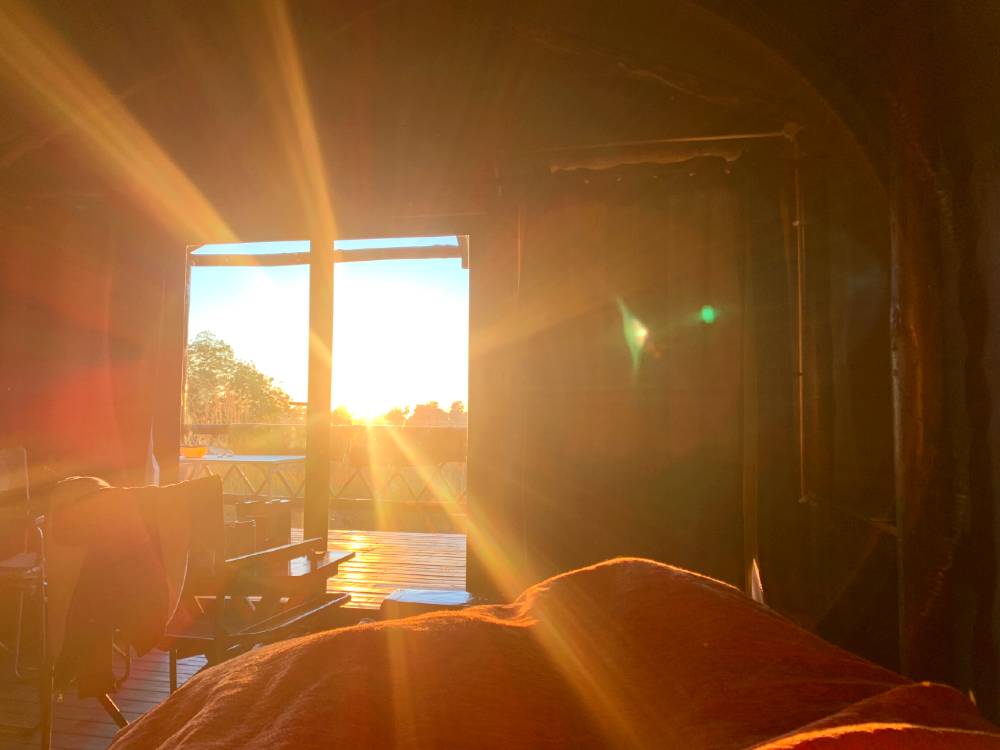
Other than getting that picture-perfect photo of the amazing African wildlife with a backdrop of the rising sun, there are high chances of spotting wildlife in the morning which is why it is crucial to wake up early.
Though the word “morning” might mean 10 am to some, wildlife viewing kind of morning is around 6 30 am – 7 am.
In the morning, wild animals are the most active hence moving closer to places where they can be spotted easily other than in the afternoon where they’re all taking shelter from the scorching sun.
And it’s for this reason that most game drives are during the morning hours and in the evening.
So get your day’s equipment ready the day before and if you’re not an early bird, turn on the morning alarm clock to witness the magical African wildlife unfold.
3. Be on the look-out to spot the wild animals
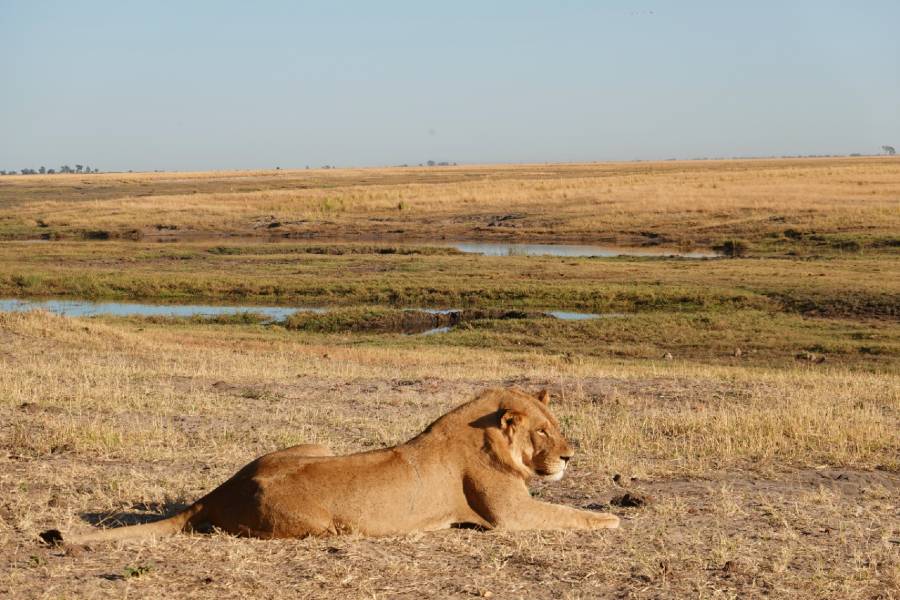
One of the important tips for an African safari for first-timers is to always be on the lookout while game-driving.
Safaris are absolutely different from zoos which means that you can drive a long journey without seeing the big fives.
Though some animals are pretty easy to see without even trying, big cats like lions, Leopards, are Cheetahs can be hard to spot.
So as you drive along, look outside vividly not to miss anything.
This is actually why it can be sometimes challenging to do a game drive alone since you have to drive and also spot the animals.
It’s always better to have someone with you or better yet hire a tour company which will make spotting animals easier.
Because when you miss seeing one, chances are that someone else in the touring car has seen it, and guides are usually more skilled at spotting the big cats.
Related post: Best countries to visit in Africa
4. Ask a lot of questions
Another tip for an African safari is to ask a lot of questions. If you’ve booked a game drive with a tour company, the tour guide assigned to you is there to answer all your questions.
So ask away and remember that there is nothing like a dumb question.
The only way you will get the most out of your trip is to be inquisitive as much as possible as that’s how you will learn about the African animals and the wild in general.
You can ask about the behaviors of some animals, what the guides think about them – literally anything you want to know and the guides are knowledgeable enough to give you answers.
Try to also be friendly with the guides as that will make them closer to you — something that will encourage them to share even beyond just the animals.
If you’re doing a self-drive, you can ask the lodge or campsite’s staff where you’re staying for anything you might want to know.
You can ask them where there are higher chance of seeing the big five at a certain time of the day or the best loops to take and they will be happy to give you answers.

5. Take your time to enjoy the wildlife
Africa boasts one of the most beautiful wildlife if not the best in the world and it would be a shame to rush through it during a game drive.
There is so much to see and different safaris will treat you to a different kind of landscape that you ought to appreciate.
When you spot animals, park your car, or ask your guide to stop to admire the animals. You might just get lucky to see some of the spectacular scenes if you take your time.
Whether it is seeing animals mating, fighting, or a lion chasing down its prey, all this can happen if you take your time to fully enjoy the safari.
However, taking your time doesn’t mean ”hogging” the animals for hours. If you were the first one to see a big cat and your car is right near it, don’t spend 2 hours there. Move on so that others can also enjoy it.
Related post: Must have adventures in Africa
6. Take lots of photos
While on a safari, make sure that you take lots of photos to relive your trip even years later but to also capture the incredible beauty that you can only find in Africa.
However, when I say take a lot of photos, I don’t mean going crazy and taking 500 photos of an elephant.
I have to say I was guilty of this on my very first safari. I always wanted to take the perfect shot and that put me over the edge – taking photos of everything and I mean everything.
However, taking lots of photos will mean that you have enough memory to store them. So carry these extra memory cards to make sure that you don’t miss capturing incredible moments due to limited memory.

7. Bring a good camera
While still about capturing the amazing wildlife on an African safari, you’ll need to take a good camera.
A good camera is everything on a safari to fully bring out the beauty that Africa boasts.
If you’re not sure which camera you should take on a safari, you can draw inspiration from this list of the best cameras for travelers.
8. Follow the rules and listen to your guide
Many times, your guide will give you a number of rules to follow and if you’re not going with a guide, there are always rules that the parks’ administration put up – make sure that you follow them.
Most of those rules are for your own safety and others for the safety of the wild animals.
Some of the rules might seem really “basic” but they can make or break your trip. A few of the safari rules to follow include;
- Not getting out of the safari car
- Not feeding the animals
- Paying maximum attention if you’re on a walking safari
- Not disturbing the animals – don’t get carried away by the excitement.
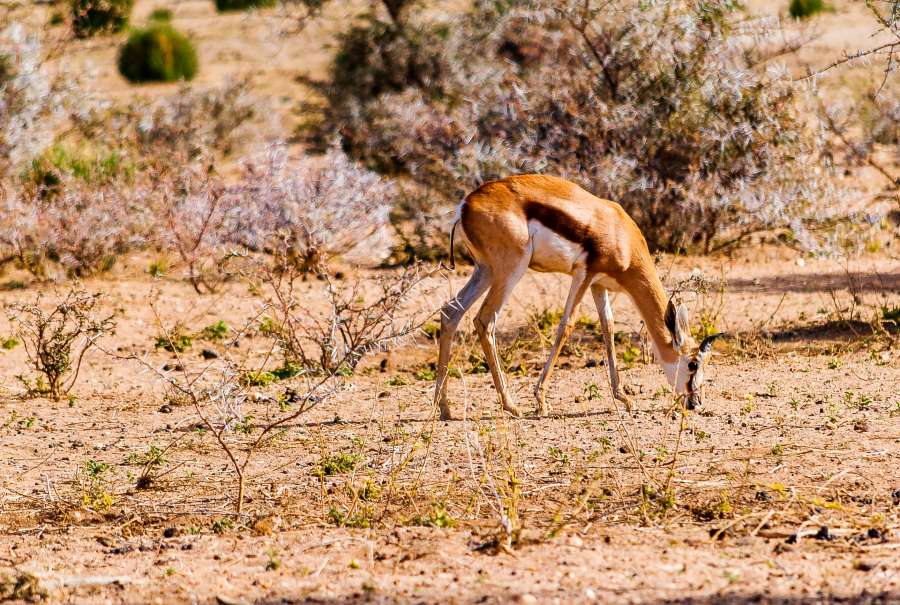
9. Stay safe at all times
An African safari is truly an amazing experience but it can also present a number of dangers if you’re not careful.
First of all, you’re in the habitat of wild animals which means that doing something that makes them feel threatened can lead them into attacking you.
So while enjoying the wild, make sure that you adhere to the park rules to stay safe. Some of the tips for staying safe on a safari include;
- Do not leave the marked-out game paths if you’re self-driving.
- Follow all the rules mentioned above.
- Roll up the car windows if the wild animals are so close to your vehicle.
- Walk away slowly if approached by an animal during a walking safari.
- Carry a first aid kit for any emergencies that may arise. This first aid kit is small enough to fit in your safari day back but has everything you might need.
Related post: Safest countries to visit in Africa
10. Stay healthy while on an African safari
While enjoying your first African safari, don’t forget to take care of yourself by staying healthy. Though it might be a bit hard to do on a game drive, there are a number of useful things that will help you achieve it.
Some of the tips for staying healthy on a safari include;
- Stay hydrated at all times. Carry a bottle of water to make sure you don’t run out. This travel compressible water bottle is perfect for an African safari.
- Take a mosquito repellant or antimalaria tabs. Malaria is still quite common in Africa despite the fact that each African government is doing everything possible to eradicate it. You can opt for this insect-repellant and consult with your doctor for anti-malarial tabs.
- Don’t allow yourself to get burned while on a safari, have sunscreen with you
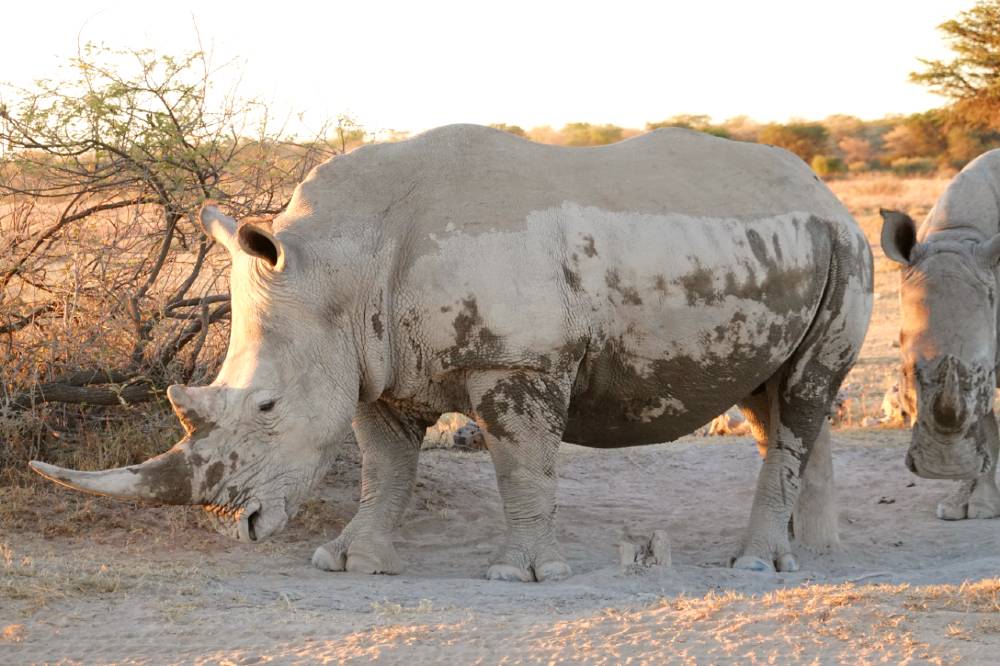
11. Do not miss the sunset game drive
Just like the early morning game drive, a sunset drive also presents higher chances of animal viewing.
This is because the heat of the day is gone and now the animals can come out of the shade making it easy to spot them.
Related post: The most famous landmarks in Africa
12. Take Binoculars
Binoculars are an essential item while on an African safari. They will help you get a good view of that far-away animal or bird that you can’t easily get to.
Though some people choose to improvise with their zoom camera lenses, I still believe that binoculars are way better. I remember I got soo jealous of people who had binoculars on my first safari.
This kind of binocular with a large Eyepiece and BAK4 FMC Lens will be perfect for an African safari. Since it’s on the high end of the budget, you can check out a variety of other binoculars from here if you’d prefer something cheaper.
13. You don’t have to wear Khaki from top to bottom
I know, you’ve probably read a number of articles online that say that you have to wear Khaki clothes all through. But no, it’s not necessary and there is no such rule.
In fact, I’ve never worn khaki attires on any of the African safaris I’ve been to and I’ve never had any issues at all.
However, though there is no rule about which clothes you should wear, you should stay away from bright-colored clothes.
Bright pink or orange clothes are not a good idea as they easily attract animals due to their sharpness hence making the animals curious and probably end up coming near you which can be risky.
So regardless of what you wear, stick to neutral-colored clothes. This tip is especially important when going for a walking safari.
Actually, even your tour guide will tell you in advance not to wear bright-colored clothes.
Some of the clothes to wear on an African safari include,
- Convertible pants . These breathable and light convertible pants are perfect for an African safari. If the heat gets too much, you can just zip off the legs, and if it gets cold, wear it as full pants.
- Columbia short-sleeved saf a ri shirt for men . It is comfortable and you’ll still look ”stylish” even when on a safari.
- You can pack a few Merino wool T-shirts . These ones for women and these for men will guarantee you extra comfort while on a safari.
- I am not really a fan of dresses or skirts while on a safari. So a pair of these leggings or convertible pants work well for me.
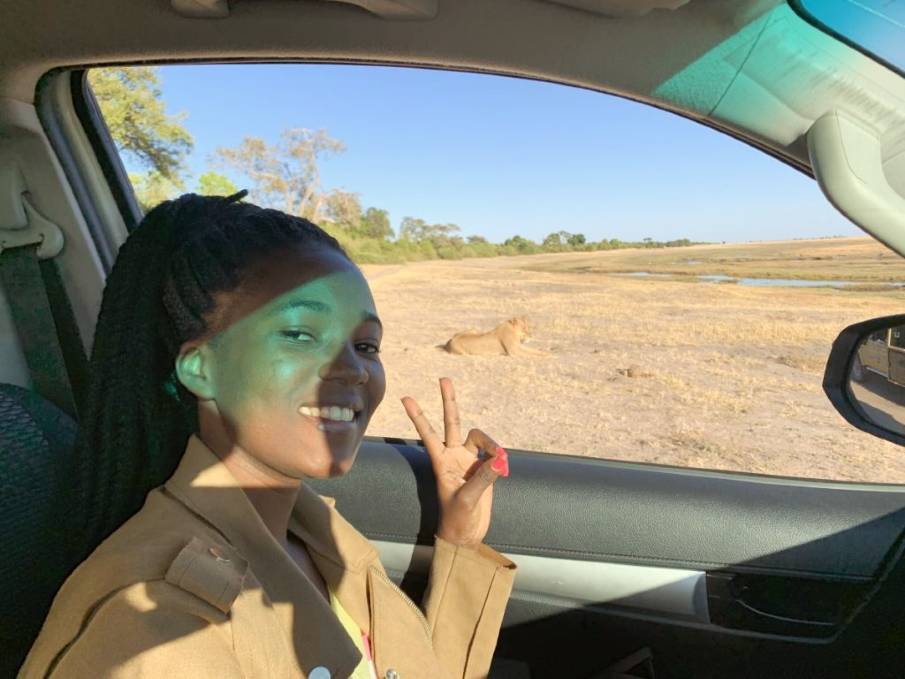
14. Take all the essentials
While going for an African safari, there are some things that should not miss in your daypack. These will help you stay refreshed and will protect you from the sun while enjoying Africa’s beauty
Some of the things that should be in your safari daypack include;
- Sunscreen: There is no doubt that Africa’s sun is incredibly hot, especially in countries near the equator. So make sure that you take sunscreen that has an SPF of 50+ to avoid burning. Buy the sunscreen before you go because it can be very pricey in Africa.
- A safari hat: I will admit that I am not a huge fan of a hat. In any case, my hair is always huge to be accommodated by the hat but it’s very helpful in blocking away the sun. This kind of safari hat will definitely make you feel like you’re rocking the wild while blocking the sun.
- Sunglasses: While still talking about the African scorching sun, take these polarised sunglasses to protect your eyes at all times.
- Chapstick: I can guarantee that your lips will dry while on a safari. So make sure that you take this chapstick to prevent that from happening and keep your lips moisturized.
- A compressible water bottle: Staying hydrated while on a safari is paramount. So carry this compressible water bottle to refill it before you head out into the wild.
- Bug spray : Don’t leave a bug spray while heading for a safari. Remember that you’re headed into the habitats of bugs so you should have something to protect yourself.
- A proper daypack: You’ll need a good daypack where all the above items will fit in easily. I recommend taking this Osprey daypack as it is small, light, and durable.
Those are some of the essentials you should have before you head into the wild but you can check out this complete Africa packing list to prepare fully.
15. Keep it quiet
I know the excitement of seeing your very first African animal especially if it’s one of the big five can be through the roof.
I mean I’ve seen them so many times but I still get excited every time I see one. So its totally understandable to be extremely excited but don’t let it go out of hand to the point of screaming,
Yes, some people scream when they get excited but this is the place where you have to contain it.
Always keep it low while talking with others and don’t try to scream at the animals.
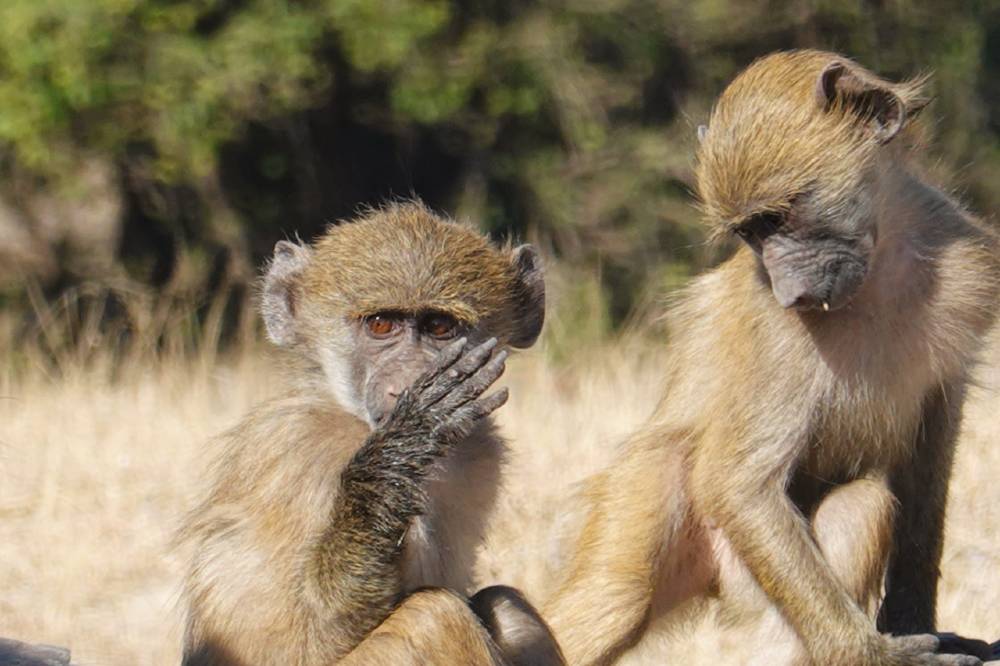
16. Respect the wildlife
Just like someone coming into your home, you’d expect them to be respectful and the same applies here.
As a guest in the habitats of the wildlife, you ought to be respectful of the wild.
This ranges from not littering around – it’s actually sickening to see people dumping trash in national parks and reserves. Don’t be that guy that I will give a ”what the hell are you doing ” kind of look.
Also, don’t try to manipulate the animals by acting inappropriately. I’ve seen some people make noises with their cars so that the elephants can trumpet.
Literally disorganizing the elephants for their own pleasure. But hey, don’t start running if they lose their cool and decide to charge you.
17. There is no guarantee that you’ll see the animals
One of the other things to know before going on a safari is that you’re going into a game park, not a zoo where animals are waiting for you.
Here, you’ll have to look for them which means that there is no guarantee that you’ll actually see them.
Though you’ll see some animals like elephants, and antelopes since they’re literally everywhere but big cats, not so much yet those are the ones everyone is always looking forward to seeing.
But if you don’t see all the big five on your first safari, don’t let your entire trip get ruined.
There is always a chance to see them on the next safari as almost all game drives present something different.
18. Where you stay during your safari matters

One of the things to know before an African safari is that where you choose to stay matters.
Not all the most expensive tented camps and lodges are in the perfect place. However, this also depends on what you’re looking for as an individual.
Whether you’d want to be able to see some wild animals close to where you’re staying or not which I bet you do since that’s the reason you went on a safari in the first place.
Some places are more likely to have animals nearby than others. So make research to find the perfect location.
To give you an example, while on game drives in Botswana , I never saw any Hyenas, but it showed up right at our campsite in the night and I finally got a chance to see it.
Elephants were daily visitors to our campsites and Hippos showed up once in a while. This goes to show that where you choose to stay impacts your first safari in Africa quite a lot.
On the other hand, lodging somewhere far from where wild animals are largely concentrated would mean that you always have to make long drives before you can start seeing anything.
So decide on where to stay during your African safari keeping those factors in mind.
19. Enjoy your first African safari
Lastly, enjoy the safari. Africa has soo much beauty that you have to enjoy every chance you get.
Be open-minded and friendly and I guarantee you’ll have the best experience ever.
Try to immerse yourself in the African culture, and be more understanding instead of focusing on the negatives. And when something goes wrong, don’t let it ruin your entire trip.
There you have it, folks! I hope that these tips for an African safari prepare you well as you encounter Africa’s wildlife for the first time.
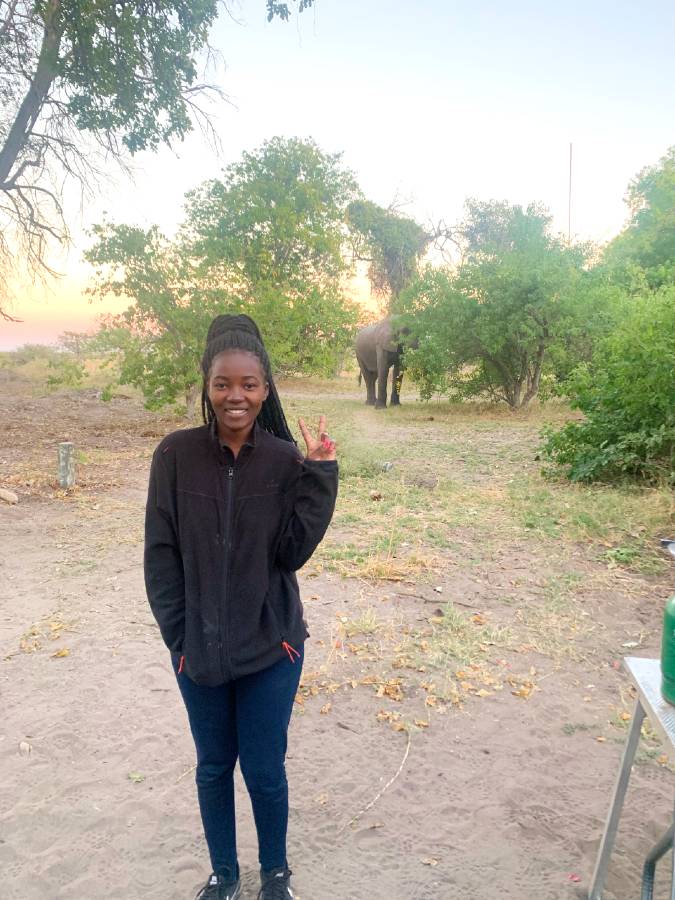
Ready for your African Safari trip, here are other things you should pack
Travel insurance.
It would be a mistake to travel to Africa without travel insurance. Anything can happen on the dusty road of Africa or in chaotic cities.
So make sure that you and you’re items’ safety is guaranteed by buying travel insurance.
Most travelers love World Nomads travel insurance as it’s easy to get a quote and the claiming process is not a rat race.
The other advantage is that it works in over 130 countries including those in Africa.
Universal travel adapter

Instead of taking different adapters for each African country which is very impractical and expensive, you’re better off taking this universal travel adapter.
Portable Power bank

Before going to Africa, make sure that you have a power bank like this so that you stay connected even on the go when your battery phone dies.
Microfiber travel Towel

I recommend taking this microfiber travel towel since it is lightweight, dries quickly , and is very absorbent. It’s much better than carrying heavy cotton ones.
Africa Lonely Planet Guide book

Get a general insight into Africa from experts by getting yourself a copy of this Lonely Planet guidebook .
Personal water filter

Safaris in Africa can mean going to places where it’s hard to get clean drinking water. So carry your own travel water filter to purify the water before drinking it.
Collapsible water bottle

In that same manner, carry yourself a water bottle so that you can refill it every time it runs dry.
This travel water bottle is collapsible and light which means that it won’t take up a lot of space in your backpack. Taking a water bottle will also reduce the use of disposable plastic bottles which is great for the environment.
Final Thoughts on What to Know Before Going on An African Safari
As I wrap up my essential Africa safari tips, remember that your trip will be as incredible as your preparation.
An African safari requires careful planning, respect for nature, and an open mind ready for unforgettable experiences.
With these practical Africa safari tips, I have no doubt that you’re now better equipped to handle the unique challenges and opportunities that await.
So, stay vigilant, respect the rules, and remember to soak in every moment of your adventure whether positive or out of your comfort zone. After all, an African safari is more than just a trip; it’s a once-in-a-lifetime experience, at least for most people!
More posts to inspire your wanderlust in Africa
- Safest countries in Africa
- Best countries to visit in Africa
- Bucket list adventures you must go on in Africa
- Tips for Backpacking Africa
- Essential tips for traveling to Africa
- Uganda destination guides
- Egypt destination guides
- Botswana destination guides
Was this post on the best safari tips for Africa helpful? Then Please pin it
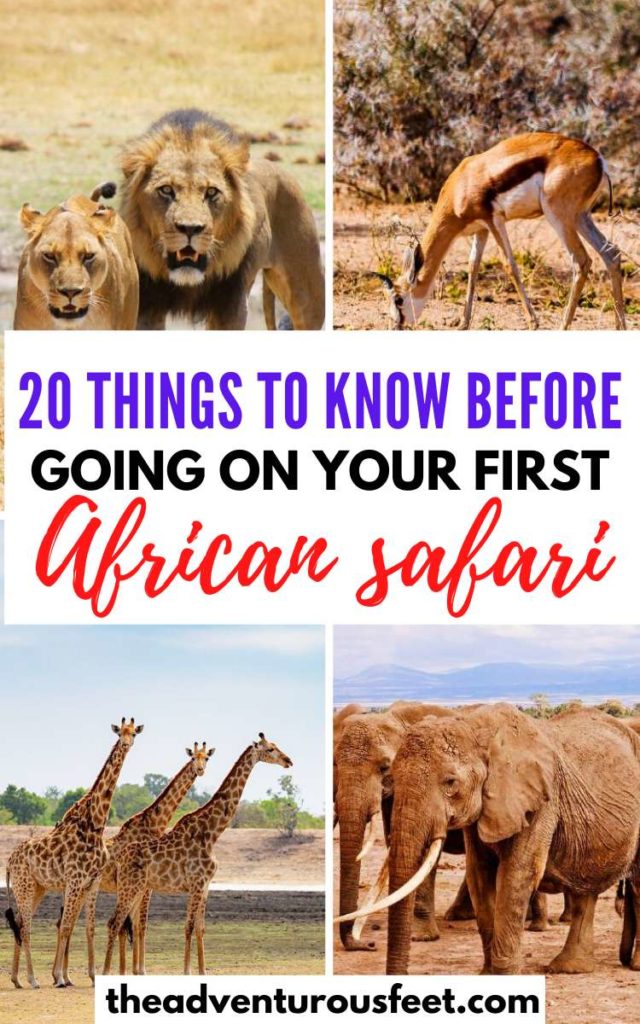
Similar Posts

10 Best things to do in Kampala, Uganda
Want to spend some time in Uganda’s capital and you’re wondering what to do, here are some of the best things to do in Kampala that you should add to your Uganda itinerary. Commonly known as the city of seven hills, Uganda’s capital, Kampala has increasingly become a popular (or rather an inevitable) stopover while…
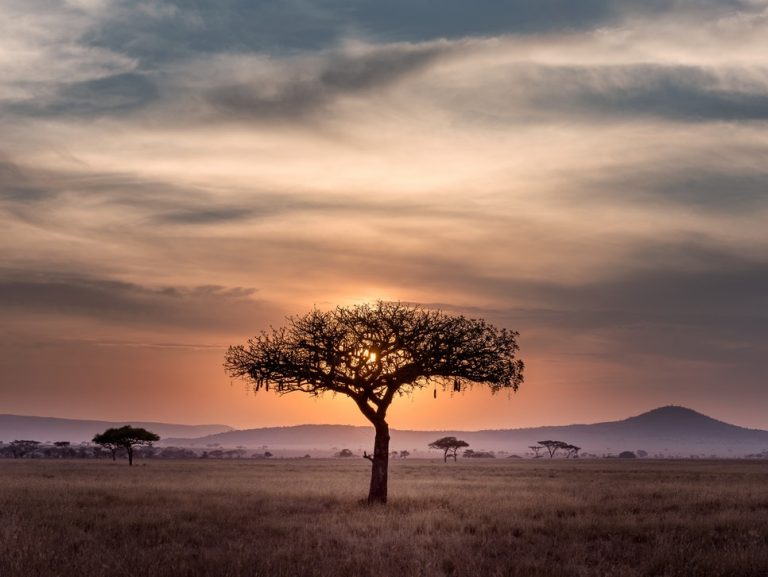
The top 13 safest African countries to visit
Looking for places to travel to in Africa, here is the list of the safest African countries to visit for an adventure of a lifetime. Before traveling to Africa, travelers, especially from Europe and North America, question whether it is safe to travel to Africa. It is no surprise that they question the continent’s safety…
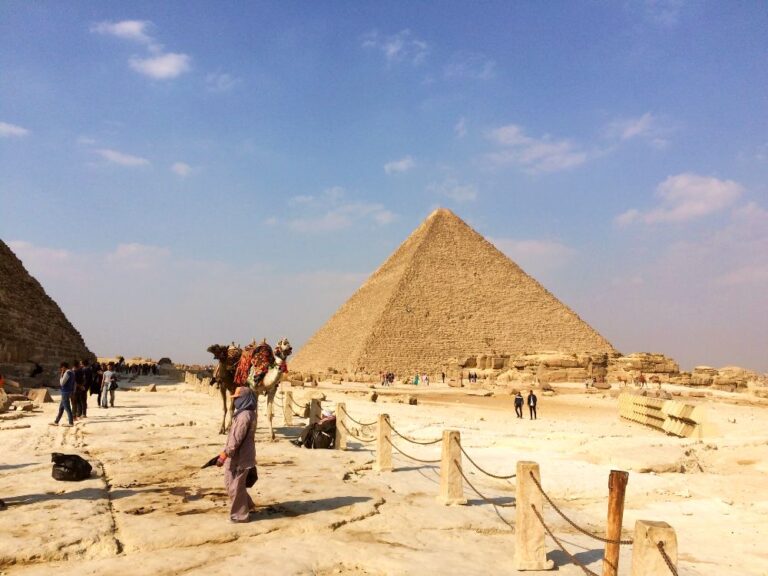
Backpacking Egypt: 16 Things you should know before you go
Planning to backpack Egypt? Here are the best tips for backpacking Egypt that will give you everything you need to know before your trip and how exactly you should behave When you think of a country that has it all (literally) everything, think Egypt. Between the impressive historical Egyptian landmarks that we all studied about…
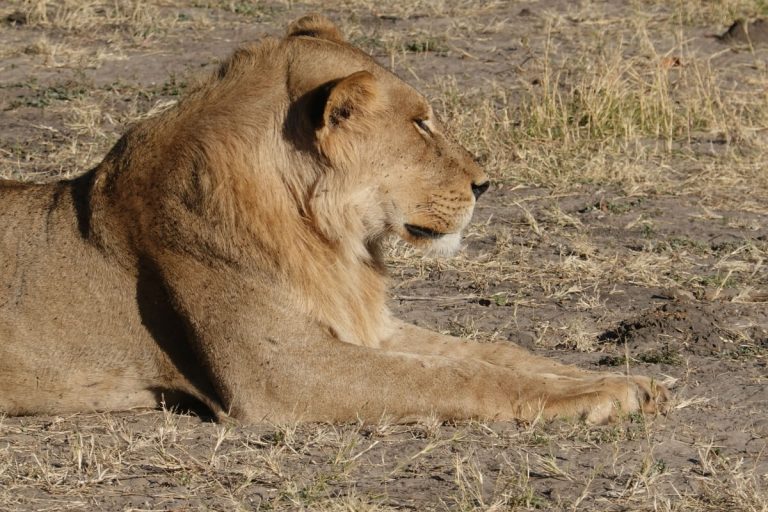
The complete guide to a safari in Chobe National park in Botswana
Panning to go for a safari in Chobe National park in Botswana? Here is a comprehensive guide to Chobe national park that will give you all the information to plan your safari. Located in the North of Botswana, Chobe was declared a national park in 1967 and it spans an area of 11,700 square kilometers…
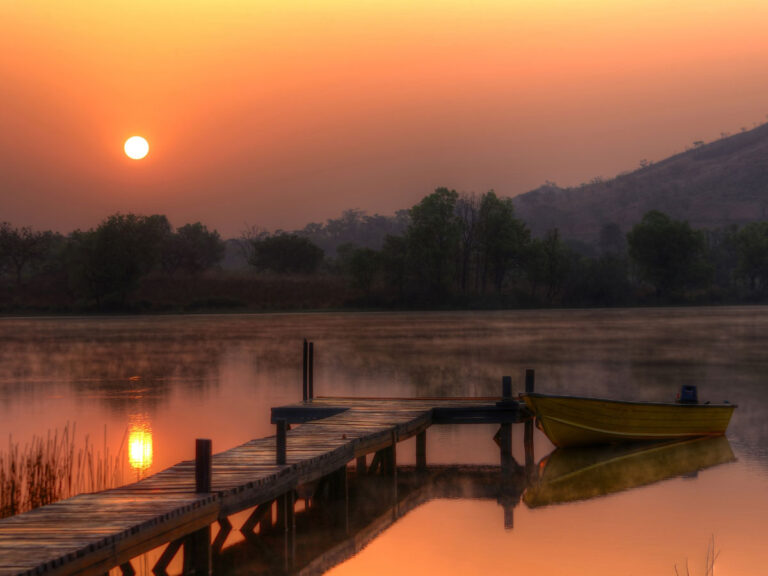
16 Best Honeymoon Destinations In Africa For a Romantic Getaway
Looking for honeymoon destinations in Africa to whisk your loved one to? From the desserts of Morocco to safaris in Masai Mara, these places will wow you! Those who seek romance may think that the safari paradise, Africa, is only suitable for adventurers and explorers. The reality, however, conjures up stunning gems of nature such…

Self drive Botswana Itinerary: How to spend 3 weeks in Botswana
Botswana is a perfect destination for a self drive safari. With amazing wildlife, beautiful scenery, it is an ideal safari getaway for travelers who want to experience an African safari like no other. Being a big country with so many places to visit, it can be a bit tricky to craft the perfect 3 weeks…
Dear Esther Thank you for your good website and sharing your experiences. I am planing a trip to Kenya and I used a lot from this page. According to my time and budget, I am going to take a safari in Masai mara and choosing on of the lake Nakuru or Naivasha. According to your experience, which one is better in terms of view,sightseeing and which one is better for relaxation? Is there is there a boat riding option in Nakuru? Thanks a lot
Great and well written travel blog. Thank you very much for sharing such a great guideline.
Thanks for this great checklist. Although I’m originally from South Africa I can sadly say I’ve never been on a safari. Very disappointing I did go to Addo elephant park many years ago but I know realise living abroad how much I should’ve taken advantage of the great animal beauty on my doorstep. Definitely keen to visit North Africa for some incredible safaris in the future.
Thank you for your kind words Kaylini. It’s unfortunate that you weren’t able to go on any safaris but hopefully, in the future, you’ll be able to enjoy the amazing safaris in Africa.
Leave a Reply Cancel reply
Your email address will not be published. Required fields are marked *
Maps & Merlot
African Safari Travel Tips: 20 Top Things to Know Before Going on Your First Safari
Welcome to the wild and wonderful world of African safaris! If you’re anything like me, you’ve probably dreamed about going on an African safari for as long as you can remember. The thought of being immersed in the breathtaking landscapes, encountering majestic wildlife, and creating unforgettable memories is simply irresistible. Well, guess what? I FINALLY had the opportunity to embark on my first safari, and let me tell you, it was an experience like no other. But here’s the best part: I learned so much along the way, and now I’m here to share my top 20 African safari travel tips with all of you.
From picking the right time to visit to packing the right gear, and from capturing jaw-dropping photographs to avoiding the less pleasant nuisances (dust, malaria), these tips will help ensure that your first safari is nothing short of extraordinary. So, grab your binoculars, pack your khaki, and join me as we delve into the 20 things you need to know before going on your first African safari!
This post may contain affiliate links.
Overview: African Safari Travel Tips
In case you need it, here are your top African safari travel tips and the best things to know before going on your first safari. I get into loads of detail below, but keep this list as a cheat sheet!
- Pick the Best Time to go on Safari
- Plan for At Least 1 Week
- Incorporate a Rest Day After Your Flight
- Plan for Laundry
- Dress the Part
- Prepare for Cold, Heat, Rain, & Sun
- Purchase (or Rent) Quality Camera Gear
- Take lots of Photos
- Bring Binoculars
- Decision Time: Private Guide vs. Group
- Wake Up Early
- Bathroom on Safari
- Prepare for Dust
- Be Medically Prepared
- Enjoy Sundowners
- Patience is Key
- Communicate with Your Guide
- Bring Cash for Tips
1. Pick the Best Time to go on Safari
Choosing the best time to go on safari is a key factor in ensuring an incredible wildlife experience. I went to Tanzania in the first week of September, precisely when the Great Migration of wildebeest was putting on its grand show across the Mara River. From July to October, millions of wildebeest, zebras, and gazelle journey across the Serengeti in the “Great Migration.” But the real showstopper is the river crossing—wildebeest braving crocodile-infested waters and avoiding rampaging hippos. One word of advice, though: during popular times like the Great Migration, top safari lodges and tour operators can fill up over a year in advance.

However, it’s important to note that the best time to go on safari may vary depending on the specific wildlife sightings you desire and the region you plan to visit. Each season and month offers unique experiences and opportunities, from calving season to the epic river crossings.
In general, the dry season, which typically occurs in winter months, tends to be high season; vegetation is thinner and wildlife tends to congregate around water sources, making animals easier to spot. However, it’s worth noting that the dry season can also be the busiest and most expensive period, as it attracts a larger number of tourists.
On the other hand, you have wet season, which typically occurs in the summer months. The landscape becomes lush and vibrant, and you have more newborn animals. For example, wildebeest calving season usually occurs in the Southern Serengeti in the January-March timeframe, so if seeing baby wildebeest is your ultimate goal, this is your time to go! Although game viewing can be more challenging due to thicker foliage, the wet season tends to have fewer crowds and lower rates for accommodations.
2. Plan for At Least 1 Week
Stay longer than you think! When it comes to going on an African safari, it’s crucial to allocate enough time for your adventure. While you may be tempted to squeeze it into a few days, trust me, you’ll want to extend your stay. The captivating landscapes and incredible wildlife sightings deserve more than just a fleeting visit – every day is different and catching sight of the animals in their natural habitats almost becomes addicting!
I’d recommend allocating at least a week to your safari adventure. Plus, the flights from the US tend to be ridiculous (I think ours was around 30 hours), so I definitely was not in any hurry to get back on the plane and rush home. You won’t regret it, and your safari experience will be all the more rewarding.
3. Incorporate a Rest Day
After a long journey to Africa, it’s essential to allow yourself some time to rest and adjust to the new time zone before embarking on your safari adventure. Consider scheduling a rest day upon arrival to recharge your energy and acclimate to the surroundings. Use this day to relax, explore the area, and get a sense of the local culture. It will ensure that you start your safari feeling refreshed and ready for the incredible experiences that lie ahead.
I am usually not one to pencil in a rest day, but I cannot stress this enough. I landed at 10pm the night before and in no way would have been ready to go on safari the following day. Instead, I caught up on sleep, enjoyed a fresh breakfast, and then spent some time at Kikuletwa Hot Springs. If you’re going on safari in Tanzania and flying into Arusha, I would highly recommend this as a chill day 1 option. This is one of the key African safari travel tips for first-timers.
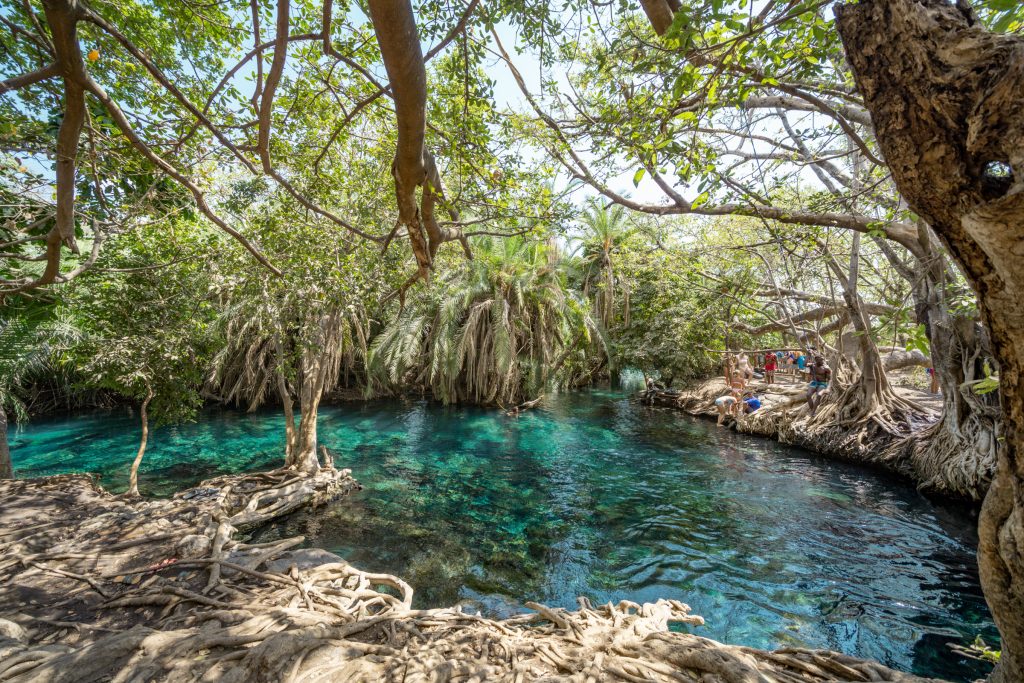
Recommended Tour : Kikuletwa Hot Springs Tour
4. Pack Light
When preparing for your African safari, it’s essential to pack light and efficiently. Keep in mind the baggage allowance on bush planes, as they often have strict weight restrictions. The restrictions also vary by airline. Some allow 15kg (33 lbs), while others allow 20kg (44lbs); some are super strict about hard-sided bags, while others are more lenient. It is definitely worth to investigate in advance.
When packing, choose versatile clothing items that can be easily layered and re-worn. This allows you to maximize your outfit options while minimizing the amount of luggage you need to bring. Plus, some safari camps offer laundry services, so you can refresh your clothes during your stay. I was able to get laundry done mid-trip, so I really only needed a handful of outfits. Plus, you can easily re-wear pants day over day.

5. Plan for Laundry
Speaking of laundry…when it comes to laundry on safari, many hotels offer convenient laundry services to keep your clothes fresh and clean during your adventure. However, it’s important to note that for cultural reasons, the staff do not handle the washing of women’s undergarments, so you’ll need to take care of these items yourselves.
Keep in mind that in more remote or mobile migration camps, laundry facilities might not be readily available, so seize the opportunity to do laundry when it’s offered. I had access to laundry at both of my traditional hotels, but it was not available at the migration camp. Making the most of the available options ensures that you’ll be able to pack minimally and have clean clothing throughout your safari experience.
6. Dress the Part
Dressing the part for a safari is one of the most talked about African safari travel tips. When venturing into the wild, it’s important to dress appropriately to adapt to the environment and weather conditions. Go for lightweight, breathable clothing in neutral colors such as khaki, light grey, light blue, and olive green. These colors help you blend in with the environment. If you’re wondering how in the world to look cute while rocking khaki, don’t worry! I put together a guide on what to wear on safari for women .
Related Post : What to Wear on Safari for Women: 10 Cute Safari Outfit Ideas
Choose long-sleeved shirts and pants to protect yourself from the sun, bugs, and prickly grass. Don’t forget a wide-brimmed hat to shield yourself from the sun’s rays and questionable hair days! Comfortable closed-toe shoes are a must for walking safaris, and I also preferred them even on game drives for whenever I exited the vehicle (bathroom time). Layering is key as temperatures can vary throughout the day, so pack a fleece for chilly mornings or evenings.
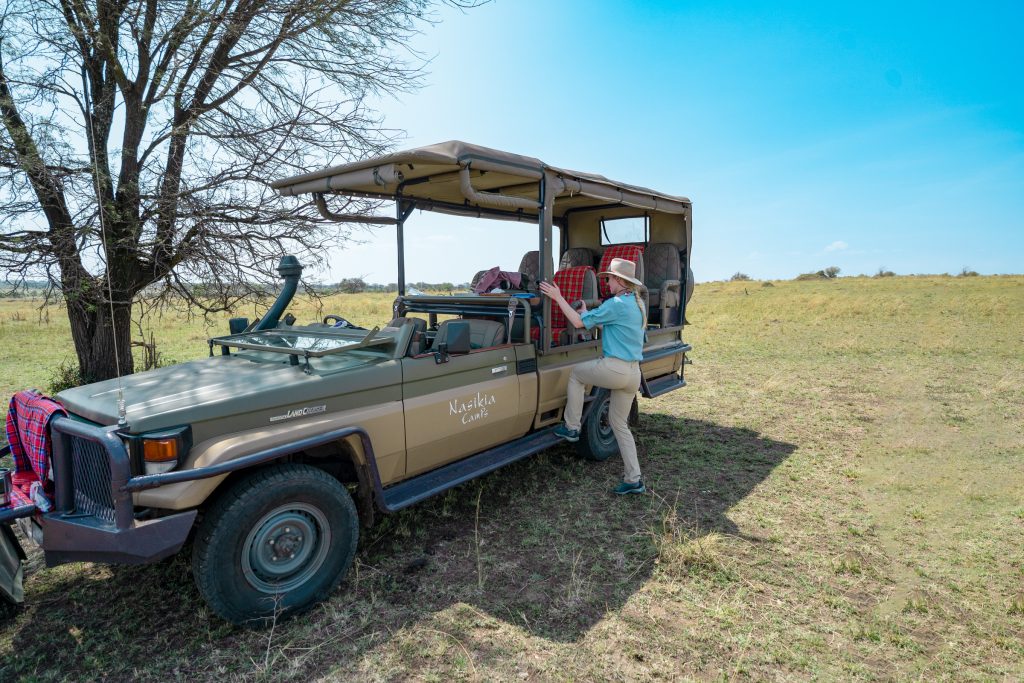
7. Prepare for Cold, Heat, Rain, & Sun
Africa’s climate can be unpredictable, so it’s crucial to come prepared for all types of weather conditions. While the days may be warm and sunny, the evenings and early mornings can get quite chilly. Pack a mix of lightweight and warm clothing, including long-sleeved shirts, fleece jackets, and a good pair of comfortable closed-toe shoes. Don’t forget a hat, sunglasses, and sunscreen to protect yourself from the African sun. Additionally, pack a raincoat in case of sudden rain showers.
During my time in Tanzania, I can confirm that I experienced 40 degree swings in temps during a single day, sudden downpours, tons of dust, and plenty of African heat. Being prepared for various weather scenarios ensures that you can fully enjoy your safari adventure, rain or shine.
8. Purchase (or Rent) Quality Camera Gear
Photography plays a significant role in capturing the magic of your African safari adventure. Invest in quality camera gear to ensure you can capture those memorable moments of hippos yawning, lion cubs playing, and rhinos charging across the Serengeti at sunrise (yes, we saw all of that!)
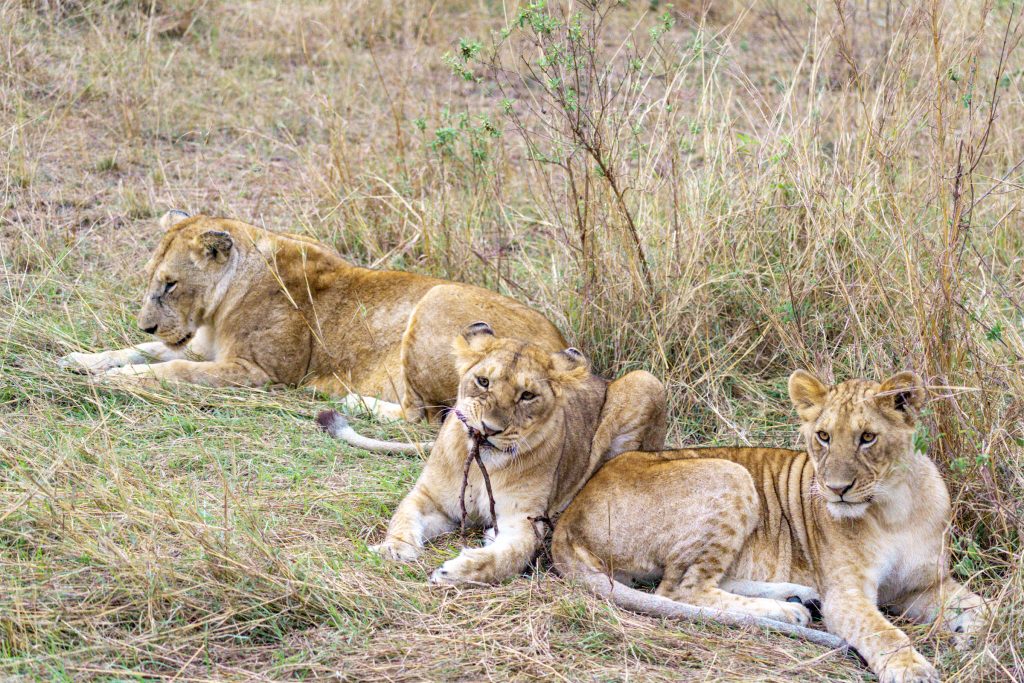
If you don’t have your own equipment, consider renting professional-grade cameras and lenses from reputable providers. Having the right gear will enable you to capture stunning wildlife shots and breathtaking landscapes. You may be tempted to quit your job and become the newest member of the Nat Geo photography team…I know I was! Make sure to familiarize yourself with your equipment before your safari, so you can make the most of every photographic opportunity. Safari photography is very different than my traditional travel photography (people and landscapes), so I’d definitely recommend exploring the best camera settings for safari photography and these African safari photography tips !
Related Post : Best Camera Settings for Safari Photography
9. Take Lots of Photos
Prepare to channel your inner wildlife paparazzi! On the first day of your safari, you might find yourself in a frenzy, snapping away at zebras like a camera-crazed tourist. And that’s perfectly understandable (and definitely what I did)! However, as the days go by and you’ve accumulated numerous wildlife photos, you’ll likely become more selective in snapping pictures. By the last day, the only times a zebra made it onto my camera roll was if it was an adorable baby, all fuzzy and irresistibly cute, and the one time when a zebra walked onto the airport runway in the Serengeti – that was a sight to see!
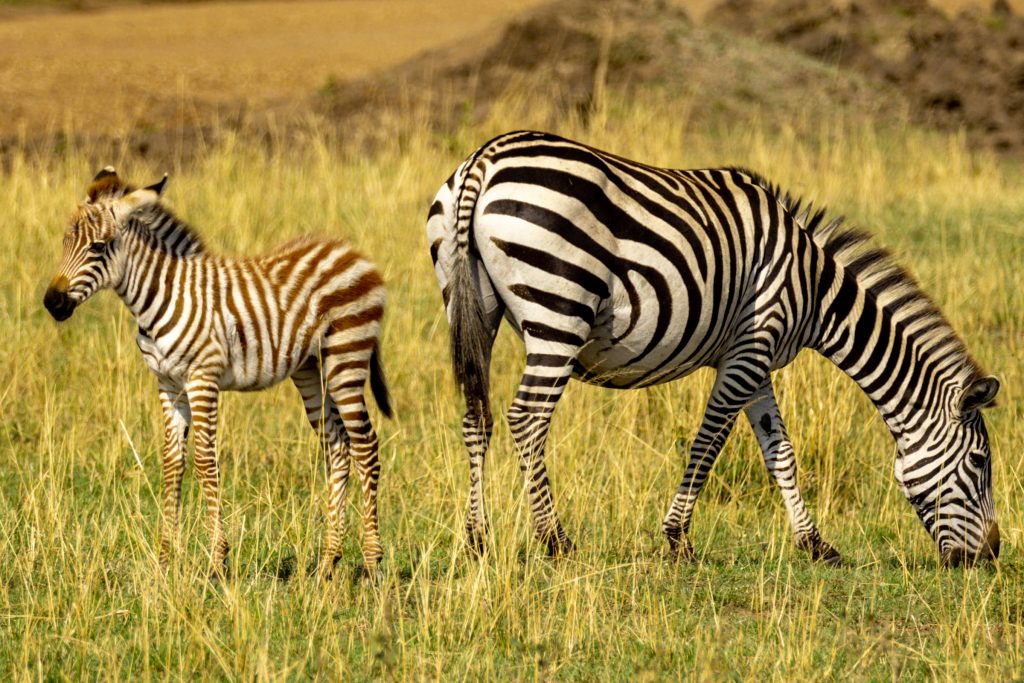
In any case, let your camera lens capture the extraordinary moments, the mischievous antics of wildlife (we got to see two male giraffes in a ridiculous neck-swinging fight over a female giraffe), and the jaw-dropping sunsets over the Serengeti. Get creative, experiment with different angles, and remember to take the time to appreciate the animals in person and not just through your camera’s viewfinder.
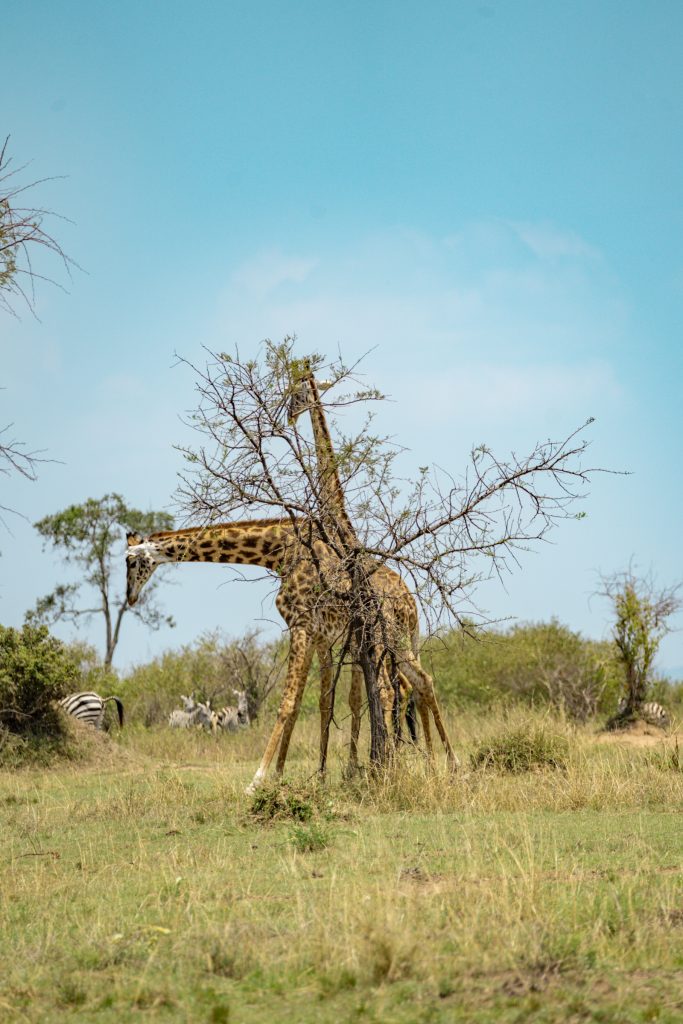
10. Bring Binoculars
Bringing a pair of binoculars on your safari is one of my top African safari travel tips. It allows you to get a closer look at the incredible wildlife that may be far off in the distance. Even with contacts, I have pretty horrendous eyesight, so my binoculars were an absolute lifesaver! We spotted our first lion through the binoculars and caught a good view of a leopard lounging in a tree, as well. Some safaris do provide binoculars for their guests, but it by no means a given, so I would recommend checking in before your safari.
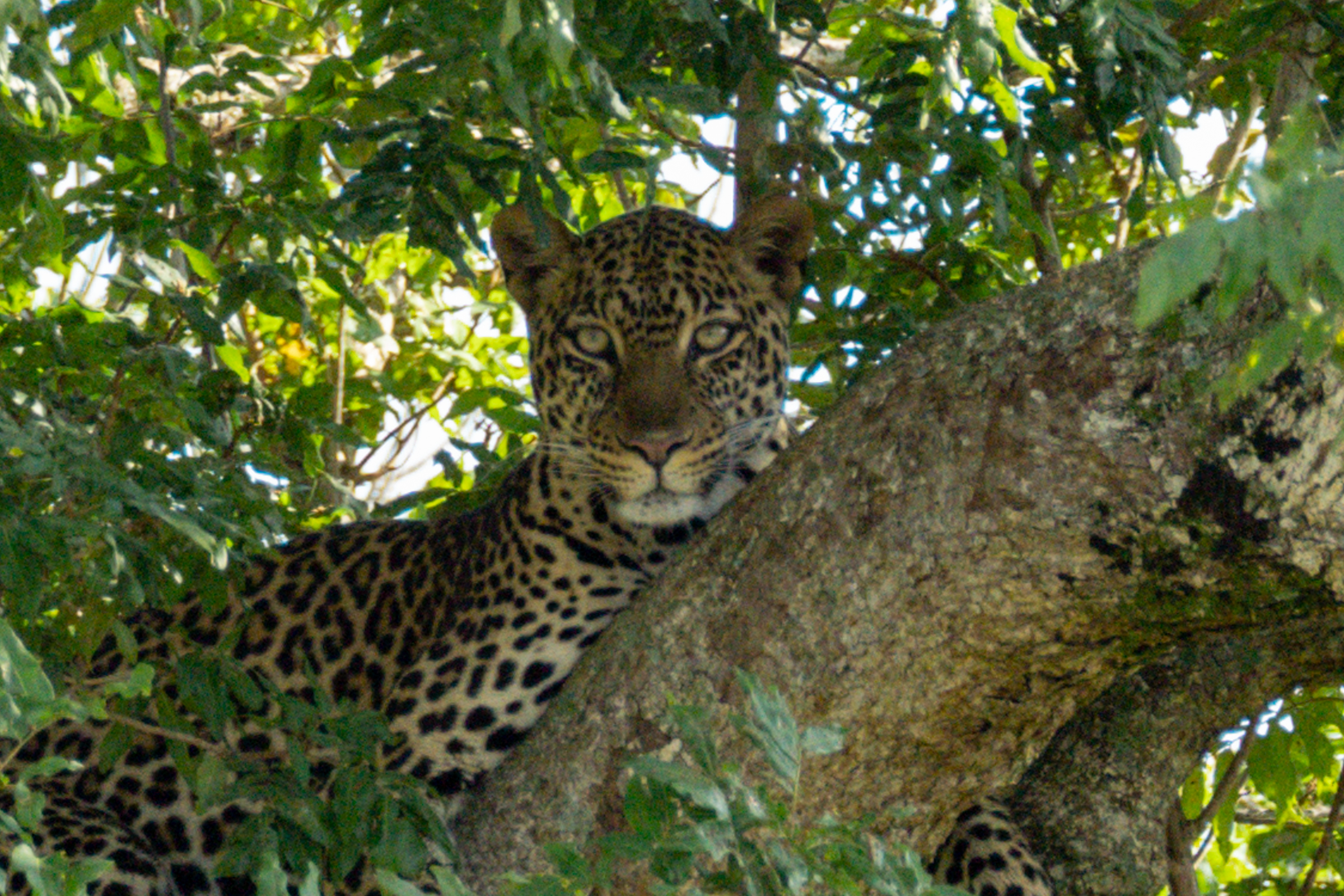
11. Decision Time: Private Guide vs. Group
When planning a safari, one important decision to make is whether to choose a private guide or group safari experience. Group safaris are typically slightly cheaper as the costs are shared among a larger number of participants. However, keep in mind that group safaris typically have fixed departure times and itineraries, which may limit your flexibility. Additionally, you’ll be sharing the safari vehicle with other travelers, all of whom may have different preferences. This can sometimes lead to compromises on the specific sightings or activities you’d like to prioritize. Another aspect to consider is the seating arrangement in the vehicle. With a group safari, you may not always get the best seat for optimal wildlife viewing or photography.
On the other hand, private safaris offer more freedom and flexibility. While they tend to be more expensive, you have the luxury of designing your own itinerary, choosing your preferred departure date and time, and tailoring the experience to your specific interests. You’ll have the vehicle all to your group, ensuring maximum comfort and the freedom to spend as much time as you desire at each sighting. For me, I decided on a private guide so that I could have all of the flexibility in deciding my itinerary. If you are comfortable with the higher budget, I would absolutely recommend this option.
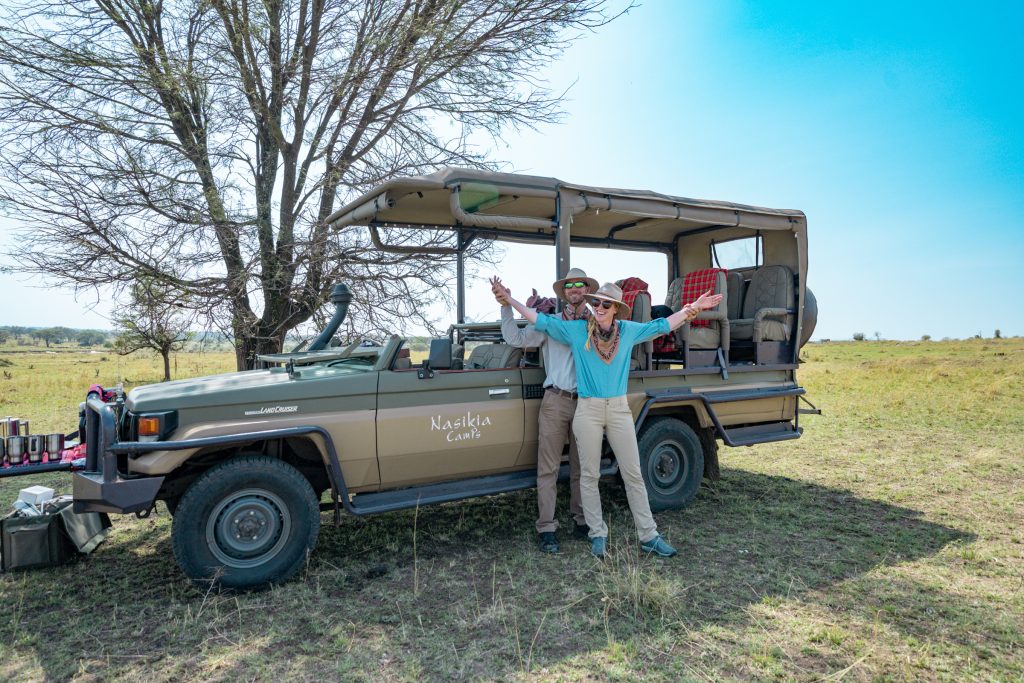
12. Wake Up Early
One of the most thrilling aspects of an African safari is observing wildlife in their natural habitat. Animals are most active during the early morning and evening, making these the prime times for game drives and wildlife viewing. Trust me on this…most times we saw lions during the day, they were stretched out and snoozing.
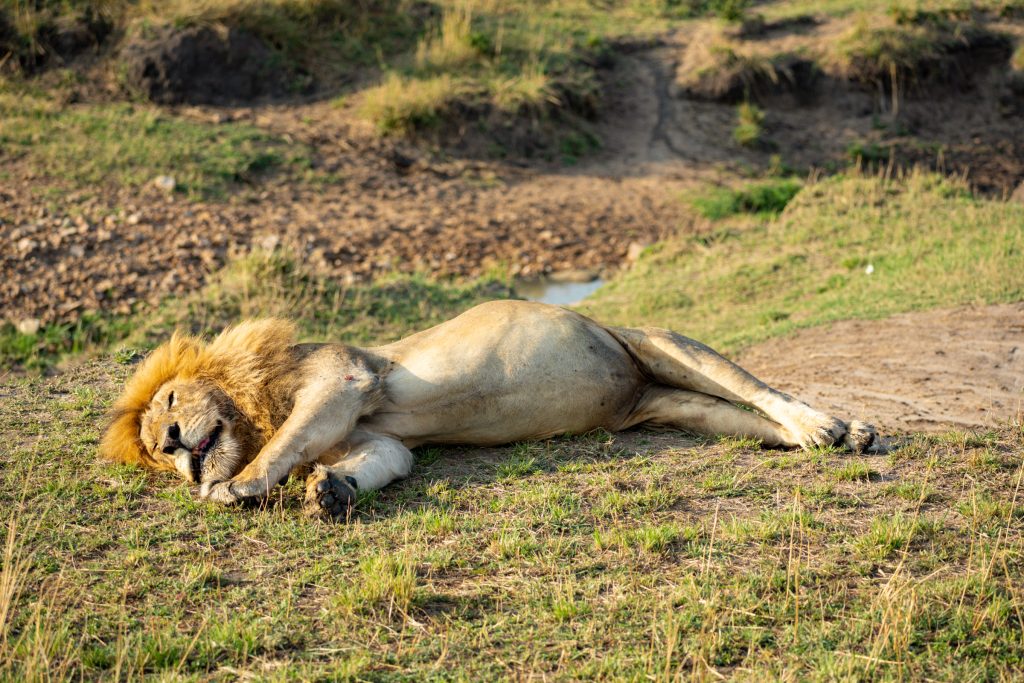
Set your alarm clock and embrace the early wake-up calls. By venturing out at dawn, you’ll have the chance to witness incredible animal behaviors, catch stunning sunrises over the Serengeti, and enjoy the peacefulness of the wilderness before the heat of the day sets in.
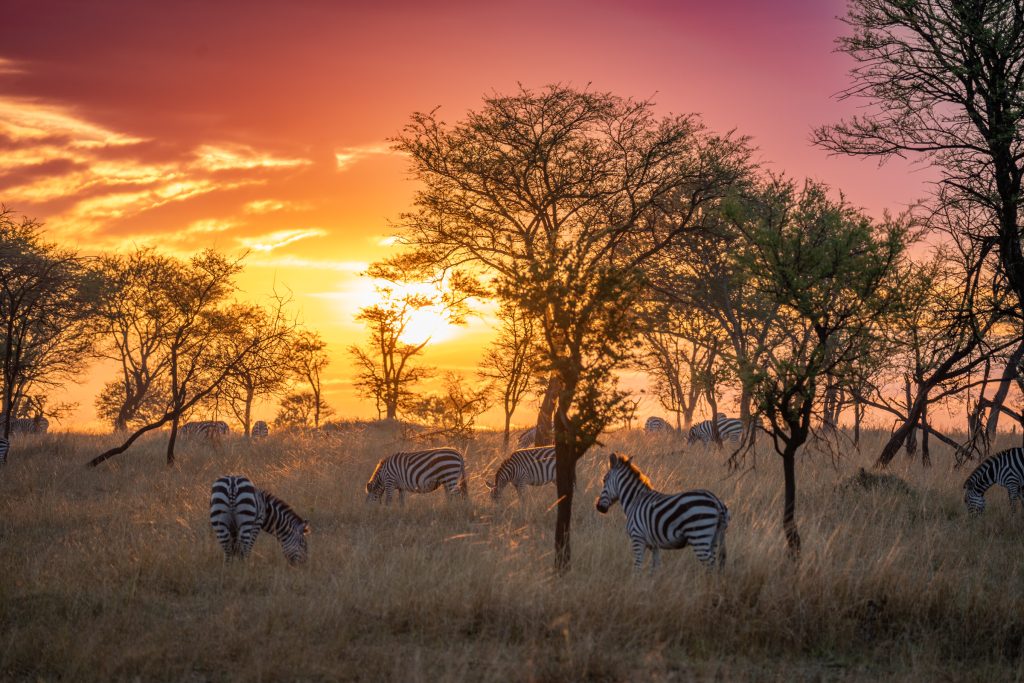
13. Bathroom on Safari
When nature calls on safari, it’s a unique experience that requires a bit of creativity. The bathroom situation in the wilderness is obviously quite different from the comforts of home. To give you an idea…my most common “bathroom” on the Serengeti was behind any number of tall termite mounds.
Remember, your safari guide is there to ensure your safety, and that even extends to bathroom breaks. Before bathroom breaks, they’ll scout the area to make sure it’s clear of any potential danger. Ladies, you might hear your guide suggesting to “pick a flower” as a discreet euphemism, while gentlemen may be asked if they’d like to “check the tires.” It’s all part of the adventure, so embrace the humor and follow their lead. Just remember to respect the environment and leave no trace behind.
14. Prepare for Dust
Dust, the not-so-glamorous companion on your safari adventure. As a contact lens wearer, I quickly learned the art of keeping my eyes protected from the ever-present dust. Carry extra contact lens solution, eye drops, and a spare pair of lenses, just in case. I’d also recommend keeping your sunglasses on – even when it’s not that sunny – they work great as an extra layer of protection for your eyes. A handy bandana is also helpful to pull up over your mouth during particularly dusty patches.
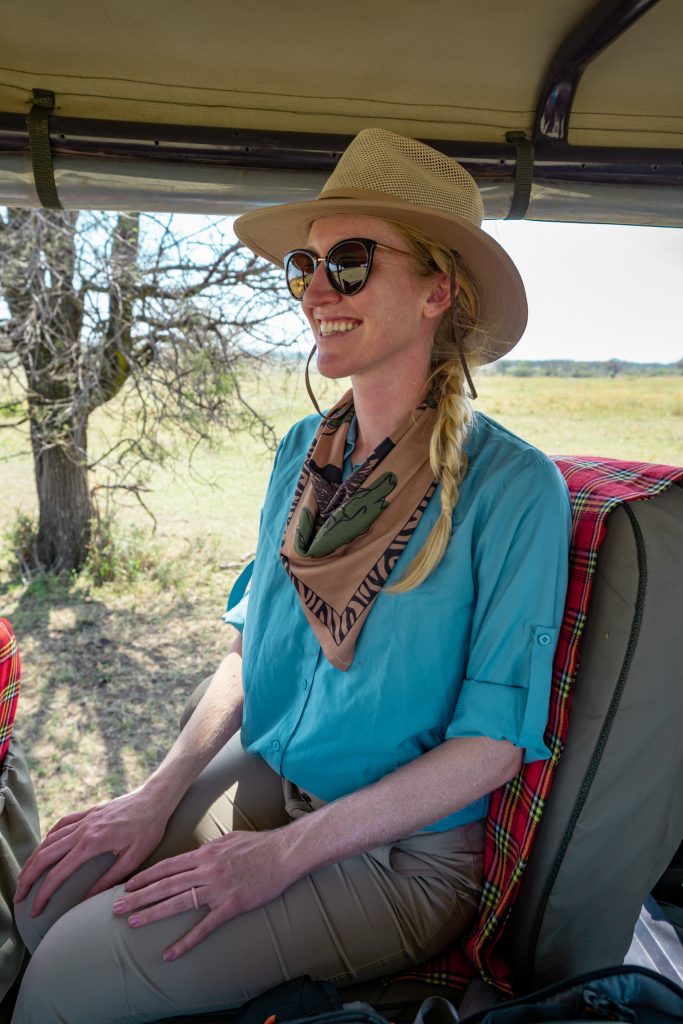
And don’t forget about your camera lenses! Dust has a sneaky way of finding its way onto them, causing potential smudges. Keep a lens cleaning kit in your day bag for quick lens cleaning, and keep your lens cap on when not using the camera. Remember, dust may be inevitable, but with a bit of preparation, you’ll be ready to conquer the dusty safari trails like a pro!
15. Be Medically Prepared
Being medically prepared is one of the key African safari travel tips for first-timers. Before your trip, make sure you visit a travel clinic or consult with your healthcare provider, and check the CDC’s recommendations to ensure you are up to date on any recommended vaccinations.
In addition, make sure to pack some bug spray to protect you from those pesky bugs and potential diseases they may carry. You won’t find a convenient CVS in the heart of the Serengeti, so it’s crucial to pack a well-stocked first-aid kit that includes essential items like band-aids, Cortaid, Advil, Pepto, and any personal medications you may require. Taking these precautions will provide peace of mind and ensure that you’re ready to handle any minor health concerns that may arise during your safari expedition.
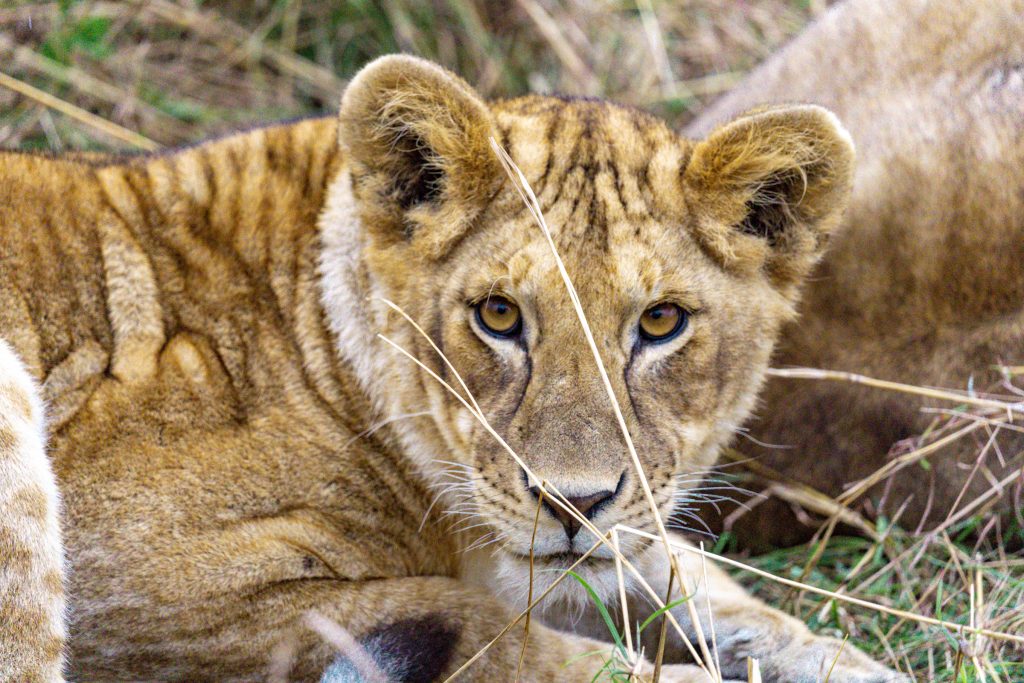
Like this post?! How about…
14 Outstanding African Safari Photography Tips
16. Enjoy Sundowners
Ah, the magical time when the sun begins its descent over the Serengeti. It’s the perfect moment to unwind and indulge in a tradition long cherished by safari-goers – the legendary “sundowners.” Picture this: sipping on your favorite beverage, feeling the gentle breeze on your face, and toasting to the day’s wildlife encounters. This was definitely one tradition I could get behind. Cheers to nature’s happy hour!
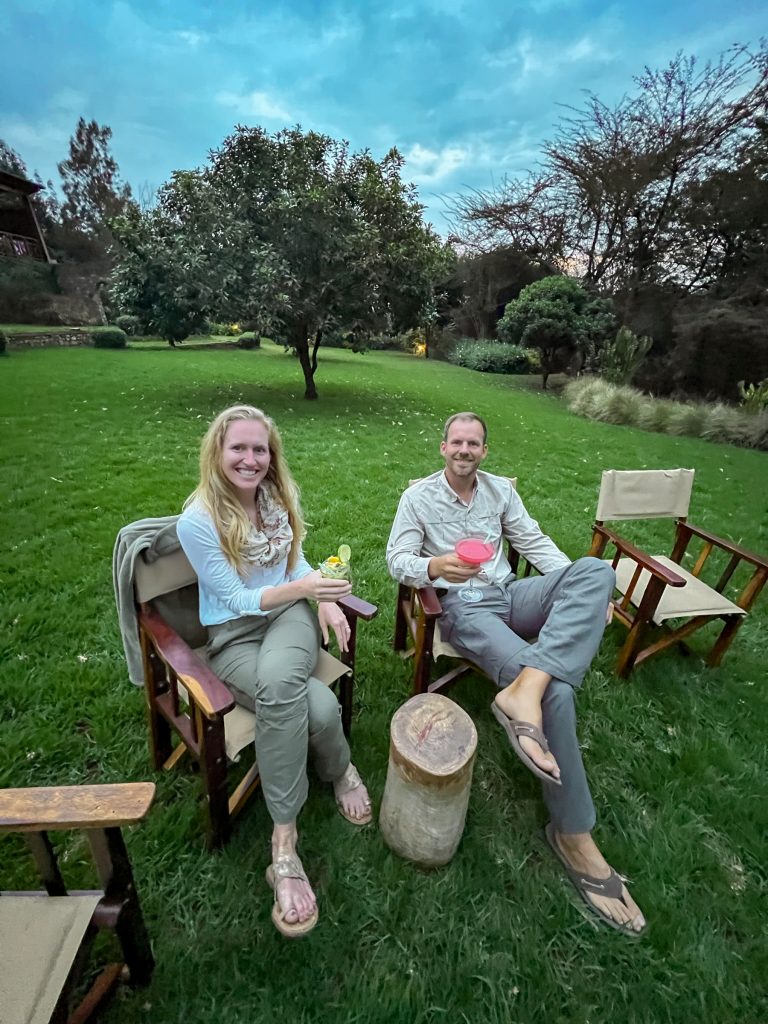
17. Snack Time
Snack time on safari is a delightful surprise that adds an extra touch of magic to your wildlife adventure. During my first game drive in Tarangire National Park, our safari guide announced a break for morning tea and snacks. I was totally unsure of what to expect considering that we were surrounded by water buffalo and in the middle of nowhere. Cue my surprise when we get hot tea, delightful biscuits, and more – all served on a checkered tablecloth! And it wasn’t just our first day…every morning and afternoon that we were out on safari, we were treated to a delightful spread for snack time. I was 100% on board with this custom!
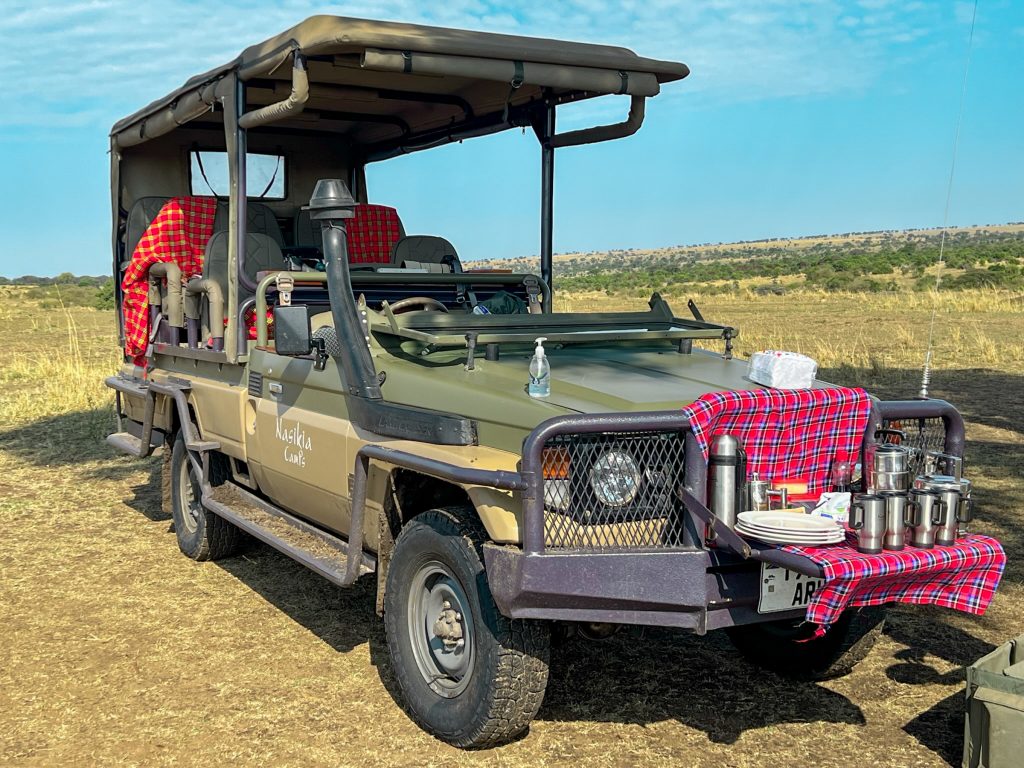
18. Patience is Key
When it comes to safari adventures, patience truly is key. Animals in the wild operate on their own time, and definitely don’t adhere to any schedule. It’s important to embrace this unpredictability and understand that the best sightings often come to those who wait. If you find yourself waiting at a specific spot during your game drive, trust that your guide has a good reason for it. Safari guides are experts in their field and have an uncanny ability to anticipate animal behavior.
To give you an idea…for the wildebeest river crossing (photo below), we waited on and off for nearly six hours! During that time, we would sometimes go and look at other animals, but we never strayed far from the river. We had seen smaller crossings while we were there, but this crossing was on a completely different scale with thousands of wildebeest all crossing at once. The crossing was a huge bucket list item for me, and I am SOOO glad that I had the patience to wait it out. Even if you impatient like me, remember that patience is one of the most important African safari travel tips.
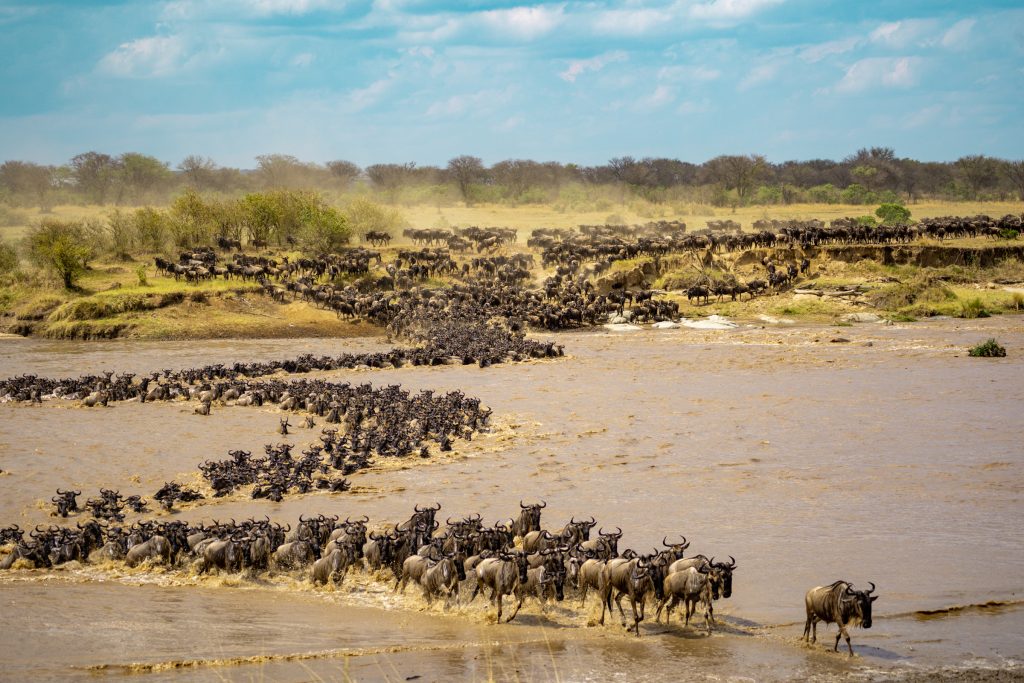
19. Communicate with Your Guide
When on safari, don’t hesitate to ask your guide plenty of questions. They are a wealth of information and have quite literally studied for years to become a guide. However, it’s important to be mindful of your surroundings and respect the environment. You do not want to be “that person” who disrupts the tranquility by loudly calling out or making unnecessary noise at inopportune times. Instead, observe quietly and engage with your guide at appropriate moments.
Aside from learning from your guide, you also need to respect your guide and follow all safety rules. Respecting the instructions of your guide ensures that you navigate the safari experience in a way that minimizes potential risks. Safari guides are well-versed in reading animal behavior and will maintain a safe distance to ensure that the animals’ natural behavior is not disturbed while still working to provide you the best safari experience possible. Remember that we are guests and need to respect both the animals and their environment.
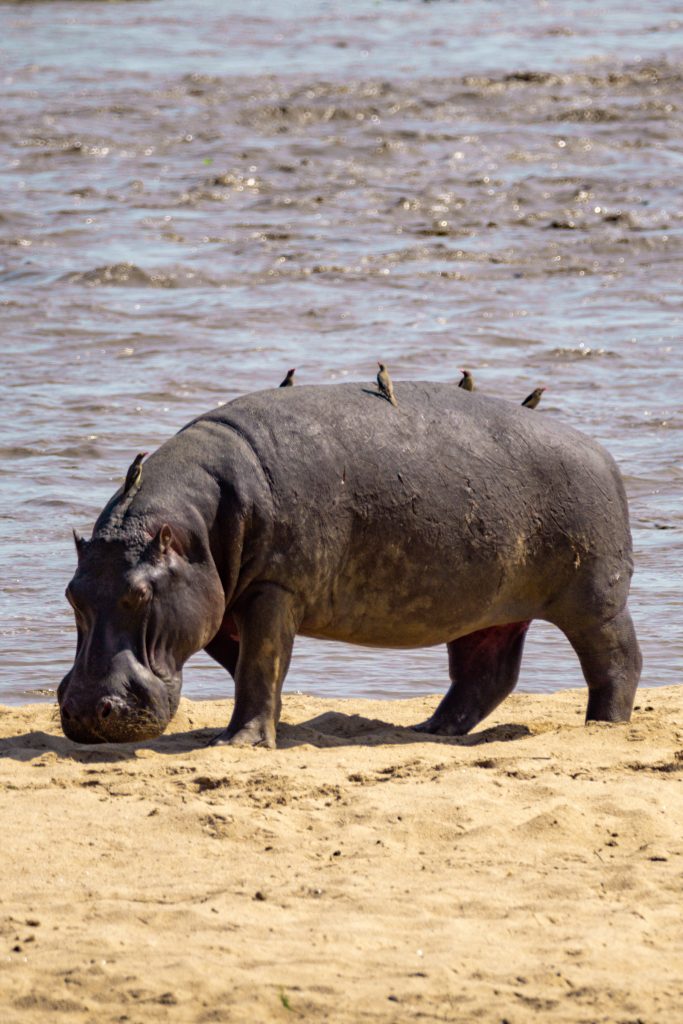
20. Bring Cash for Tips
The last of your African safari travel tips is to bring plenty of cash to tip! Tipping on safari is an important aspect, as it helps show appreciation for the exceptional service provided by the staff. While tipping practices can vary between countries and lodges, it’s highly recommended to have some cash on hand to tip the guides, drivers, porters, camp staff, etc. Based on your destination and level of stay, I’d look into tipping suggestions to ensure you’re offering an appropriate amount. Remember, tipping is not mandatory, but it’s a gesture of gratitude that can make a positive impact on the hardworking individuals who make your safari experience truly remarkable.
That wraps up my top 20 African safari travel tips for first-timers. With these African safari travel tips in mind, you’ll be well-prepared to make the most of your adventure. From choosing the right time to go, packing the essentials, and embracing the thrill of wildlife encounters, your journey into the wild promises unforgettable moments and treasured memories. Remember, being a first-timer is an opportunity to embrace the unknown and let the wonders of the safari unfold before your eyes. Happy safari-ing!
For some more travel inspiration, check out some of the posts below!
Tanzania : Kikuletwa Hot Springs: 14+ Things to Know Before You Go Safari Photography Camera Settings : Best Camera Settings for Safari Photography Safari Photography Tips: 14 Outstanding African Safari Photography Tips Safari Outfits: What to Wear on Safari for Women: 10 Cute Outfit Ideas Tented Safari Camps : Top 13 Things You Always Wanted to Know About Tented Camps Tanzania Itinerary : Tanzania 7 Day Itinerary
You May Also Enjoy:
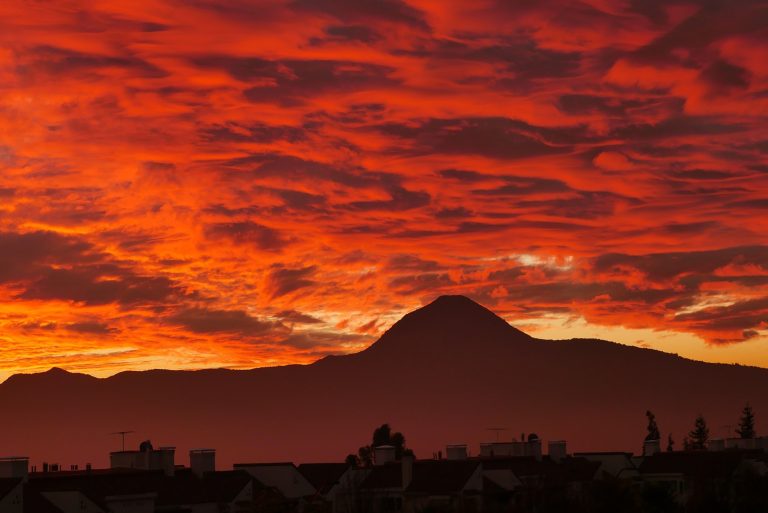
Your Perfect Itinerary: 4 Days in Santiago, Chile
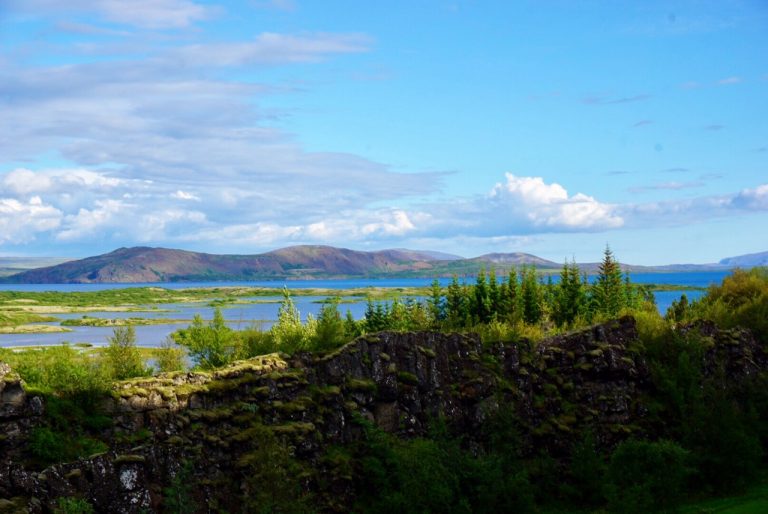
The Ultimate Guide to Iceland’s Golden Circle
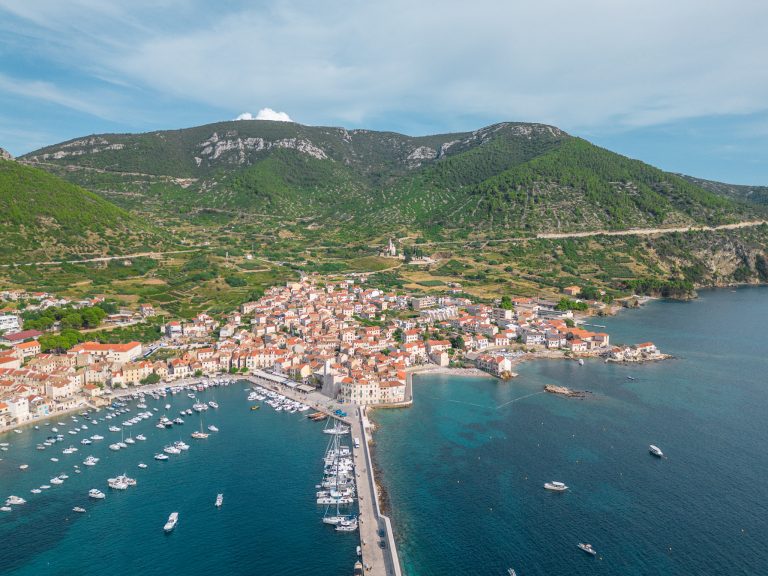
12 Best Instagram Photo Spots in Komiza on Vis Island, Croatia
Pin for later:.
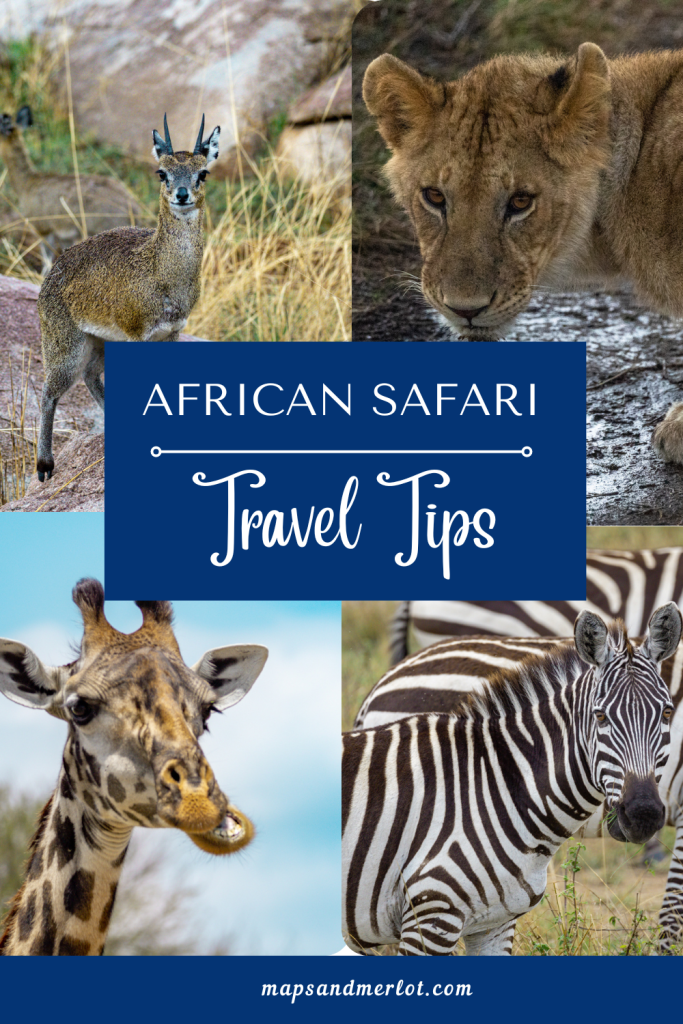
Winter is here! Check out the winter wonderlands at these 5 amazing winter destinations in Montana
- Travel Guide
Our Top 10 Essential African Safari Tips
Published: September 21, 2023
Modified: January 3, 2024
by Hynda Spooner
- Plan Your Trip
- Travel Tips
Introduction
Welcome to the adventure of a lifetime – an African safari! Embarking on an African safari is an experience like no other, where you will have the opportunity to see the magnificent wildlife, explore breathtaking landscapes, and immerse yourself in the rich and diverse African culture. Whether you’re a seasoned traveler or a first-time explorer, it’s important to be well-prepared to make the most of your safari experience. In this article, we will share our top 10 essential African safari tips to ensure that your adventure is both memorable and enjoyable.
Before we delve into the tips, let’s take a moment to discuss what makes an African safari such a unique and extraordinary experience. Africa is home to some of the most iconic wildlife species, such as lions, elephants, rhinos, leopards, and buffalo, as well as a myriad of other fascinating animals and birds. Imagine witnessing these magnificent creatures up close in their natural habitat, with the vast African savannah as a backdrop. The sights, sounds, and smells of the African wilderness create an immersive experience that will stay with you forever.
Aside from the wildlife, Africa’s landscapes are incredibly diverse and awe-inspiring. From the sprawling savannahs of the Serengeti to the dense jungles of Bwindi Impenetrable Forest, there is something for every nature lover. Whether you’re seeking the thrill of a game drive, the serenity of a walking safari, or the adrenaline rush of a hot air balloon ride, Africa offers a multitude of safari activities and experiences to suit every preference.
Furthermore, an African safari is an opportunity to immerse yourself in the vibrant local cultures and traditions. Engage with friendly locals, learn about their customs, and savor the flavors of authentic African cuisine. Respectful behavior and cultural etiquette are essential when interacting with local communities, so we will provide some guidance in that regard as well.
Now that we’ve set the stage, let’s dive into our top 10 essential African safari tips that will help you make the most of your adventure.
Best time to go on an African safari
Choosing the right time to embark on your African safari can greatly enhance your wildlife viewing opportunities and overall experience. The timing will largely depend on the specific destination you plan to visit as different regions have different seasonal patterns and wildlife migration cycles. Here are some key factors to consider when determining the best time for your African safari:
Peak season: The peak safari season varies across different countries and regions in Africa. Generally, it coincides with the dry season when the weather is more predictable, and wildlife gathers around water sources, making it easier to spot. Peak seasons are typically between June and October in East Africa, and July to September in Southern Africa. However, it’s important to note that peak seasons also mean larger crowds and higher prices.
Green season: The green or rainy season may not be the first choice for many travelers, but it can offer its own unique advantages. This season, usually from November to April, brings lush vegetation, newborn animals, and fewer tourists. The landscapes are beautifully green, and bird watching is especially rewarding during this time. While the wildlife may be more dispersed, you can still have incredible wildlife sightings.
Migration patterns: The Great Migration, where millions of wildebeest, zebras, and other herbivores move across East Africa in search of food and water, is a phenomenon not to be missed. The best time to witness the migration varies depending on your desired location. For the Serengeti in Tanzania, the migration typically occurs between June and July. In Kenya’s Masai Mara, it usually takes place from July to October. Research the specific migration patterns for your chosen destination to plan accordingly.
Special wildlife sightings: Some destinations have specific seasons that offer unique wildlife encounters. For example, if you’re interested in seeing gorillas in Uganda or Rwanda , the dry season (June to September and December to February) is recommended. For whale watching in South Africa, the best time is from June to November. Research the specific wildlife you want to see and their corresponding seasons to optimize your chances of spotting them.
Weather and climate: Understanding the weather patterns of your destination is crucial. While dry seasons generally offer easier wildlife viewing, they also tend to have hotter temperatures. Cooler seasons may be more comfortable for some travelers but could potentially impact wildlife sightings. Research the typical weather conditions and pack accordingly to ensure you are prepared for any climate variations.
Ultimately, the best time for your African safari depends on your preferences, whether it’s fewer crowds, specific wildlife sightings, or particular seasonal experiences. Consider these factors and do thorough research to determine the optimal time to embark on your adventure and make unforgettable memories in the African wilderness.
Choosing the right safari destination
When it comes to African safaris, the choices can be overwhelming. Africa is vast and diverse, offering a plethora of safari destinations that cater to different interests and preferences. Here are some key factors to consider when choosing the right safari destination for your adventure:
Wildlife: Different regions in Africa are known for their unique wildlife populations. If you have specific animals on your must-see list, research which destinations offer the best opportunities for spotting them. For instance, if you’re keen on seeing the Big Five (lion, leopard, elephant, rhinoceros, and buffalo), destinations like Kruger National Park in South Africa or the Maasai Mara National Reserve in Kenya are excellent choices.
Habitats and landscapes: Africa is home to a wide range of habitats, each with its own distinct beauty. Whether you’re captivated by the vast savannahs, dense rainforests, or dramatic mountains, consider the type of landscapes that inspire you. For example, if you’re drawn to lush jungles and the chance to encounter gorillas, consider Uganda’s Bwindi Impenetrable Forest or the Volcanoes National Park in Rwanda.
Accessibility: The ease of travel and accessibility to your chosen destination are important factors to consider. Some areas may require multiple flights or long road transfers, while others have direct access to major airports. Take into account the time and effort it takes to reach your destination, especially if you have limited travel time or specific preferences for direct flights.
Budget: Your budget will also play a role in determining your safari destination. Some regions and lodges are more exclusive and luxurious, while others offer more budget-friendly options. Research the cost of accommodations, park fees, and activities in your desired destinations to ensure they align with your financial capabilities.
Time of year: As mentioned earlier, the best time to visit certain destinations can vary depending on the wildlife migration patterns, weather, and seasonal activities. Determine when you plan to go on your safari and choose a destination that offers optimal conditions during that time. Consider the destination’s peak season, shoulder seasons, or special events that may coincide with your travel dates.
Additional attractions: Some safari destinations offer additional attractions and activities beyond game drives. If you’re interested in cultural experiences, consider destinations that have rich local cultures and opportunities to interact with indigenous communities. Alternatively, if you’re a bird lover, choose a destination known for its diverse bird species.
Ultimately, the right safari destination is the one that aligns with your interests, priorities, and budget. Research different options, consult with a reputable safari operator, and consider speaking to travel experts who can offer insights based on your specific preferences. With careful planning, you’ll find yourself in the perfect destination to embark on your unforgettable African safari adventure.
Selecting the best accommodation
Choosing the right accommodation is a crucial aspect of planning your African safari. The accommodation you select can greatly enhance your overall experience, providing comfort and convenience after a long day of wildlife sightings and adventure. Here are some factors to consider when selecting the best accommodation for your safari:
Location: The location of your accommodation is key to maximizing your safari experience. Consider whether you prefer staying inside the national parks or reserves to have immediate access to wildlife. Alternatively, you may opt for accommodations located in nearby communities, which may offer a more cultural and immersive experience. Additionally, proximity to key wildlife viewing areas or specific activities you want to undertake should also be taken into account.
Accommodation type: African safaris offer a range of accommodation options, from luxury lodges and tented camps to budget-friendly options like guesthouses or self-catering cottages. Luxury lodges and tented camps provide a high level of comfort, personalized service, and excellent amenities. These options often include game drives, meals, and other activities as part of their packages. On the other hand, budget-friendly accommodations offer a more affordable option, though with fewer amenities and services.
Amenities and facilities: Consider the amenities and facilities that are important to you. If you value a swimming pool, spa services, and gourmet dining, luxury lodges may be the ideal choice. However, if you prefer simplicity and a closer connection to nature, basic tented camps or wilderness campsites might be more suitable. It’s important to remember that the focus of your safari will be on the wildlife and nature rather than the accommodations themselves.
Reviews and recommendations: Before making your final decision, read reviews and seek recommendations from reliable sources. Websites, travel forums, and social media platforms can provide valuable insights from fellow travelers who have experienced the accommodations firsthand. Pay attention to factors like cleanliness, service quality, and the overall wildlife experience provided by the accommodation.
Guides and staff: The quality and knowledge of safari guides and staff can greatly enhance your wildlife sightings and overall safari experience. Research the reputation of the accommodation’s guides and staff to ensure they are experienced, knowledgeable, and passionate about wildlife. Their expertise can make a significant difference in your understanding and appreciation of the African bush.
Ecotourism and conservation efforts: If you are environmentally conscious and prioritize sustainability, consider accommodations that actively engage in ecotourism practices and contribute to conservation efforts. These establishments often focus on minimizing their environmental footprint, supporting local communities, and protecting wildlife. Their commitment to responsible tourism can give you peace of mind knowing that your safari experience is contributing to the preservation of the natural wonders of Africa.
By considering these factors, you can select the best accommodation that aligns with your preferences, budget, and desired safari experience. Keep in mind that the true highlight of your African safari will be the wildlife encounters and the breathtaking landscapes, so choose accommodation that serves as a comfortable and convenient base for your adventure.
Packing essentials for your safari
When preparing for your African safari, packing the right essentials is key to ensuring a comfortable and enjoyable experience. Here is a list of essential items to consider when packing for your safari:
Appropriate clothing: Pack lightweight, breathable clothing in neutral colors to blend in with the natural surroundings and avoid attracting unnecessary attention. Long-sleeved shirts and pants will protect you from the sun and insects. Don’t forget a wide-brimmed hat, sunglasses, and a lightweight rain jacket or poncho for unexpected weather changes.
Comfortable footwear: Bring comfortable, closed-toe shoes with good traction for walking safaris. Additionally, pack a pair of sandals or flip flops for relaxing at your accommodation.
Binoculars and camera gear: Having a pair of binoculars will greatly enhance your wildlife viewing experience. A camera with a zoom lens is essential for capturing those incredible moments. Don’t forget extra memory cards, batteries, and a charger.
Insect repellent and sunscreen: Protect yourself from mosquito bites and the harsh African sun. Choose a high-quality insect repellent and sunscreen with a high SPF. Remember to apply them regularly, especially during early morning and late afternoon game drives.
Personal medication and toiletries: Bring any prescription medications you may need, as well as a basic first-aid kit with essentials like band-aids, pain relievers, and antiseptic cream. Pack your personal toiletries, including biodegradable toiletries to minimize your environmental impact.
Travel documents and essentials: Carry a copy of your passport, travel insurance details, and any necessary visas. It’s also a good idea to have a small daypack for carrying your essentials during game drives, such as your camera, water bottle, and personal items.
Electrical adapters and chargers: Africa uses various plug types, so be sure to pack the appropriate adapters for your electronic devices. Don’t forget to bring chargers for your camera, phone, and other electronics.
Reusable water bottle and snacks: Staying hydrated is essential, so bring a reusable water bottle to refill during your safari. It’s also a good idea to pack some snacks like energy bars or nuts for those times between meals during long game drives.
Personal comfort items: Consider bringing items that will make you comfortable during your safari, such as a travel pillow, a light blanket, or a scarf for cooler mornings or evenings.
Respectful clothing for cultural visits: If you plan to visit local communities or cultural sites, pack clothing that is respectful and modest out of cultural sensitivity. This may include long pants or skirts and shirts that cover the shoulders.
IMPORTANT: Always check with your safari operator or accommodation for specific packing requirements or any additional items that may be recommended for your particular destination.
Remember, packing light is key to convenience and ease of travel, so prioritize the items that are essential for your comfort and safety. Be mindful of weight restrictions on domestic flights, as well as any luggage limitations imposed by your safari operator.
By packing these essentials, you’ll be well-prepared to embark on your African safari adventure and create lasting memories in the heart of the wild.
Understanding the wildlife and safety precautions
When going on an African safari, it’s important to have a good understanding of the wildlife you may encounter and to take necessary safety precautions to ensure a safe and enjoyable experience. Here are some key points to consider:
Respect wildlife from a distance: While it’s exhilarating to see wildlife up close, it’s crucial to maintain a respectful distance and not disturb or provoke the animals. Admire them from a safe distance and never attempt to touch or feed them. Remember that they are wild animals and should be treated as such.
Listen to your safari guide: Your safari guide is your expert on the wildlife and the environment. Listen carefully to their instructions and abide by their guidance at all times. They will share important information about wildlife behavior, safety protocols, and how to best maximize your safari experience.
Stay inside your vehicle: During game drives, remain inside your vehicle unless instructed otherwise by your guide. The open-air vehicles provide a safe and elevated perspective for observing wildlife. Disembarking from the vehicle without guidance can put you at risk, as some animals may perceive you as a threat.
Keep noise to a minimum: While on game drives or walking safaris, it’s important to keep noise levels to a minimum. Loud noises can startle or distress wildlife, leading to potentially dangerous situations. Remember, the goal is to observe animals in their natural behavior without disturbing their natural rhythm.
Be aware of your surroundings: Pay attention to your surroundings at all times during your safari. Watch for signs of animal movement, listen for alarm calls from birds or other animals, and be mindful of any potential hazards or restricted areas pointed out by your guide.
Follow park regulations and guidelines: Each national park or reserve has its own set of regulations and guidelines for visitor safety. Familiarize yourself with these rules, such as speed limits, designated areas for food consumption, and restrictions on off-road driving. Respecting these guidelines helps maintain the balance between human presence and the natural environment.
Protect against insect bites and sun exposure: Insect bites can be a nuisance, and in some areas, mosquitoes may carry diseases like malaria. Apply insect repellent and wear long-sleeved clothing, especially during dawn and dusk when insects are more active. Additionally, protect yourself from the African sun by applying sunscreen, wearing a hat, and staying hydrated.
Travel with a reputable safari operator: The expertise and experience of your safari operator play a significant role in ensuring your safety. Choose a reputable operator that adheres to safety standards, employs knowledgeable guides, and prioritizes guest well-being.
Be prepared for wildlife encounters: Although most wildlife encounters are safe, it’s essential to be mentally prepared for different situations. Understand that animals can be unpredictable, and it’s important to remain calm and follow the instructions of your guide in the event of any close encounters.
By understanding the wildlife and following these safety precautions, you can have a memorable and safe African safari. Remember to be respectful of the animals and their habitat, allowing them to thrive undisturbed in their natural environment, while you enjoy the privilege of witnessing their beauty and majesty.
Top safari activities and experiences
An African safari offers a wide range of exciting activities and unique experiences that allow you to immerse yourself in the beauty and wonder of the African wilderness. Here are some of the top safari activities and experiences to consider:
Game drives: Game drives are a quintessential safari experience. Hop into a 4×4 vehicle with a knowledgeable guide who will navigate through the national parks or reserves, taking you on an adventure to spot the incredible wildlife. You’ll have the opportunity to witness lions, elephants, giraffes, zebras, and many other animals in their natural habitat.
Walking safaris: Walking safaris offer a more intimate connection with nature. Accompanied by an experienced guide, you’ll explore the wilderness on foot, learning about the smaller inhabitants of the bush and gaining a deeper understanding of the ecosystem. Walking safaris provide a thrilling and immersive way to appreciate the intricacies of the African wilderness.
Hot air balloon safaris: Take your safari experience to new heights with a hot air balloon safari. Drifting silently over the savannah, you’ll have the opportunity to witness breathtaking vistas and observe wildlife from a unique perspective. This tranquil and surreal experience is especially popular in destinations like the Serengeti and Maasai Mara.
Gorilla trekking: For a truly once-in-a-lifetime wildlife encounter, embark on a gorilla trekking adventure in Uganda or Rwanda. Trek through lush rainforests, following experienced guides, until you reach the gorilla families. Observing these gentle giants up close in their natural habitat is an awe-inspiring and humbling experience.
Birdwatching: Africa is a haven for birdwatchers, with a remarkable diversity of bird species. Whether you’re a seasoned birder or a novice enthusiast, you’ll have the opportunity to spot colorful and rare bird species. Bring your binoculars and a birding guide, and keep an eye out for African fish eagles, lilac-breasted rollers, and the vibrant plumage of various sunbird species.
Cultural interactions: A safari is not just about wildlife; it’s also an opportunity to learn about the rich cultural heritage of the local communities. Engage with welcoming locals, visit traditional villages, and gain insights into their customs and way of life. Participating in cultural interactions will provide a deeper appreciation of the people who call Africa their home.
Night game drives: Experience the thrill of exploring the bush after the sun sets on a night game drive. Equipped with a spotlight, your guide will help you spot elusive nocturnal creatures that emerge under the cover of darkness. This unique safari activity offers a different perspective of the animal kingdom and a chance to witness predators on the prowl.
Photography: Photography enthusiasts will find endless inspiration in the African wilderness. Capture stunning images of wildlife against breathtaking backdrops, showcase the vibrant colors of the landscapes, and freeze moments of raw emotion. Remember to be respectful of the animals and follow ethical guidelines when photographing wildlife.
Camping under the stars: Sleeping under a canopy of stars in the African bush is an unforgettable experience. Whether it’s camping in a designated campsite or staying in a luxury tented camp, the sounds of the wilderness surrounding you will create a sense of tranquility and awe.
Conservation and volunteering: For those passionate about conserving wildlife and contributing to meaningful projects, consider volunteering at a conservation organization during your safari. This allows you to actively participate in conservation efforts, such as tracking animals, monitoring research, and assisting local communities in sustainable living practices.
Each of these activities and experiences offers a unique opportunity to connect with the natural environment, broaden your understanding of African wildlife, and create unforgettable memories. Choose the activities that resonate with you and tailor your safari experience accordingly, ensuring a truly remarkable adventure in the heart of Africa.
Photography tips for capturing the wildlife
When embarking on an African safari, capturing incredible wildlife moments through photography is a wonderful way to preserve your memories and share your experiences with others. Here are some photography tips to help you capture the best wildlife shots:
Invest in the right gear: While a high-end camera and lens are not a necessity, having a camera with a zoom lens will greatly enhance your ability to capture wildlife from a distance. A telephoto lens with a focal length of at least 200mm is recommended to bring your subjects closer, especially for small and distant animals.
Understand your camera settings: Familiarize yourself with the manual settings of your camera and practice using them before your safari. Understanding how to adjust aperture, shutter speed, and ISO will give you more control over your images, especially in challenging lighting conditions.
Use continuous shooting mode: Wildlife can be unpredictable, and moments can happen quickly. Using the continuous shooting mode (burst mode) will allow you to capture multiple frames in rapid succession, increasing your chances of getting the perfect shot.
Prioritize composition: Composition plays a crucial role in wildlife photography. Instead of always centering the subject, try experimenting with the rule of thirds, leading lines, and framing techniques to create more visually interesting and dynamic images.
Focus on the eyes: When photographing wildlife, the eyes are the windows to the soul. Make sure the eyes of the animal are in sharp focus, as they will draw the viewer’s attention and give the image a sense of connection and emotion.
Be patient and observant: Spend time observing the behavior of the animals before taking your shots. Anticipate their movements and be ready for action. Patience is key when waiting for the perfect moment to capture that incredible interaction or behavioral shot.
Experiment with angles and perspectives: Try capturing your subjects from different angles and perspectives to add variety and unique visual interest to your images. Get down low for an eye-level view or capture birds in flight from below for a dramatic effect.
Pay attention to lighting: Lighting can make or break a photograph. The soft, warm light during the golden hours (early morning and late afternoon) creates a beautiful glow and enhances the colors. Avoid shooting in harsh midday sun, as it can create strong shadows and wash out the colors.
Capture the surroundings: While photographing wildlife up close is captivating, don’t forget to capture the sense of place by including the surrounding landscape or environment. This helps tell a more complete story and provides context to your images.
Respect the wildlife: It’s important to prioritize the well-being of the animals above your desire for the perfect shot. Avoid disturbing the animals or intruding on their space. Maintain a respectful distance and observe from a distance without interfering with their natural behavior.
Remember, wildlife photography is about capturing the beauty of nature and preserving these incredible moments. Take the time to appreciate the experience and don’t get too caught up in capturing the perfect shot. Enjoy the journey, embrace the surprises, and let your photographs become a testament to the remarkable wildlife encounters you had on your African safari.
Cultural etiquette and respectful behavior on safari
When embarking on an African safari, it’s important to be respectful of the local cultures and communities you encounter along the way. Understanding and practicing cultural etiquette will not only enhance your safari experience but also help foster positive interactions and uphold mutual respect. Here are some key tips for cultural etiquette and respectful behavior on safari:
Learn about local customs: Take the time to educate yourself about the local customs, traditions, and etiquette of the regions you plan to visit. Familiarize yourself with basic greetings, gestures, and acceptable behaviors to show respect for the local culture.
Dress modestly and appropriately: Respect the traditions and sensitivities of the local communities by dressing modestly, particularly when visiting villages or cultural sites. Avoid wearing revealing clothing or clothing with offensive language or symbols.
Ask for permission before photographing people: When photographing locals, it’s essential to ask for their permission before taking their picture. Not everyone feels comfortable being photographed, and it’s important to respect their wishes. Engage in conversation, show genuine interest, and build a rapport before taking out your camera.
Use respectful language and tone: Speak to locals and guides with respect and courtesy. Use appropriate language and avoid making derogatory or disrespectful comments about their culture, community, or beliefs. Treat everyone you encounter, regardless of their role or status, with kindness and dignity.
Observe and follow local customs: Observe and follow any customs or traditions specific to the communities you visit. This may include removing your shoes before entering someone’s home or refraining from certain topics of conversation. Showing respect for local customs demonstrates your appreciation for their way of life.
Support local businesses and artisans: Contribute to the local economy by supporting local businesses, artisans, and community-led initiatives. Purchase handcrafted souvenirs directly from local artisans, dine in local restaurants, and consider staying in locally owned accommodations. This helps support sustainable tourism and empowers local communities.
Engage in responsible tourism practices: Practice responsible tourism by minimizing your impact on the environment and respecting wildlife and their habitats. Do not litter, follow designated trails, and adhere to park regulations. Support conservation efforts and responsible wildlife encounters by choosing reputable operators that prioritize conservation and animal welfare.
Show gratitude and appreciation: Express your gratitude to guides, staff members, and locals who have enhanced your safari experience. A simple thank you or a small token of appreciation can go a long way in building positive relationships and leaving a positive impact in the communities you visit.
Be open-minded and embrace cultural differences: Embrace the diversity of the local cultures and be open to new experiences. Engage in conversations, ask questions, and be willing to learn from the people you meet along your safari journey. Embracing cultural differences enriches your understanding and appreciation of the world we live in.
By practicing cultural etiquette and respectful behavior, you not only show respect for the local communities but also create meaningful connections and lasting memories during your African safari. Remember, cultural exchange is an integral part of travel, and by engaging with respect and curiosity, you contribute to a more harmonious and enriching experience for everyone involved.
Budgeting and planning your African safari
Planning an African safari requires careful budgeting and preparation to ensure a smooth and fulfilling experience. Here are some essential tips to help you budget and plan for your safari:
Set a realistic budget: Determine how much you are willing and able to spend on your safari adventure. Consider factors such as accommodation, transportation, park fees, activities, meals, and any additional expenses like visas or travel insurance. Research the costs associated with your desired destination and create a budget that aligns with your financial capabilities.
Choose the right time of year: Consider both peak and off-peak seasons when planning your safari. Peak seasons generally offer the best wildlife sightings, but they may come with higher costs for accommodations and flights. Off-peak seasons can be more budget-friendly, but wildlife sightings may be less predictable due to migration patterns or weather conditions. Evaluate your priorities and strike a balance between cost and optimal wildlife viewing opportunities.
Research accommodation options: Accommodation costs can vary significantly depending on your chosen safari destination. Research different types of accommodations, including luxury lodges, tented camps, budget-friendly options, or even self-catering cottages. Compare prices, amenities, and reviews to find the best value for your budget. Keep in mind that the level of comfort and services provided by the accommodation can greatly impact your overall safari experience.
Consider different safari styles: There are various safari styles to choose from, each with its own price range. Understand the differences between guided group tours, private tailor-made safaris, self-drive safaris, or even overland camping trips. Each style caters to different preferences and budgets, so weigh the advantages and disadvantages to find the option that suits you best.
Book in advance: To secure the best deals and availability, it’s advisable to book your safari well in advance. Popular accommodations, especially during peak seasons, tend to fill up quickly. By booking early, you have a better chance of securing your preferred accommodation and possibly benefiting from early booking discounts.
Consider guided group tours: Joining a guided group tour can be a more cost-effective option, as expenses like transportation, accommodations, and activities are shared among the group. Additionally, these tours often come with experienced guides who provide valuable insights and enhance your safari experience.
Be flexible with your travel dates: If possible, have some flexibility with your travel dates. Certain times of the year, flights, and accommodations may be more affordable. By being open to different travel periods, you can take advantage of lower rates and potentially find better deals.
Research local transportation options: Research the transportation options available at your chosen safari destination. Domestic flights, private transfers, or self-driving options can all vary in terms of cost, convenience, and flexibility. Consider which option aligns with your budget and comfort level, as well as the logistics of reaching your desired safari location.
Be mindful of additional expenses: Keep in mind that there may be additional expenses beyond the main safari costs. These can include visa fees, travel insurance, vaccinations, tips and gratuities, and optional activities not included in the initial package. Factor these costs into your budget to avoid any surprises when planning your safari.
Consult with safari experts: Don’t hesitate to seek advice from safari experts or reputable tour operators who specialize in African safaris. They can provide valuable insights, help tailor your itinerary to fit your budget, and recommend cost-saving options without compromising on quality.
By budgeting and planning carefully, you can enjoy an incredible African safari without breaking the bank. Remember to research thoroughly, compare options, and be mindful of your priorities to create a safari experience that is both memorable and within your means.
Embarking on an African safari is an adventure of a lifetime, offering breathtaking wildlife encounters, awe-inspiring landscapes, and cultural immersion. By following the tips provided in this article, you can ensure a memorable and fulfilling safari experience.
Choosing the right time to go on a safari, selecting the best destination, and finding suitable accommodations are essential aspects of planning. By considering peak seasons, wildlife migration patterns, and factors like accessibility and amenities, you can create an itinerary that aligns with your preferences and budget.
Packing the right essentials, understanding wildlife behavior, and adhering to safety precautions will enhance your safari experience. From appropriate clothing and photography gear to respectful behavior and responsible wildlife sightings, these aspects contribute to a more enjoyable and sustainable adventure.
Exploring the diverse range of safari activities and experiences allows you to fully immerse yourself in the natural wonders of Africa. From game drives and walking safaris to cultural interactions and hot air balloon rides, there are endless opportunities to enrich your understanding and appreciation of the African wilderness.
Capturing the beauty of wildlife through photography, while respecting their natural habitats and behaviors, allows you to preserve and share your encounters for years to come. By prioritizing composition, patience, and an understanding of your camera settings, you can capture stunning images and intimate moments with the animals.
Showcasing cultural etiquette and respectful behavior helps foster positive interactions with local communities. By learning about local customs, dressing appropriately, and engaging in responsible tourism practices, you demonstrate respect for the rich cultures and traditions of Africa.
Budgeting and planning your African safari are crucial steps to ensure a seamless and enjoyable experience. Setting a realistic budget, researching accommodations, booking in advance, and considering different safari styles allow you to make the most of your time and resources while creating lasting memories.
In conclusion, an African safari offers an unparalleled adventure that combines wildlife encounters, natural beauty, and cultural immersion. By taking the time to plan, prepare, and approach your safari experience with respect and sustainability in mind, you can create lifelong memories and contribute to the preservation of Africa’s precious ecosystems and communities.

- Privacy Overview
- Strictly Necessary Cookies
This website uses cookies so that we can provide you with the best user experience possible. Cookie information is stored in your browser and performs functions such as recognising you when you return to our website and helping our team to understand which sections of the website you find most interesting and useful.
Strictly Necessary Cookie should be enabled at all times so that we can save your preferences for cookie settings.
If you disable this cookie, we will not be able to save your preferences. This means that every time you visit this website you will need to enable or disable cookies again.

African Safaris: Finding The Best Safari in Africa
This post may contain affiliate links which means we may get a commission if you make a purchase at no additional cost to you. As an Amazon Associate we earn from qualifying purchases. Please read our disclosure for details.
"Each product we feature has been independently selected and reviewed by our editorial team. If you make a purchase using the links included, we may earn a commission."
Without a doubt, Africa is the continent where you can get the best wildlife experience possible. Drifting away from the vulgarity of zoos, travel in African safaris aims to bring travelers and wild animals together in a more natural environment.
The animals can roam around in their natural habitats, while the tourists, accompanied by experienced safari guides, can walk or drive around safely without safety. The national parks in East Africa and Southern Africa present excellent opportunities for animal encounters that will make your heart pound faster than it ever could when watching a documentary.
Africa is a massive continent with many options when it comes to wildlife viewing. In this article, we will break down the top safaris in Africa, country by country. We will explain how each country stands out and what their highlights are.
Best Tours of African Safaris by Country
Before planning your vacation of African safaris, you first need to book a flight ticket, which means you have to decide on the country. Here are the countries that offer the most pleasant wildlife experiences.
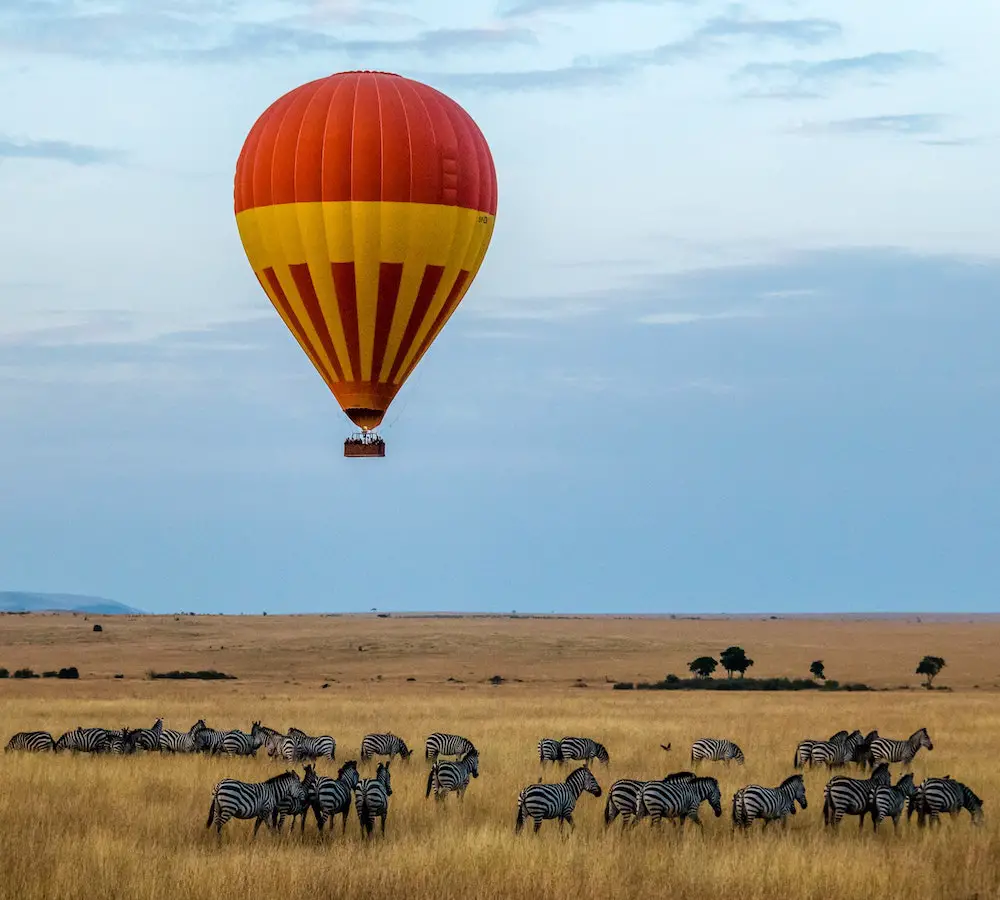
Why Safari In Kenya
In an African country where tourism is the second most important income, wildlife tourism is of particular significance. The dense savannah vegetation makes the country perfect for viewing a wide diversity of wild animals. As a result, Kenya has a high concentration of predators, such as lions, leopards, and cheetahs.
More importantly, it seasonally witnesses the phenomenal wildebeest migration, where thousands of these wild herbivores migrate from drylands to grasslands in the hope of finding food. This is a sight that you can only experience in two countries, and Kenya is one of them.
With 54 protected national parks, Kenya has some of the most well-maintained game reserves in the world. The best part is, you can experience them with the guidance of local Masai people .
Safari Destinations in Kenya: Top Five
- Masai Mara National Park
- Chyulu Hills National Park
- Tsavo East National Park
- Amboseli National Park
- Nairobi National Park
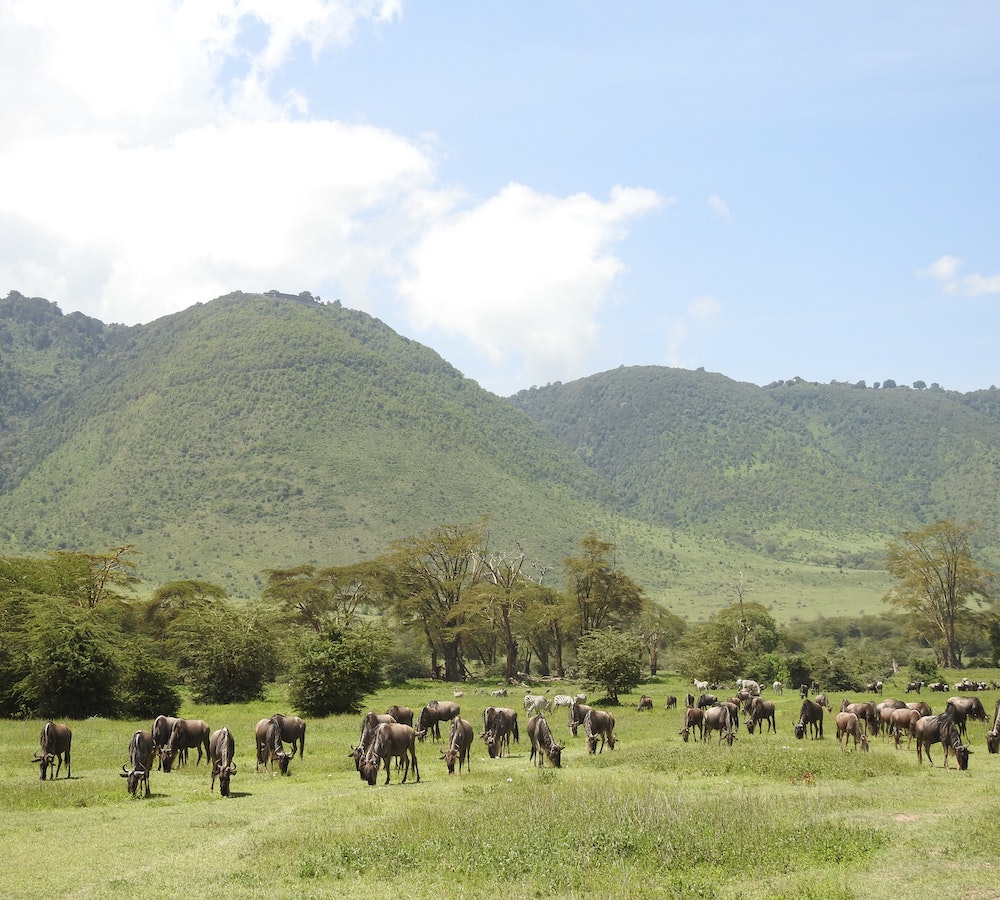
Why Safari In Tanzania
Among African safaris, Tanzania’s is one of the most amazing and unforgettable experiences. The abundance of lakes in the northern region and the unfenced borders with Kenya’s National Parks makes Tanzania an accomplice in the world-famous wildebeest migration.
The Northern Circuit sees the largest population of wild animals in the world, with millions of herbivores, thousands of big cats and other predators, and vast numbers of rare species.
Safari in Tanzania is not only popular in the north. The southwest of the country stands out for its chimpanzee population, which you can visit thanks to affordable safari tours. There are even safari parks next to the coast, which is extremely rare.
Another advantage of a Tanzanian safari is that you can combine it with a diving experience along the pristine Swahili coast.
Safari Destinations in Tanzania: Top Five
- Serengeti National Park
- Ngorongoro Crater National Park
- Tarangire National Park
- Ruaha National Park
- Gombe National Park
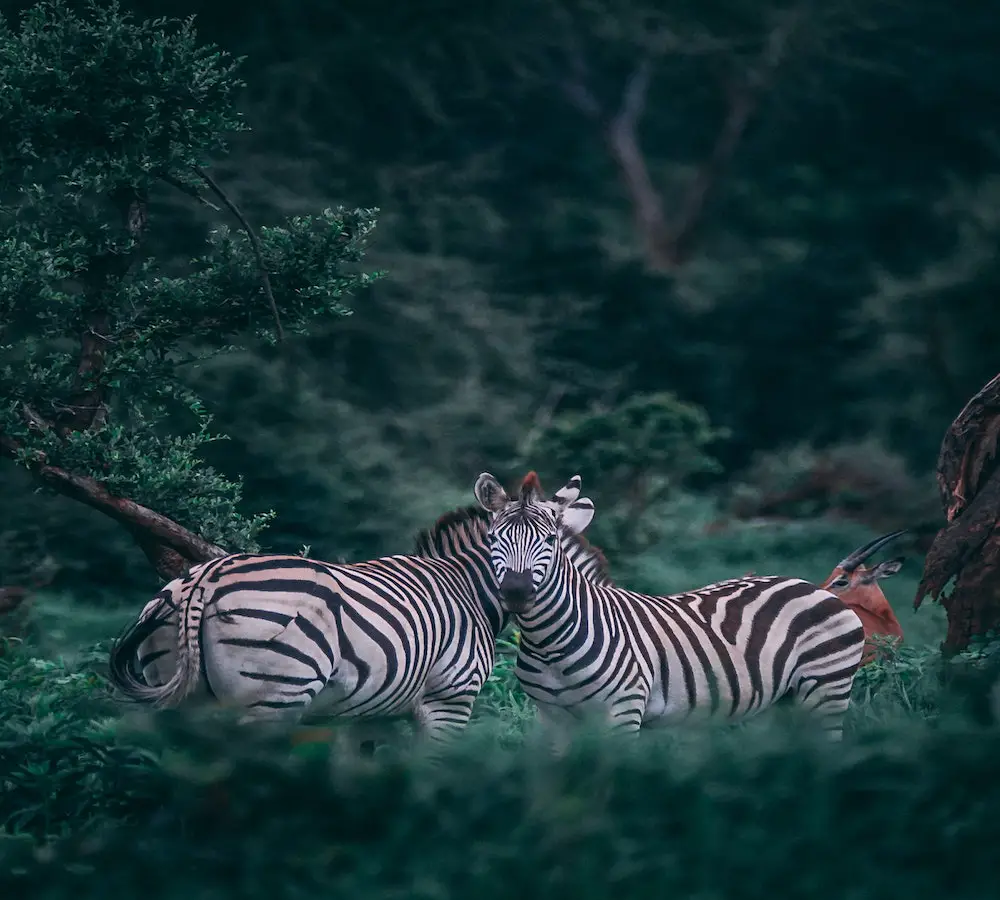
Why Safari In Botswana
Botswana has a reputation that transcends our planet when it comes to wildlife. This small landlocked country has surprisingly diverse climate zones and vegetation. The south and center are taken up by the Kalahari, which is one of the largest drylands in the world.
On the other hand, the north of Botswana is an oasis that stems from the Okavango Delta, the largest inland delta in the world. There are several rivers that run across the country, especially in the north. Finally, the northeast of Botswana has a distinct collection of salt pans that seasonally flood and give rise to a lush and nutritious grassland.
The bottom line is, any type of animal can easily find a spot in Botswana and adapt to the climate. There is an incredible amount of antelopes and big cats that have adapted to the Kalahari’s dryness, while the Makgadikgadi and Nxai pans receive a mass migration of elephants, zebras, buffaloes, giraffes, followed by hundreds of predators every year.
The region around the Okavango, especially the Chobe National Park is best known for having the highest concentration of wildlife in a national park, including endangered species.
With 80% of the country allocated to conservation areas, finding African safaris in Botswana is like finding water in the sea. Speaking of water, Botswana is close to the Victoria Falls, one of the largest waterfalls in the world, which means it is easy to merge your African safari trip with a tour to the Victoria Falls.
Safari Destinations in Botswana: Top Five
- Chobe National Park
- Moremi Game Reserve
- Central Kalahari National Park
- Makgadikgadi Salt Pans National Park
- Nxai Pan Game Reserve
South Africa
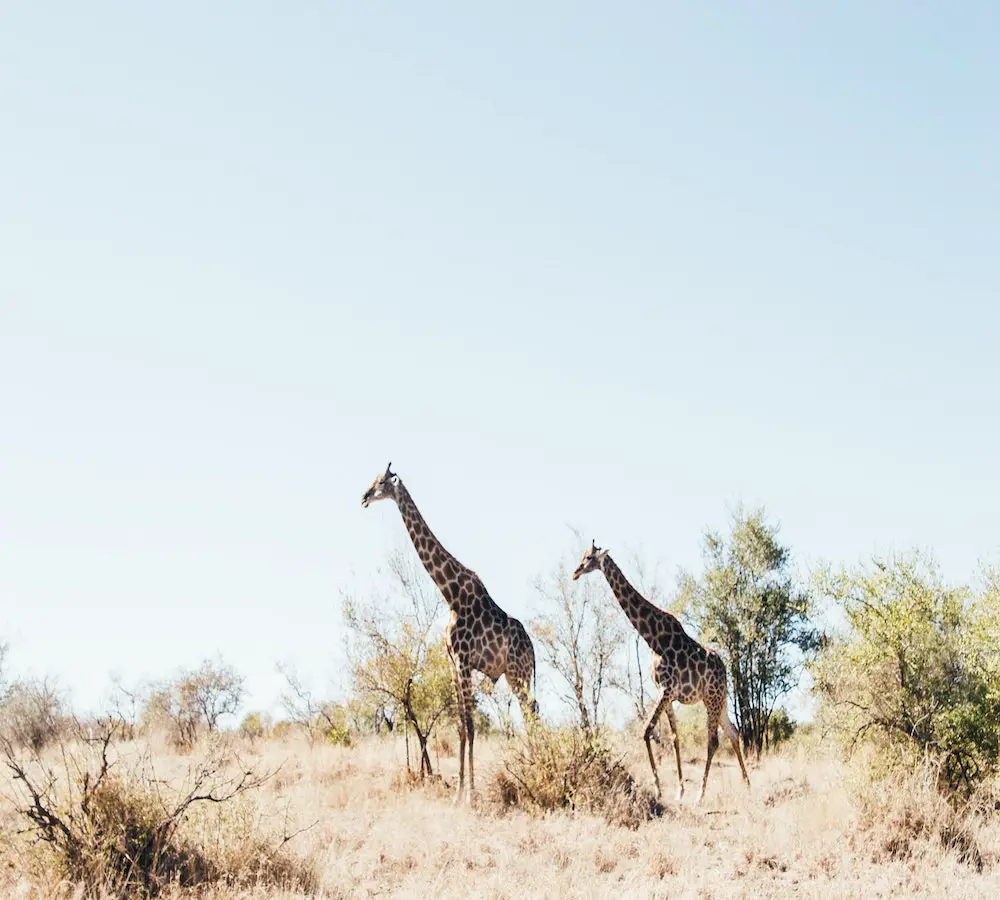
Why Safari in South Africa
Many African safari destinations are hard to reach because of the lack of good road networks. This is not true for South Africa, as it is one of the very few countries where you can drive to the national reserves, or even drive within them on well-maintained roads.
On top of that, South Africa is one of the most important players in wildlife tourism around the world. The Kruger National Park alone is enough to overshadow many of Africa’s safari parks. Not only does it have one of the largest mammal populations in the world, but it is also one of the best when it comes to viewing elusive nocturnal animals like cheetah, and leopards.
Another feature of South Africa is that it is the leader of Inrhino conservation in Africa. From the Kruger to the Hluhluwe-Imfolozi, there are many parks that contain both the black and the white rhinoceros.
Have we mentioned that the majority of South Africa is malaria-free? While the Kruger National Park is in a low-risk malaria zone, there are many award-winning places for game viewing that are far away from malaria and other diseases. It is not only the diversity of animals but also the high-quality of service provided by the best African safari companies that make the country stand out.
Safari Destinations in South Africa: Top Five
- Kruger National Park (especially Sabi Sands)
- Hluhluwe-Imfolozi National Park
- Madikwe Game Reserve
- Shamwari Game Reserve
- Pilanesberg National Park
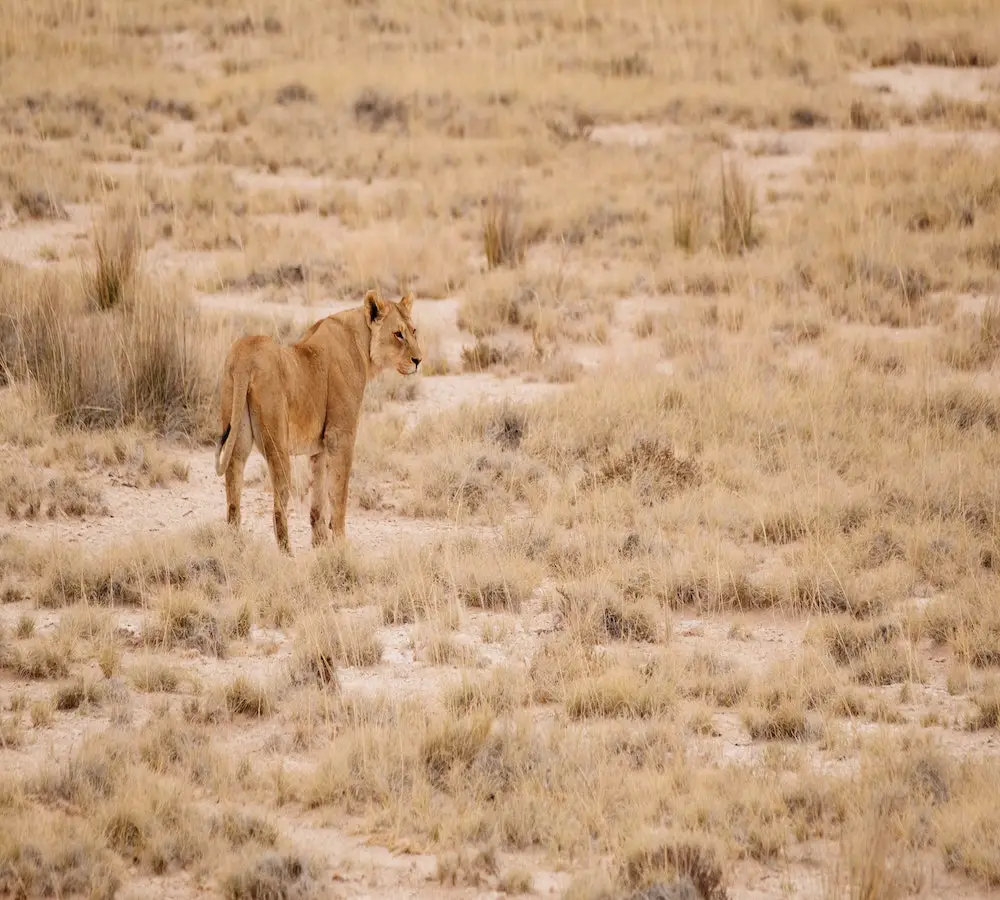
Why Safari In Namibia
You might find yourself asking how an animal can survive in a country, where most of the land is desolate and arid. However, this doesn’t change the fact that Namibia is home to the largest safari in Africa. Covering almost twenty-two thousand kilometers in the north, the famous Etosha Pan is one of the most popular safari destinations in Africa.
What makes the Etosha Pan so special is the water holes that attract animals. Because the vegetation is thin and the water sources are limited, the animals are exposed as they congregate around the waterholes. That’s why Etosha Pan is one of the easiest places in Africa for tracking and viewing animals.
The wildlife in Namibia has many distinct features, such as the tallest elephants in the world, as well as a considerable number of endangered black rhinos.
Safari Destinations in Namibia: Top Five
- Etosha Pan National Park
- Skeleton Coast National Park
- Bwabwata National Park
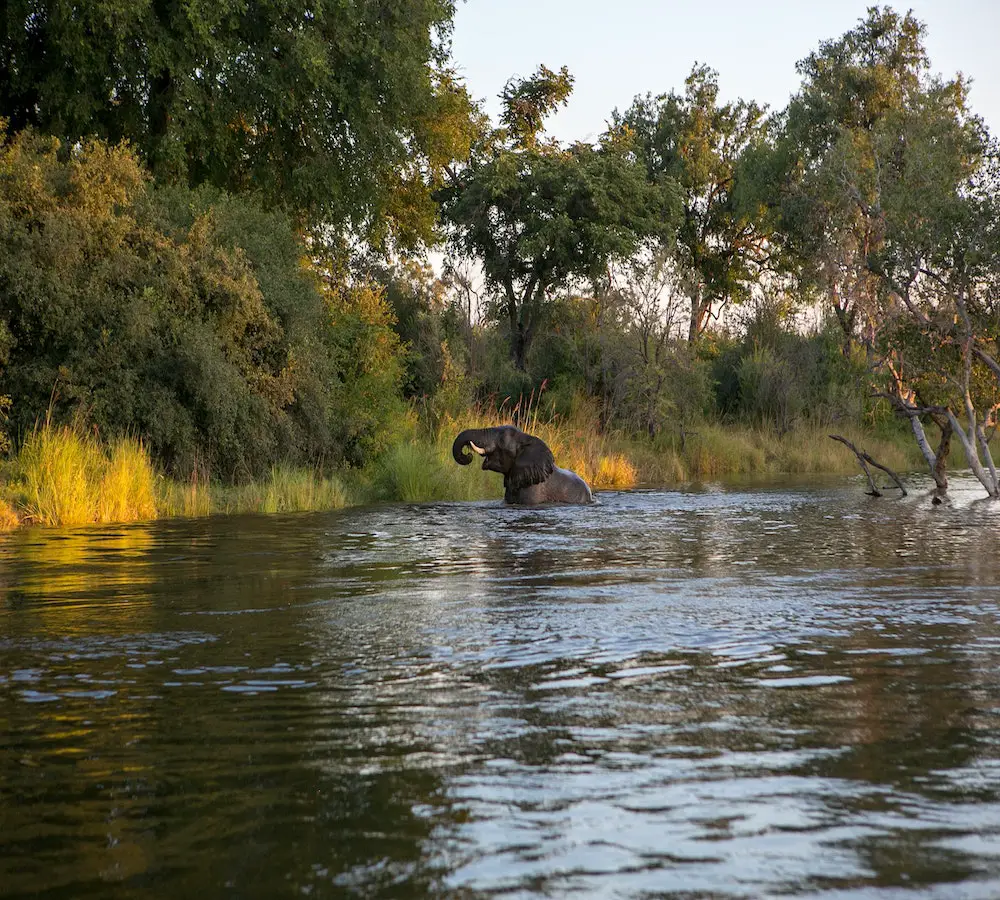
Why Safari in Zambia
Tourism in Zambia remained underdeveloped for many years due to the threat of yellow fever and ebola. As soon as the country was cleared of these diseases, tourism took an exponential turn. Yet, Zambia’s wildlife potential remains extremely underrated.
Zambia’s charmingly diverse vegetation stems from significant climate change throughout the year, which causes fluctuations in the water level of the rivers. Through several floods, the soil in Zambia is rich in minerals and this helps the growth of diverse vegetation. From the big five to thousands of herbivores, all types of animals migrate in and out throughout the year.
The national parks in Zambia are exceptional in walking safaris, which is somehow limited in many other African safari destinations.
Safari Destinations in Zambia: Top Five
- South Luangwa National Park
- Lower Zambezi National Park
- Kafue National Park
- Mosi-oa-Tunya National Park
- North Luangwa National Park
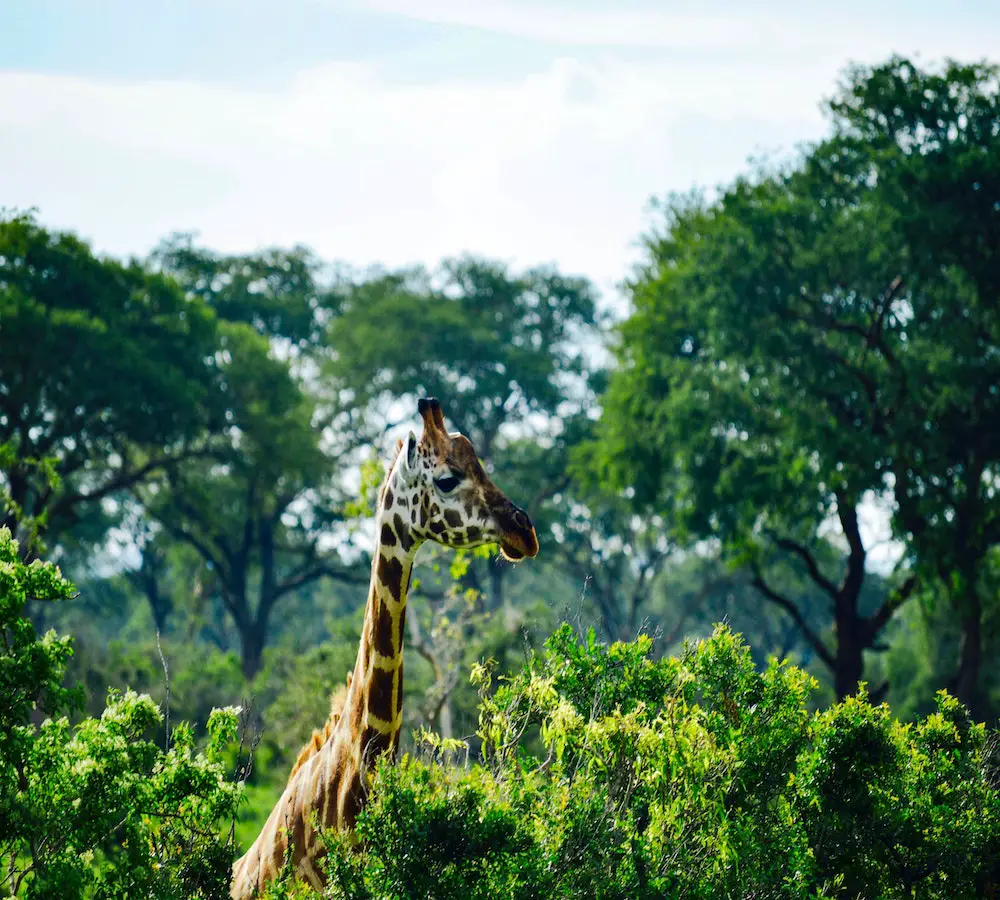
Why Safari in Uganda
The last country on our list offers a safari experience that no other country can offer. Besides the abundance of carnivores, herbivores, and birds, Uganda is heaven for primates. The main reason for this is the abundance of water sources throughout the lake region in the south and the Nile basin. As a result, the country boasts vast territories of rainforests suitable for primates.
The highlight of Uganda is the giant mountain gorilla that is becoming closer to extinction every day, but there are also large populations of chimpanzees and rare monkey species such as colobus.
Tour operators organize guided trekking tours through the rain forests, so you can take a closer look at these unique mammals.
Uganda is also special because of the rare and unusual tree-climbing lion species.
Safari Destinations in Uganda: Top Five
- Bwindi Impenetrable National Park
- Queen Elizabeth National Park
- Kibale National Park
- Murchison Falls National Park
- Mgahinga Gorilla National Park
African Safaris: FAQs
It really depends on where you are visiting, but there are options for every budget. A budget-friendly safari in tented camps can be as cheap as 120 USD per night. On the other hand, you can expect to pay up to 2000 USD per night at a luxury safari lodge.
According to user reviews; Masai Mara National Park, Kenya Serengeti National Park, Tanzania Kruger National Park, South Africa Chobe National Park, Botswana South Luangwa National Park, Zambia
In general, the dry season is often the best time because the vegetation is thin and animals are forced to gather around water sources. These factors make game viewing much easier.
African safari tours are conducted by experienced guides. The tours don’t dive into the wildlife territory directly, so the animals are mostly calm as long as you follow your guide’s instructions.
African Safaris: Conclusion
Africa is a mystical continent, where nature carries on in perfect harmony. The best way for you to witness the phenomenal wilderness is by joining one of many African safari tours.
To capture your precious memories, consider purchasing the best camera for safari .
The safari destinations are not just limited to the countries listed here; there are endless options in many destinations in Africa. Consider reading our posts on the best countries to visit in Africa and tourist attractions in Africa .
Let us know what your favorite country for the African safari is below.
Follow Us Around the World
Our next destination.
Fez, Morocco

Chat to an expert
Get advice and recommendations for your trip.
Our guests rate us 5 out of 5 stars
Read what they say
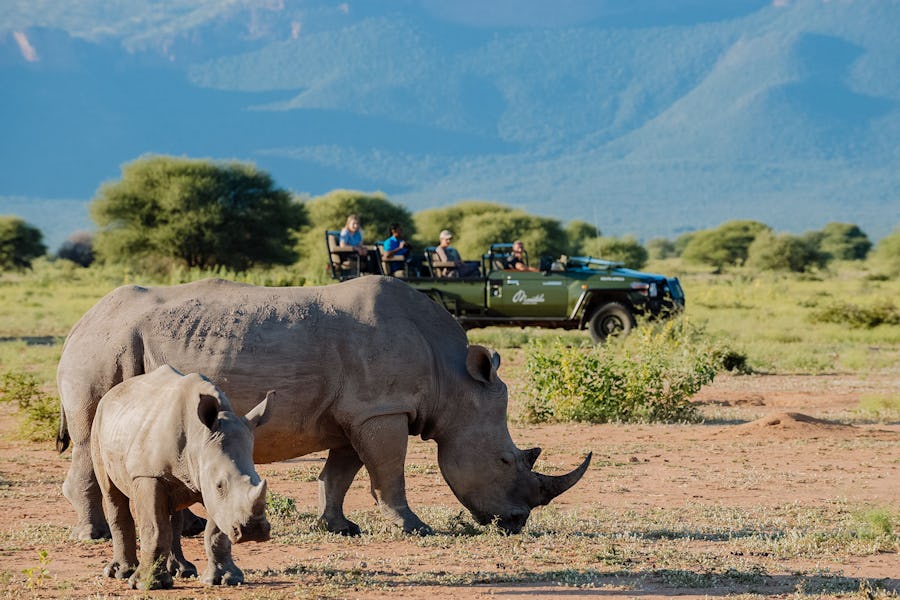
The Ultimate Guide to Planning an Africa Safari Trip
So, you’ve always had ‘visit Africa’ on your bucket list – but where do you actually begin if you want to plan a safari? Sometimes the process can seem a little overwhelming, but with the right tips and information, it really is as easy as pie. And that’s exactly where we at Timbuktu come in! We’re on a mission to empower travellers to design their own safari and are dedicated to making the planning process fun, easy and exciting. We’ve therefore put together some top tips and handy hints to help you plan your dream Africa safari trip, and to answer some of your most commonly asked questions. And if you get stuck, don’t fear: our experts are here to help every step of the way.
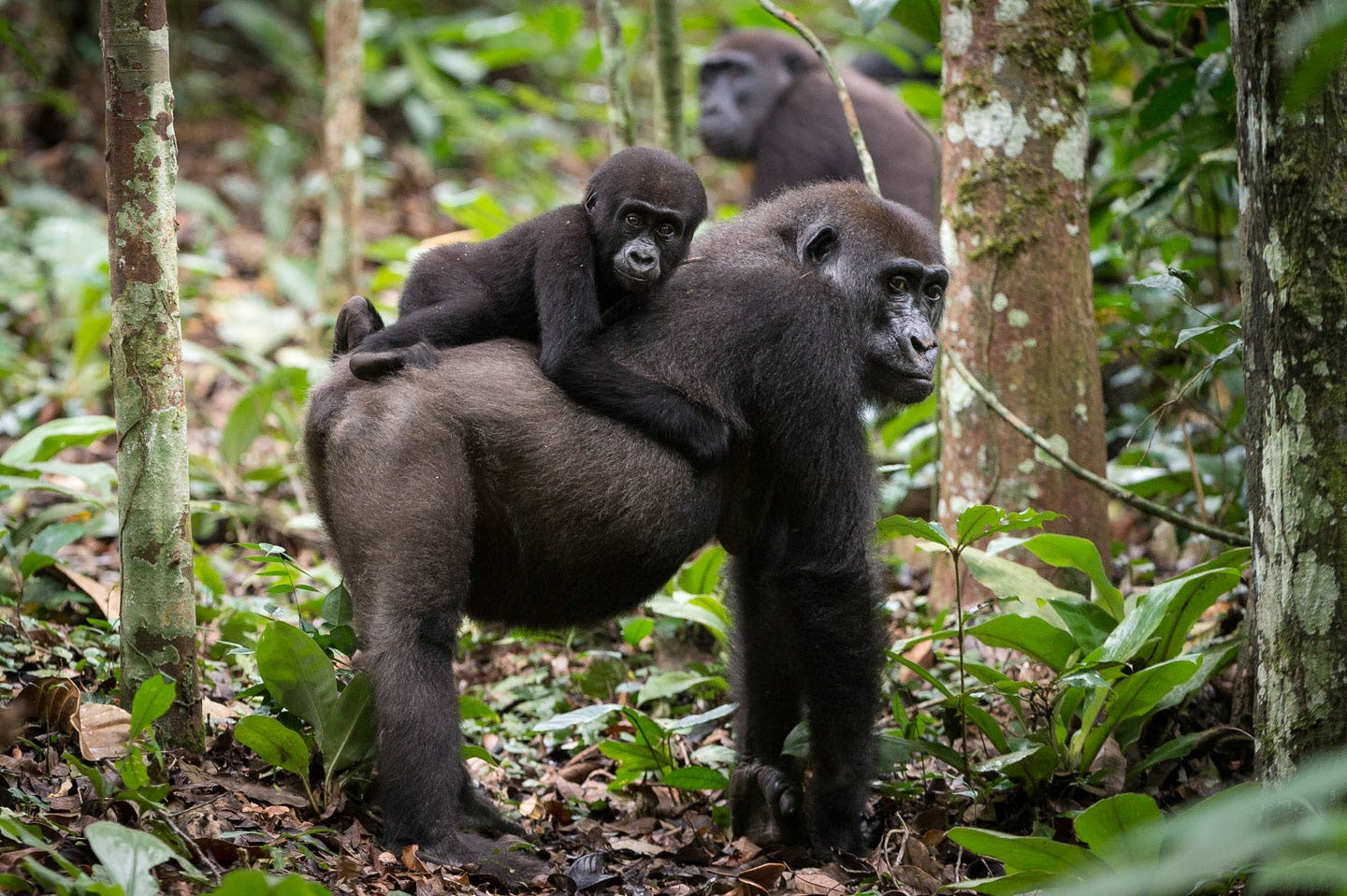
Where to go on an Africa safari trip
Every single country across the African continent is unique and jam-packed with fabulous experiences and scenery that will take your breath away. Of course, there are the safari stalwarts that you’ve probably heard of: Botswana , famous for its pristine wilderness areas and incredible wildlife-watching, or the Masai Mara in Kenya and its world-famous lion. But what about Zambia , the perfect candidate for an off-the-beaten track adventure and home of the walking safari, or the gorilla-filled forests of Rwanda and Uganda ? In Namibia , have your camera at the ready for some of the continent’s most spectacular landscapes, whilst in Malawi , you’ll be at the forefront of conservation in the up-and-coming game reserves. And don’t forget that one country can be home to many different things: Tanzania , for example, where it’s possible to safari, hike, spot the Big Five and fly-camp far, far off the tourist trail (and spend some time on the beach), or South Africa , where stylish cities, wine, wildlife and food combine…
We’ve got the lowdown on a variety of different countries across Africa, some you’ve heard of and some you may not! Start exploring now and plan your Africa safari trip using our ultimate country travel guides .
Explore all countries
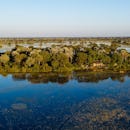
Always the golden question when you plan an Africa safari trip! Just like anywhere on the planet, every country in Africa has different seasons and weather patterns that in turn have their own quirks and charms. There’s no ‘bad’ time to visit but depending on your safari-style, there might be a time of year that suits you better. June to October across much of sub-Saharan Africa is considered the ‘best’ for a safari. It’s the dry season and the weather is dreamy (but getting hot towards October) and the animals congregate around water making them easy to spot. The rains tend to fall from November to April in most countries (East Africa has a reprieve over December & January – hello, Christmas celebrations!), but it certainly doesn’t rain all day every day and the scenery is simply beautiful. January to March is also an excellent time to combine a Cape Town city break with a safari in the Kruger .
For a general overview of what’s happening across the continent and when, check out our ‘ When to Go ’ guide. With detailed month-by-month descriptions, it’s the ultimate tool for planning what time of year you’d like to visit.
Explore when to go

What to experience
Many Africa safari trips involve exciting game drives but the continent really does have experiences to tickle everyone’s fancy. Most camps in wildlife areas will offer game drives in 4x4s which are excellent way to get to grips with the area – and spot your first four-legged creatures. Then there are walking safaris , a wonderful way to get up close and personal to the wildlife, and boat, canoe and mokoro safaris that will take you to places vehicles simply can’t get to. For sheer memory-making magic, saddle-up on a horseback safari and gallop alongside giraffe, or head deep into the desert atop a quad bike and see what you can find. Sleeping under the stars in a simple fly camp or adventuring on a mobile safari also come pretty high up the bucket list in our book… Then, when it comes time to leave the bush, take a dip into Cape Town’s emerging art scene, discover ageless treasures in Ethiopia , or head to the Indian Ocean coastline for some serious R&R.
For more inspiration on how to plan a safari (and because there’s simply too much to say in this tiny paragraph), check out our favourite things to add to your Africa travel wishlist and our handpicked selection of experiences right here .
Explore experiences
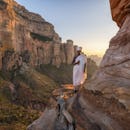
The best beaches to add on to a safari
After a week of sunrise mornings and wildlife watching on a bona fide Africa safari trip, some chill-out time by the cool waters of the Indian Ocean might be just the ticket. Lucky then that there are so many options to choose from, no matter what part of the continent you find yourself in! In East Africa, Kenya and Tanzania both have picture-perfect coastlines and islands that make flying and flopping a dream. The exotic island of Zanzibar is probably one of the easiest to get to, but Mafia and Pemba islands are Robinson Crusoe-esque paradises (with not a tourist in sight!) that beg to be discovered. Don’t forget the Kenya coast either – with numerous daily flights from Nairobi , places like Diani Beach , Watamu and Lamu are very accessible. In southern Africa, the big players are Mozambique , Mauritius and the Seychelles . All are a short flight from Johannesburg, and each has its share of glamour, water sports, diving, and pure, get-away-from-it-all luxury.
We’ve done the hard work for you at Timbuktu and have put together our favourite bush and beach combos in both East Africa and southern Africa . And if you’re still not sure which tropical getaway to pick, have a read of our guide to the Indian Ocean islands .
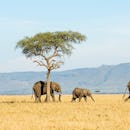
Where to stay
Accommodation in Africa is as varied as the landscapes that you’ll be gazing at from under your duvet! Generally speaking, lodges tend to be larger structures with more facilities – swimming pools, spas, a restaurant or two – whereas camps are smaller, usually tented, and perhaps don’t have quite as many frills. Bush camps are the most intimate of all (some as small as three rooms!) or you could go one step further and take a bed roll and a mosquito net (and an experienced guide!) and spend a night sleeping under the stars. If that sounds good, you might also enjoy a mobile safari or a mobile camp – structures that move to the best positions for wildlife at certain times of year. There are also some excellent private properties dotted around that are available to rent on an exclusive basis, and in cities, there’s everything from the ritziest of hotels to the cosiest of guesthouses. And bathrooms? Unless you’re camping, most lodges, camps and bush camps have flush loos and plenty of hot water to go around.
At Timbuktu, we allow you to filter all lodges by price, availability, and even experience (do you fancy sleeping under canvas or in silk sheets?), allowing 100% flexibility in where you stay. And we don’t just focus on the lodges you see in the travel magazines – we’ve got hidden gems from all across the continent for utterly unique African safaris.
Timbuktu Tip: On safari, we recommend staying for 2 or 3 nights in each of your locations (or perhaps longer!). This will allow you to settle in properly and maximise your chances of seeing the wildlife that you’ve got your heart set on – and maybe even relax a little too.
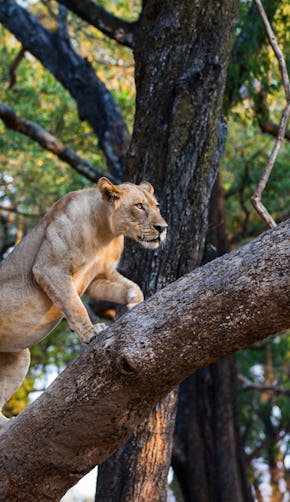
How to get there
Getting to Africa really is as easy as pie. Most airlines fly to at least one or two destinations on the continent from a good selection of major European airports and if you’re coming from the States, it’s simply a matter of connecting through. The airport hubs on the continent are Nairobi (for East Africa) and Johannesburg (for southern Africa) and from there, you can easily pop up to the country you’re visiting. As with most long-haul trips, booking further advance will hopefully save you some pennies, but keep your eyes peeled for last-minute deals too. When you get your Africa safari trip underway, the most common way to get around is by bush plane – tiny little aircrafts that can get right into the heart of where the wild things are. These planes are flown by expert pilots and all have the highest of safety ratings. Some countries lend themselves well to driving, but we highly recommend flying if you can – as well as being the quickest method of transport, you’ll remember the views of the landscapes below forever.
We highly recommend using websites like Kayak or SkyScanner which have the ability to work with multiple airlines to make your trip planning as easy as possible. If you’d like advice on the best times to arrive and depart, just give us a call and we’ll lend a hand!
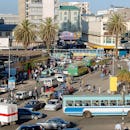
What does a safari cost? How can I save money?
The question we get asked most is how to make a safari more affordable. You’ve probably heard the stories about an Africa safari trip costing more than a year’s rent and swanky tents that are larger than a New York apartment; but a fabulous safari shouldn’t be about how much it costs. Firstly, choose your destination carefully – Botswana is always going to top the price charts, but countries like Kenya , Tanzania and South Africa can be wonderfully cost-effective. Don’t try and cram too many places into one trip either. Those little flights mount up and one or two stops can be just as rewarding as four or five. We’re also big fans of the special offer (who isn’t?!) and although they can be a little harder to find in the safari industry, they do exist. Think 5 nights for the price of 4, free flights if you travel with the same company, that sort of thing. Very lastly, think about the time of year you can travel and if you can avoid school holidays and other peak times, you’ll notice a big difference in price. That’s what we like to hear!
For more in-depth information on how to plan a safari on a budget, read on! We’ve got detailed articles about Botswana and Tanzania , and a general guide on how to save some pennies…
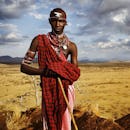
A typical day on safari
You might be surprised to hear that most lodges across Africa follow a similar routine during the day. In the morning, you’ll be woken as the sun rises (usually with a cup of tea delivered to your door – heaven!) before heading out on a game drive or walk. You couldn’t start an Africa safari trip any better way… At this time of day the temperature is cool, the animals are still active from the night before and it’s prime game viewing time. The activity will usually last for 3-4 hours, including a stop for a picnic breakfast or coffee and muffins. Back at the lodge, you’ll eat lunch and then it’s siesta time. Some lodges offer a short activity over siesta – perhaps a nature walk or a visit to a local school – but otherwise, the time is yours to do as you please: read, snooze or watch the wildlife stroll by. The afternoon kicks off with an African institution, Afternoon Tea, at around 3:30pm before you head back into the bush for your second activity (and a sundowner G&T!). In the evenings, dinner will usually be served at the lodge and you may have the chance of another game drive, this time in the dark and using a powerful spotlight to pick out the elusive nocturnal creatures. What an end to the day!
Delve into a day in the bush with Verena Neumayr-Howes as she tells us what she got up to at South Africa’s Thornybush Game Lodge …
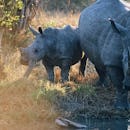
What to Pack: things to think about before you travel
Love it or loathe it, packing is an essential part of any Africa safari trip and believe us, there’s lots to think about. Your packing list will depend on the activities you’ve got lined up, but one important point to remember is that your luggage should fit comfortably into a soft-sided bag and be around the 15kg mark for those teeny-tiny planes. Essentials include plenty of layers in neutral colours (it’s a cliché, but you don’t want to be the only person wearing a red T-shirt!), comfy shoes, plenty of sun cream, sunglasses and a hat. In your hand luggage, pack all your camera equipment, spare batteries, important documentation (with copies) and medication. Little extras that will make you the envy of all your travellers include a warm jacket or jumper – it might be Africa but it gets cold in the mornings and evenings on those open-air safari vehicles – and a Kindle or iPad loaded with books for the ultimate siesta-time.
Different countries require a few different bits and pieces when you’re packing, so take a look at our individual packing guides right here and make sure you haven’t left anything behind when you embark on your Africa safari trip!
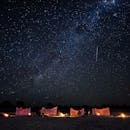
Is travelling in Africa safe?
The short answer is yes, absolutely. Africa is a continent that attracts unfair rumours and myths that never quite seem to disappear, but almost every one of them is just that – a myth. Africa is vibrant, lively, utterly beautiful and crammed with more incredible experiences than you’ll know what to do with. Like anywhere, there are a few safety rules to follow: in the cities, follow your common sense and you’ll be just fine, and in the wildlife areas, you’ll receive a full safety briefing from the people who know the animals better than anyone. Health-wise, we always suggest that you visit a professional before you travel but as ever, if you’re sensible, you won’t have any issues. And rest assured, if you choose to travel with an operator (that’s people like us at Timbuktu!), you’ll have access to 24-hour support when you’re on the ground with our partners who live and work there, and could make an Africa safari trip happen in their sleep.
Ease those butterflies and have a read of our blog article in which we dispel the most common myths about African safaris, and chat through a few bits and pieces of essential info.
So there you are, everything you need to know about planning an Africa safari trip in a nutshell. Why not have go and start designing your very own safari now? Pick a route, choose a lodge from our handpicked selection and have fun customising your trip. And don’t worry – if you get stuck, our experts are right here to give you a helping hand.
Your dream trip really is only a few clicks away ….
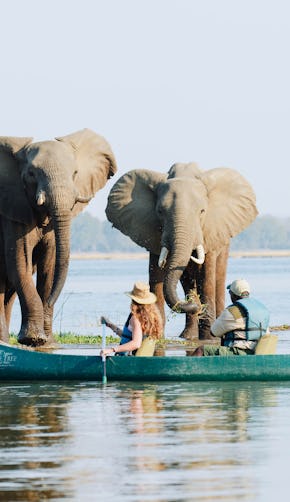
Not sure where to go?
Try our trip wizard to find your dream trip

- Destinations
- Winery Directory
African Safari Planning Guide: 20 Tips To Prepare and Book a Safari
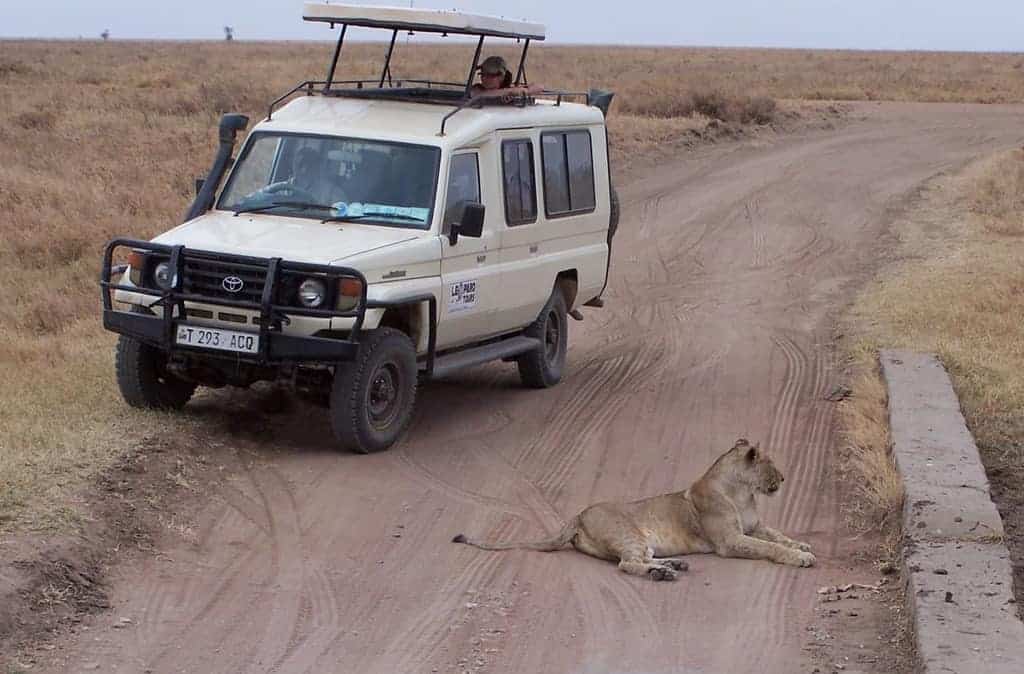
How To Plan a Safari
Are you dreaming of an African safari trip, or maybe you already have one planned? Here are 20 tips to help you plan your trip and manage expectations. While many of these tips will be helpful for any African safari trip, they are primarily focused on Tanzania and Kenya .
Select a Quality Tour Operator
Experienced guides with knowledge of the terrain and an understanding of the animals’ movements will maximize your safari adventure by increasing your wildlife encounters. Here are some of the most highly rated safari tour operators you might consider booking with.
There are many tour operators to choose from at a wide range of price points. The type of safari you choose, the time of year, and duration will factor into the cost. Mid-range and luxury safaris average around $350-$750 per person per day. Many ultra-luxury options are available where the accommodations alone may cost $1,500-$2,500 per night. When comparing prices ensure to review all inclusions, such as whether the lodging, guides, transportation, meals, and park fees are included. Entrance fees for adults at many parks range from ~$50-$80 per person per day.

When to Safari
Wildlife viewings are always plentiful, but seasons and wildlife patterns vary throughout the year and may be different depending on which country or countries you plan to visit. For example, June and July are generally your best months to witness the wildebeest migration in the Serengeti National Park. The wildebeest calving season, where an estimated 8,000 calves are born each day, typically occurs around February in the Serengeti. The migratory animals generally cross the crocodile and hippopotamus infested waters of the Mara River in Kenya around August through September.
Safari Resorts
Communicate with your tour operator ahead of time so you know what to expect at your resorts. Many safari resorts are located in the national parks virtually in the middle of nowhere. All of the resorts we stayed at were luxurious and uniquely designed and decorated. Many of our rooms were in individual cottages, huts, “tents”, or other separated structures. While our safari resorts were all very different, we experienced many commonalities. We were always welcomed with the warmest hospitality and graciously catered to and spoiled beyond measure. We were often greeted with smiling faces offering us freshly squeezed cold juice and a damp towel to clean off the dust.
Beds : Our beds were protected by a netting enclosure to help keep the creepy critters away. Underneath our sheets, as we crawled into bed were hot water jugs keeping the bed warm and toasty during the night. The heat was very calming and relaxing after a long day of safaris.
Hot Water : Hot water is not always consistent and may be rare in budget hotels. All of the lodges we stayed at had at least some hot water. At one of our lodges, we were given a card that outlined the limited time slots during the day when hot water was available. The lodge we stayed at before hiking Mount Kilimanjaro only had hot water available for about 5 minutes at a time.
Armed Escort : When returning to your room after dinner, expect to be accompanied by an armed escort to keep guard of lurking buffalo or other wildlife.
Overeating : Most of the lodges served full 3-course meals 3 times per day. The African-inspired meals were plentiful, varied, and delicious. While we had picnic lunches while we were on game drives, any time we returned to a lodge for lunch, a gourmet feast was waiting for us. Bush dining was offered at many of the resorts and is an experience you should try at least once during your safari vacation.
Resort Style Pools are offered at many of the lodges.
Common Swahili Words and Phrases
We always try to learn at least a few everyday basic phrases and greetings whenever traveling to a foreign country. While both Swahili and English are widely spoken in Tanzania and Kenya, knowing even a few words in Swahili is often well-received.
Swahili is one of my favorite languages. The words sound fun and put me in a good mood listening to them. I don’t think it’s possible to say “Jambo!” meaning “Hello” without smiling at least a little. Here are a few other basic phrases to get you started:
Asante sana – Thank you very much
Karibu – You’re Welcome
Choo – Toilet
Kwaheri – Goodbye
If you’re a 90’s kid, or otherwise loved The Lion King movie, you already know a little bit of Swahili. Hakuna matata translates to mean “no problem” or “no trouble,” and was a phrase we heard and used frequently. Other Swahili words from the popular animated movie include: Simba meaning lion, Rafiki meaning friend, and Pumbaa translating to foolish.
What to Wear
What to wear on a safari has little to do with fashion, although you can be as stylish as you like. You want to avoid wearing colors or patterns that may scare or confuse the wildlife or possibly get you into trouble with law enforcement.
Color Dos and Do Nots: Lighter, neutral-colored clothing with breathable quick-dry fabrics are your best options. Earth tone colors such as khaki, tans, browns, and olive green are excellent options because they blend in with the landscape. Bright colors are believed to scare animals and make them hide, which would defeat the purpose of going on a safari. We were informed tribal men often wear bright red as they believe it will scare the predatory animals from preying on their cattle. Your color options are more important if you’re doing a walking tour than during a game drive, but it’s always a good idea to give yourself the best chance to see wildlife.
Black and dark blue should be avoided as blood-sucking tsetse flies tend to be attracted to these colors. White may turn tan or khaki by the end of the day and may startle wildlife as it is reflective. Don’t wear animal printed clothing, which is prohibited at some zoos, as it can confuse animals. Wearing a pith hat/helmet may be offensive as symbolic of colonial rule. Wearing camouflage may cause unwanted questioning (or worse) by police and is illegal in some countries for anyone other than official military personnel to wear.
Quick-drying fabric is important as driers may be hard to come by. To avoid purchasing single-use clothing, I bought long-sleeve button-down shirts that were breathable and fast drying that were ideal for hiking, fishing, and hot boating days and then wore a tank top underneath. I also purchased quick-drying pants that converted into shorts, although I often preferred staying in long pants because of the dust and bugs.
Shoes : Close-toed shoes protect you from pesky critters. If you’re doing a walking safari, you’ll want sturdy well-broken-in hiking shoes.
Accessories : Wide-brimmed hats and sunglasses are important to help protect your face and eyes from the harsh sunlight. Bandanas, scarves, or something similar come in handy to help prevent dust from getting in your mouth and nose. Some even bring surgical masks.
If your safari trip takes you on smaller single-engine charter planes, packing light may be necessary. You should confirm weight and size limitations with the airline company. The small planes we flew on during our first trip to East Africa had a luggage weight limit of not more than 33 pounds, including any carry-on luggage and purses. There was also a size limitation not to exceed ~14.5 by 27 inches as larger bags cannot fit through the cargo door. If you absolutely must travel with additional luggage, purchasing a premium class seat or an extra seat may be an option.
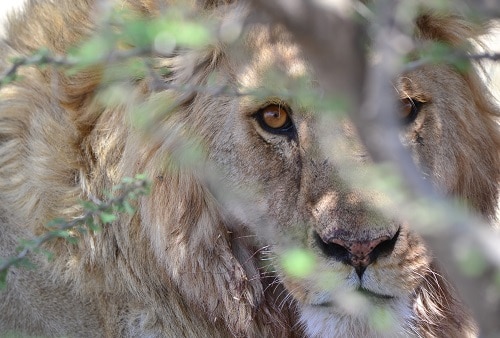
The Excitement of the First Wildlife Encounter
Seeing your first animals in the wild typically ignites excitement. While we had been told stories of how many animals we would see and how close they would get, it’s hard to appreciate the amount and closeness until witnessing it firsthand. Our first two sightings were an elephant and then a buffalo. Both were over 20 feet away and partially hidden by trees. We stood up through the roof of our safari vehicle frantically snapping pictures and staring in awe. Our guide encouraged us to continue onwards with the promise those were only the beginning. By the next day, we would not have looked twice at most animals that far away, unless it was one of the big cats or a rhino.
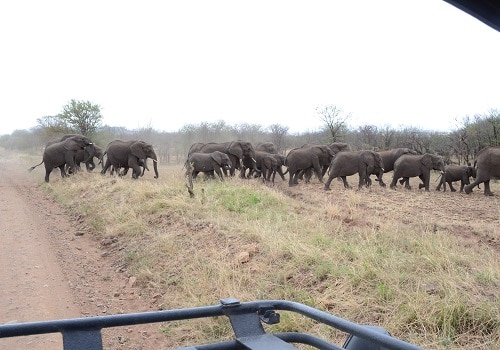
Animal Spotting
While bountiful wildlife is nearly guaranteed to greet you throughout your wilderness journey, you may not see every type of animal. The longer your safari holiday, the better your chances. Different parks are home to different animals. The most frequently sought after animals include the “ Big Five ,” which refers to the lion, leopard, rhinoceros, elephant, and buffalo.
Elephants, giraffes, zebras, wildebeests, buffalos, hippos, hyenas, baboons, gazelles, impalas, topis, and even lions (since they are often seen in prides) are generally easy to find and often can be seen in extremely close proximity to your vehicle. Cheetahs are commonly seen solo or in pairs. Leopards and then rhinoceroses may be the most difficult to spot.
The anticipation is high each day since you never know what surprises await you on a safari. Be on the lookout for wildlife throughout your safari experience. While the guides are excellent at spotting them, the more eyes searching only increase your chances of seeing highly sought after wildlife. Remember to talk in soft voices to avoid scaring the animals away.
Seeing a Kill is Rare
Manage your expectations. Being in the right place at the perfect time to witness the predatory cat stalk and kill its prey isn’t a common occurrence on a safari. It is, however, exciting to sit there in anticipation and maybe witness a chase.
Best Viewing Time of Day
Viewing wildlife is typically better earlier in the morning and later in the day. It is common to return to the lodge to eat lunch since many animals rest midday. Most of the lions and cheetahs we encountered during our safaris were lounging underneath the shade of a tree mid-afternoon.
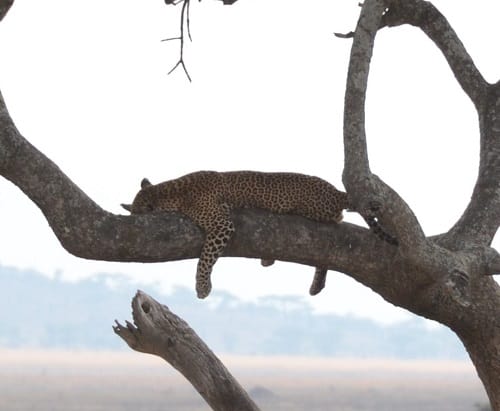
Bumpy and Dusty Roads
Driving is on the left side of the road in Tanzania and Kenya. Many roads are bumpy and dusty, especially within the parks where the roads are unpaved. Potholes and animal crossings are common. Make sure your mouth, nose, and eyes are covered and close your windows as you are passing or being passed by another vehicle as this often causes you to be engulfed in a cloud of dust.
Keep Car Windows Closed When Leaving Your Vehicle
Remember to close your car windows when departing your vehicle. Monkeys or other wildlife may let themselves in if you forget and destroy the vehicle. We saw this happen at a picnic stop when a family left their vehicle to use the restroom and left their windows open. Keep your hotel room doors and windows closed, as well.
Biting tsetse flies, mosquitoes, and other bugs are sure to tag along on your safari at least some of the time. Some of the bugs bite right through your clothes. Covering up and wearing insect repellent, especially in the evenings, will help. There’s even bug repellent sprays you can apply directly to your clothing. The bugs were only bothersome to me during a couple of days.
Public Bathrooms
Whenever a public bathroom is available, use it. The bathrooms are few and far between but were generally available by park entrances and designated picnic areas. The restrooms in the parks in Tanzania and Kenya typically had the option of at least one regular Western toilet along with squat toilets in the other stall(s), which are essentially little more than a hole in the ground.
Bring your own tissues/toilet paper and hand sanitizer (or other liquid soap) and keep them with you as many bathrooms were lacking in one or both. Our guides always had excess toilet paper and hand sanitizer, but I always prefer being prepared with my own supply.
Safety While on Safari
While safaris are generally very safe, it’s important to respect the wildlife and follow your guide’s instructions to maintain safety. Always stay in the vehicle during your safaris, unless you are at a designated area tourists are allowed to walk around.
When you are walking around, be mindful of where you step. If searching for an outdoor bathroom spot, ask your guide’s advice and don’t venture too far. Venomous snakes and scorpions may be in the bush. The big cats camouflage in the surroundings and may be closer than you realize. Buffalos, while herbivores, are extremely aggressive and dangerous toward humans.
If you need to walk around at night while at your lodge (such as to and from dinner), make sure a guard escorts you. There are generally no fences and wildlife can be anywhere. It was not unusual to see lions lounging or buffalos wandering very close to our lodges.
Keep your distance from hippos. While hippos appear very calm, they can be very aggressive, territorial, and are the most deadly large animal to humans in Africa. We watched enormous crocodiles shy away from approaching hippos defining their territory.
Upgrade Your Camera
This is a trip worth investing in a better camera or renting one. Having fast autofocus and a longer lens will help you obtain great photos of moving wildlife and/or wildlife that is a little farther away. My only regret from my first safari trip was not having upgraded our camera. After upgrading to a 200mm lens on my second safari trip, we wished we had a longer lens, such as 600mm .
Having a small tripod or a beanbag is helpful when taking pictures from the safari jeeps. A bigger tripod was impractical except at the lodges. Bring extra batteries and camera cards with you while out on safari.
Visas and Vaccinations
Check the websites for the Embassies of Tanzania and Embassy of the Republic of Kenya and their visa websites for the most current information, vaccination requirements, as well as any travel restrictions.
The CDC has a list of recommended vaccinations in Tanzania and Kenya . I recommend a visit with your local travel clinic in advance of your trip. At least one of the recommended vaccinations we needed required a series of applications. We needed to take the malaria pills at least a couple of days before our trip started and needed to continue taking them after we returned home.
Food and Drinking Information
Review the CDC’s eating and drinking safety recommendations to reduce the likelihood of travelers’ diarrhea and other diseases. For Tanzania and Kenya, the CDC recommends not drinking tap water, ice made with tap water, or eating undercooked fish, meat, or eggs, and raw or unpeeled fruits and vegetables that haven’t been washed in clean water.
Remember that not drinking the tap water includes not even using the water to brush your teeth. Most, if not all, the hotels we stayed at kept bottled waters by the sink in the bathroom, which served as a helpful visual reminder not to use the tap water. I’d recommend doing this even if your hotel does not as turning the sink on to rinse your toothbrush can be second nature.
Plastic Bag Ban
Check the status of whether and to what extent plastic bags are prohibited before traveling, as more and more countries, such as Tanzania, Kenya, and Rwanda, have plastic bag bans.
Get Articles Like These Directly in Your Inbox!
Subscribe to Winetraveler and receive notifications when new articles are published. It's free!
Email Address
Sign Me Up!
Login to view more Articles
Leave a comment, ask a question or share a review cancel reply, you might also like, best mornington peninsula wineries & wine tours for 2024, ultimate guide to visiting châteauneuf-du-pape’s best wineries in 2024, 16 best wineries to visit near rome in 2024, 15 best mclaren vale wineries & wine tours to try 2024, 15 best things to do in cape town during 2024, 7 day kenya itinerary: luxury safari & the big five, how to spend one week in tanzania, cheers to free membership.
Explore new paths. Travel expertise from locals and wine industry experts.
Get free access to all the goods:
- Exclusive articles
- In-depth itineraries
- …and more

8 essential tips for an unforgettable African safari
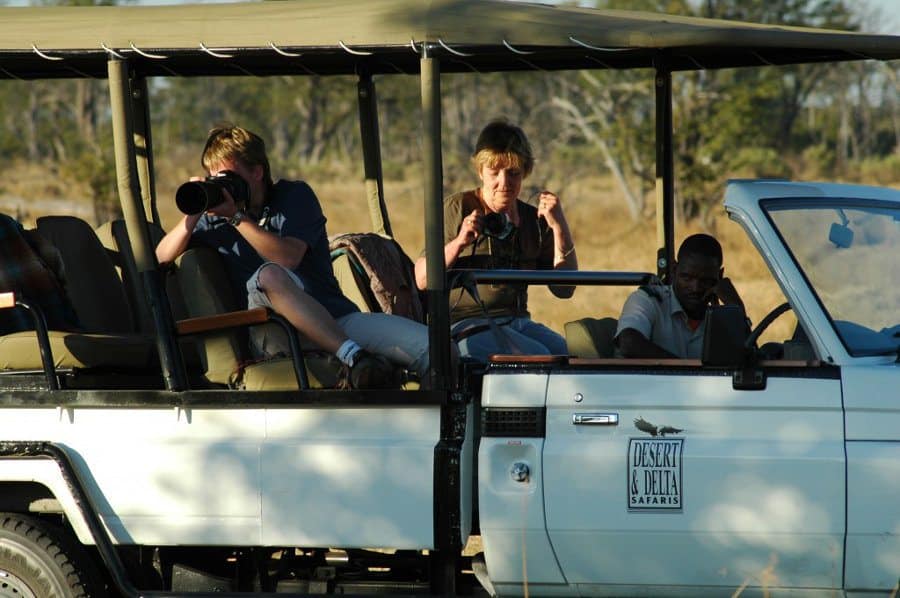
African safaris are a great way to disconnect from the rest of the world. They take you away from work and responsibilities. They take you away from time. They immerse you in a new realm and a rhythm that’s defined by nature.
By reading these tips it seems that you’re planning to make this dream a reality. You’re taking your suitcase, sunglasses, and binoculars to explore some of Africa’s best safari destinations.
GREAT IDEA!
Believe me, you have made the right choice. I’ve been going on safari for decades and I still can’t get enough of it . If you’re looking for unforgettable moments and a unique adventure, well, the answer is awaiting you in Africa.
Going on an African safari is an enriching experience . All at once it’s an idyllic experience marked by seclusion and serenity.
You will relax, completely.
It’s also the complete adventure, continually marked with surprise and unforgettable journeys. Then there’s the connection to nature and the wild that is forever inspiring.
Before embarking on your trip and getting deep into Africa, here are some essential tips and tricks to consider .
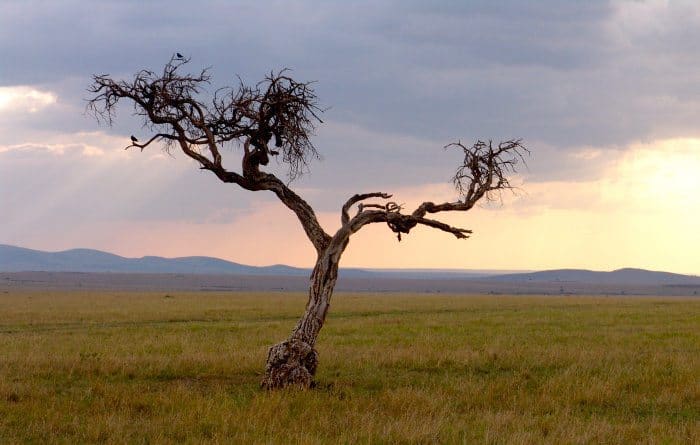
What is it that you are truly looking for in Africa? Are you an “animal freak” (just like me), or do you see yourself as a bird enthusiast ? Is your idea of safari hanging in a swimming pool and watching elephants? Or spending 12 hours bumping around the bush looking for lions?
Or perhaps all of the above? Before going further you need to define the purpose of your holiday.
Is it to discover what Mother Nature has to offer, or relaxing in a private hot tub overlooking the plains? Or, would you simply like to go on a sundowner cruise on Lake Kariba ?
Be specific and determine what you’re looking for. There are plenty of specialist safaris out there and more than enough diversity to satisfy everyone’s interests.
Once your desires are clear, you can start looking at selecting the right destination . Not everywhere in Africa is the same. Indeed, various destinations will have different facilities and things to do.
Some may not have an abundance of wildlife. But they might have other advantages, such as a stunning location, walking trails, and exciting activities not found elsewhere.
In other words, do your homework , pack up your bags, and get ready for the experience.
What are you waiting for? It’s time to go on a safari.
2. Destination
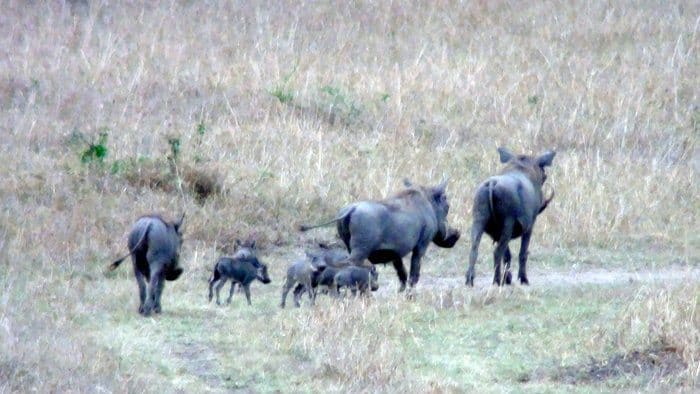
Africa is a huge continent with an infinite amount of choice when it comes to safari destinations. While it is true that Western Africa has some options available, the regions I’m most familiar with are Eastern and Southern Africa . These two are the ones that are most renowned for abundant wildlife .
They are a paradise for adventurers, an outdoor heaven, and perhaps the most extraordinary places on Earth!
If you are in love with the idea of safari and the savannah , I highly recommend that you visit these countries:
- South Africa
My top 3? If I had to choose, Tanzania would be first, followed closely by Botswana and Kenya .
3. Best time to visit

The best time of the year for safaris is during the dry season . Indeed, in the rainy season, water and food are plentiful. Animals tend to be more dispersed throughout the parks and game reserves.
Also, grass is much longer in some areas, making it more difficult to spot the wildlife. So not only does wildlife travel far and wide, it has many more places to hide.
In contrast, animals must congregate around the permanent water holes during the dry season. So in these months it’s easy to find an abundance of wildlife.
For East African countries such as Kenya and Tanzania, ideal times for game viewing include the periods of December to March , and from June to late September/early October .
It is especially during the latest months of the year that one can experience the Great Annual Wildebeest Migration –where almost two million animals gather and move together across the plains of the Serengeti and Maasai Mara National Parks!
I’ve had the chance to witness this spectacle: it’s absolutely breathtaking. Truly a once in a lifetime experience.
In Southern Africa , the most suitable times to visit are during the winter months from May to August , and the hot spring months in September and October . Temperatures are usually mild during the day, while a little cooler on early mornings and in the late afternoon.
4. Travel documents
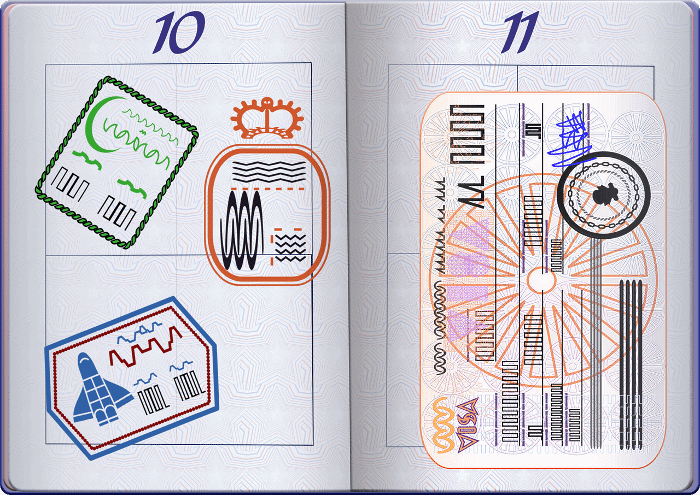
There are a few travel documents you must carry along with you. Firstly, you will need a valid passport . Make sure it does not expire within 6 months of your departure date and that it has sufficient pages. Most African countries require two blank pages or more.
So that’s four blank pages if you’re visiting two countries. Lastly, don’t forget to check visa requirements and bring a Yellow Fever vaccination certificate if required.
Most countries require a single-entry visa . In Kenya for instance, it costs about $50 (pricing may change over time). So make sure you do a little research before leaving your country.
As far as vaccinations are concerned, requirements vary from country to country. I’m not a doctor. If I were you I’d consult a specialist for legitimate advice. Here’s a list of inoculations that are usually recommended:
- Yellow fever
- Hepatitis A
Lastly : make sure you ALWAYS have your passport at hand, and a medical insurance policy to cover possible (albeit unlikely) emergencies.
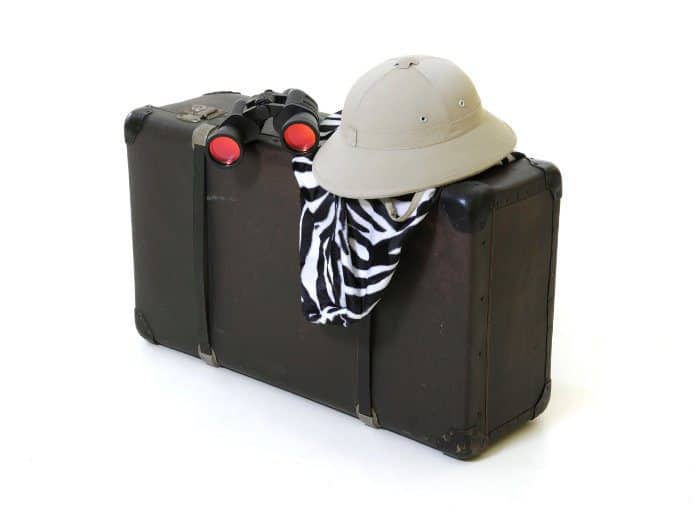
I don’t know about you, but I just LOVE to pack for a trip to Africa ! Here’s my ‘take away’ list :
- A suitcase ; ideally strong squashable luggage (duffel bags are perfect).
- Your passport and certificate of vaccination (oops… almost forgot the plane tickets).
- A wide-brimmed safari hat (perhaps a “Rogue” safari hat for the ultimate safari freak), sunscreen lotion , and a pair of sunglasses .
- Mosquito repellent (very important). In some cases, you may be advised to take prescription medicine to prevent malaria ( NB : beware of side effects).
- Good binoculars to spot your favourite animals (I recommend 10×50 for best viewing).
- A camera and spare batteries (100-300 mm lens ideally; 35 mm for portraits, landscapes, etc.).
- A few jerseys . (Yes, even in Africa. Early mornings and late evenings can be chilly, especially in Southern Africa.) Bring some long sleeve safari shirts as well.
- Zip-off safari trousers (saves you luggage space and they’re highly practical when it gets warm).
- A torch to prevent lucky/unlucky encounters with wildlife in the night (or for toilet emergencies in the bush).
- Books and travel guides . My personal favourites include:
– Signs of the Wild by Clive Walker .
– The Safari Companion by Richard D. Estes .
– Birds of Southern Africa by Sinclair , Hockey , and Tarboton .
- A Swiss army knife . These always come in handy, especially in the bush (don’t take them in your carry-on luggage or it will be confiscated by security).
VERY IMPORTANT NOTE : Oh yes, don’t forget your “eagle eyes” , so to speak, to spot what Mother Nature has on offer. An open heart is also a must. And finally, remember to bring some patience and respect , as wildlife doesn’t like loud noise.
6. Activities
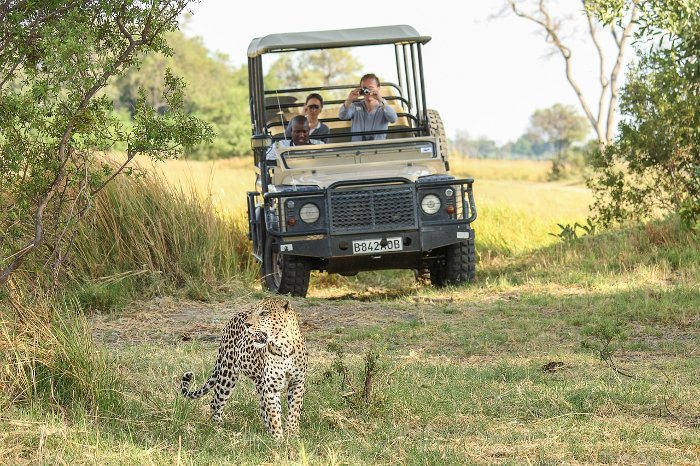
Lodges and camps typically have three main activities : game drives , walks , and night drives . Night drives in particular are more popular in Southern Africa as they’re not permitted in many East African destinations.
Some places may also offer sundowner cruises or even horseback safaris , though the latter primarily operate outside major parks, as they are less prone to potentially dangerous animal encounters.
Drives can take around 2-3 hours (depending on the chosen formula/safari highlights for the day), but could also continue all day long.
Early mornings and late afternoons are the best times for game viewing as it is cooler. Therefore, conditions are better for the optimal game viewing experience.
During the scorching middle of the day, animals tend to rest under a tree or hide in the thickets. They’re being lazy and aren’t at their enchanting best.
So this is a time to also take a siesta and rest. Or, perhaps you’d fancy a plunge in a swimming pool? The choice is yours.
- Game drives
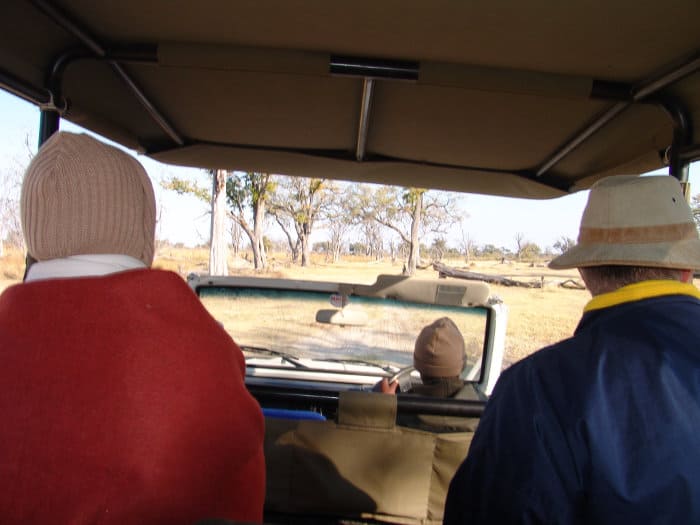
These drives are with a guide or ranger in open jeeps (most common in Southern Africa ), or minibuses (more popular in East Africa , due to the tsetse flies). Be ready to wake up bright and head out as dawn is just piercing the sky.
And make sure you wear a jersey or a blanket during the early hours. The second prime time is from mid-afternoon until sunset, when the mammals come out in the cooler ambiance.
My personal favourite is the night drive experience. You’re able to see nocturnal animals such as the elusive leopard , African genets and civets , hyenas , porcupines , and much much more. Some parks have almost 100 mammals and many of them are nocturnal.
It’s such a unique experience, especially when they allow you use the spotlight to scan through the night; looking for every sign or movement in the plains, from a shiny eye or an unusual noise . It’s like detective work at its finest.
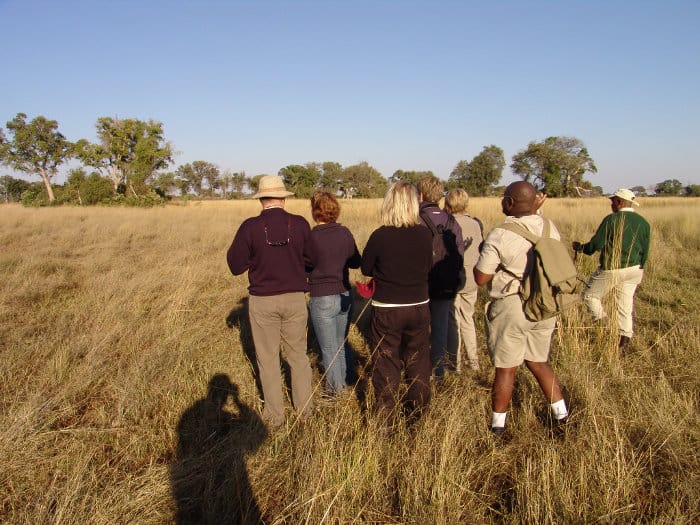
To say that safari walks are interesting would be an understatement! An armed guide walks you through the bush to experience a primitive side of nature . In some places, you’re guided by a barefooted indigenous animal tracker that can follow every little clue.
You will learn about animal tracks , droppings , and both the fauna and flora of the African savanna (especially trees and their values).
While the wildlife experience might not be as worthwhile in terms of animal sightings (you can’t cover as much distance as a game drive), the learning experience itself and the exotic birds you’ll encounter make it totally worth it.
Plus, you can only appreciate the size of animals when you’re sharing the ground level.
It’s an experience that should be on your Africa bucket list .
- Sun downer/Boat cruises
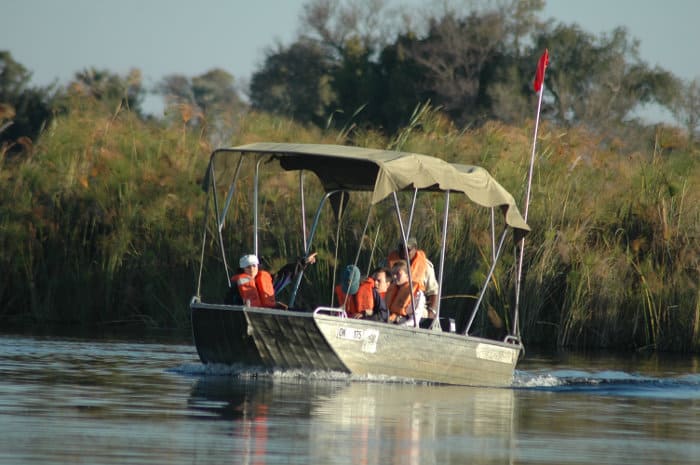
This is the way to go if you’re looking for a close encounter with hippos or crocodiles . You’re also going to have the chance to view animals that come down to the river for a drink . After all, everything from lions to tiny antelopes has to come and drink.
There will be ample opportunities to take some fantastic photos . For instance, the aquatic bird life that thrives around the riverine area is always a rich exotic sight.
7. Interests
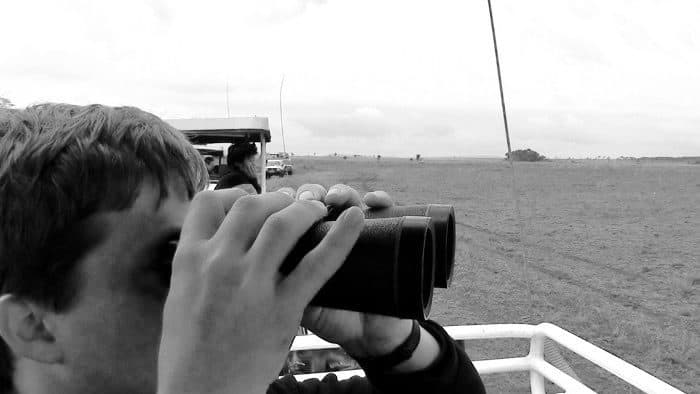
In most cases, professional guides will ask you what your main interests are before taking you on a walk or drive. If not, make sure that you tell them what you’re aching to discover.
Whether you’re looking for the big five or a specific animal or bird species, your guides should be more than happy to help realize your ambitions.
However, you must know that national parks are not zoos . You never know in advance what you’re going to see. In my opinion, this is the most exciting characteristic of safaris.
Some days are fruitful, while others are surprising and you might not see exactly what you hoped for. With that said, you’re often rewarded for your efforts and patience when you least expect it.
Never get discouraged! Have faith and be open to possibilities. The odds will eventually turn in your favour, especially on a longer safari.
8. The animals (and where to find them)
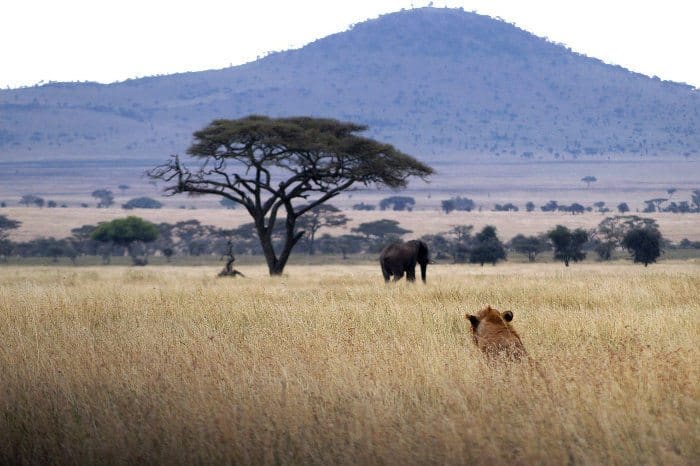
While there are no definite locations for finding specific animals , it is possible to associate certain animals with specific biomes . For instance: grazers live in grasslands, browsers in Miombo woodlands, and predators in open savannahs (although they can hunt everywhere).
If you’re searching for kudu , you’re unlikely to find them in open regions. This type of antelope is typically found in bushy areas where food is plentiful and they can pick leaves from the small trees.
Similarly, giraffes love Acacia territory . Leopards on the other hand are more likely to be seen up in a tree or in rocky areas (koppies).
Got the idea? Wonderful. 🙂
Safari njema . (Bon voyage)
About The Author
Michael Theys
Related posts.
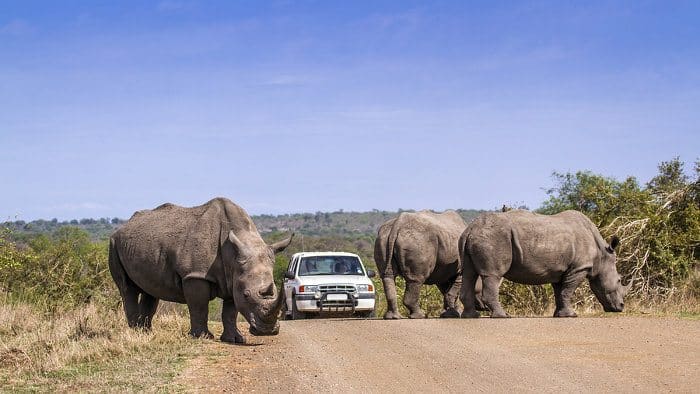
10 “lekker” ways to go on safari like a South African
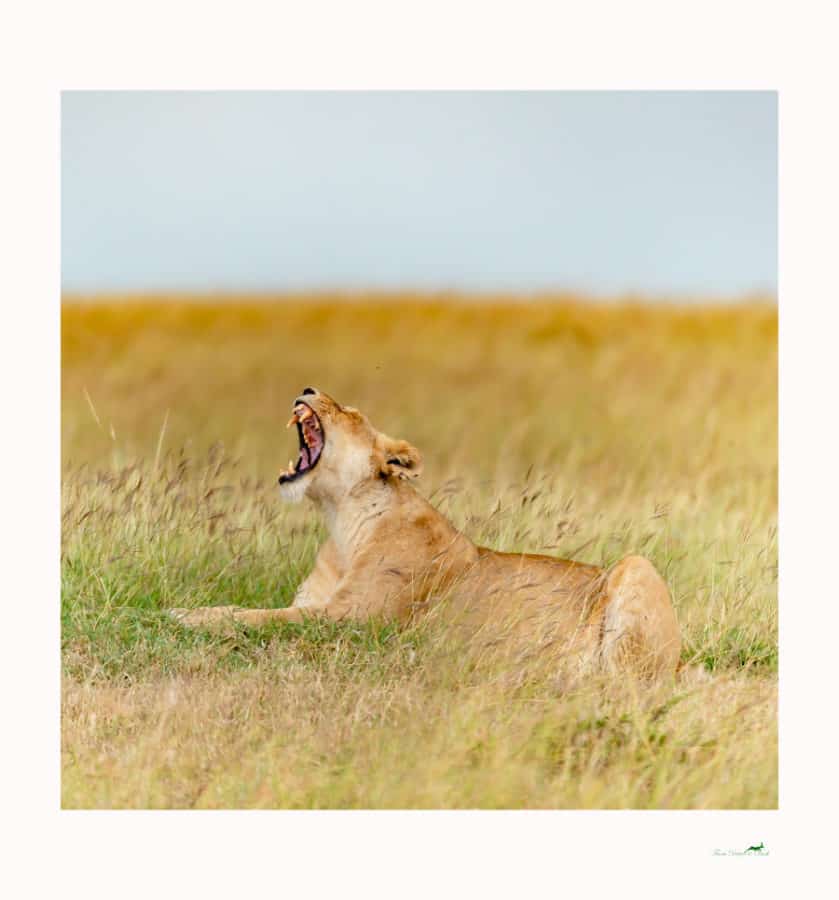
African safari simplified: Africa for beginners
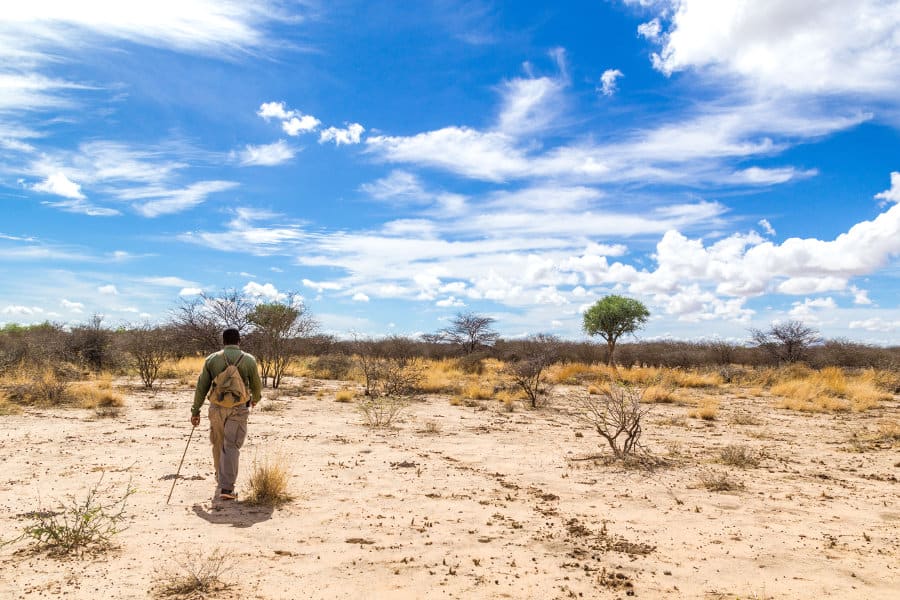
African safari tips: how much should you be tipping on a safari?
6 thoughts on “8 essential tips for an unforgettable african safari”.
I think it’s a great list, very well explained in brief.
Merci Hilde, ça fait plaisir à entendre! 🙂
Vraiment super Michael !
Que de magnifiques souvenirs, grâce à toi et ta famille.
Thanks guys! As you can see it’s still a work in progress. I look forward to having you as frequent visitors on my site. 😉
Love your site Mike. 😉
Keep it up!
You’re giving us great tips. 🙂
Go for it! :d
Nice site layout for your blog. I am looking forward to reading more from you.
Leave a Comment Cancel Reply
Your email address will not be published. Required fields are marked *
Safari In Africa: Consigli, Dove Andare, Quando Partire, Costi

Pianificare un safari in Africa non è semplice. Bisogna innanzitutto individuare la regione (o le regioni) in cui andare, quale cifra si vuole spendere per questa esperienza, in che periodo dell’anno si preferisce partire, se e quali vaccini bisogna fare, e così via. In questo articolo, daremo alcuni consigli importanti per organizzare un safari in Africa.
In genere, un safari in Africa è piuttosto costoso, con prezzi che possono variare anche molto in base al tipo di safari che si decide di fare. La durata del viaggio va chiaramente a influire sul costo, così come la scelta di avere più o meno comodità (come l’acqua calda o un letto comodo su cui riposarsi).
I più avventurieri, che vogliono fare un safari privo di troppi comfort, possono optare per un safari self-drive, noleggiando la propria vettura e decidendo come proseguire man mano che si va avanti con il viaggio, oppure overland in campi tendati o anche in hotel. Per andare sul sicuro è meglio scegliere le escursioni all inclusive. In ogni caso, bisogna essere preparati ad accamparsi in tenda e a viaggiare sulle 4×4 tra le savane e le selve africane. Se si decide di andare da soli, probabilmente bisognerà pagare un supplemento per la singola, dato che la maggior parte dei prezzi dei pacchetti tiene conto delle stanze doppie.
Safari overland in Africa
I safari overland rientrano generalmente nella tipologia dei più economici e anche dei più coinvolgenti. Un safari overland prevede la sistemazione in campeggi, per cui molto probabilmente si viaggia in gruppo insieme ad altri partecipanti. Nei safari overland può essere richiesta anche la collaborazione dei viaggiatori per svolgere alcune attività del campo; per esempio, i partecipanti possono aiutare nella preparazione dei pasti, così come nel montaggio e nello smontaggio delle tende, e così via.
Safari self-drive in Africa
Per i più avventurieri e per chi non ama seguire un itinerario prefissato il safari self-drive può essere la scelta migliore. Molti sono i tour operator che offrono la possibilità di noleggiare semplicemente un’auto e visitare i parchi africani da soli, senza guide o rigide tabelle di marcia da rispettare, in completa autonomia e libertà. L’importante è rimanere all’interno dei parchi pubblici. Questi infatti sono considerati sicuri e hanno strade percorribili agevolmente e segnali di direzione riconoscibili, per cui non si ha il rischio di perdersi nella natura selvaggia dell’Africa o di diventare cibo per leoni affamati.
Il safari self-drive può essere inoltre l’alternativa più economica. È infatti possibile pagare tutto al momento, man mano che si decide quali escursioni fare, dove andare a dormire, quindi in quali lodge o campi tendati fermarsi, quando e cosa mangiare. Si ha quindi la possibilità di decidere via via come proseguire con la propria esperienza di viaggio, optando per l’alloggio più economico o visitando i parchi e le riserve per conto proprio anziché con una guida.
Questo tipo di safari è consigliato soprattutto per chi ha avuto già esperienze di questo genere. Uno degli inconvenienti del safari self-drive è che, senza una guida locale ben informata, si rischia di mancare qualche avvistamento della meravigliosa fauna selvatica. Per evitare che ciò acada, si consiglia di informarsi molto bene sulle regioni che si ha intenzione di esplorare e sulla fauna di tali luoghi.
Alcuni operatori turistici italiani e del posto
Acacia Africa è un prestigioso tour operator del Sudafrica che ha sede anche a Londra. Diversi sono i pacchetti per safari overland e self-drive proposti da questa agenzia, e sono anche piuttosto convenienti, per qualsiasi budget e stile di viaggio.
Etosha.it è un sito italiano che propone numerosi pacchetti per safari in Africa, tra cui molte opzioni per safari overland e self-drive con prezzi davvero interessanti, che vanno dai 480 € per il self-drive fino ai 4000-5000 € per diverse settimane in un safari overland.
Tra gli altri tour operator italiani specializzati per i safari in Africa segnaliamo: africanexplorer.com, mokoro.it, iwsafari.com, territoriafrica.it, e africasafari.it.
Safari di lusso in Africa
Un safari di lusso in Africa offerto dai più rinomati tour operator può arrivare a costare migliaia di euro a persona a settimana, con prezzi all inclusive che coprono tour, cibo, bevande ed escursioni. I pacchetti di lusso mettono a disposizione tutti i comfort di una casa all’interno di tende eleganti e super attrezzate, ricche di tutte le comodità desiderate, inclusa l’aria condizionata e l’acqua calda. Insomma, un servizio da hotel a 5 stelle nel bel mezzo della savana. Gli alloggi extra-lusso possono arrivare ad avere anche prezzi superiori ai 1000 € a notte.
Tour operator per safari di lusso in Africa
Tra i migliori tour operator africani che offrono safari di lusso troviamo il Belmond Safaris. La sede del Belmond Safaris si trova nel Delta dell’Okavango, Chobe National Park, Moremi Reserve, Botswana. È possibile scegliere tra tre diverse tipologie di safari, ognuno con un proprio carattere distintivo: Khwai River Lodge, Eagle Island Camp e Savute Elephant Camp.
Safari in Africa: dove andare
Ogni regione dell’Africa è diversa dall’altra. È dunque impossibile catturare lo spirito e la cultura di un intero continente in pochi paragrafi, per cui abbiamo cercato di fornire una panoramica di alcune delle destinazioni africane più apprezzate per i safari. Le zone migliori e più popolari per i safari in Africa si trovano nella parte orientale e meridionale del continente.
Safari in Africa orientale
In Africa orientale gli stati migliori in cui fare un safari sono il Kenya, la Tanzania e l’Uganda.
Safari in Kenya
La fauna più selvaggia del Kenia si trova nella riserva faunistica di Masai Mara (Masai Mara National Reserve), parte della vasta pianura Serengeti, dove ogni anno (in particolare a ottobre e ad aprile) numerose mandrie migratorie di gnu, zebre e altri animali si recano in cerca di pascoli migliori. Qui sotto, una suggestiva foto che ritrae due mongolfiere che sorvolano una mandria di gnu nella prateria del Masai Mara.

Al di là del Masai Mara e del Serengeti si trovano tanti altri parchi in cui c’è molta fauna selvatica, come le migliaia di eleganti e colorati fenicotteri che occupano i tanti laghi alcalini e ricoperti di soda cristallizzata nella Great Rift Valley. Nell’immagine qui sotto, una colonia di meravigliosi fenicotteri rosa nel lago Nakuru, in Kenya.

Anche se il Kenya è una delle destinazioni più famose e apprezzate per i safari, il paese è a rischio di attacchi terroristici nonché di rapimenti o altri tipi di violenza, in particolare nella zona di Lamu e nella provincia Nordorientale (North Eastern Province). Prima di partire per questo Stato è bene dunque assicurarsi che non vi siano problemi di questo tipo, magari consultando il sito della Farnesina.
Safari in Tanzania
La Tanzania ospita il Parco Nazionale del Serengeti, il miglior parco in cui avvistare le grandi mandrie di fauna selvatica africana. Qui si trovano tutti e cinque i cosiddetti “big five”, ovvero i “grossi cinque”: elefante, rinoceronte, bufalo, leone, e leopardo. Nella foto qui sotto, un facocero ( Phacochoerus africanus ) nel Serengeti National Park.

Altri siti di notevole importanza in Tanzania sono il parco nazionale del Kilimangiaro, i parchi marini al largo della costa e l’Area di conservazione di Ngorongoro, in cui si trova il cratere di Ngorongoro e la gola di Olduvai. Il cratere di Ngorongoro è uno dei più grandi crateri vulcanici al mondo, e qui vivono oltre 30000 animali; mentre la gola di Olduvai è uno dei siti preistorici più importanti della Terra, considerata la culla dell’umanità. Nella foto qui sotto, il Monte Kilimangiaro fa da sfondo a due maestose giraffe nel Kilimanjaro National Park.
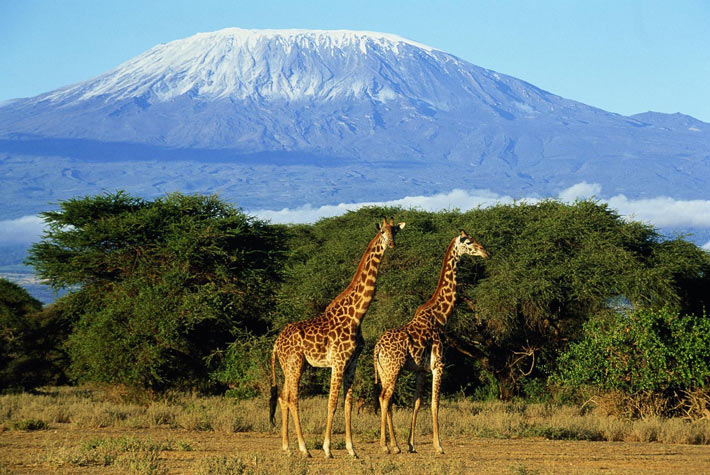
Safari in Uganda
Le destinazioni più gettonate per i safari in Uganda sono la Foresta impenetrabile di Bwindi e l’isola di Ngamba, che offrono ai visitatori l’indimenticabile opportunità di osservare i gorilla di montagna, gli scimpanzé e molti altri primati nel loro habitat naturale. Qui è inoltre possibile avvistare coccodrilli, ippopotami e uccelli esotici, nonché ammirare le impetuose acque delle Cascate Murchison formate dal Nilo Bianco, che attraversa parte del Murchison Falls National Park. Nell’immagine qui sotto, un gorilla di montagna nel parco nazionale impenetrabile di Bwindi.

Safari in Africa meridionale
In Africa meridionale, i migliori safari si possono fare in Botswana, Namibia, e Sudafrica.
Safari in Botswana
Probabilmente il Botswana è una delle destinazioni più costose dell’Africa per via della spinta da parte del governo per incentivare il turismo di fascia alta, tant’è che è tra i luoghi più gettonati per i pacchetti di lusso. Da non perdere, la riserva faunistica nel parco nazionale del Chobe, famoso per essere il luogo con la maggiore concentrazione di elefanti. Nella foto qui sotto, alcuni degli animali presenti nel Chobe National Park: elefanti, zebre, gazzelle e altre antilopi.
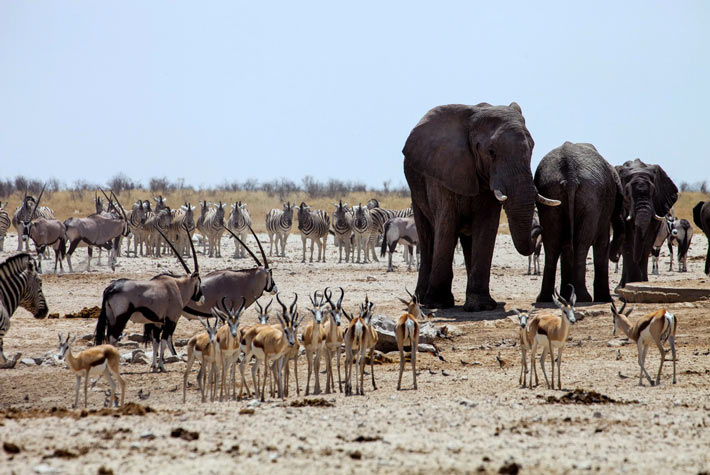
Anche la riserva di caccia Moremi (Moremi Wildlife Reserve) permette di avvistare tantissimi esemplari dei “big five”. È inoltre possibile visitare il Delta dell’Okavango, in Botswana, dove poter scorgere coccodrilli, bufali, zebre, ippopotami e molti altri animali nei corsi d’acqua e nelle isolette del delta. Nell’immagine qui sotto, alcuni viaggiatori fanno un giro in canoa nelle verdi acque del Delta dell’Okavango.
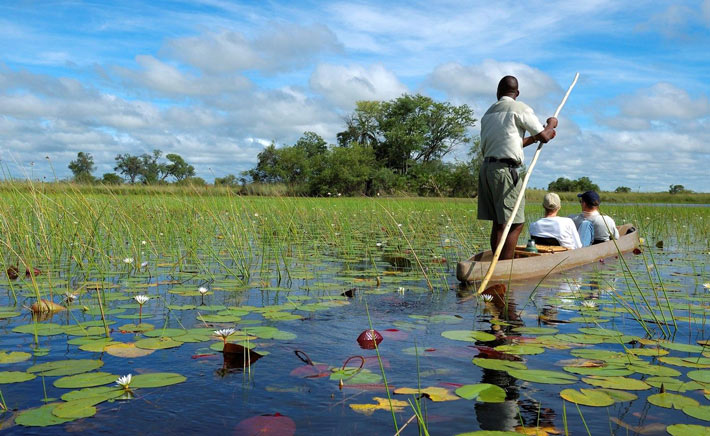
Safari in Namibia
La Namibia è una dele mete più apprezzate per i safari di qualsiasi tipo. È un paese ricco di meraviglie naturali incredibili, dal maestoso Fish River Canyon (foto qui sotto) al deserto del Namib.
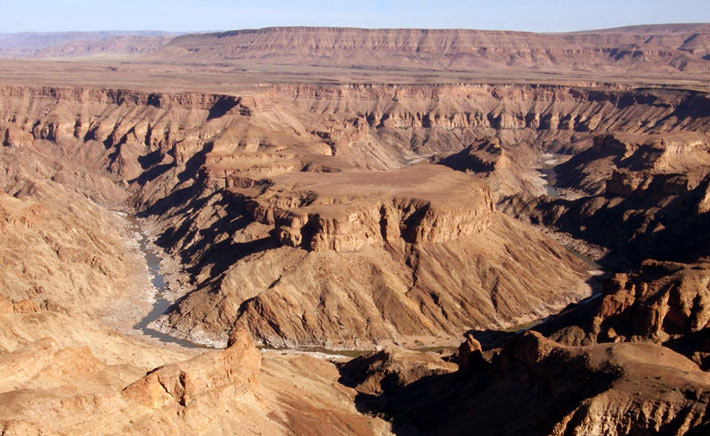
Nel parco nazionale d’Etosha ci sono più di 100 specie di mammiferi, tra cui anche animali in via di estinzione come il rinoceronte nero. E poi ci sono gli elefanti e le zebre che vagano tra i paesaggi desolati del Parco Nazionale della Skeleton Coast, in Nambia, uno dei luoghi più aridi dell’Africa e del mondo . Nell’immagine qui sotto, uno degli ingressi principali allo Skeleton Coast National Park.

Safari in Sudafrica
Il Sudafrica è una destinazione particolarmente apprezzata per i safari, quindi è anche molto attrezzata per questo tipo di esperienza, con infrastrutture organizzate e moderne. In alta stagione sono molti i viagiatori che si recano in questo paese, in particolare nel parco nazionale Kruger (foto qui sotto), che ospita una varietà impressionante di animali africani e si trova nella più grande area di conservazione al mondo.
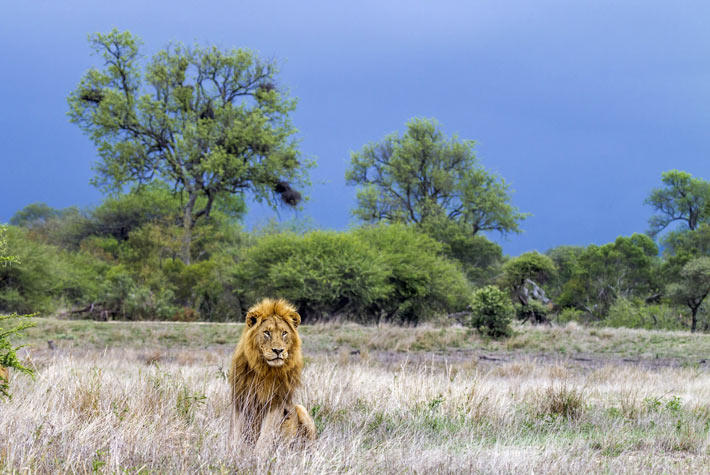
Un altro parco da visitare in Sudafrica è senza dubbio il Greater Addo Elephant National Park, che con ogni probabilità è l’unico parco al mondo in cui è possibile giocare al Big Seven Game, ovvero alla “caccia” ai grandi sette aninali nel loro habitat naturale: elefante, rinoceronte, bufalo, leone, leopardo, balena, e squalo bianco. Nell’immagine qui sotto, un branco di elefanti si disseta nel Greater Addo Elephant National Park.
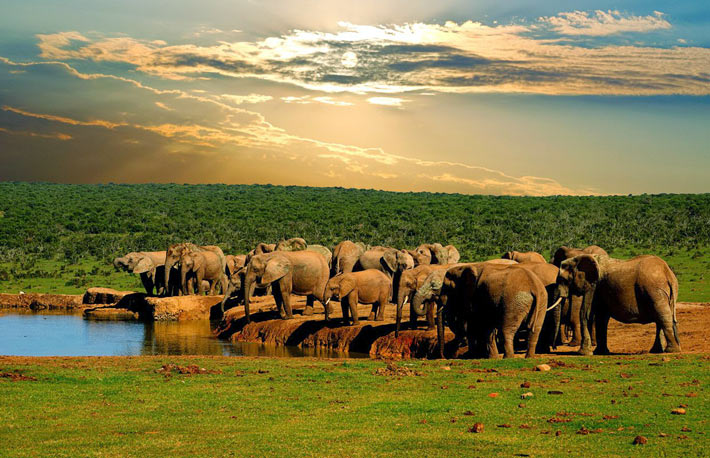
Lascia un commento Annulla risposta
Do il mio consenso affinché un cookie salvi i miei dati (nome, email, sito web) per il prossimo commento.

A Guide on African Safaris for First-Timers
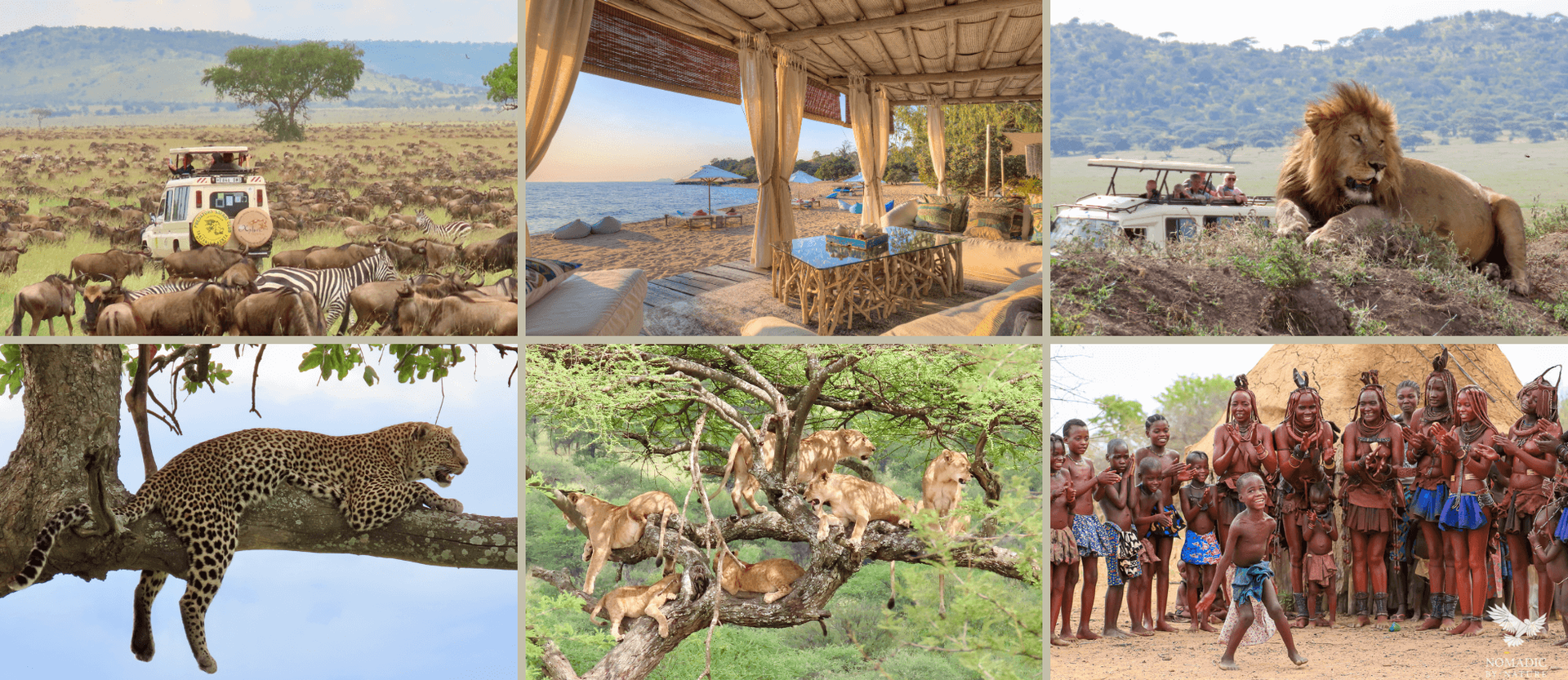
Have you ever dreamed of an African Safari? Africa offers a variety of breathtaking destinations and unforgettable experiences, making the decision quite overwhelming.
That's where eXplore Plus Travel and Tours comes in, offering invaluable guidance for newcomers to the safari scene.
This guide breaks down some of the top first-time safari tips and destinations for new travellers, highlighting the can't-miss wildlife encounters and breathtaking landscapes each has to offer.

- Wildebeest Migration: Witness the spectacle of nearly two million wildebeest, zebra and gazelle making their way through the Serengeti in search of greener pastures.
- Ngorongoro Crater: The world's largest inactive volcanic caldera is a natural enclosure for over 25,000 animals. Safaris here almost guarantee close encounters with wildlife.
- Mount Kilimanjaro: While not traditionally a "safari," scaling Africa's tallest free-standing mountain offers the chance to hike through five vastly different ecological zones and catch glimpses of antelope, buffalo and even leopards.
- Serengeti National Park: The Serengeti hosts one of Earth's last major overland migrations. As the stomping ground for the Great Migration, lion prides and cheetah sightings.
From the wildebeest's thundering migration in the Masai Mara to the majestic elephants of Amboseli, Kenya offers a safari experience teeming with iconic wildlife and breathtaking landscapes.

- Masai Mara National Reserve: See the Great Migration River crossings at their most dramatic from July to October in this iconic grassland habitat. You’ll also spot resident hippos, elephants, big cats and more iconic species year-round.
- Tsavo National Park: Divided into Tsavo East and Tsavo West, these parks comprise four per cent of Kenya's total land area. Take a safari to scout the red soil landscape for elephants, Masai lions, buffalo, rhinos and 1000+ bird species.
- Mount Kenya: Scale Africa's second tallest mountain for incredible vistas of glaciers, moorlands and forest belts where elephants and zebras roam below.
- Kenyan Coastline: After wildlife viewing inland, head to the Kenyan beaches along the Indian Ocean. Snorkel among the coral reefs, kayak with dolphins or relax with an exotic cocktail in hand.
Enjoy intimate encounters in Botswana. The Okavango Delta awaits mokoro canoe adventures, vast elephant herds in Chobe, and starry nights under endless Kalahari skies.

- Chobe National Park: Spend sunsets drifting down the Chobe River, watching staggeringly large herds of elephants bathing and slaking their thirst on the shores. Over 120,000 elephants reside here.
- Okavango Delta: Safari by mokoro canoe or motorboat through the lush waterways and papyrus-fringed islands dotting Africa's largest inland delta. During rides, you'll paddle alongside bathing buffalo, grumbling hippos, and yawning lions.
- Zebra Migration Tours: Over 50,000 zebra migrate across the Makgadikgadi Pans from December through April in the world's second-largest overland migration. The salt flats also host meerkats and brown hyena families.
- Chobe Houseboats: Multi-day houseboat cruises down the iconic Chobe allow you to camp alongside the river, gazing across Namibia by night and seeking out wildlife daily. It's ideal for first-timers craving a relaxing, scenic experience.
- Chobe National Park: Witness unforgettable sunsets as you drift down the Chobe River, marvelling at large herds of elephants, bathing and quenching their thirst along the shores - a sight that will leave you breathless.
Witness thundering Victoria Falls, track elusive black rhinos in Hwange, or explore Mana Pools' hidden waterways teeming with elephants and hippos.

- Mana Pools National Park: Specialising in walking safaris and canoe excursions, visitors can dive deep into Mana’s floodplain habitats alongside expert guides to track lions, African wild dogs, hyenas, leopards and herds of elephants across open grasslands fringing the Zambezi River by foot.
- Victoria Falls Tours: From helicopter, joyrides giving you a birds-eye perspective over the majestic falls to adrenaline pumping while whitewater rafting through its rapids, Zimbabwe's iconic World Heritage Site will leave you captivated from every angle.
- Zambezi River Floating Tours: You'll gently drift on the majestic Zambezi River, with the untamed wilderness on either side. It's an ideal adventure for first-time travellers seeking both the tranquillity and excitement of Zimbabwe's unique landscapes.
Rwanda's blend of adventure, culture, and breathtaking beauty makes it the perfect choice for your first safari adventure.

- Unforgettable wildlife encounters: Track mountain gorillas in Volcanoes National Park or embark on a chimp trek in Nyungwe Forest.
- Safety and security: Rwanda enjoys exceptional stability and is renowned for its warm hospitality, making it an ideal entry point to the continent.
- Diverse landscapes: From the misty volcanoes to lush rainforests and shimmering lakes, Rwanda's scenery is a feast for the senses.
- Cultural immersion: Discover the beauty and variety of local traditions, visit genocide memorials, and learn about Rwanda's remarkable resilience journey.
- Luxury and comfort: Choose from world-class lodges and eco-friendly camps, ensuring a comfortable and unforgettable safari experience.
SOUTH AFRICA:
South Africa is the go-to destination for first-time visitors to the continent. It’s known for its accessibility, affordability, pride in local wines and exceptional lodgings.
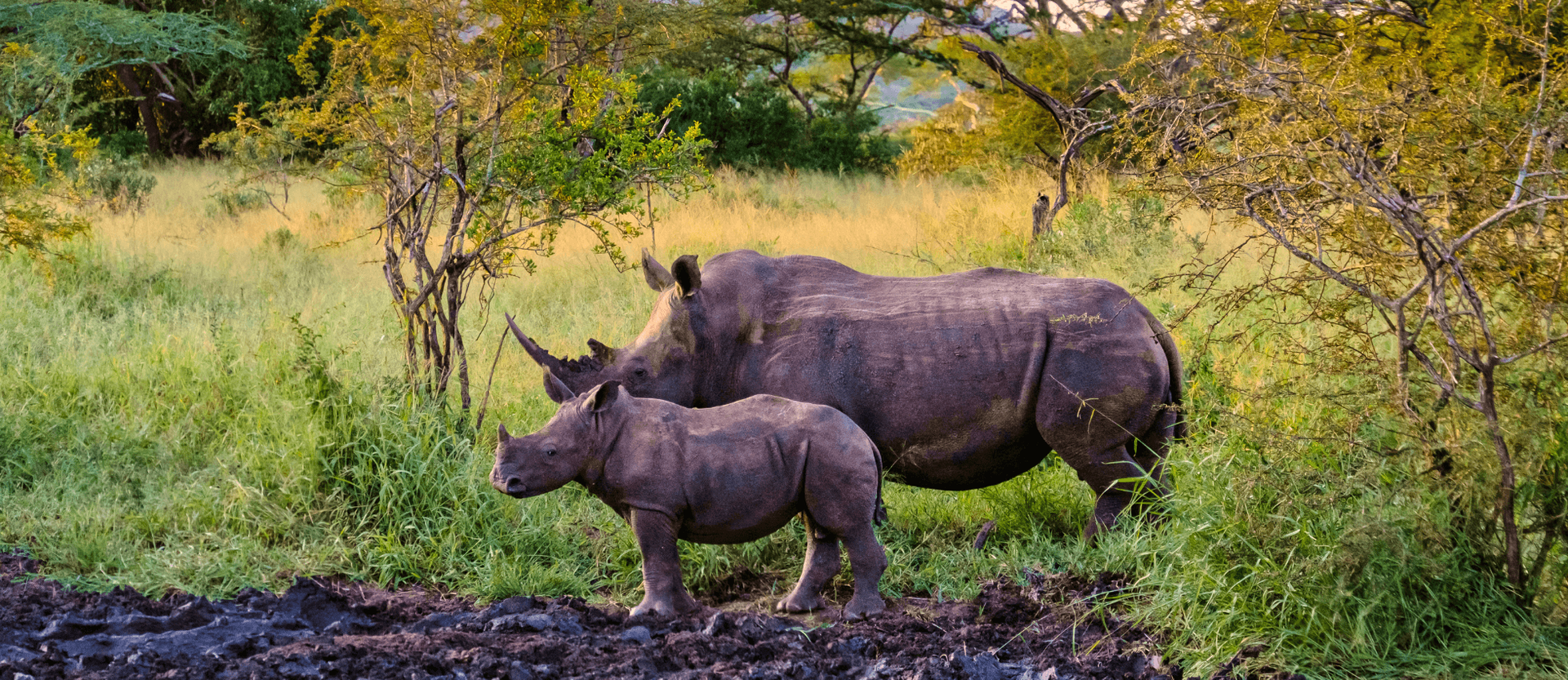
- Kruger National Park is South Africa's top national park because of its incredible diversity and density of wildlife, including the Big 5. Its accessibility by road, enabling excellent self-drive safaris, makes it prime for first-timers.
- Big 5 Safari: Spot the Big 5 roaming across private areas encircled by luxury lodges.
- Wilderness Safaris: Imagine the thrill of spotting elephants, lions, and leopards in their natural habitat. South Africa’s Wilderness Safaris offer a unique blend of adventure, education, and relaxation, making them an ideal choice for those new to the safari experience.ng everything from leopards to lions, African wild dogs, and 400 species of birds.
Whether you’re planning to travel to Tanzania, Kenya, Botswana, Zimbabwe, Rwanda or South Africa, eXplore Plus Travel and Tours offers superb first-time safari adventures packed with spectacular wildlife sightings, comfy lodging options catered to various budgets, and unrivalled beauty that is waiting to be discovered.

< Older Post
Newer Post >
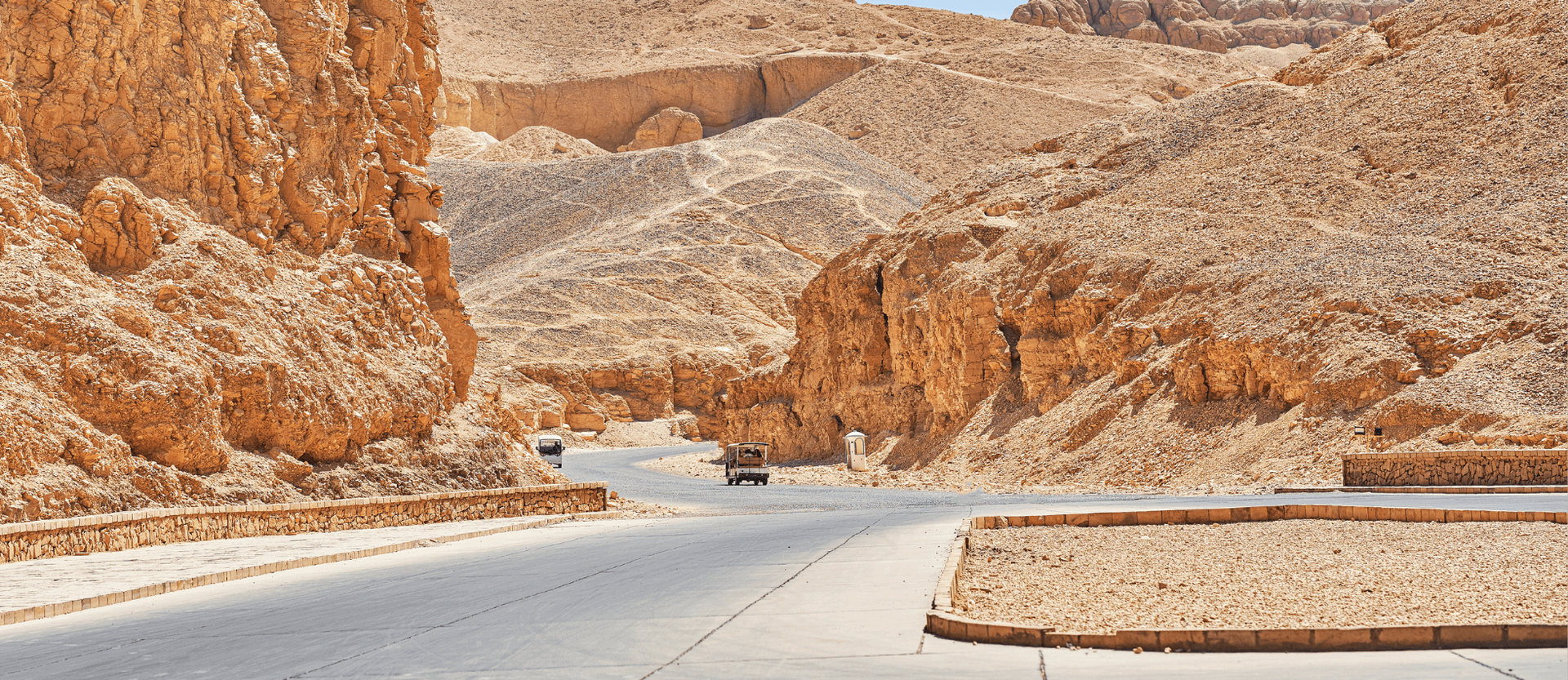
The Valley of the Kings an What to Expect
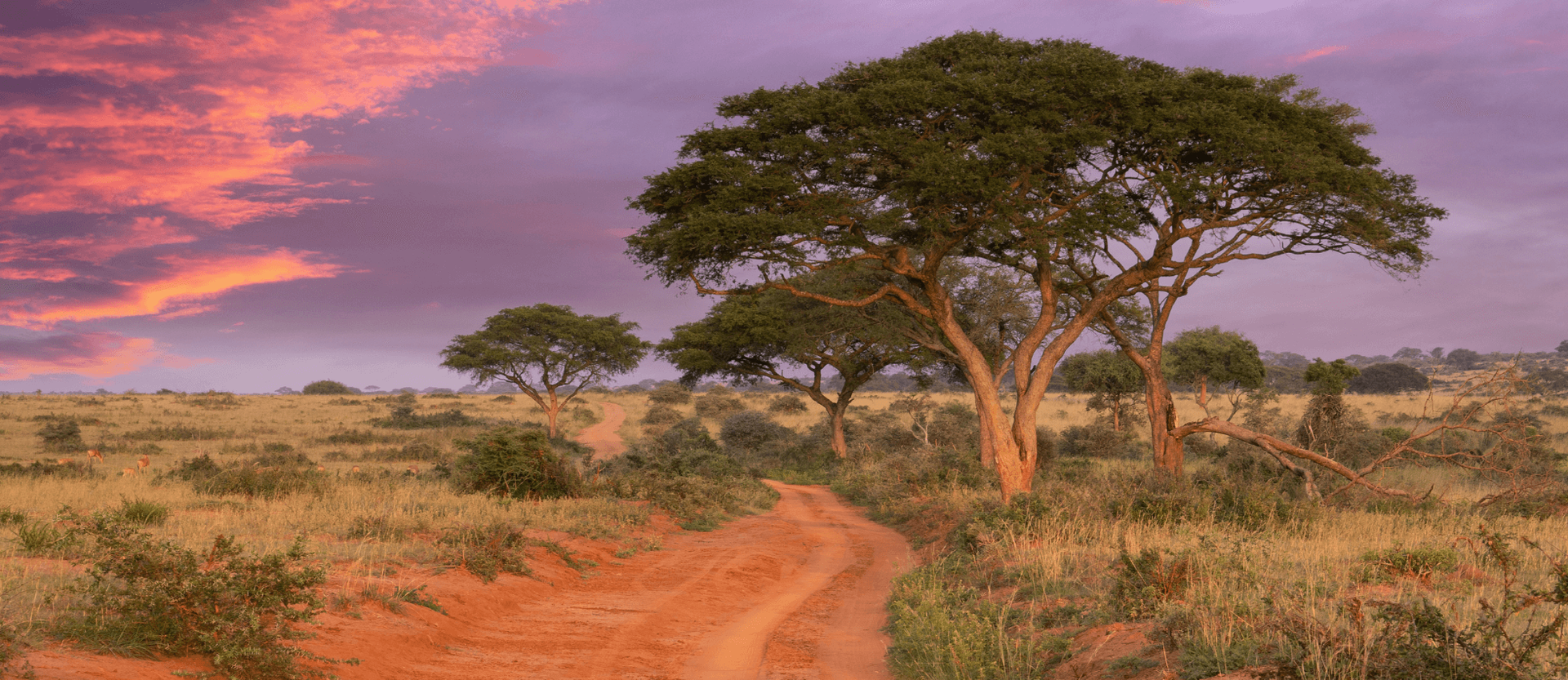
How a Guided Tour of Uganda Can Change Your Life
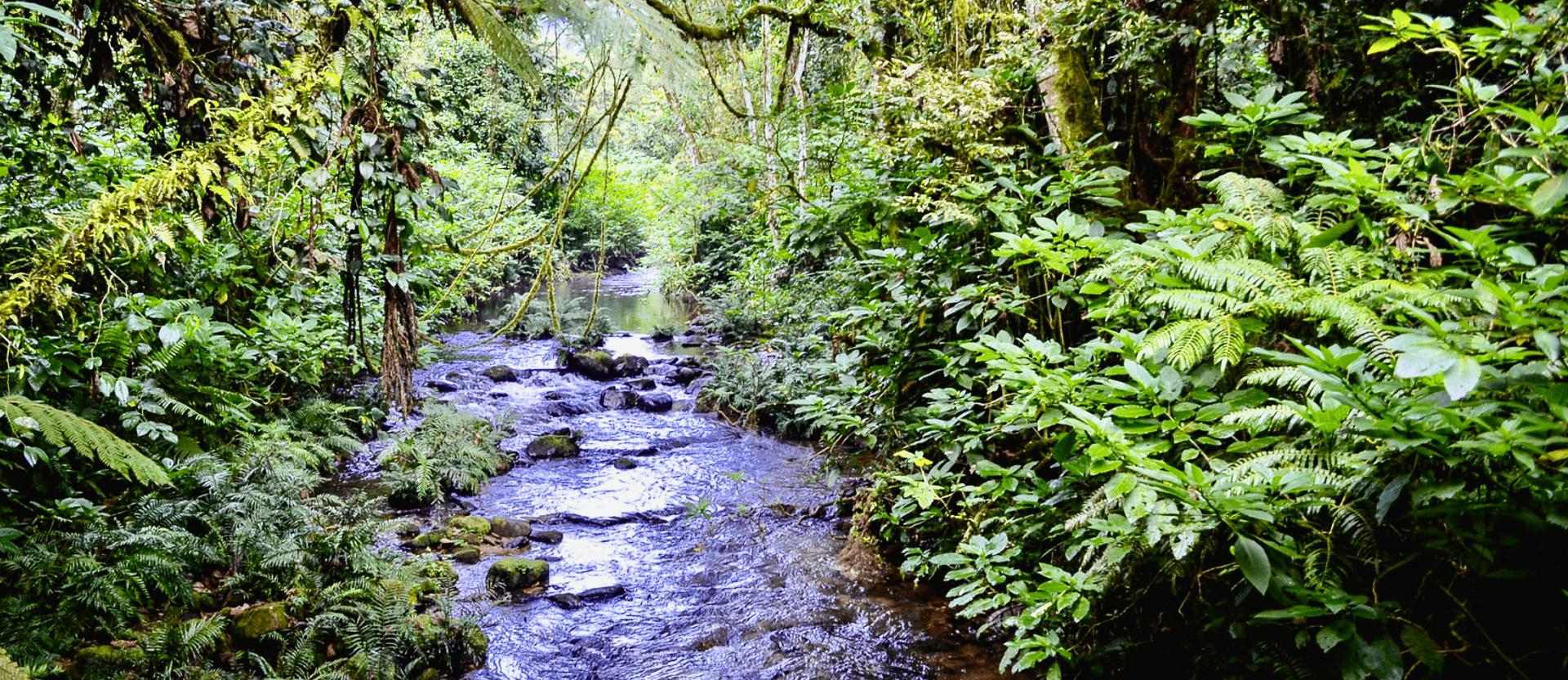
UGANDA - The Impenetrable Forest in Uganda
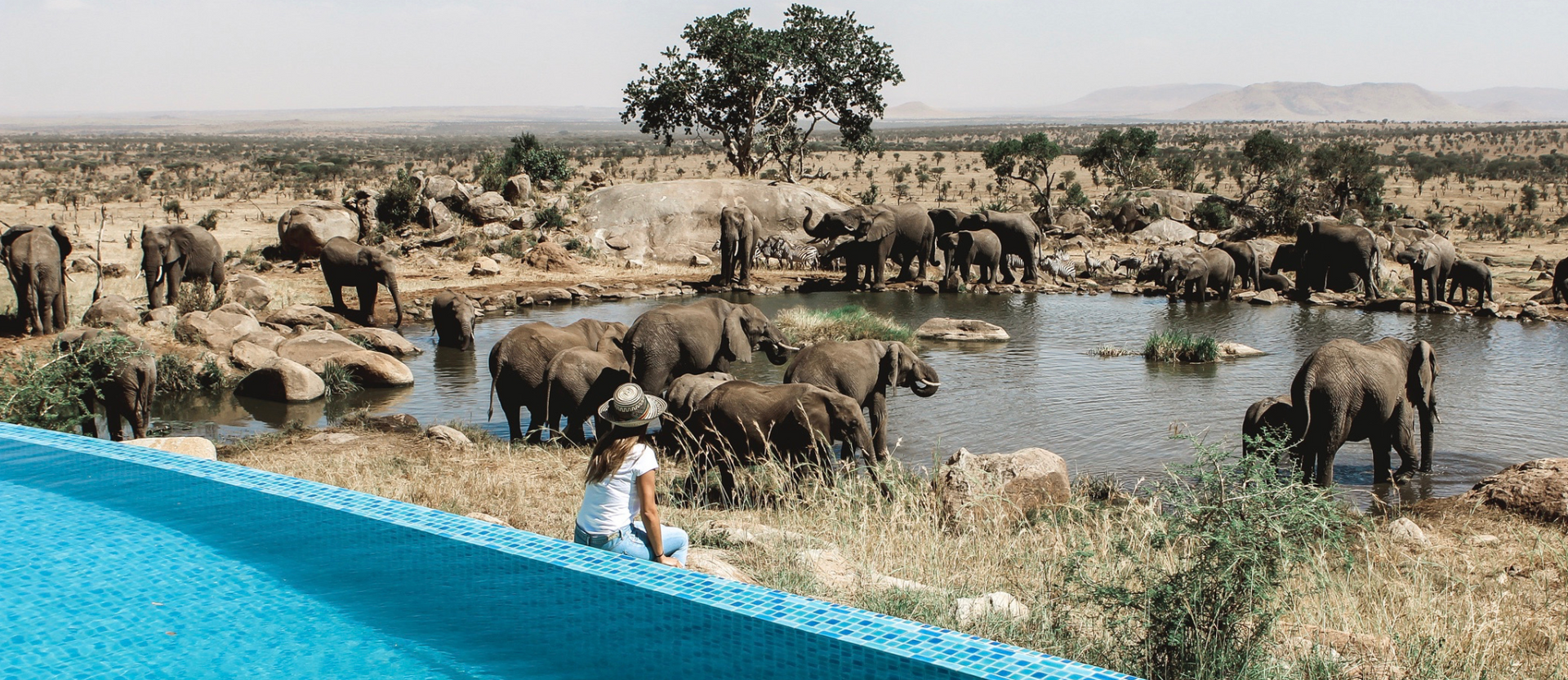
5 Best Lodges to Stay when visiting the Serengeti National Park
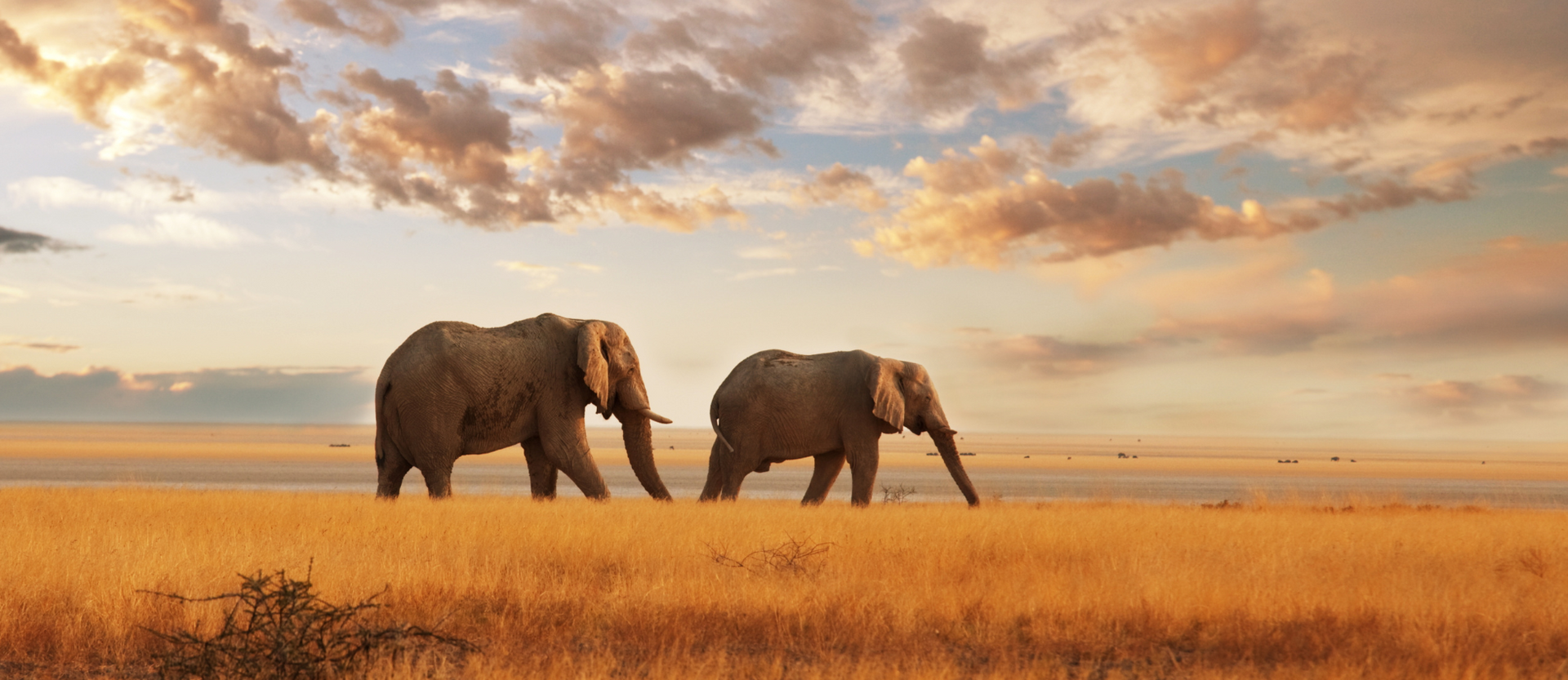
The Top Picks for People looking for a Kenyan Safari
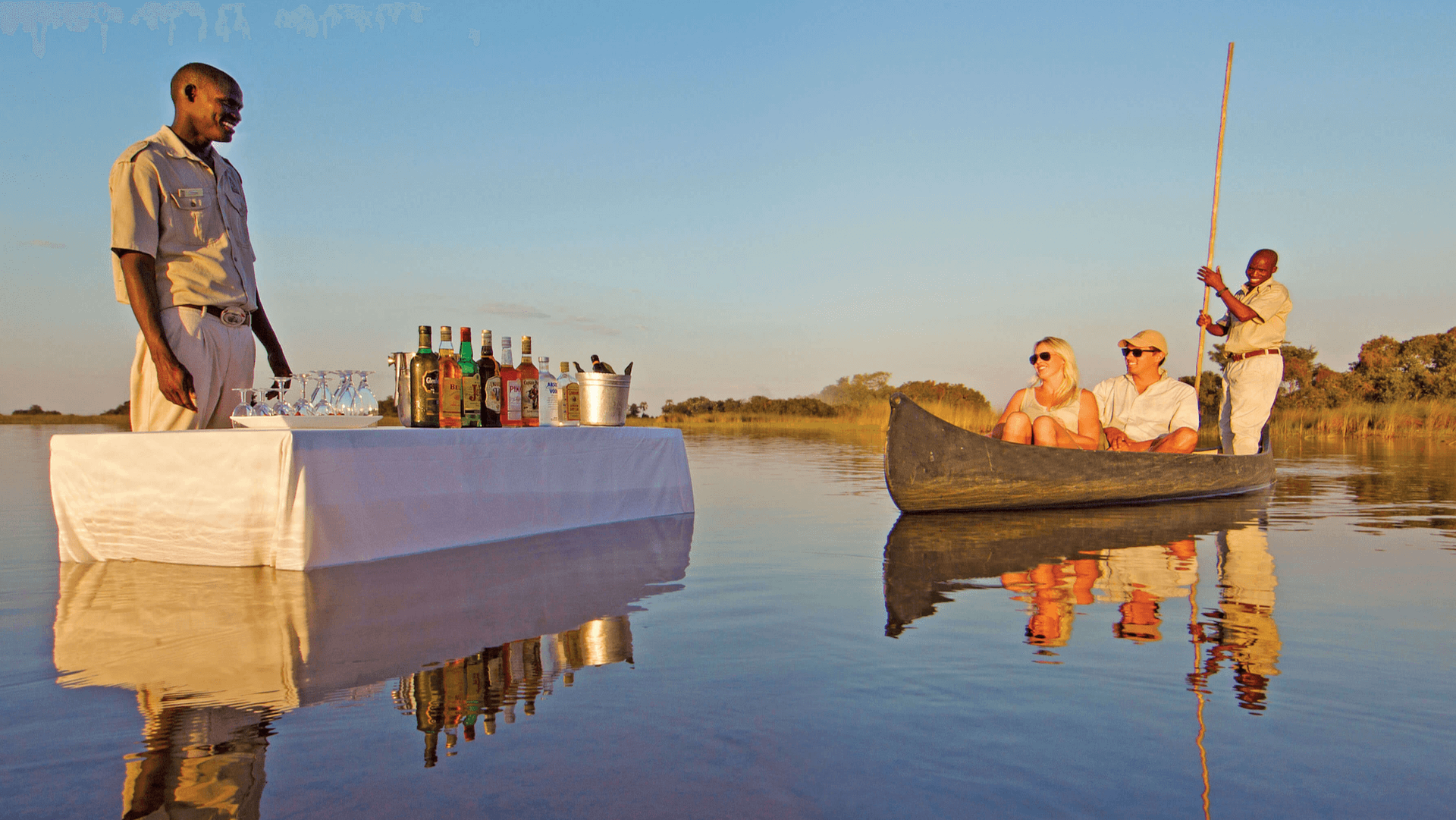
The Best Wildlife Safaris for Any Wildlife Enthusiast
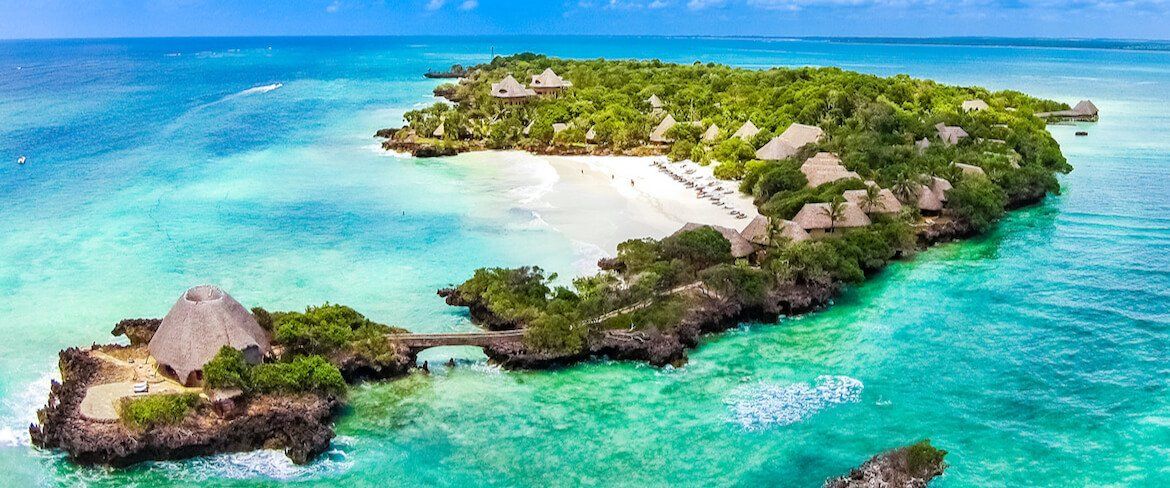
Planning Your Kenya Safari – What You Need To Know
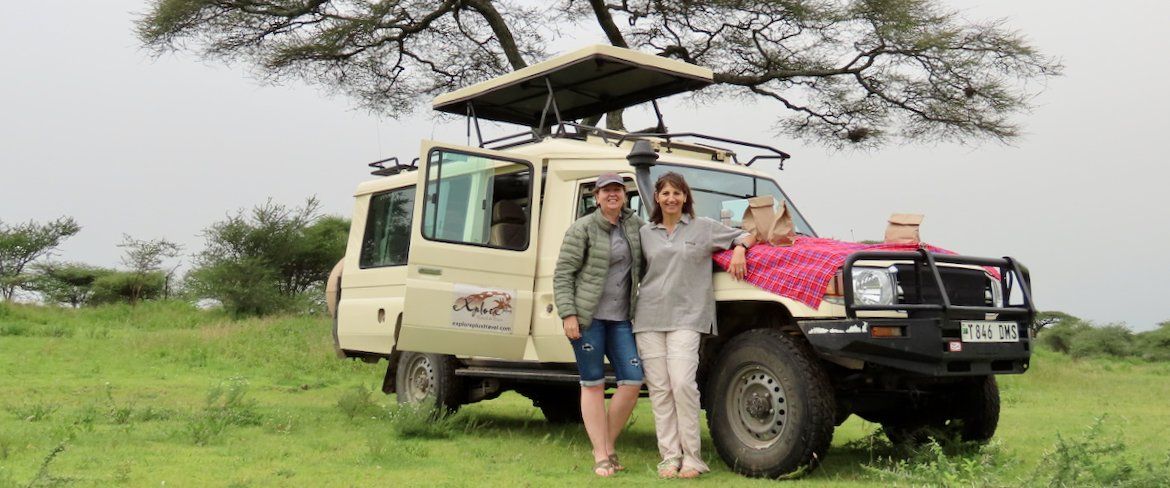
Travelling to Tanzania: Is it safe?
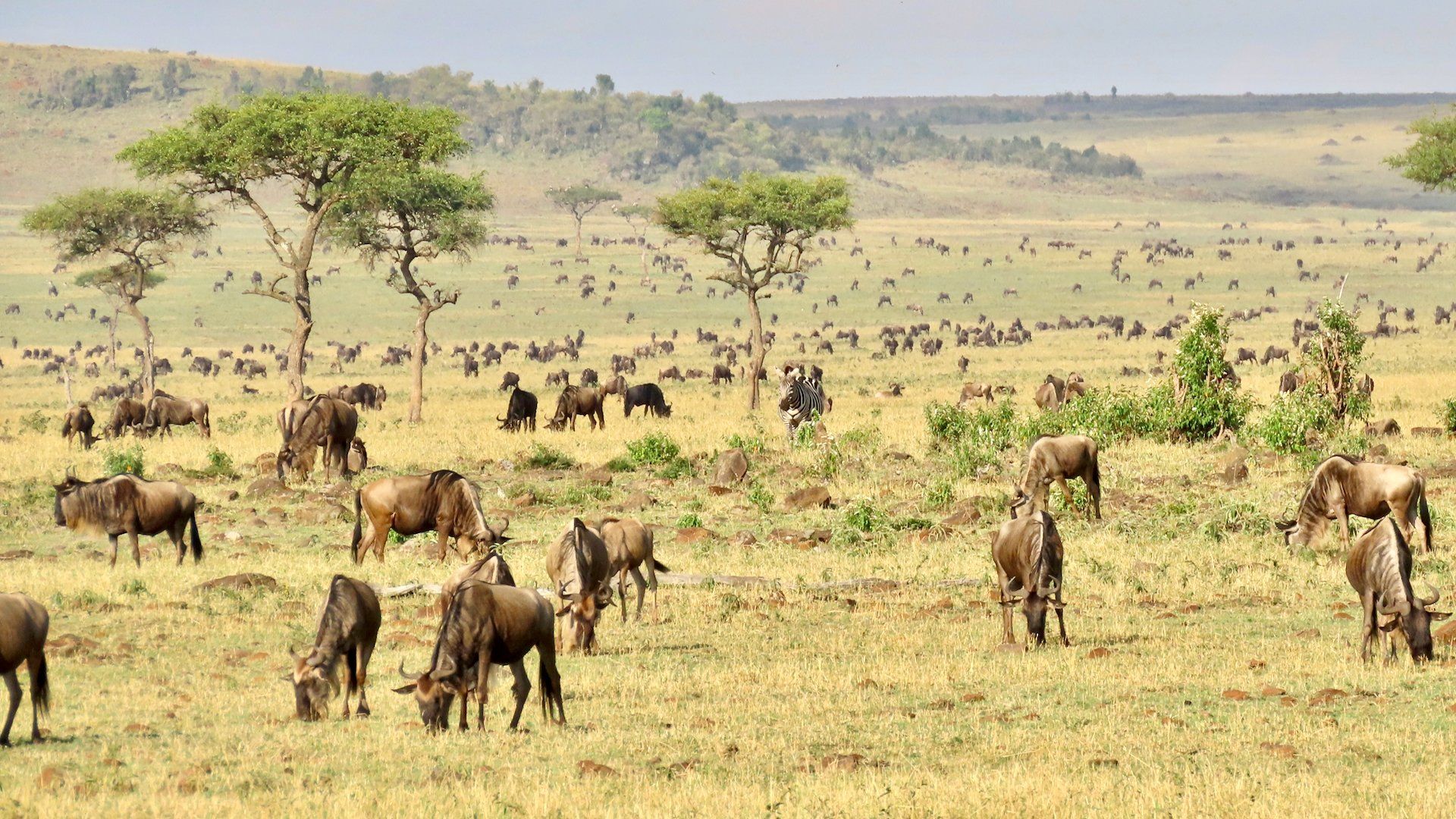
How To Book a Masai Mara African Safari
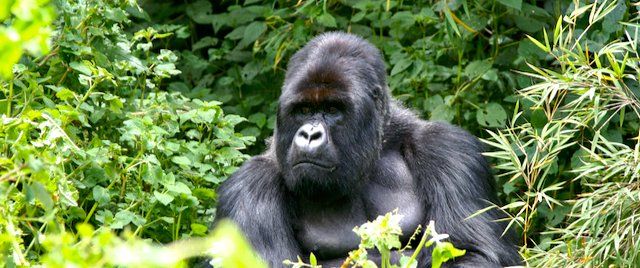
Budget Gorilla Trekking in Rwanda
What our clients say about our safaris & tours, get in touch.

SIGN UP FOR OUR NEWSLETTER
Africa is calling – sign up to our newsletter today get exclusive access to the latest on exclusive offers, getaways and travel inspiration..
I consent to my submitted data being collected and stored.
Copyright © 2023 Digital Zoo Website Design Company - All Rights Reserved
Domain Registration | Email Address | Website Design | Graphic Design | Social Media Management | Search Engine Optimization | Online Marketing | Web App Developer
All Rights Reserved | Explore Plus Travel & Tours
Privacy Policy | Terms & Conditions
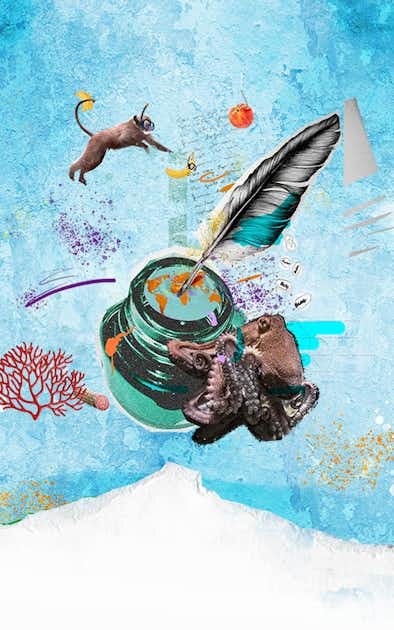
Safari in Africa: ecco dove farlo

Stai bazzicando qua e là sul web cercando cosa fare nelle vacanze, quando ti è capitata la foto di un tramonto spettacolare, dai colori infuocati, con un elefante davanti che si fa una passeggiata tranquillo. È una foto bellissima, e a furia di guardarla inizi ad vederti lì: su una jeep, con un binocolo in mano, che vaghi per la savana tra animali pazzeschi.
Poi ritorni alla realtà, fissi lo schermo del tuo computer e pensi: "Perdindirindina, ma io devo asssolutamente andare a fare un safari! in Africa" . Ed è proprio dopo questa decisione, che inizieranno a ronzarti in testa un sacco di domande. Tra queste sicuramente la prima: dove farlo questo safari?
Eggià, perchè scegliere il posto giusto per fare un safari in Africa è fondamentale. Ogni Paese ha le sue caratteristiche, ogni parco le sue particolarità. Per fortuna, mentre vagavi sul web, hai trovato questo articolo. E quindi tranquillo, te lo spieghiamo!
Safari in Africa: i paesi e i parchi migliori
Uno dei posti più conosciuti dove fare un safari in Africa Un grande classico, intramontabile: il Kenya. Il Kenya è sicuramente una delle mete più gettonate per fare un safari: laghi, foreste e parchi naturali come il famoso Masai Mara. Il Masai Mara è uno dei parchi più belli d'Africa dove poter fare un safari. Qui si trovano quelli che vengono chiamati "i grandi 5": il leone, il rinoceronte, il leopardo, l'elefante e il bufalo. Ma non solo! Ad accompagnare i big five ci sono anche giraffe, gnu, zebre, gazzelle e antilopi. Sempre al Masai Mara, nella stagione giusta, si può assistere a uno degli spettacoli animali più belli del continente: la grande migrazione degli Gnu.
2) Tanzania
E se abbiamo citato il Kenya, non possiamo non parlare della Tanzania, una delle mete più popolari e meritevoli per fare un safari in Africa . In Tanzania infatti la natura è davvero da pazzesca, soprattutto grazie alle sorgenti di due dei maggiori fiumi del pianeta: il Nilo e il Congo, il lago Vittoria, il più grande del continente africano, e il lago Tanganica, il più profondo. Nel nord del Paese, tra il lago Vittoria e il Kenya, si trova il Parco nazionale del Serengeti, una delle più importanti aree naturali protette africane e Patrimonio dell'Unesco. Il Serengeti ospita la più grande concentrazione di erbivori del mondo. Qui si può assistere alla grande migrazione di gnu, zebre e gazzalle, che appunto migrano verso il parco kenyota del Masai Mara. Gli animali iniziano la migrazione radunandosi nella vallata del Serengeti dopo le piogge per partire verso nord. Nel mese di ottobre ritornano a sud, verso la Tanzania e il Ngorongoro, per la stagione riproduttiva.
L’Uganda sta diventando una meta sempre più popolare per fare un safari. Qui si ha la possibilità di farne uno davvero unico: un safari per vedere i gorilla di montagna nel Parco del Bwindi, dichiarato Patrimonio dell'Unesco . In questo parco si parte alla ricerca dei gorilla facendo un trekking nella foresta, chiamata impenetrabile perchè maggior parte del suo territorio è raggiungibile soltanto a piedi. In altri parchi della zona invece, come il Queen Elizabeth o il Kibali, si possono avvistare leoni, giraffe e anche qualche elefante. Senza dimenticare poi gli scimpanzé! Unici di questa zona. Insomma, merita decisamente una visita!
Quando si deve scegliere dove fare un safari, impossibile non parlare della Namibia . La nostra mete preferita per un safari! Il parco più famoso del Paese è il Parco dell'Etosha, che ha già nel nome la caratteristica più particolare dell’area che lo ospita. Etosha significa infatti “grande luogo bianco” o “luogo di acqua secca” esattamente come il colore del suolo del deserto salino, l'Etosha Pan, che occupa gran parte del suo territorio. In questo parco è possibile avvistare tutti i big five e non solo: rinoceronti (sia bianchi che neri), elefanti, kudu, leoni springbok, zebre, giraffe, leoni, sciacalli, leopardi. Il Parco è ben organizzato: esistono diverse pozze artificiali che, in assenza di acqua, attirano gli animali e permettono ai viaggiatori di vederli da vicino. In alcuni campeggi le pozze saline sono illuminate anche di notte e permettono la visione ravvicinata anche della fauna notturna. Una figata. Noi abbiamo fatto un safari pazzesco in Namibia: dai un'occhiata ai nostri EPISODI DI VIAGGIO IN NAMIBIA andati in onda nella nostra rubrica al Kilimangiaro, Rai 3.
5) Sudafrica
Spesso si associa un il safari africano ad un viaggio in Sudafrica. Questo perchè il Sudafrica offre davvero una scelte infinita di posti dove fare un safari . Il parco principale è il al Kruger National Park , inaugurato nel 1988 e protetto dall'Unesco, che si trova nel Nord del Paese e si estende su 20000 chilometri quadrati di territorio. Tutti i campi all'interno del Kruger sono ben organizzati e disponibili: spesso i viaggiatori vengono aiutati nell'avvistamento degli animali grazie a bacheche e lavagne usate per segnalare i punti di avvistamento dei Big 5 (Leone, Leopardo, Bufalo, Elefante e Rinoceronte), gli animali più ricercati durante il Safari! È uno strumento molto utile specialmente, per i viaggiatori che stanno facendo un safari in self-drive che vanno alla ricerca disperata del leone e del leopardo! In generale il Sudafrica è il paese più sicuro da percorrere in self drive (insieme alla Namibia), con ben 414 chilometri di strada asfaltata che corrono dall’ingresso sud all’ingresso nord del parco.
Zambia! Il paese in cui è nata una tipologia di safari particolare: il walking safari , ovvero il safari a piedi accompagnati da esperte guide del posto, per scoprire poco a poco angoli nascosti e osservare da vicino le centinaia di specie animali che vivono qua. Lo Zambia è considerato la "gemma d’Africa", ha diversi parchi un cui poter fare un safari. Tra questi il Lower Zambezi National Park che offre tantissima fauna selvatica intorno al fiume Zambesi e attività uniche, come gite in barca e in canoa; oppure i l Parco nazionale del Kafue, uno dei pochissimi posti in africa australe dove si può fare un safari in mongolfiera.
7) Botswana
Il Botswana, chiamata la terra dei giganti perchè casa della maggior parte degli elefanti d'Africa: ci vivono circa 120.000 esemplari. Se siete alla ricerca di un safari super wild, immersi nella natura totale, allora il Botswana è la vostra meta! Il paese infatti è ancora incontaminato e l'incontro con gli animali è molto facile. I Parchi da visitare sono tanti e diversi! Il Chobe National Park per esempio, è stato il primo parco nazionale istituito in Botswana, nel 1968, ed è suddiviso in quattro aree geografiche tra cui la più conosciuta è il Chobe Riverfront, il paradiso degli elefanti. Fare una crociera lungo il fiume Chobe, è sicueramente una delle esperienze più belle che potreste mai fare: grazie alla costante presenza di acqua, le rive di questo fiume sono frequentate da molti animali. Qui è normale imbattersi in grandi branchi di erbivori e famiglie di elefanti che verso sera si dissetano al fiume. C’è poi l’immenso delta dell’Okavango : un habitat unico ed incredibile che si può visitare in mokoro (barctradizionale) o con un volo a bassa quota durante il tramonto. Sul delta è possibie avvistare antilopi, gazzelle, zebre, bufali, elefanti, leoni, leopardi, ghepardi, ippopotami e coccodrilli.
Un paese che sta emergendo con le sue proposte safari è il Malawi, ancora poco turistico e conosciuto. Diversi sono i parchi che si possono visitare! Come il parco del Majete, il regno degli elefanti dove sono presenti anche leoni, leopardi, rinoceronti neri, bufali, antilopi, zebre. Oppure il Parco nazionale del Liwonde, famoso perché si può fare uno dei safari in barca più belli: accompagnati da una guida locale su una barca di dimensioni ridotte, si possono ammirare elefanti che si abbeverano a pochi metri di distanza, ippopotami che grufolano, babbuini o coccodrilli. Non una delle prime mete, ma se si è alla seconda esperienza safari perchè no: date fiducia al Malawi, ne rimarrete sorpresi! Noi l'abbiamo fatto: dai un'occhiata ai NOSTRI EPISODI DI VIAGGIO IN MALAWI andati in onda nella nostra rubrica al Kilimangiaro, Rai 3.
Se vuoi partire per un safari pazzzesco, che ricorderai per sempre, dai un'occhiata ai NOSTRI VIAGGI.
Leggi anche...
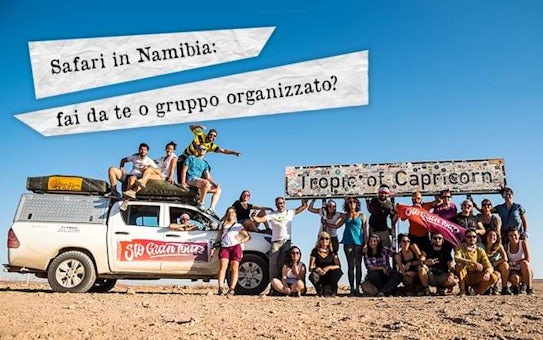
Safari in Namibia: fai da te o viaggio organizzato di gruppo?

Perchè gli animali migrano?

Perché le iene ridono? E che cavolo hanno da ridere?
.webp?auto=format&h=340&q=60)
Alla Scoperta dei Gorilla di Montagna in Uganda
.webp?auto=format&h=340&q=60)
Guida per Cambiare la Gomma di una Jeep 4x4 Durante un Safari
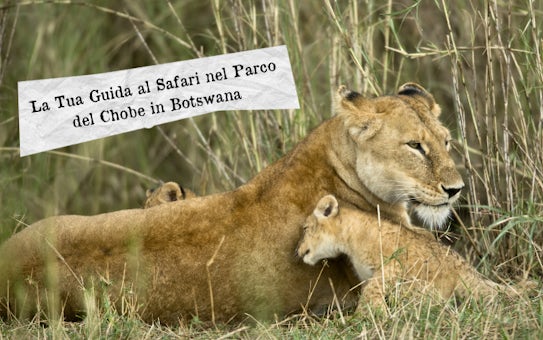
Safari nel Serengeti: Guida agli Avvistamenti in Tanzania
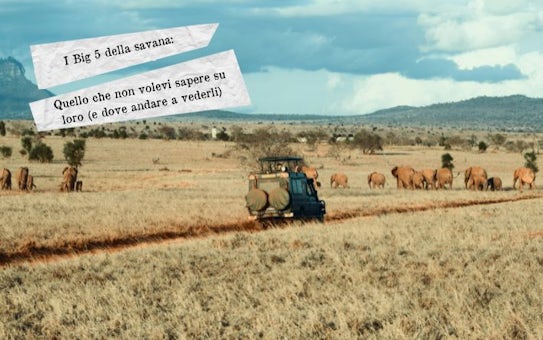
I Big 5 della savana: quello che non volevi sapere su loro (e dove andare a vederli)
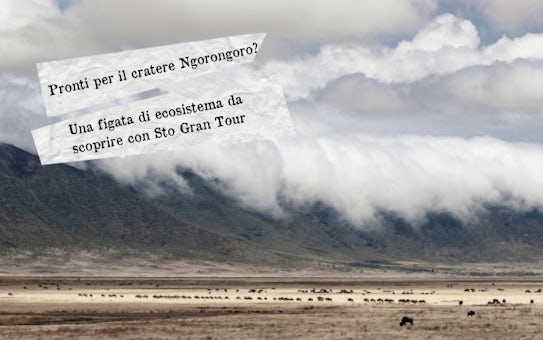
Pronti per il cratere Ngorongoro? Una figata di ecosistema da scoprire con Sto Gran Tour
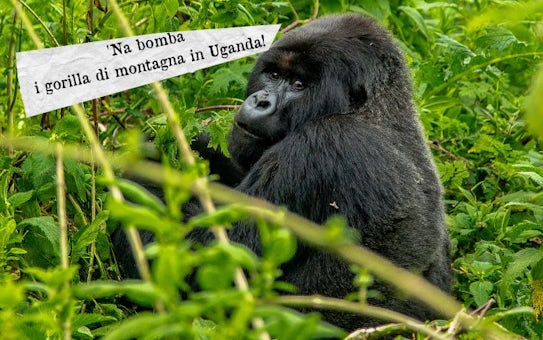
'Na bomba i gorilla di montagna in Uganda!
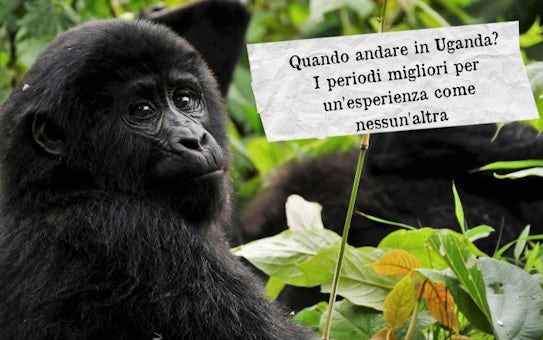
Quando andare in Uganda? I periodi migliori per vivere un'esperienza come nessun'altra
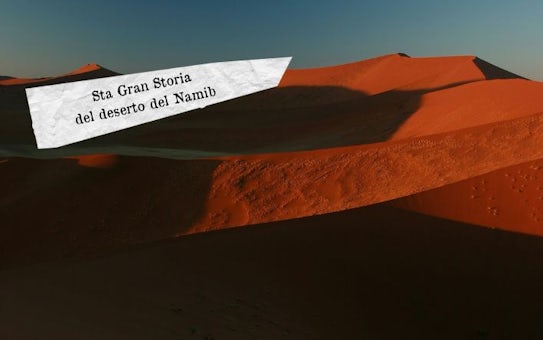
Sta Gran Storia del deserto del Namib
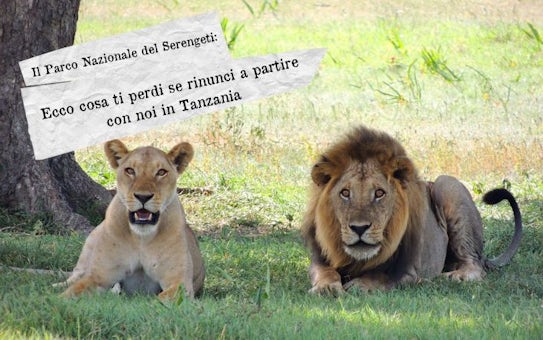
Il Parco Nazionale del Serengeti: ecco cosa ti perdi se rinunci a partire con noi in Tanzania
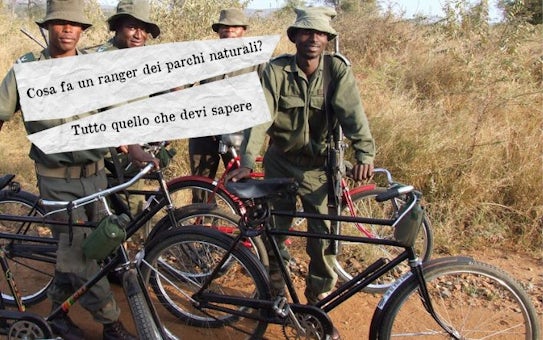
Cosa fa un ranger dei parchi naturali? Tutto quello che devi sapere
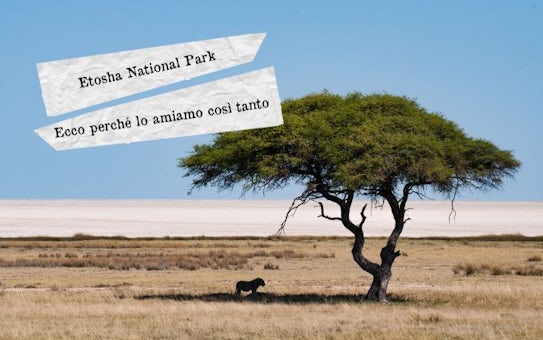
Etosha National Park: ecco perché lo amiamo così tanto
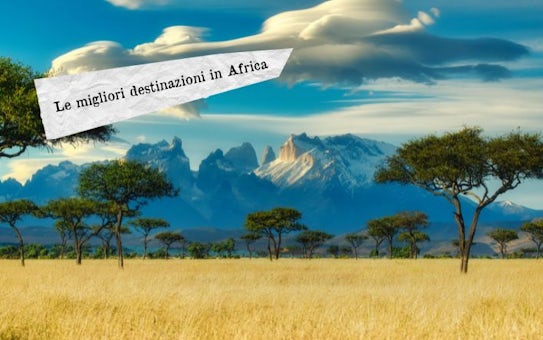
Le migliori destinazioni per esplorare lo spirito autentico dell'Africa
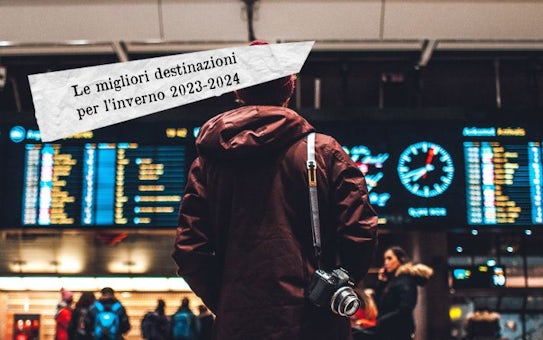
Un inverno 2023-2024 da ricordare: queste le destinazioni per te
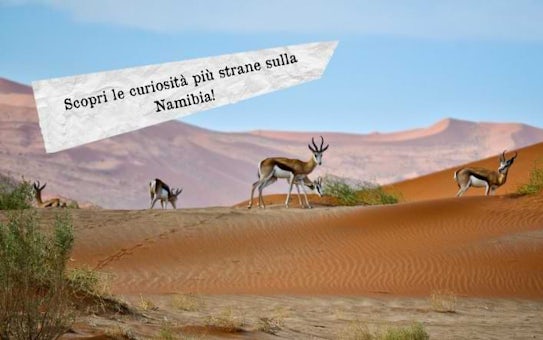
Scopri le curiosità più strane sulla Namibia!

La Skeleton Coast è una bomba! Scopri come visitarla in un tour in giro per la Namibia
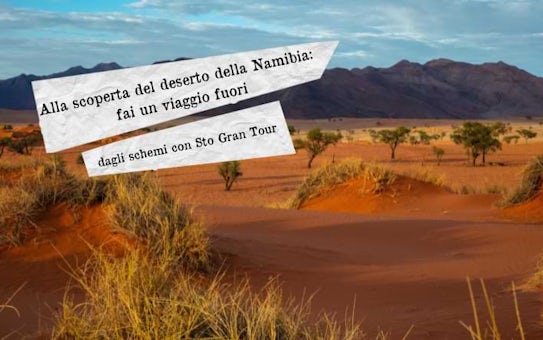
Alla scoperta del deserto della Namibia: fai un viaggio fuori dagli schemi con Sto Gran Tour
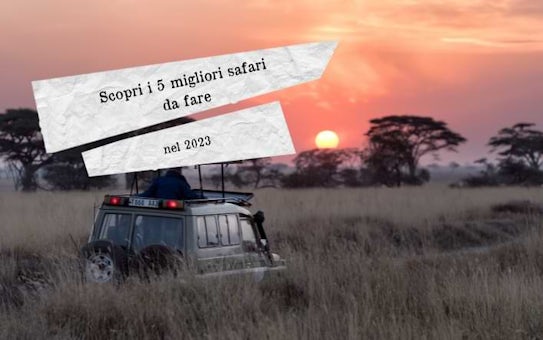
Scopri i 5 migliori safari da fare nel 2023

Safari da sogno: scoprite il Parco Nazionale Etosha con Sto Gran Tour
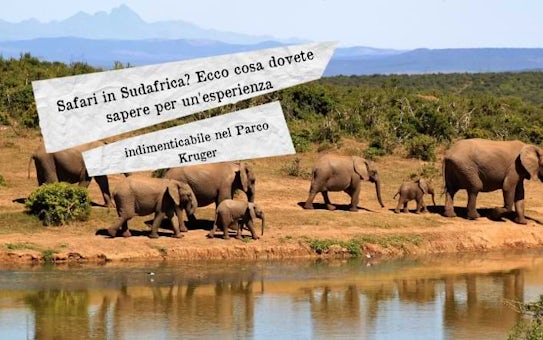
Safari in Sudafrica? Ecco cosa dovete sapere per un'esperienza indimenticabile nel Parco Kruger

"A pasquetta vado a…" lascia perdere le solite vacanze. Scegli: Namibia o Sri Lanka?
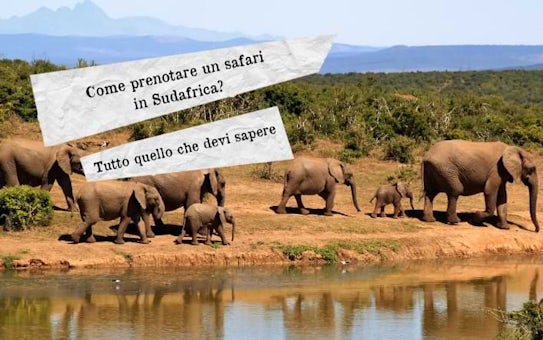
Come prenotare un safari in Sudafrica: tutto quello che devi sapere
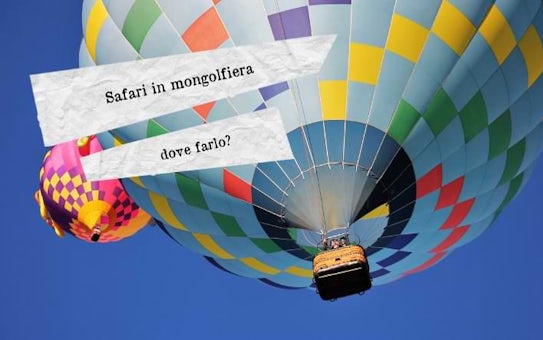
Safari in mongolfiera: i luoghi dove vivere un'esperienza esclusiva
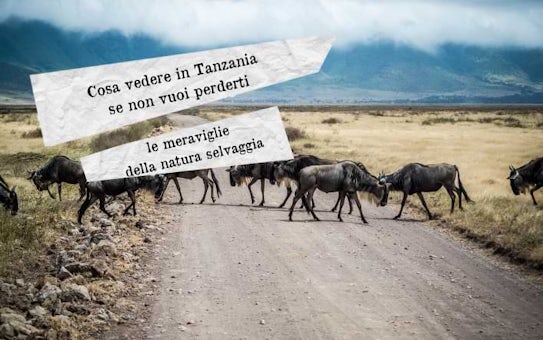
Cosa vedere in Tanzania se non vuoi perderti le meraviglie della natura selvaggia

Safari in Sudafrica: quando andare per vedere da vicino una fauna incredibile
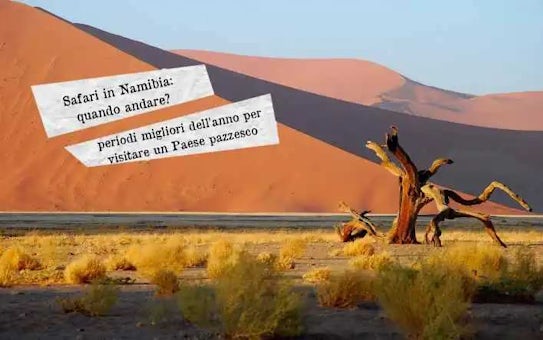
Safari in Namibia: quando andare? I periodi migliori dell'anno per visitare un Paese pazzesco
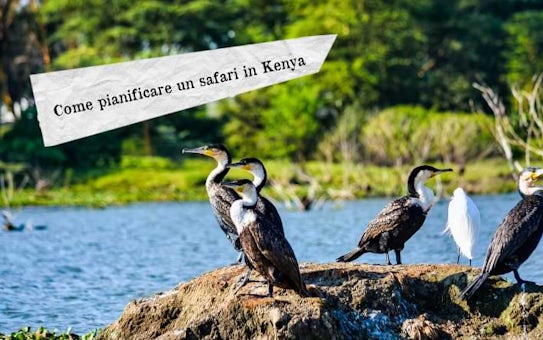
Come pianificare un safari in Kenya e perché scegliere un viaggio avventuroso organizzato
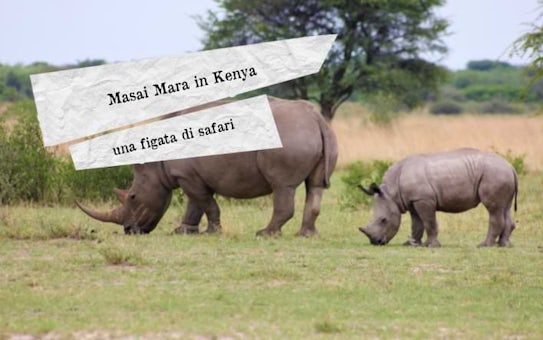
Masai Mara in Kenya: una figata di safari da vivere al massimo con Sto Gran Tour
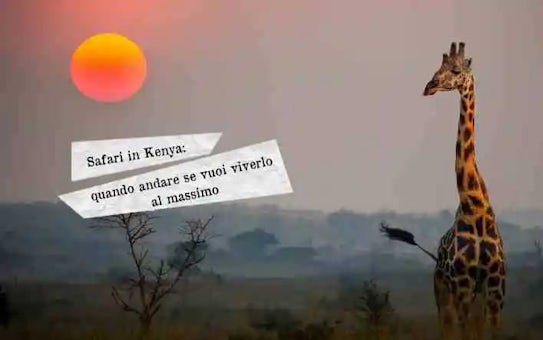
Safari in Kenya: quando andare se vuoi viverlo al massimo
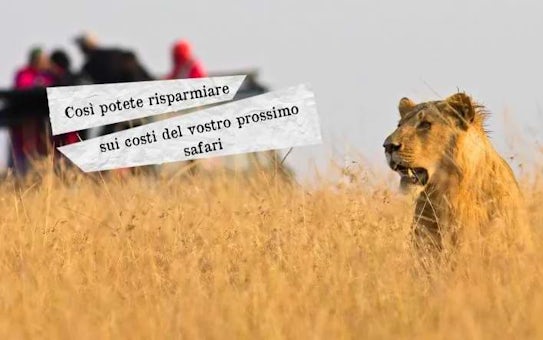
Così potete risparmiare sui costi del vostro prossimo safari
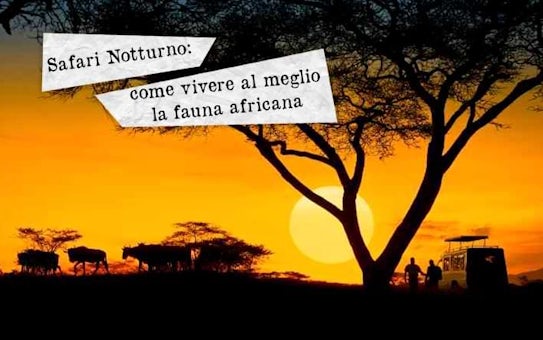
Safari notturno: un'esperienza da fare per vivere al massimo la fauna africana
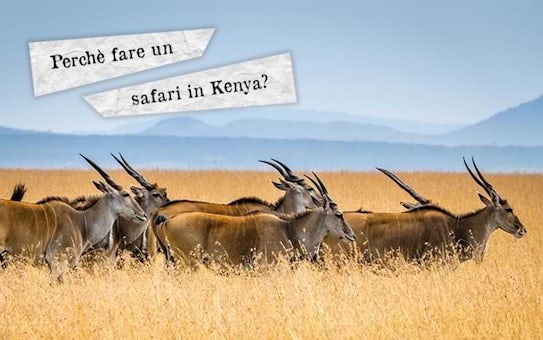
Perché fare un safari in Kenya? 5 (buoni) motivi per vivere un'esperienza unica
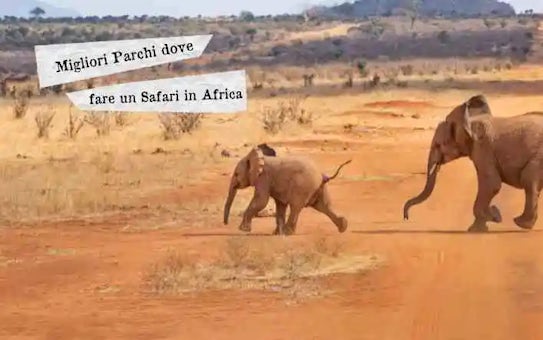
I Migliori Parchi d'Africa dove fare un Safari
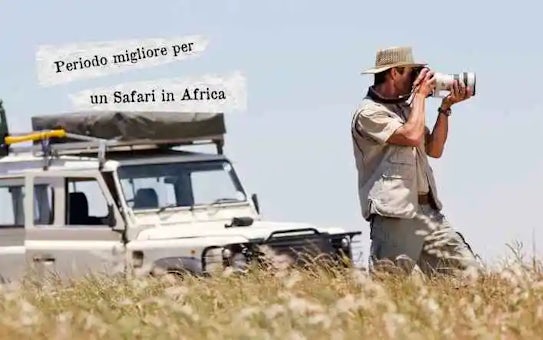
Periodo migliore per fare un Safari in Africa
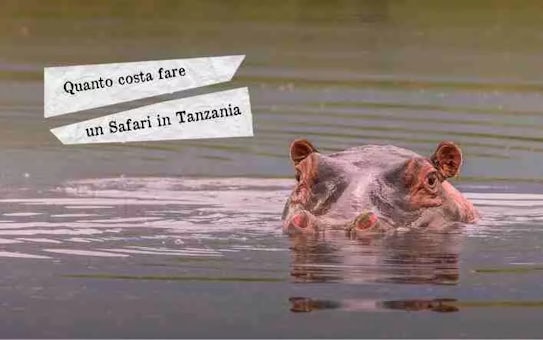
Quanto costa un safari in Tanzania?
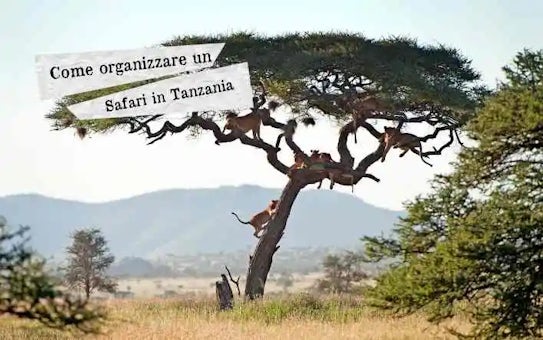
Come organizzare un Safari in Tanzania
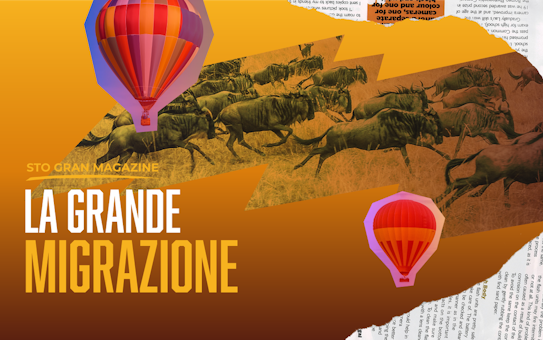
La Grande Migrazione in Tanzania
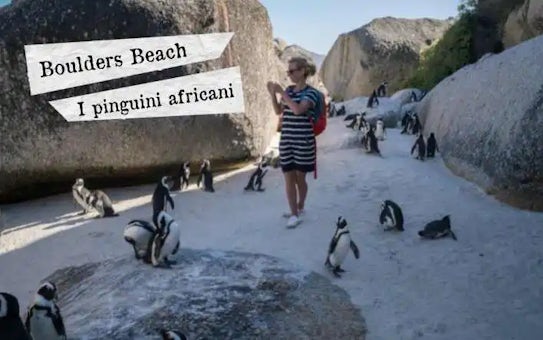
Boulders Beach, i pinguini africani in Sudafrica

Vaccinazioni in Namibia
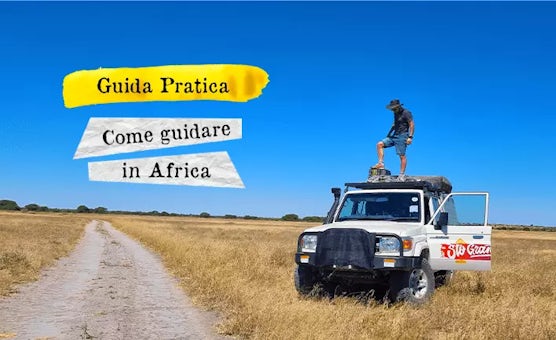
Guida pratica: come guidare in Africa
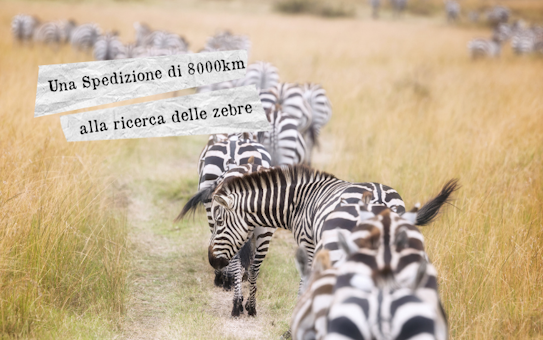
Una Spedizione di 8000km per seguire la migrazione delle zebre
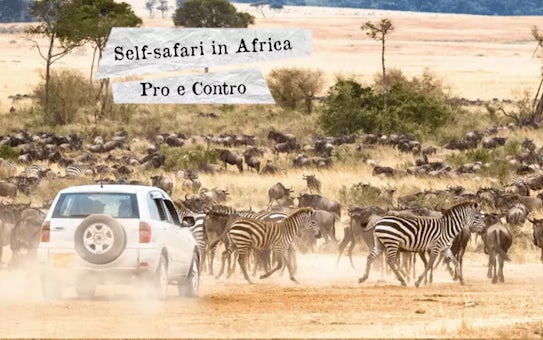
Safari self-drive in Africa: i pro e i contro
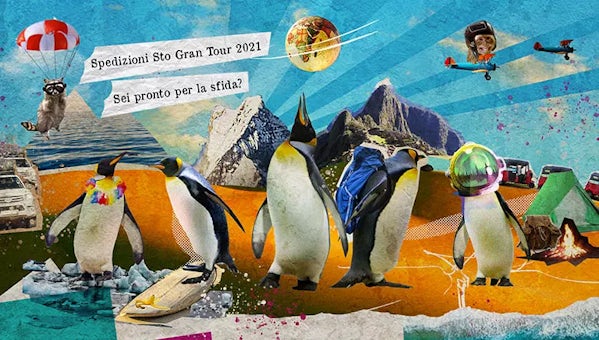
I Viaggi Avventura di Sto Gran Tour: le nostre Spedizioni
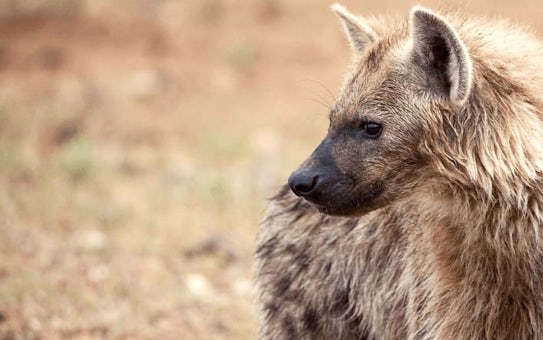
Perché nessuno considera le iene?
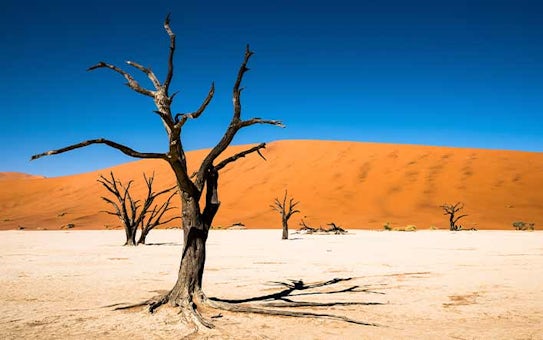
Quando andare in Namibia
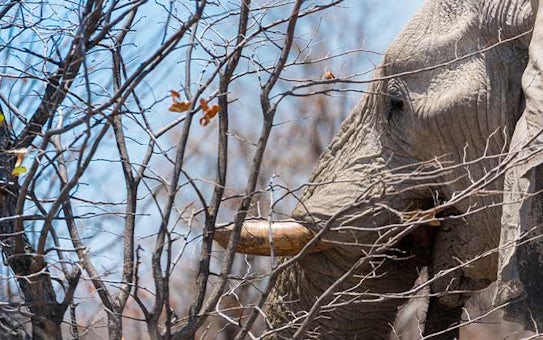
9 cose che non sapevi sugli elefanti
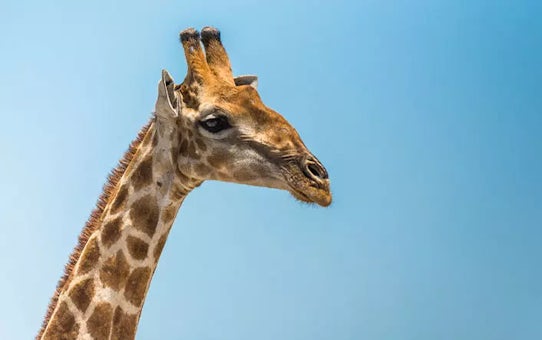
Curiosità sulla giraffa che non sai
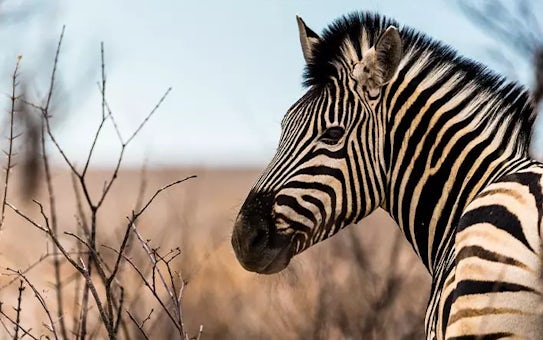
La zebra è nera a strisce bianche o il contrario? Abbiamo la risposta.
.webp?auto=format&h=340&q=60)
5 buoni motivi per viaggiare in Namibia con Sto Gran Tour
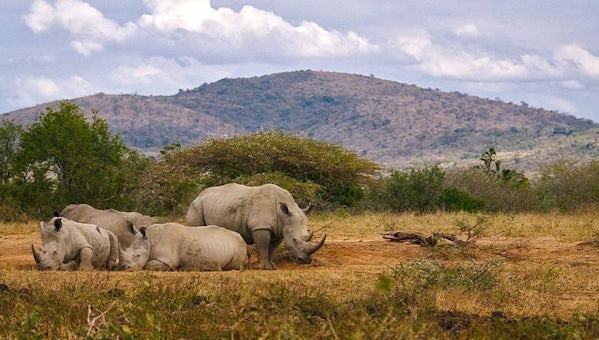
Safari in Namibia, un'esperienza da fare
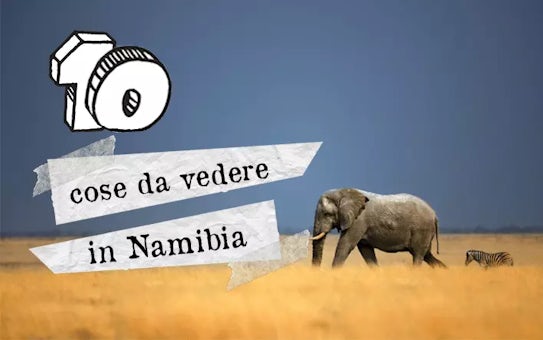
10 cose da non perdere in Namibia
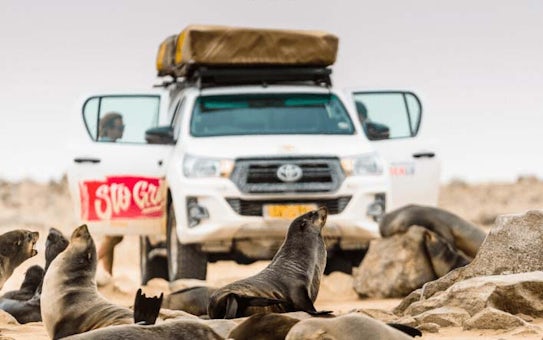
Cape cross, la colonia di otarie
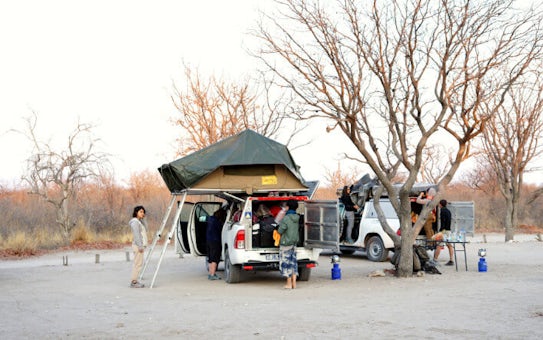
La mia jeep, il mio rifugio
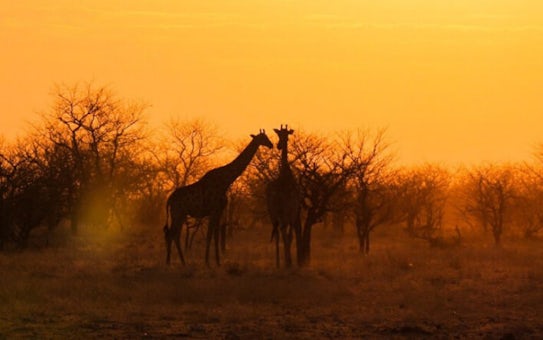
Multati nel Parco dell’Etosha

La Biodiversità della Namibia
Collaboriamo con...

I nostri viaggi
Safari in Sudafrica: 8 consigli per la prima volta
Sogno della vita per molti, un safari in Sudafrica può assumere forme diverse: da fuga nel bush più remoto a immersione nel lusso più estremo, la gamma delle esperienze può soddisfare tutte le esigenze...e le tasche.
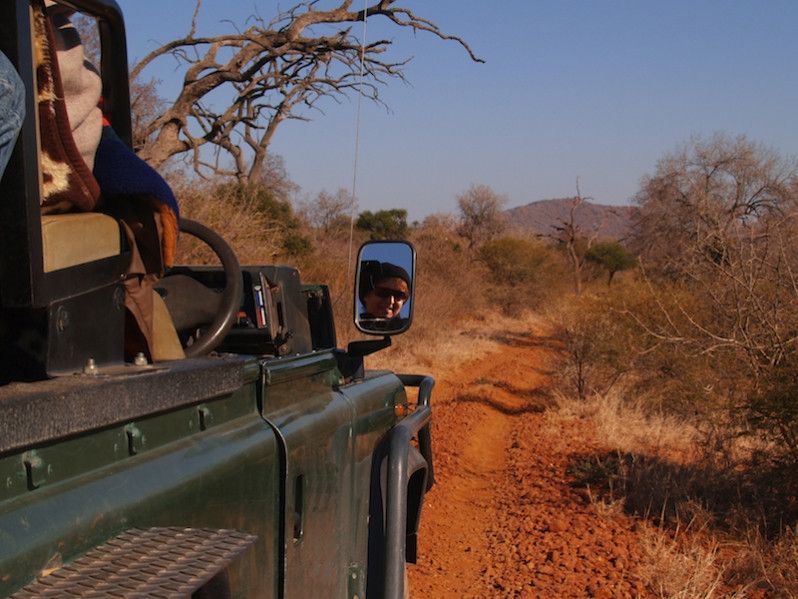
Quando andare
Per osservare la fauna selvatica l'inverno (da giugno a settembre ) è la stagione ideale: molti alberi sono privi di foglie e ciò che facilita gli avvistamenti. La scarsità di cibo e acqua poi, spinge gli animali a uscire allo scoperto. L'estate sudafricana (da dicembre a febbraio ) vede il paese al massimo del rigoglio , ma è meno facile scovare la fauna selvatica. Sarà decisamente più semplice notare i visitatori europei, che qui accorrono in branchi.
Guide e prodotti consigliati:

Sudafrica, Lesotho e Swaziland
Scegliere il parco giusto.
Il Sudafrica possiede circa 300 tra parchi nazionali e riserve . Le esperienze possibili sono quasi illimitate, dai luoghi più desolati alla savana ricca di vita. Puoi unirti a un safari guidato, muoverti in autonomia o cercare la pace in un campo isolato. Ci sono soluzioni per chi ha un budget contenuto (con qualche rischio di affollamento) e non mancano le strade percorribili con un'automobile presa a noleggio.
Per il tuo primo safari, considera questi aspetti:
a. Il Kruger National Park è il grande riferimento per i safari. In alcune aree è affollato, ma c'è sempre una possibilità di fuga, dal momento che è vasto grossomodo quanto la Lombardia. Tutti i grandi animali dell'Africa vivono qui. Puoi soggiornare in campi spartani o in cottage decisamente accoglienti. Intorno al parco ci sono città come Nelspruit nelle quali ti aspettano hotel, ostelli e resort di ogni tipo. L'aspetto negativo è che i safari possono iniziare all'alba e gli spostamenti fino al parco a volte richiedono un'ora o più.
b. Il parco di Hluhluwe-iMfolozi abbina splendidi paesaggi e fauna inattesa. Si trova nel cuore dello Zululand , dove ancora regna la cultura zulu. Le spiagge che punteggiano la Elephant Coast sono tra le più belle del Sudafrica, così si può fare safari e subito dopo un'immersione nel blu. Il parco, poi, è noto per la sua rete di percorsi escursionistici, che comprendono itinerari di più giorni e campeggio nel bush.
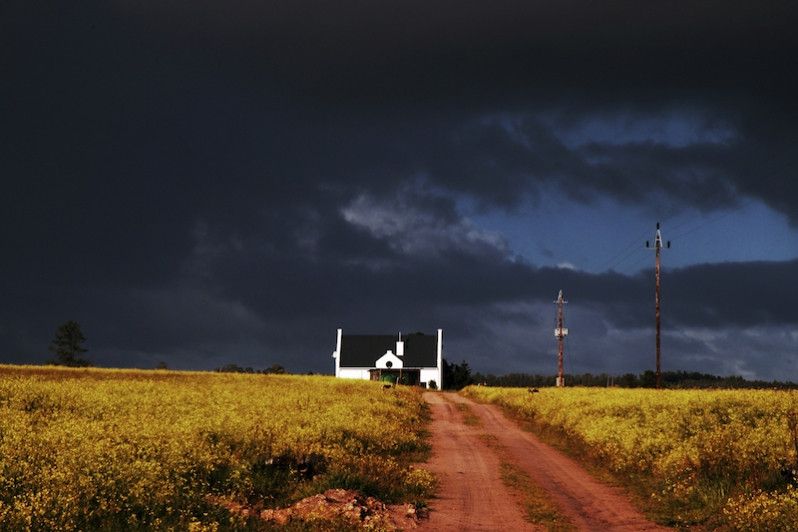
Scegliere una riserva privata
Ci sono due ragioni per non scegliere una riserva naturalistica privata: è troppo cara ed è troppo comoda. Non si tratta di posti per chi viaggia con budget limitato e non sono nemmeno posti per viaggiatori in cerca di avventure in libertà. In alcuni lodge privati, avventura significa che al massimo lo champagne dopo il safari ti verrà servito senza le fragoline di bosco... Detto questo, se cerchi il top dell'esperienza safari, tieni presente che i lodge nelle riserve private offrono:
a. Stretta vicinanza alla fauna selvatica. Non solo eviterai di guidare a lungo prima di iniziare il safari, ma il tonfo che sentirai alla finestra di notte potrebbe essere quello di un elefante che sbircia nella tua stanza. Sabi Sand , che confina con il Kruger, è considerato da molti il posto migliore per osservare gli animali.
b. Niente ressa. Si viaggia su jeep che ospitano al massimo sei persone, e non in carovane come nei grandi parchi, le guide riservano molta attenzione e quando si avvista una leonessa con cuccioli non scatta una frenetica gara per il fuoristrada che arriva più vicino.
c. Lusso. Alcuni lodge privati sono accoglienti e nulla più, ma alcuni, come quello di Ulusaba a Sabi Sand, sono il ritrovo dei ricchi e famosi, come il proprietario Richard Branson (quello della Virgin), e non fanno mancare nulla ai loro ospiti.
d. Personalizzazione. Puoi creare il tuo menu di attività ed esperienze, scegliendo di farti guidare nel bush o di dedicarti all'avvistamento di una specie in particolare. Alla Samara Private Game Reserve , in una valle verde incastonata nel deserto dell' Eastern Cape , puoi percorrere sentieri che ti porteranno a pochi metri dal muso di un ghepardo.
Un modo per risparmiare è soggiornare in una riserva privata per poche notti all'inizio del viaggio. Approfitta della preparazione delle guide e dell'abbondanza della fauna per imparare subito molte cose sulla natura del Sudafrica. Poi, con questo bel bagaglio di esperienza, potrai rilassarti in un parco nazionale, rallentare i ritmi e osservare da vicino quelli di madre natura.
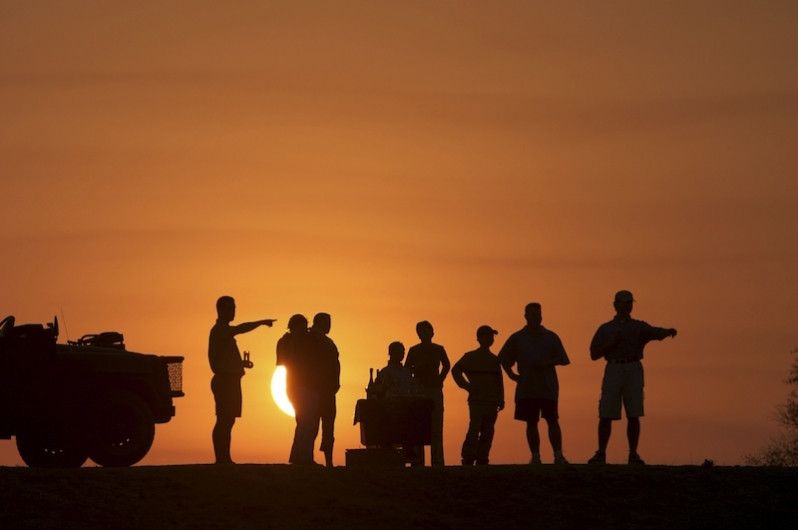
Iscriviti alla nostra newsletter ! Per te ogni settimana consigli di viaggio, offerte speciali, storie dal mondo e il 30% di sconto sul tuo primo ordine .
Affidarsi a una guida
La prima volta che la tua guida ti porterà sulle tracce di un leopardo, ringrazierai di non esserti affidato alle tue sole forze. Una brava guida non ti terrà solo al sicuro dai leoni, ma ti farà apprezzare tutta la complessità del bush. Nelle riserve private, il servizio è compreso nel prezzo, ma nei parchi nazionali sarai tentato di farne a meno. La fortuna potrebbe assisterti (come è capitato a noi al Kruger), ma il rischio è di perdere molte cose interessanti.
Evitare l'ansia da Big Five
Sì, vedere leoni, leopardi, bufali, elefanti e rinoceronti (i cosiddetti Big Five ) vale il viaggio. Troverai le due parole magiche (coniate dai cacciatori negli anni Venti per indicare le prede più pericolose) ovunque, anche sugli autobus. Anche zebre, ippopotami e giraffe non sono niente male. Scegli gli animali che non vuoi perdere anche tra quelli meno famosi. Non puoi dire di conoscere la ferocia di un facocero se non ne hai visto uno. E un branco di impala in allarme ti ricorderà che il pericolo si nasconde anche nella bellezza della savana.
Guidare o volare?
Puoi arrivare a un passo dal Kruger park volando da Cape Town o Johannesburg . Se vai di fretta, l'aereo è il mezzo migliore. Molti altri parchi sono serviti a dovere da voli interni e alcuni lodge si occuperanno di organizzare i tuoi spostamenti. Se disponi di tempo, però, guidare in Sudafrica è un'esperienza che merita. Anche perché non ci sono solo parchi e riserve, ma anche strade del vino e piccole città da scoprire. Per esempio, da Johannesburg puoi raggiungere il Kruger o Sabi Sand in una giornata alla guida o fare una sosta a Pilgrim's Rest, un'affascinante cittadina protagonista della corsa all'oro intorno al 1880, la cui atmosfera non è stata intaccata da restauri o altri interventi.
Portare le cose giuste
I safari all'alba al Kruger possono essere sorprendentemente freddi. Gli strati, compresi guanti e berretto, possono essere tolti con l'aumentare della temperatura. I binocoli sono essenziali, ma non aspettarti che ti siano forniti da lodge o guide. Un modello compatto ti permetterà di non perdere i movimenti dei gattoni in lontananza. E non contare sul wi-fi nel bush, quindi una buona guida si rivela essenziale.
Rilassarsi, soprattutto
Oltre a non battere i denti in un safari all'alba, cerca di rilassarti. Le guide faranno del loro meglio per farti osservare gli animali, ma non sempre tutti i desideri possono essere soddisfatti. Animali a parte, il paesaggio in sé, la bellezza delle pozze d'acqua nel deserto che riflettono la vastità del cielo e il canto degli uccelli sono aspetti da gustare fino in fondo. Quindi, non farti venire l'ansia di completare la tua checklist zoologia e non passare tutto il tempo con gli occhi all'obiettivo della videocamera. A volte, il momento magico del safari è quando non vedi proprio nulla.
Destinazioni in questo articolo:
Ultimi articoli pubblicati:, condividi questo articolo.

Al Ula, la gemma segreta del deserto arabico

Giza: l’unica delle sette meraviglie del mondo antico giunta fino a noi

Le migliori esperienze culinarie in Croazia

Spiagge e arte nel Lamu Archipelago, in Kenya

Cosa vedere a Negombo, in Sri Lanka
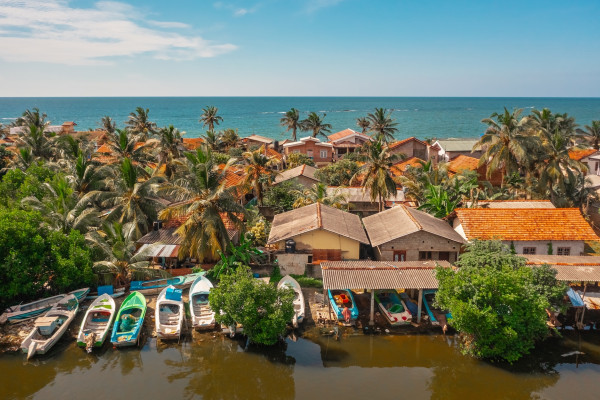
Cerchi altre idee per viaggiare? Ecco qualche suggerimento:

Ecco gli articoli più recenti della categoria “Consigli di viaggio”:

Protect Your Trip »
12 Top African Safari Tours
Cross this must-do activity off your bucket list.

Courtesy of Micato Safaris
Spot the big five on your safari adventure.
Safari tours in Africa are just as diverse as the continent itself, though these types of trips typically require a large sum of money. Whether you want to spend a few days gorilla trekking in Uganda or a couple weeks spotting the "big five" – lions, leopards, African elephants, rhinos and Cape buffalos – in South Africa, you'll find an array of tours to best suit your needs. To help you narrow down your options, U.S. News compiled a list of 12 can't-miss African safari tours. Read on to find your once-in-a-lifetime trip.
Note: Some of the African countries in this article may require travelers to get an entry visa and certain vaccinations in order to visit. Jump to the list of visa and vaccination requirements by country at the bottom of this page for more information.
&Beyond

Courtesy of &Beyond
Visitors who don't want to sacrifice creature comforts while on safari will appreciate &Beyond's offerings. During the tour operator's 10-day Kings of the Jungle safari – which starts at $11,340 per person – travelers will see breathtaking natural wonders like the Ngorongoro Crater and the Maasai Mara savanna. But the highlight of this journey is its four-night stay at Tanzania's Serengeti National Park . After watching animals like wildebeest and zebras partake in the great migration while also spotting lions, giraffes and more, vacationers retreat to high-end tents and lodges with private bathrooms.
[See more of Serengeti National Park: Things to Do | Hotels | When to Visit | Photos ]
Wilderness Safaris

Courtesy of Wilderness Safaris
For some of Africa's most jaw-dropping scenery, opt for the seven-night Namibian Adventure Safari tour offered by Wilderness Safaris. This weeklong trip features visits to the Namib Desert's dune-filled Sossusvlei region (which you may recognize from the film "Mad Max: Fury Road") and the mountainous Palmwag Concession – a protected area with springboks, giraffes, black rhinos and more. The package's per person fee starts at $6,725, which covers most meals, park entrance fees, and transfers from Namibia's capital Windhoek and between the safari destinations. It also covers your stay at properties like the fully solar-powered Hoanib Skeleton Coast Camp and the five-star Little Kulala lodge amid the stunning desert.
Wild Rwanda Safaris

Courtesy of Wild Rwanda Safaris)
Adventurous travelers sticking to a more conservative budget should consider Wild Rwanda Safaris' Bwindi Gorilla Safari. The three-day package features a full day in southwestern Uganda's Bwindi Impenetrable National Park (a haven for silverback gorillas) and an adjacent Batwa Pygmy community. Wild Rwanda Safaris allows guests to choose between midrange, luxury and super luxury accommodation, which can help keep costs down if necessary. The company's packages include the $700 permit required to visit the gorilla park. The round-trip journey by safari vehicle to and from Kigali, Rwanda, and English-speaking guide services are also covered in all rates. The tour can begin from Kampala, Uganda, as well, although you'll spend longer on the road to the park.
Nomad Tanzania

Courtesy of nomad-tanzania.com
Sign up for Nomad Tanzania's Southern Tanzania safari and you're bound to get an up-close look at Tanzania's diverse wildlife. Offering eight days of activities, including game drives and boat trips in Ruaha National Park and Nyerere National Park, this safari gives you prime opportunities to spot lions, cheetahs, leopards and elephants, among other species. What's more, lodging at the company's campsites, select meals, and flights to and from Dar es Salaam are factored into the package's prices. Expect to pay a minimum of $5,700 per person; prices vary depending on the time of year, and the tour isn't offered in April and May.
Micato Safaris

If you want to explore multiple destinations while on safari with plenty of comfort (but a price tag to match), book the 15-day Micato Grand Safari. This outing by Micato Safaris starts with a two-day visit to Nairobi, Kenya, before continuing to the Lewa Wildlife Conservancy, Maasai Mara National Reserve, and the Amboseli and Serengeti national parks for wildlife-viewing excursions. During your trip, you'll see Mount Kilimanjaro as zebras, gazelles and more roam in the foreground. The package costs at least $22,450 per person (based on double occupancy rates) and includes a hot air balloon ride, a camel tour led by members of the Samburu tribe, and lodging at upscale properties like Serengeti's Four Seasons outpost. The company also offers various extensions allowing you to explore other parts of Africa, from the island paradise of Zanzibar to the deserts of Namibia.
Rothschild Safaris

Courtesy of Rothschild Safaris
If your ideal safari vacation consists of customizing your trip from start to finish, consider an outing with Rothschild Safaris. The company offers itineraries in locales like Zambia and Madagascar , but if you're hoping to catch a glimpse of the big five animals, the Essence of Tanzania safari is a good bet. This nine-day experience, which embarks from Arusha and returns there by plane, includes game-viewing drives in Tarangire National Park and accommodations like canvas tents and farmhouse lodges. Elephants, zebras and lions are just some of the animals you may spot during your journey. You'll also have the opportunity to go on a nighttime safari to spot nocturnal wildlife.
Lion World Travel

Courtesy of Lion World Travel
As the trip name implies, Lion World Travel's 10-day Best of Cape Town & Botswana vacation package combines sightseeing in Cape Town, South Africa , with a classic safari in Botswana. During the latter half of the itinerary, visitors will explore Botswana's Okavango Delta (home to cheetahs, crocodiles, hippos and more) and Chobe National Park, which is believed to have Africa's largest elephant population. Prices start at $4,299 per person and cover game drives; many of your meals; and stays at luxury hotels, camps and lodges. You'll need to pay an extra charge for the flights within the tour (Cape Town to Botswana as well as Botswana to Johannesburg ).
[See more of Cape Town: Things to Do | Hotels | When to Visit | Photos ]
Bearded Heron Safaris

Neil Heron | Courtesy of Bearded Heron Safaris
Travelers keen on seeing South Africa's Kruger National Park through the eyes of a local naturalist will appreciate the 15-day safari with Bearded Heron Safaris. Led by Neil Heron, a nature guide and wildlife photographer and writer, Bearded Heron Safaris' longest option features small game drives that may include lion, rhino, zebra and leopard sightings throughout all corners of Kruger. Rates are inclusive of in-park cottage accommodations and all breakfasts, dinners, snacks and drinks. Flights and park fees are not included. For a 15-day safari, expect to pay 76,900 South African rand (about $4,500) per person.
[See more of Kruger National Park: Things to Do | Hotels | When to Visit | Photos ]
Discover Africa

Getty Images
For an inside-out trip through the natural wonders of Botswana, Discover Africa's nine-day Epic Botswana Adventure is a formidable option. You'll start out at a riverside lodge on the Chobe River – a great location for elephant spotting – before moving onto the marshy Okavango Delta, a wildlife-rich area where you can spot a huge range of animals from leopards to rhinos. The safari ends at the Makgadikgadi Pans National Park, a good place to admire wildlife like zebras and buffalo on the savanna as well as salt pans from a former lake. You'll stay in upscale lodges and campsites within close reach of the wilderness. All meals and transport along the tour are included in the price tag (which starts at $4,800 per person), but international flights are excluded.
Wild Wings Safaris

If you're looking to have a broader experience that mixes in some history and beach time, consider Wild Wings Safaris' eight-day Battlefields, Bush and Beach Safari. You'll start off visiting some of South Africa's historic sites from the Boer wars, before moving on to the Phinda Private Game Reserve, which doesn't allow day visitors, so you should be able to look out for the big five without too many crowds. The tour wraps up at Thonga Beach Lodge, where you can snorkel or scuba dive near coral reefs in the Indian Ocean. As far as safaris go, this one is an affordable option, starting at about $2,795 per person with all meals included as well as a rental car; for the cheapest price, you will need to drive yourself between the destinations, but it's possible to pay an additional fee for a driver to guide you instead.
Cuckoo Safaris

This tour company kicks off its tours from the majestic Victoria Falls in Zimbabwe, with a host of safaris that range from two days to nine, across Zimbabwe, Zambia and Botswana, including some family-friendly choices. For an affordable option, there's the four-day Discover Victoria Falls, Chobe and Hwange Park safari, which will take you on two full-day tours to Chobe National Park (across the border in Botswana) and to Hwange, Zimbabwe's largest national park, where you should keep your eyes peeled for lions, elephants and more. This safari also includes a sunset cruise on the Zambezi River. The price starts at $900 per person, which includes the tours plus breakfast, lunch and lodging in Victoria Falls; travelers will need to pay for entrance fees to the parks and dinner.
Compass Odyssey

Courtesy of Compass Odyssey
Explore the savanna and deserts of southwest Africa with Compass Odyssey's eight-day Namibia Wildlife Safari. You'll visit a community-based conservation area in Damaraland – known for its desert-adapted elephants, oryx, giraffes and other wildlife – while staying in the rustic-chic Doro Nawas Camp. You'll also spend two days in Etosha National Park, seeking wildlife at the park's bustling waterholes by day and embarking on an evening game drive as well. Starting at $3,750 per person, the tour includes most meals and all park entry fees, but not flights; the company does allow the tour to be customized on request.
Vaccination and visa requirements for African countries
Some popular safari destinations may require you to have received certain vaccinations in order to enter the country as a tourist. Inoculation requirements can include vaccination against COVID-19 and yellow fever, and you'll need to get these vaccines before departing on your trip. Be sure to bring proof of vaccinations with you. If you are transiting through another country en route to your safari tour, you must check that you also meet immunization requirements for the stopover location.
Note that, outside of what's required, there are a number of other vaccinations that are recommended, so ensure you're up to date and fully protected before you travel. In addition, many safari locations are prone to malaria; you should consult with your doctor to see if you need to bring anti-malaria medication on your trip.
Safari countries have varying visa requirements for travelers from the U.S. – these are detailed below. Depending on your itinerary, you may need a single- or multiple-entry visa, and some visas require you to apply in advance of traveling and/or have a certain number of blank pages in your passport. Regardless of your destination, your passport should be valid for at least six months before you leave for your trip.
Here are the vaccine and visa requirements for major safari destinations as of November 2022:
Botswana: If you have recently visited a country where yellow fever is common, you will need to be vaccinated against this illness. This does not include the U.S. but does include a number of countries in Africa, Central and South America. Consult the World Health Organization's website for a list of countries with risk of yellow fever transmission, including Kenya and Uganda.
U.S. citizens and nationals can stay in Botswana for 90 days without a visa.
Kenya: Travelers to Kenya must have been vaccinated against COVID-19 with the last shot administered more than 14 days before arrival in the country. Unvaccinated visitors can enter with a negative PCR test, conducted no more than 72 hours before departure. Proof of COVID-19 tests or vaccines must be uploaded to an online system called Panabios. Kenya is a country where you'll be at risk of yellow fever transmission; it also requires those traveling from other places with yellow fever or cholera outbreaks to be vaccinated against these illnesses. The Centers for Disease Control and Prevention recommends that you protect yourself against yellow fever before your trip here.
Americans need an e-visa to enter Kenya. You should apply online at the eVisa government website no more than eight weeks before your trip, as visas are not available upon arrival in Kenya. See more on the U.S. Department of State's website .
Namibia: Those traveling from a country where yellow fever is common need to be vaccinated against it. No visa is required as long as you're staying for 90 days or less.
Rwanda: If you're coming from a country where yellow fever is endemic, a yellow fever vaccination is required before departure.
U.S. citizens and nationals can be issued a 30-day visitor visa on arrival in Rwanda or through the Rwandan Embassy in Washington, D.C. A single-entry visa costs $50, and it's recommended you bring sufficient cash in U.S. dollars to pay for this (although credit card payment may be accepted at Kigali International Airport). Consult the State Department website for more information.
South Africa: A yellow fever vaccination is required if you're traveling from a country with a risk of transmission. No visa is required for stays of 90 days or less.
Tanzania: Travelers must be able to present proof of COVID-19 vaccination with a QR code to enter Tanzania. Unvaccinated travelers must take a PCR test no more than 72 hours before departure, and the test results should be accessible by QR code. Yellow fever vaccines are mandatory if you're traveling from a location where yellow fever is present – including if you spend more than 12 hours in transit in such a country.
Visas are required for tourism in Tanzania. You can apply for a single-entry, 90-day visa online for $50 – and be sure to print a copy of the approval to bring with you. The processing period takes up to 10 days. You can also obtain a visa on arrival for a $100 fee; it's recommended you bring cash to cover this. Find more Tanzanian visa information on the State Department website .
Uganda: To enter Uganda, you must either be fully vaccinated against COVID-19 or present a negative test taken no more than 72 hours before departure. Like Kenya, Uganda is a country with risk of yellow fever transmission. All visitors must show proof of vaccination against yellow fever to enter Uganda, regardless of where you're traveling from.
American visitors to Uganda must apply online for an electronic visa before departure; arriving in Uganda without completing this process could result in your detainment. Visit the State Department website to learn more.
Zambia: Visitors who are fully vaccinated against COVID-19 must show proof of vaccination but do not need a test to enter Zambia; unvaccinated travelers must undergo a PCR test no more than 72 hours before departure. Yellow fever vaccines are only required if you're coming from an area considered at risk.
Visas are required to visit Zambia, but these can be obtained online before your departure or at a port of entry. Check the State Department website for more details.
Zimbabwe: To enter Zimbabwe, travelers must either be fully vaccinated against COVID-19 or must take a negative PCR test no more than 48 hours before your departure. As with other countries on this list, visitors from countries with yellow fever outbreaks also require a vaccine against this illness.
U.S. visitors can obtain a 30-day, single-entry visa upon arrival in Zimbabwe for $30. If you're taking a tour that requires you to leave and reenter Zimbabwe, be sure to get a double-entry visa for $45. You can learn more from the State Department website .
You might also be interested in:
- The Top Passport Wallets (That Also Hold Vaccine Cards)
- The Best COVID-19 Travel Insurance Options
- The Best International Travel Insurance Plans
- The Best Zoos in the U.S.
- The World's Best Places to Visit
Tags: Travel , Vacation Ideas
World's Best Places To Visit
- # 1 South Island, New Zealand
- # 4 Bora Bora
If you make a purchase from our site, we may earn a commission. This does not affect the quality or independence of our editorial content.
You May Also Like
The best east coast beaches.
April 19, 2024

The Best Luggage Brands
Rachael Hood April 17, 2024

The Best Carry-on Luggage
Erin Evans , Rachael Hood , Catriona Kendall , Amanda Norcross and Leilani Osmundson April 17, 2024

The Best Hard-sided Luggage Picks

The Best Yellowstone National Park Tours
John Rodwan April 17, 2024

The Best Rome Colosseum Tours
Laura Itzkowitz April 17, 2024

Best Alaska Tours
Lyn Mettler April 16, 2024

The Best Fredericksburg Wine Tours

The Best Personal Item Bags
Rachael Hood April 16, 2024

The 17 Best Costa Rica Tours
Lyn Mettler April 12, 2024

- +39 380 253 1425
- +39 327 249 0481
- [email protected]

Safari in Africa: Prezzi, Viaggi e Info per i migliori safari

- Consigli Safari
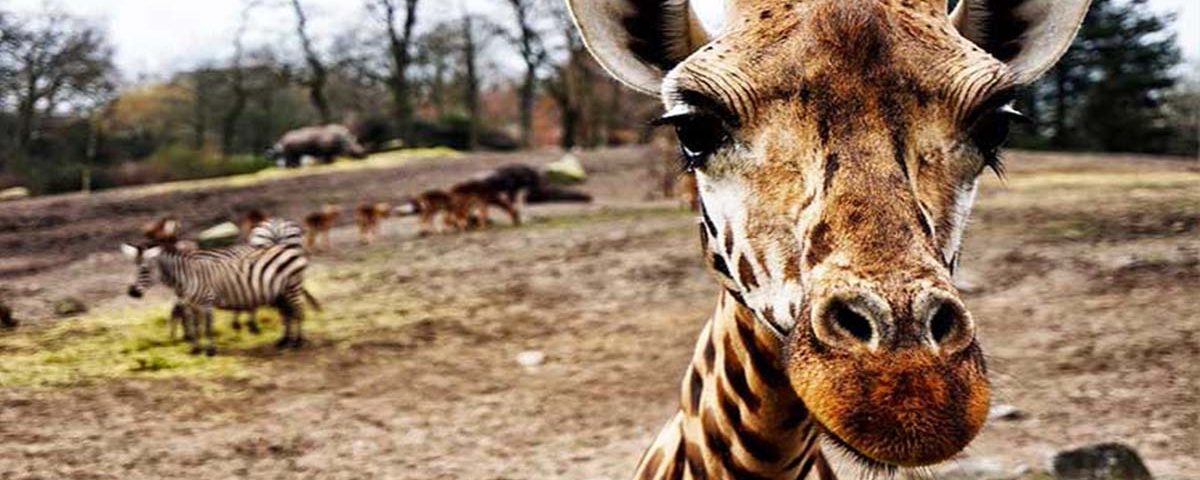
I safari sono una delle esperienze più belle che si possano vivere, e vi è un unico luogo dove recarsi per viverne di indimenticabili: l’Africa. I safari in Africa sono infatti uno dei viaggi più desiderati da chi ama i paesaggi mozzafiato e gli animali, perché questa terra nasconde alcuni dei parchi, laghi e paesaggi più belli al mondo, nonché una straordinaria varietà di animali.
In Africa vi sono centinaia di luoghi diversi dove recarsi per un safari, dal Kenya alla Tanzania , e ognuno di questi permette ai viaggiatori di vivere un’ avventura indimenticabile a stretto contatto con la natura e culture lontane. Vivere e organizzare un safari in Africa , però, non è cosa semplice. Bisogna conoscere i prezzi , i costi dei tour operator e della permanenza, bisogna riuscire a scegliere i migliori itinerari e possibilmente riuscire a prenotare voli low cost, così da vivere un viaggio in Africa perfetto ed economico.
Di seguito scoprirai tutte le informazioni a riguardo! Buona lettura.
1. Dove andare: le migliori mete per safari in Africa
Se hai deciso di fare un viaggio in Africa spinto dall’amore e dalla passione per gli animali, allora le mete migliori dove recarti sono sicuramente Kenya, Tanzania, Zambia, Botswana, Namibia e Sud Africa , dove potrai facilmente incontrare i Big Five . Se invece sei interessato a vedere i gorilla e a condurre trekking nella natura selvaggia, allora la scelta dovrebbe ricadere su Uganda , Rwanda e Kenya.
Se invece fosse solo una questione di cultura, le mete più adatte potrebbe essere Mali, Burkina Faso e Ghana ; diversamente, se stai cercando di provare ad andare fuori dai sentieri battuti, allora prova Camerun e il Gabon in Africa centrale . Se vuoi visitare l’Africa per incontrare culture lontane può anche essere interessante uno dei nostri numerosi itinerari in Tanzania, dove mettiamo a disposizione la possibilità di incontrare le tribù Masai .
Vediamo più nel dettaglio dove recarsi in un viaggio in Africa.
Safari in Africa Orientale:
Uganda, Kenya e Tanzania offrono una tipologia di safari particolarmente africana; le strade, i servizi e le culture sono più autentiche rispetto alle opzioni dell’Africa australe. Recarsi in questi magici luoghi sarà come fare un tuffo nel passato immergendosi in culture autoctone con usi e costumi molto distanti dai nostri.
I più famosi parchi nazionali dell’Africa si trovano proprio in questa zona, come ad esempio il Parco del Serengeti e l’ Area di Conservazione di Ngorongoro , due delle destinazioni più ricercate per i safari in Tanzania . Qui vi è inoltre la costa africana tropicale del Kenya e la famosa isola delle spezie di Zanzibar, visitabile anche con il nostro itinerario Rino .
I safari in Africa Orientale, soprattutto in Tanzania, Zanzibar e Kenya sono i migliori in assoluto, perché permettono di incontrare il più grande numero di animali e di vedere una quantità di paesaggi e luoghi indescrivibili mozzafiato.
Safari in Sud Africa:
Zambia, Botswana, Namibia e Sud Africa sono molto più occidentali e comodi rispetto ai paesi dell’Africa orientale, tuttavia tende a mancare l’atmosfera della “vera Africa” , quell’aria di magia e avventura che si può provare in Tanzania o Kenya.
I parchi più famosi in questa zona sono: Chobe, Etosha, South Luangwa, Delta e Kruger; il famoso deserto del Namib e Fish River Canyon alla regione vinicola di Stellenbosch. Il Sud Africa offre però un’esperienza molto diversa dall’Africa orientale ed è preferibile recarvisi per viaggi di lusso o molto comodi.
Africa occidentale:
Mali, Burkina Faso e Ghana sono ottime mete in caso tu non sia troppo orientato verso la cultura e non preoccupato per la fauna selvatica. Il Mali è famosa per Djenné, Timbuktu e Dogan Paese; il Burkina Faso è ben noto per la sua scena musicale e il Ghana offre siti storici dei vecchi anni, spiagge tropicali e alcuni parchi giochi con pochissimi animali.
Africa centrale:
Il Camerun e il Gabon sono per il viaggiatore un’avventura reale. Un safari attraverso questi paesi ti porterà in un mondo diverso compostoda spiagge tropicali, pigmei, mercati con carne di animali selvatici, surf, ippopotami e migliaia di gorilla in pianura. Questa parte dell’Africa è molto meno percorsa dal turista medio e può essere difficile trovare una guida in lingua inglese che vi accompagni in un viaggio in Africa in queste zone.
2. Prezzi e Costi dei safari in Africa
I prezzi dei safari in Africa possono variare notevolmente in base a molti fattori diversi. I costi di un viaggio in Africa dipendono dallo stile di vita che si vuole adottare, dal tempo di permanenza e dalla tipologia di viaggio (un safari fotografico e una vacanza africana sulle spiagge di Zanzibar hanno costi diversi). In genere i costi si aggirano intorno ai 200 € al giorno.
Per farti un’idea puoi dare un’occhiata ai nostri itinerari in Tanzania e scoprire i costi di un viaggio in Africa.
Safari e viaggi in Africa lussuosi
Hotel a 5 stelle e alloggi di lusso per il campeggio sono tutti in offerta in Africa orientale, Africa meridionale e l’Africa occidentale. In Africa Centrale ci si aspetta un minimo di alloggio 3-5 stelle.
Le strutture sono eccellenti e offrono bar/ristoranti ben forniti , piscine, docce calde, servizi igienici così come le romantiche casette turistiche africane e gli alberghi in stile coloniale.
I campeggi sono cambiati enormemente nel corso degli anni. Sono finiti i giorni in cui non c’era l’erba per piantare le tende, docce fredde (quando l’acqua era destinata a tutti) e bevande calde in frigo. La maggior parte dei campeggi in Oriente e in Africa del Sud sono molto ben serviti e attrezzati e vantano docce calde, degli scarichi, ampi bar e ristoranti e una buona sistemazione in camera pulita (qualora il campeggio non soddisfi la tua esigenza ogni notte). Naturalmente gli inconvenienti vi sono anche li ma i campeggi offrono un ottimo rapporto qualità-prezzo e tutti i comfort che il viaggiatore medio desidera.
3. Trasporti
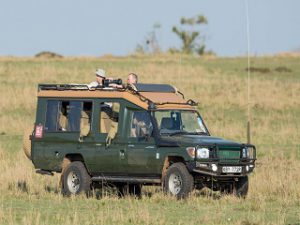
Il modo più costoso, forse anche quello più pratico, per coloro che hanno un budget cospicuo e che non hanno tempo da perdere, è quello di volare da destinazione a destinazione. La maggior parte dei parchi e le principali attrazioni turistiche Africane sono infatti piste di volo costruite appositamente per soddisfare il turista. Gli aspetti negativi di volare in un safari sono la perdita dei siti locali, i suoni, gli odori e la cultura di un paese.
La scelta di 4×4 Land Cruiser o di mini van è di gran lunga più conveniente rispetto all’aereo e permette di vivere un’esperienza molto più reale e autoctona.
I camion costruiti e personalizzati per i safari sono l’opzione più economica. La maggior parte dei tour proposti in camion safari sono accampati con l’eccezione di una coppia a cui si offre un alloggio hotel / lodge. Viaggiare in un grande camion safari ti dà il miglior punto di vista per la tua esperienza in Africa. I veicoli sono totalmente autosufficienti completi di attrezzature da campeggio e cucina ampia. Viaggiare in gruppo da 13-25 persone in stile soggiorno comune è particolarmente popolare tra i viaggiatori singoli o coppie anziane che desiderano una certa sicurezza.
Questi safari spesso fondono la visione degli animali ed i progetti comunitari con attività di avventura, facendo appello al vecchio viaggiatore di 20-40 anni. Questi tour stanno diventando sempre più popolari , sopratutto fra gli over 50 che cercano uno stile più avventuroso per il viaggio . Non c’è nulla come la cottura a fuoco aperto, lo shopping nei mercati locali e socializzare con la gente del posto.
Safari in Tanzania in offerta
Scopri le migliori offerte per un Safari in Tanzania, scoprendo i Parchi più belli e suggestivi dell’Africa Orientale; percorrerai la savana alla scoperta dei Big Five osservando le grandi migrazioni in uno scenario unico al mondo
4. Safari individuali o di gruppo?
Un certo numero di tour operator offrono safari privati su misura. Per un certo prezzo si può avere il proprio veicolo, il proprio itinerario su misura sviluppato per le tue esigenze e un autista/guida privato, come quello messo a disposizione dal nostro staff. Le opzioni non sono limitate solo al campeggio, ma è proprio per questa ragione che sono così ambiti. Queste opzioni sono popolari per le coppie in luna di miele e uomini d’affari con un tempo limitato e date ristrette.
Il safari di gruppo può essere molto gratificante. Gli Itinerari sono stati sviluppati per includere i punti salienti di ogni regione e sono più economici rispetto ai safari privati su misura . La preoccupazione più grande con un viaggio in un gruppo è se tutti i partecipanti vanno d’accordo, nella maggior parte dei casi se vige un certo affiatamento, allora la meta Africa diventa un viaggio ambito. Diversamente, le cose vanno male quando a determinati clienti viene venduto un safari che non soddisfa le loro aspettative.
5. Le aspettative e il livello di partecipazione
E’ importante prenotare un safari in Africa che soddisfi le proprie aspettative. La cosa grandiosa dell’ Africa è che si adatta a tutte le esigenze personali e di budget. E’ importante sapere cosa si vuole e a cosa si va in contro, quindi cerca una agenzia turistica che fornisca quel livello di safari e di servizio.
Diversi safari offrono vari livelli di partecipazione. I safari di lusso più costosi sono quelli in hotel 5 stelle, molto diversi dai safari camion in cui si prevede che i clienti si aiutino nella gestione quotidiana del safari.
Se si desidera partecipare alla gestione quotidiana del safari, dovrai aiutare a cucinare e acquistare cibo fresco per il gruppo, quindi prenota un Overland Truck Safari. La maggior parte delle aziende offrono tra i servizi un cuoco, così la partecipazione del cliente è limitata ad aiutare a preparare i pasti, piuttosto che assumersi la responsabilità per il prodotto finale. Questi safari lavorano su un sistema di rotazione dei clienti, quindi potrebbe essere che nel corso di un periodo di 3 settimane si debba assistere solo 3-5 volte; abbastanza tempo per conoscere come barattare per la frutta fresca e la verdura nei mercati locali e come cucinare a fuoco aperto.
Ci sono un paio di operatori Overland Truck Safari dove lo shopping e la cucina sono interamente a carico dei gruppi. Questo potrebbe essere un ottimo modo per sfruttare appieno l’esperienza in Africa. Anche se gratificante, questo potrebbe risultare piuttosto stressante soprattutto se non hai mai cucinato per 20 persone prima, figuriamoci cuocere a fuoco aperto.
Quanto tempo hai a disposizione per fare un Safari? Un itinerario che comprende molte tappe in breve tempo non può essere la migliore soluzione per un buon safari in Africa. Ccùonsidera di chiedere al tour operator quanto tempo si trascorre in viaggio in funzione ad alcuni punti.
Di volta in volta i clienti confrontano gli itinerari da una compagnia all’altra e scelgono l’azienda che offre il Safari con la maggior parte dei punti salienti solo per rendersi conto al secondo giorno che il tutto si traduce in: colazione alle 5 del mattino ogni giorno e non arrivare alla destinazione finale entro le 20:00. Questo vuol significare distruggere lo scopo di una vacanza!
Essere realistici su ciò che è realizzabile, il settore dei safari è molto competitivo, quindi gli operatori tendono ad aumentare le tappe per rendere il loro prodotto più attraente e vendibile ai potenziali clienti.
Osserva bene una mappa dei paesi che desideri visitare, l’Africa è un continente enorme . Valuta bene le condizioni della strade che non sono all’altezza degli standard occidentali, quindi, non ti aspettare di coprire 500 km sostando in diversi siti di interesse turistico in un solo giorno.
7. All Inclusive versus Pay-As-You-Go
La scelta di un all-inclusive rispetto a pay-as-you-go ha molti vantaggi e svantaggi. I vantaggi dell’ all-inclusive risiedono solo nel pagare i visti e le spese personali. Lo svantaggio è che potresti pagare per le attività che non hanno alcun interesse, ad esempio la foresta a piedi o in canoa lungo lo Zambesi.
Il Pay-as-you-go offre la flessibilità nel pagare solo per le attività che ti interessano con conseguente miglior rapporto qualità-prezzo. Il lato negativo è decidere prima di iniziare il tuo safari in quali attività desideri e non desideri partecipare. E ‘sempre meglio sopravvalutare quello che si può fare durante il safari assicurandosi di non rimanere a corto di soldi.
8. Volantini e prenotazioni su Internet
Nel corso degli ultimi 2-3 anni c’è stata una tendenza a seguire gli opuscoli, come sempre più persone sono fiduciose nel prenotare escursioni su internet. Inoltre, come società siamo consapevoli di sprecare risorse preziose come la carta. La maggior parte dei siti web (come il nostro) hanno informazioni dettagliate su safari togliendo la necessità di valutare un opuscolo.
9. Poniti le domande giuste
Prima di prenotare un safari in Africa in primo luogo poniti (e si onesto) la seguente domanda: che tipo di safari mi piacerebbe fare? A seguire:
- Dove voglio andare?
- Cosa voglio vedere e sperimentare?
- Quanto tempo devo restare?
- Cosa mi aspetto?
- Voglio un safari privato o di gruppo?
- Quanto voglio spendere?
- Voglio tutto compreso o pay-as-you-go?
- Che tipo di trasporto voglio?
Una volta che ti sei posto queste domande e ti sei dato risposta, puoi iniziare la ricerca di un operatore adeguato che soddisfi le aspettative. Personalmente, fra i tanti tour operator che esistono, noi ti consigliamo il nostro staff, ovvero Safari Avventura, un tour operator specializzato in safari in Tanzania e Zanzibar che ti offre un numero incredibile di itinerari diversi di grande qualità.
Qual è il miglior safari in Africa?
C’è poco da fare, quando si vuole vivere un viaggio indimenticabile e riuscire a prenotare il migliore safari in Africa , bisogna cercare fra gli itinerari di viaggio in Tanzania che noi di Safari Avventura mettiamo a disposizione dei nostri clienti. La Tanzania è infatti la destinazione per safari più bella che c’è, sia per quanto riguarda i paesaggi che per quanto riguarda l’enorme biodiversità animale e la quantità di animali che si possono incrociare.
Per questo il miglior safari in Africa è uno fra i nostri numerosi itinerari. Alcuni dei migliori itinerari sono: il Safari Ghepardo , quello più venduto, il Safari Rino , comprendente anche un viaggio a Zanzibar e nelle località marittime della Tanzania, e infine il Safari kudu , un viaggio in Africa indimenticabile di ben 11 giorni. Puoi anche dare un’occhiata alle nostre offerte , dove trovi promozioni e sconti incredibili per viaggi e safari indimenticabili.
Related posts
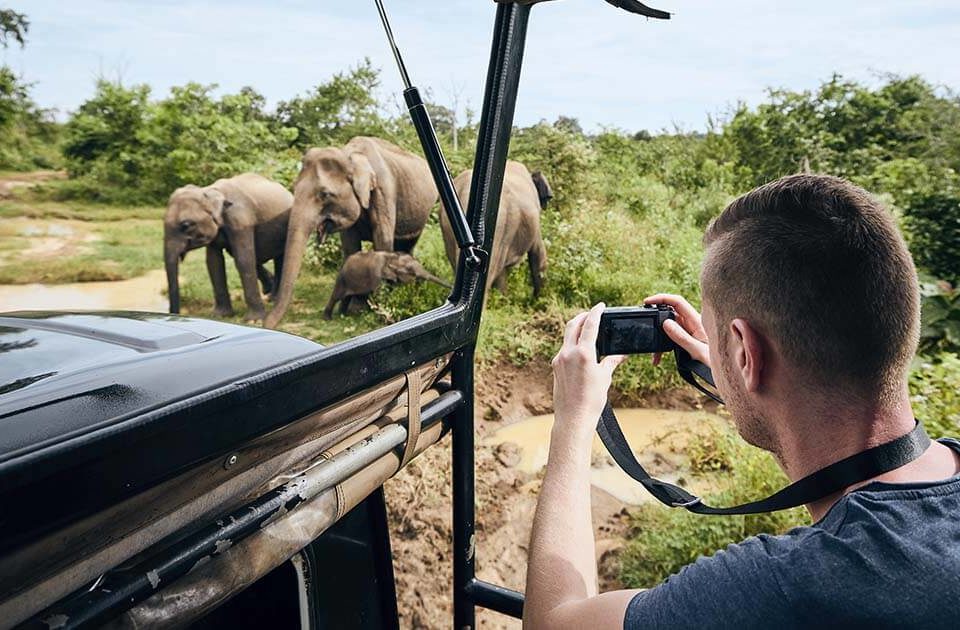
Quando andare in Tanzania: il periodo migliore per un safari
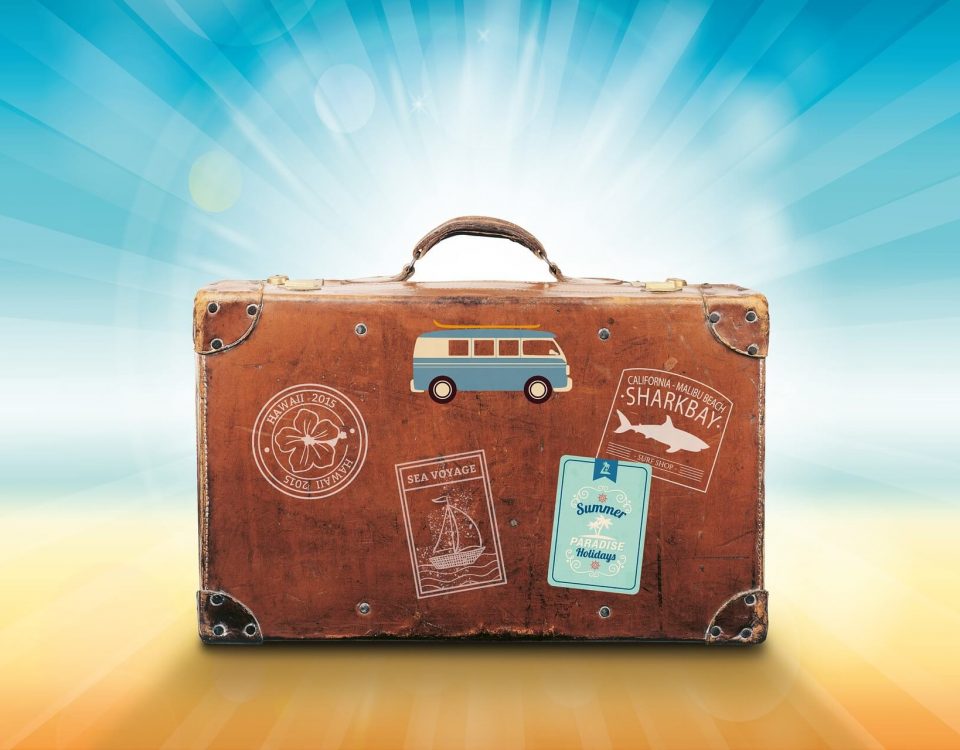
Abbigliamento Safari: Cosa portare in valigia?

Quanto costa un safari in Tanzania? Prezzi e Offerte
blog utilissimo a rispondere a tutti i miei quesiti e dubbi, consigliatissimo!!
Salve vorrei fare 2 giorni di safari e 3 giorni in Zanzibar, siamo un gruppo di 5 adulti e 2 bambini. Come dovrei fare ? Spostamenti e prezzi. Grazie.
Lascia un commento Annulla risposta
Il tuo indirizzo email non sarà pubblicato. I campi obbligatori sono contrassegnati *
LEGGI LE CONDIZIONI DI PRENOTAZIONE

Destinazione Africa: 8 itinerari di viaggio fuori dall'ordinario
Da Sud verso Est, attraversando il tropico del Capricorno e la linea dell’Equatore, alla scoperta del continente africano. Ecco le esperienze di viaggio #Onceinalifetime da prenotare questa estate
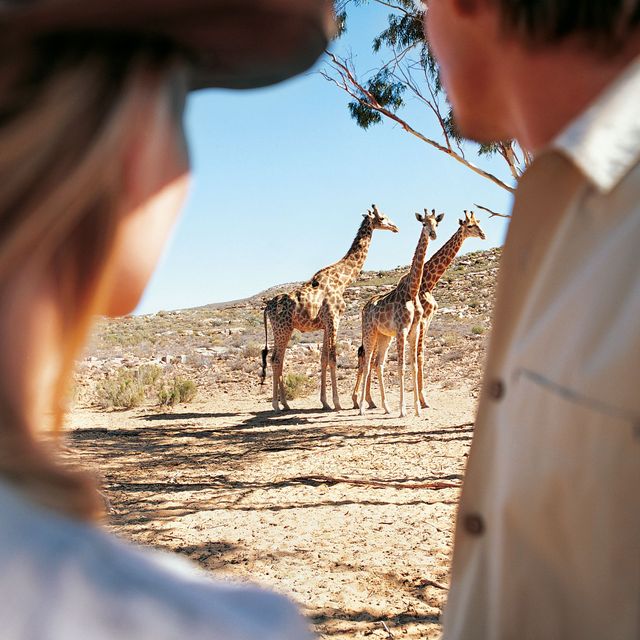
Per molti è il viaggio della vita. Uno di quei viaggi (da fare) once in a lifetime, uno di quelli che non si dimentica mai. Nessun luogo nel mondo conosciuto ed esplorato è in grado di entrarti dentro come l' Africa . Il primitivo silenzio della savana al mattino rotto dai suoni ipnotici della fauna selvaggia, i tramonti di fuoco che illuminano i suoi sconfinati spazi, città vibranti di energia e di cultura e popoli custodi orgogliosi di questi luoghi pronti a mostrare la magia di un continente dalla bellezza senza pari.
Quello in Africa è un lungo viaggio - non a caso la parola safari in swahili significa letteralmente proprio questo - e per intraprenderlo il modo migliore è affidarsi a chi da 100 anni ha fatto dei viaggi la propria ragione di vita, disegnando nuove rotte e costruendo esperienze uniche in grado di sorprendere ogni viaggiatore.
Da CITTÀ del CAPO al KRUGER
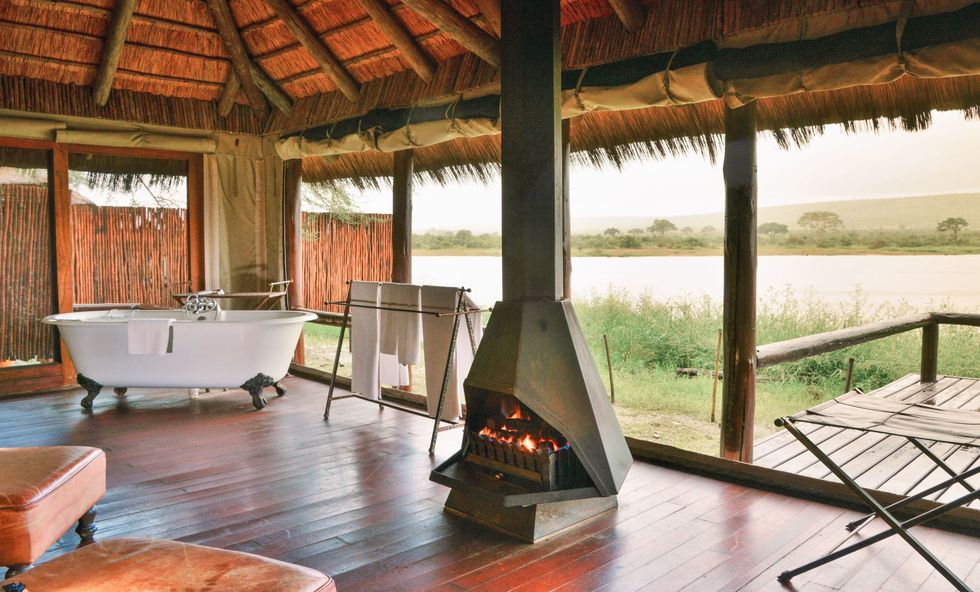
Spingersi ai confini del mondo è il desiderio (non troppo celato) di ogni vero viaggiatore. Un viaggio simbolico da fare almeno una volta nella vita. Per provare la sensazione di affacciarsi sull'infinito bisogna però procedere con calma. Godendosi tutto quello che c'è prima. Perché esplorare il Sudafrica è pura riconnessione con la parte più ancestrale e selvaggia di se stessi. Un vero viaggio nel viaggio. Questo itinerario, pensato per il Centenario Turisanda, ti porterà alla scoperta dell'energica Città del Capo fino alle meraviglie del Parco Kruger con esperienze uniche e speciali. A partire da un incontro privato con un amico di Nelson Mandela , Christo Brand, prima guardia carceraria e poi amico dell’attivista sudafricano, per ascoltare la testimonianza diretta sulla storia del Sudafrica in uno dei suoi luoghi simbolo, Robben Island. Potrai visitare un villaggio tradizionale al confine con il Mozambico per un contatto profondo con la comunità locale e soggiornare in un intimo campo tendato fisso nel Parco Kruger ad uso esclusivo dei partecipanti al tour. Immagina di svegliarti e fare colazione nel cuore del bush prima di preparare la macchina fotografica e immortalare la bellezza dei Big Five . Leoni, rinoceronti, bufali, elefanti e leopardi nel loro habitat naturale e infine toccare la vetta dell’iconica Table Mountain, una delle sette meraviglie naturali del mondo.
Partenza del tour 23 giugno - durata 10 giorni e 7 notti
Da Windhoek Al Caprivi
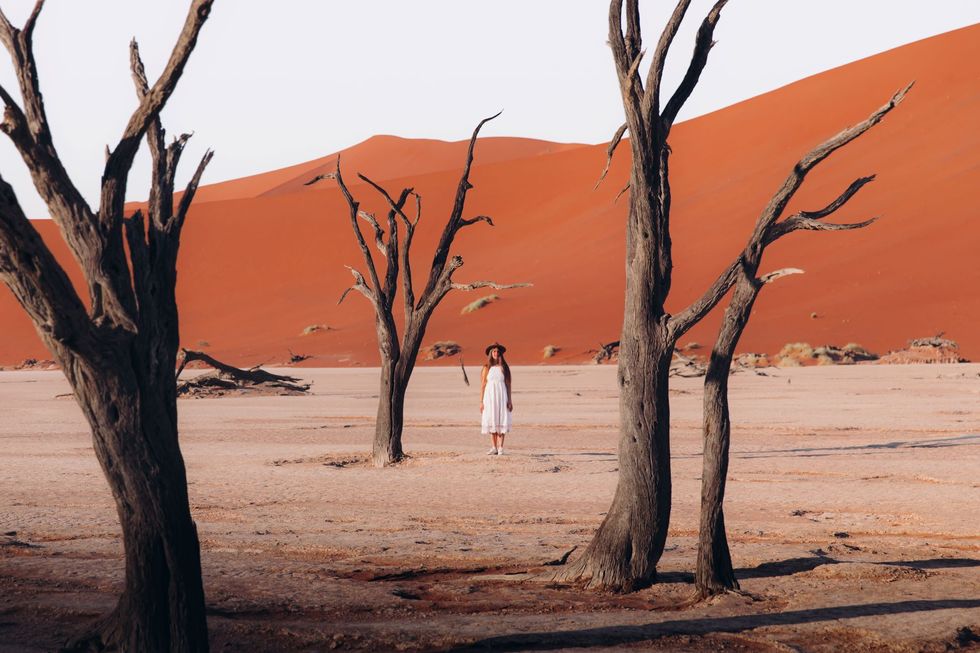
Uno dei paesaggi più sorprendenti che potrai trovare sulla Terra si trova in Namibia. Qui si trova la Valle della Luna. Tra crateri, rocce scolpite dal vento e dune rosse potrai provare la sensazione di sentirti su un altro pianeta restando ancorato a terra. Qui accompagnatori di eccezione, la coppia di creator Thetravelization , si uniranno a te e alla guida esperta presente in loco, alla scoperta di uno dei luoghi più sorprendenti al mondo.
Nel comfort di un 4x4 andrai alla ricerca di leoni, ghepardi, suricati e grandi rapaci. Dormirai in un campo tendato nella Valle della Luna dove ti aspetta una cena speciale e una notte cullata dalle stelle. Farai colazione sulle dune del deserto della Namibia, visiterai un villaggio Himba per partecipare alle più folkloristiche tradizioni dei popoli namibiani, resterai senza fiato alla vista delle grandiose Cascate Victoria , per poi concludere con una crociera romantica al tramonto sul Fiume Zambesi . Partenza del tour 1 luglio - durata 15 giorni e 12 notti
Scopri l'itinerario completo
Dall’OKAVANGO alle CASCATE VICTORIA
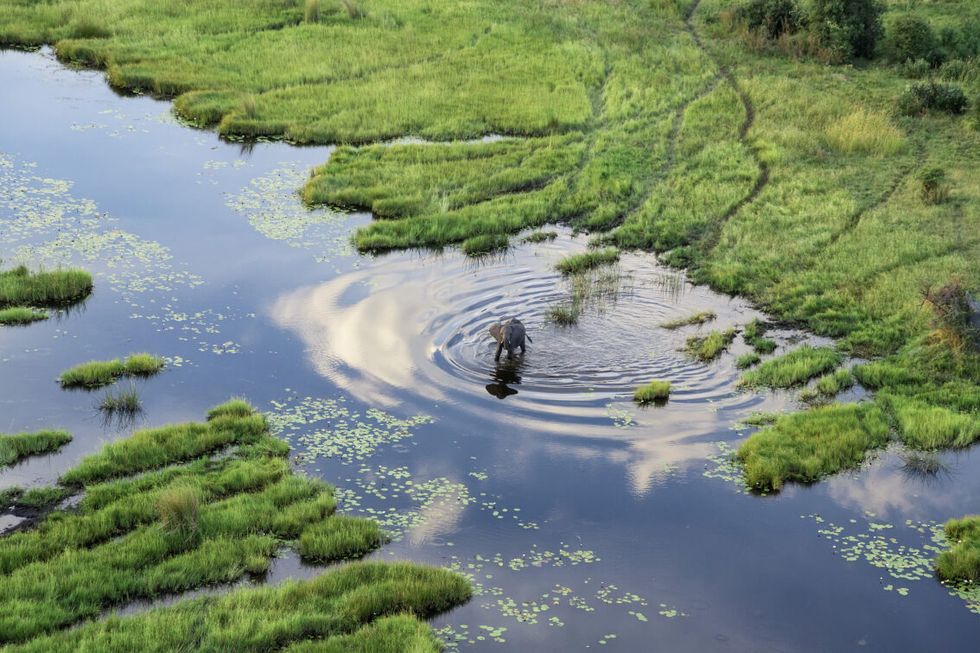
In Botswana la vita a scorre accanto al fiume e potrai osservarla dall'alto. Perché qui il safari si fa anche ad alta quota. Un'esperienza ancora una volta once in a lifetime che ti porterà a bordo di voli Cessna per ammirare la potenza e la bellezza di questo territorio da un punto di vista privilegiato.
Potrai dormire sotto le stelle nel cuore del Makgadikgadi Pans National Park , grazie all’esclusiva esperienza di sleep-out in un’area desertica sconfinata, selvaggia e remota, vedere le grandiose Cascate Victoria e fare una crociera al tramonto sul Fiume Zambesi per ammirare uno dei tramonti più belli d’Africa, sorseggiando un drink e osservando coccodrilli, ippopotami e altre specie di fauna locale. A bordo di veicoli elettrici e barche solari, dei ranger esperti conducono i safari via terra e via acqua per un’esperienza immersiva, autentica ed ecologica per gli animali selvaggi e le comunità locali. Partenza del tour 11 luglio - durata 11 giorni e 8 notti Scopri l'itinerario completo
Da Livingstone Al Lago Malawi
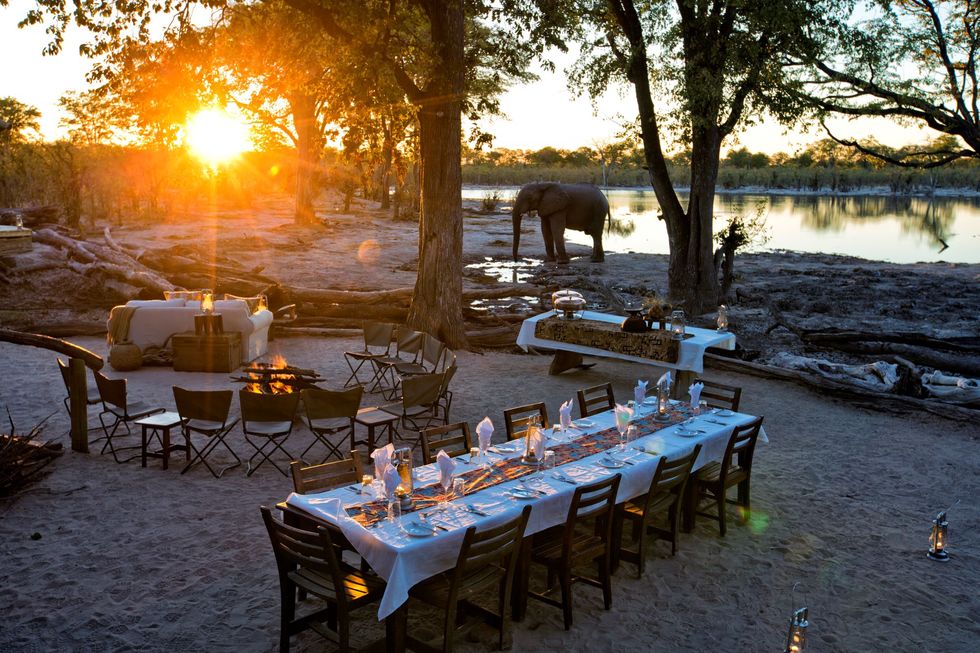
Da un lato lo Zambia e dall'altro lo Zimbabwe, al centro come confine le immense cascate Victoria . Un viaggio nel cuore dell'Africa che ti porterà alla scoperta di uno degli animali più rari: il rinoceronte bianco . Soggiornerai in un luxury lodge sulle sponde del fiume Zambesi , potrai cenare nel cuore del Parco Nazionale della South Luangwa Valley sotto le stelle e pranzare su un’isola in mezzo al fiume del Parco Nazionale di Mana Pools. Per poi avventurarti in un safari notturno nel Parco Nazionale della South Luangwa Valley e fare una crociera sul fiume Zambesi per ammirare elefanti, ippopotami e coccodrilli che popolano le rive del corso d’acqua. Partenza del tour 18 luglio - durata 12 giorni e 9 notti
Da Dar Es Salaam Al Selous
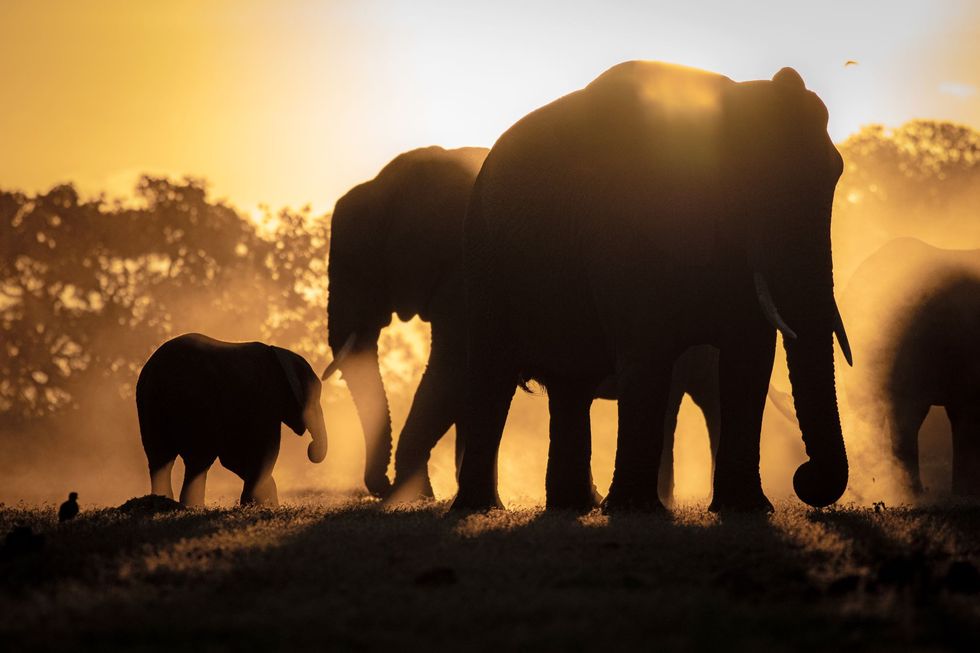
L'Africa primordiale, quella meno turistica e battuta. L'Africa inaspettata si trova in Tanzania. Un’Africa verde e lussureggiante fatta di alte montagne, laghi, foreste, praterie e altipiani e della sua fauna ancora intatta. Un perfetto mix tra adrenalina e relax. Un'esperienza unica che ti permetterà di partecipare a un safari nel più grande parco naturale della Tanzania per assistere al passaggio di bufali e antilopi, elefanti e giraffe, gnu e impala, facoceri e kudu e scorgere tra le mangrovie i timidi licaoni, per poi soggiornare in uno splendido bush lodge dalla tipica architettura africana e pranzare a pochi passi dal fiume Rufiji. Partenza del tour 26 luglio - durata 10 giorni e 7 notti
Dal Kilimanjaro Al Serengeti
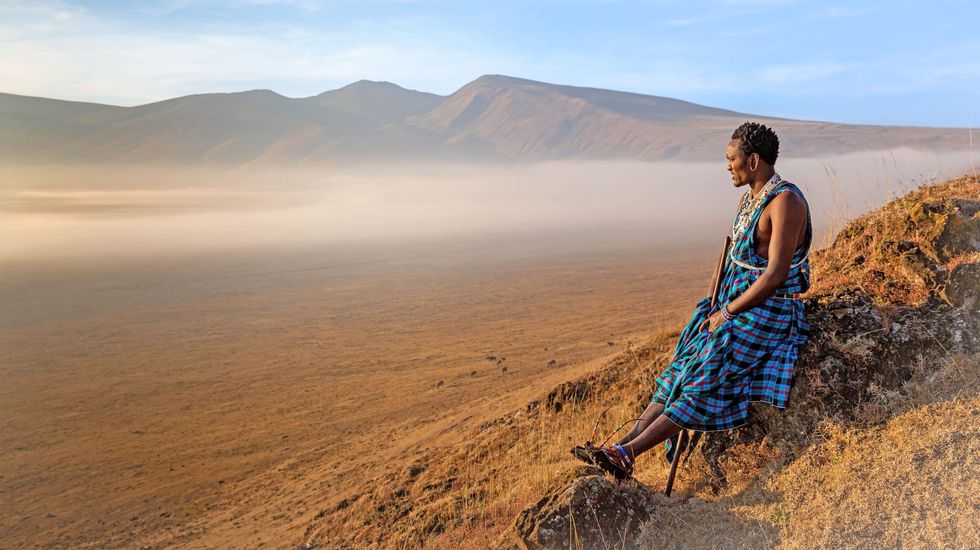
Ancora Tanzania, ma un viaggio alla scoperta del suo nord, tra vulcani, elefanti, baobab secolari che fanno da sentinelle al passaggio della Grande Migrazione. Per permetterti di conoscere veramente la Tanzania e di gustarne ogni aspetto, questo itinerario prevede la guida di tracciatori Maasai - custodi di questi luoghi che ti accompagneranno al tramonto nel cuore della foresta di Manyara - e le mani dello chef Axel Jannsen, che firmerà il bush lunch che ti aspetta nella splendida cornice del Serengeti . Soggiornerai in un confortevole campo tendato le cui palafitte sono adagiate lungo il corso del fiume Tarangire e ti spingerai per un'avventura fin dentro al cratere della caldera di Ngorongoro , autentico paradiso naturale, considerato una delle meraviglie del mondo. Partenza del tour 2 agosto - durata 9 giorni e 6 notti Scopri l'itinerario completo
Da Kampala Ai Gorilla Di Montagna
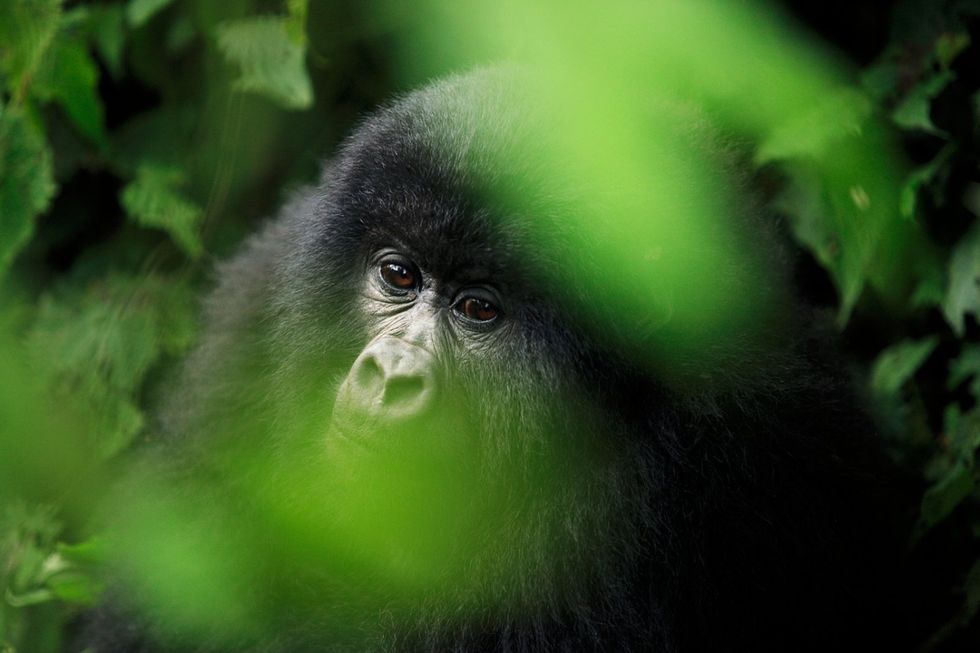
Siamo letteralmente al centro del mondo, lungo la linea dell'equatore. Pochi posti sulla terra permettono esperienze fuori dall'ordinario come l' Uganda . Un viaggio che ti permette di accedere a un privilegio per pochi: avvistare i grandi primati. Gorilla, scimpanzè e molte altre specie di scimmie si trovano proprio qui, in una delle riserve naturali più protette del pianeta.
Un viaggio dalle emozioni forti che ti porterà dal delta del Nilo Vittoria che potrai percorrere in battello, per avvistare coccodrilli e ippopotami fino a salire nella Foresta di Bwindi , a 2.300 metri, per fare la conoscenza dei maestosi e imponenti gorilla di montagna. Partenza del tour 9 agosto - durata 12 giorni e 9 notti Scopri l'itinerario completo
Dalla Rift Valley A Mombasa
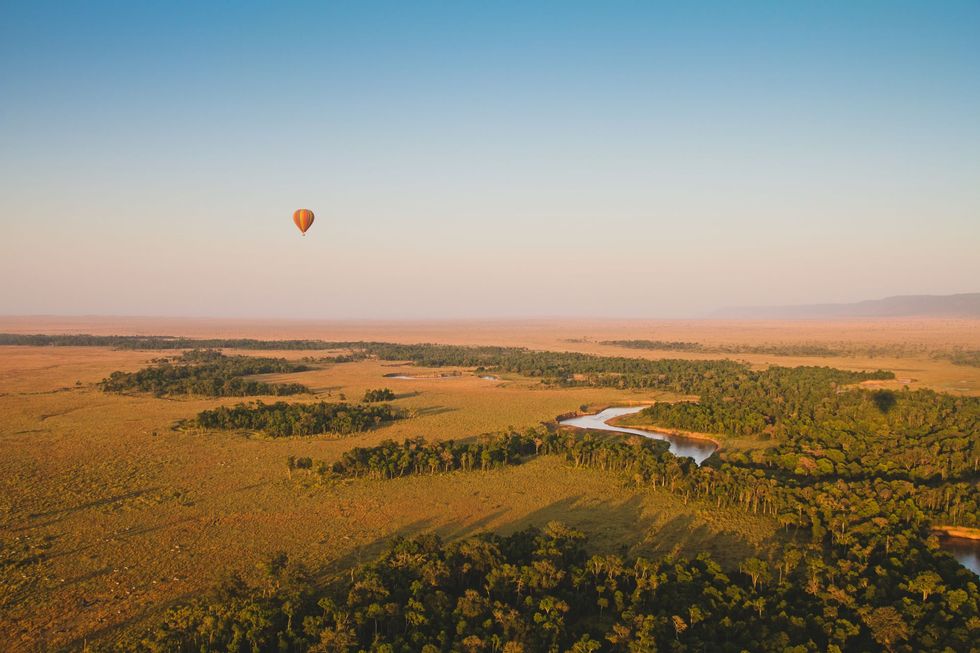
La vita nasce dall'acqua. Ed è proprio da qui che parte questa esperienza di viaggio. Un viaggio in Kenya che ti porterà alla scoperta dei segreti della natura africana. Si comincia dai Grandi Laghi, il Naivasha e il Nakuru , dove in barca potrai navigare tra colonie di ippopotami, fenicotteri e pellicani. Ammirare rinoceronti, bufali, iene, leoni e leopardi che si abbeverano o furtivamente puntano le proprie prede. Per poi proseguire nella riserva del Masai Mara con ranger esperti per assistere alla Grande Migrazione per un fotosafari alla ricerca dello scatto perfetto.
Ma per capire in fondo questa magnifica terra, bisogna affidarsi a chi conosce i suoi segreti. E tu alla fine di questo viaggio sarai uno di questi. Te li svelerà una guida d'eccezione. Un tracciatore Maasai che ti condurrà in un walking safari nello Tsavo Ovest . Un'esperienza imperdibile che ti insegnerà a leggere le impronte delle diverse specie animali, a sfruttare le proprietà curative delle piante e ti trasmetterà molte altre conoscenze, maturate dalle popolazioni locali per convivere con la flora e la fauna di questi luoghi. Partenza del tour 19 agosto - durata 10 giorni e 8 notti
Scopri di più e crea la migliore esperienza su misura con Turisanda e i suoi esperti Travel Designers .

Copenaghen a primavera
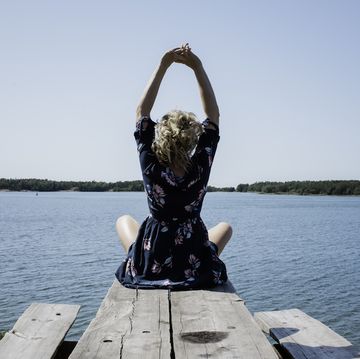
Fondamentali da conoscere per viaggiare nel mondo
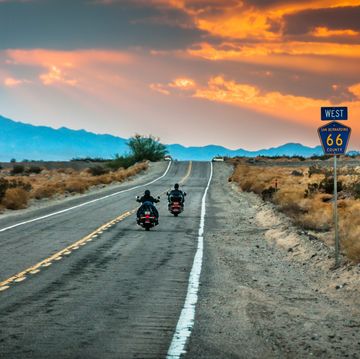
Viaggiare negli Stati Uniti: documenti necessari

consigli della Farnesina per viaggiare sicuri

Le luminarie del Sud candidate a patrimonio Unesco
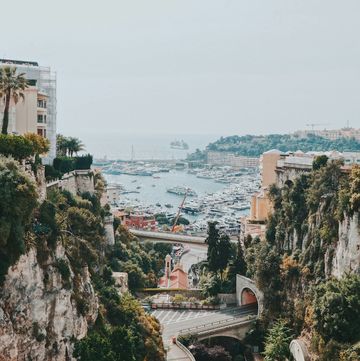
Guida alla scoperta di Monte Carlo

Gli indirizzi per un picnic vicino a Milano

Guida shopping à la parisienne

Cultural place to be, a Parigi
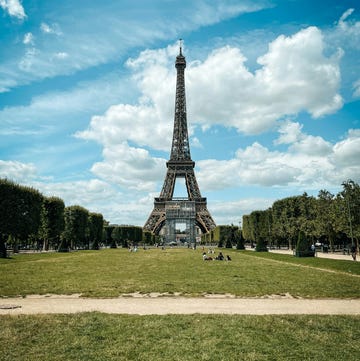
Gran tour olimpico a Parigi e dintorni

I resort per rinascere tutto l'anno
- Specialisti dei Viaggi, Tour e Safari in Africa
- [email protected]
Loro la chiamano Africa ...
...noi la chiamiamo casa

African Explorer
Viaggi e safari in africa dal 1972.
Il Tour operator italiano specializzato in viaggi e safari in Africa da oltre 50 anni. African Explorer ha aperto la strada all'avventura in Africa da 50 anni . Oggi siamo i leader indiscussi nel settore dei viaggi e dei safari in Africa, offrendo una combinazione vincente di esclusività, comfort e autenticità nel continente africano. Abbiamo un'idea per ogni modo di viaggiare e ti aiutiamo a creare la tua esperienza, la costruiamo insieme a te per poi fartela vivere al 100% secondo le tue esigenze e i tuoi tempi.
IN EVIDENZA
Partenze Speciali

Namibia Explorer in self-drive - Estate
15 /giorni 12/notti
Africa del Sud
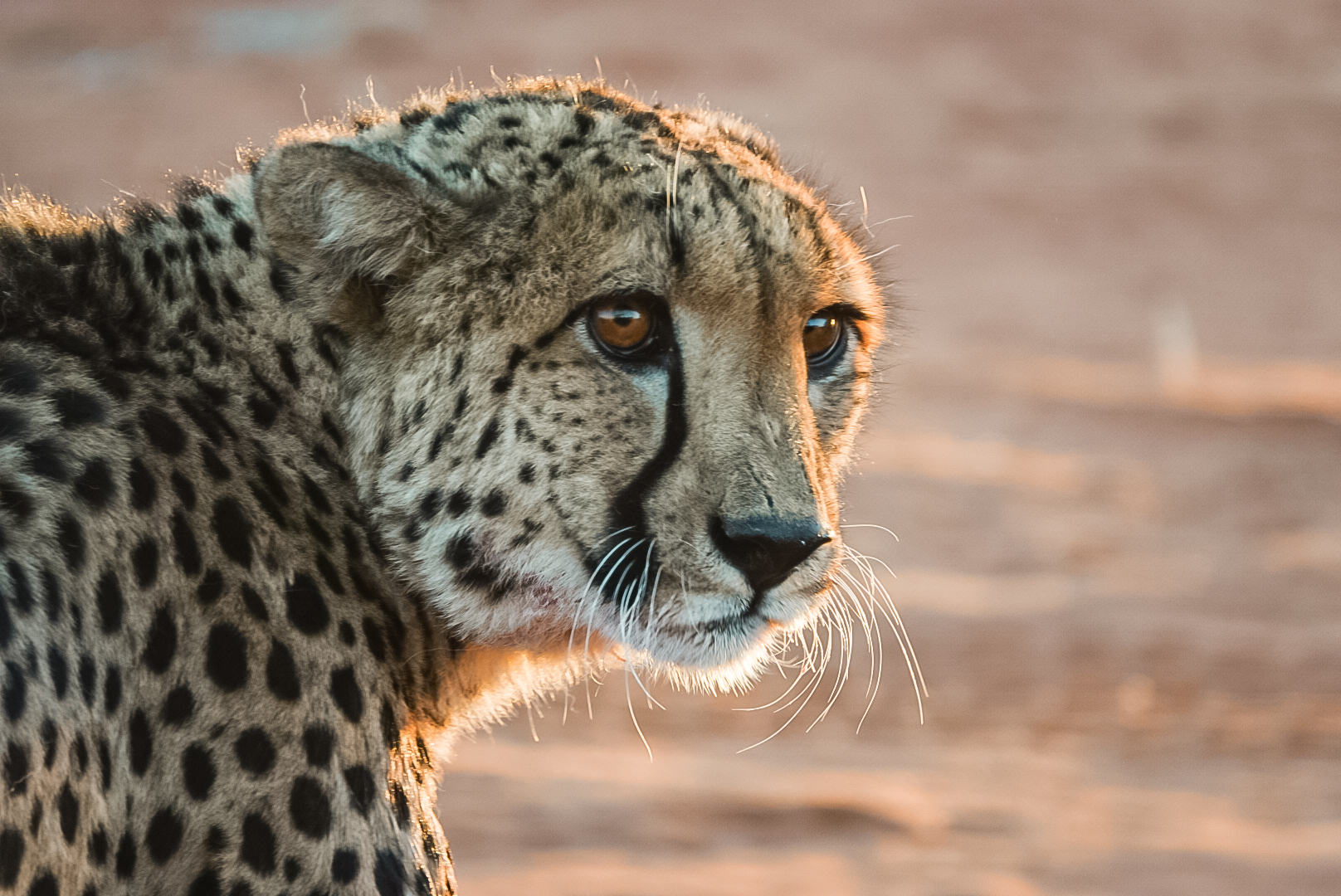
Namibia Freedom - Gold Estate
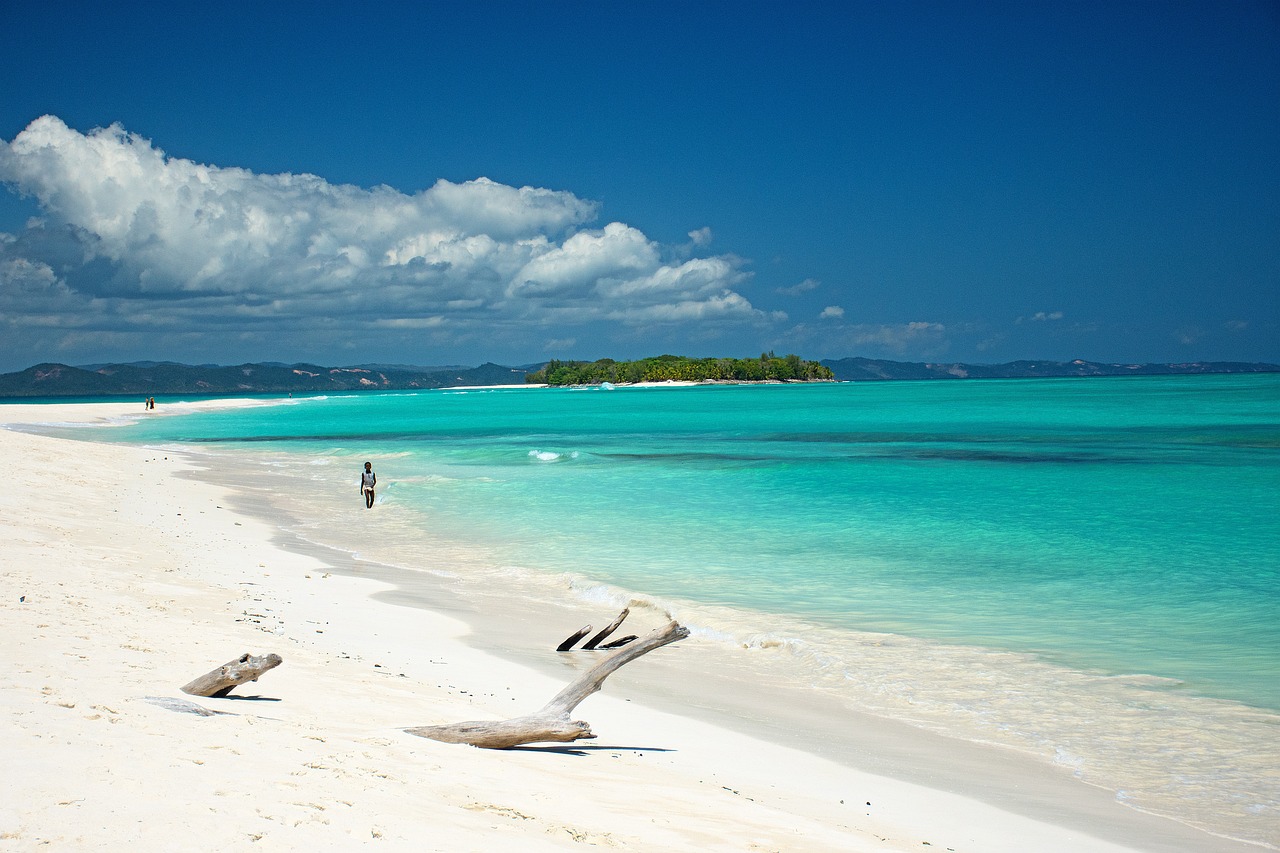
Madagascar Smart Sud - 5 Luglio
L'Africa degli Animali
Tipologia di viaggio
Il tuo viaggio in Africa inizia da qui.
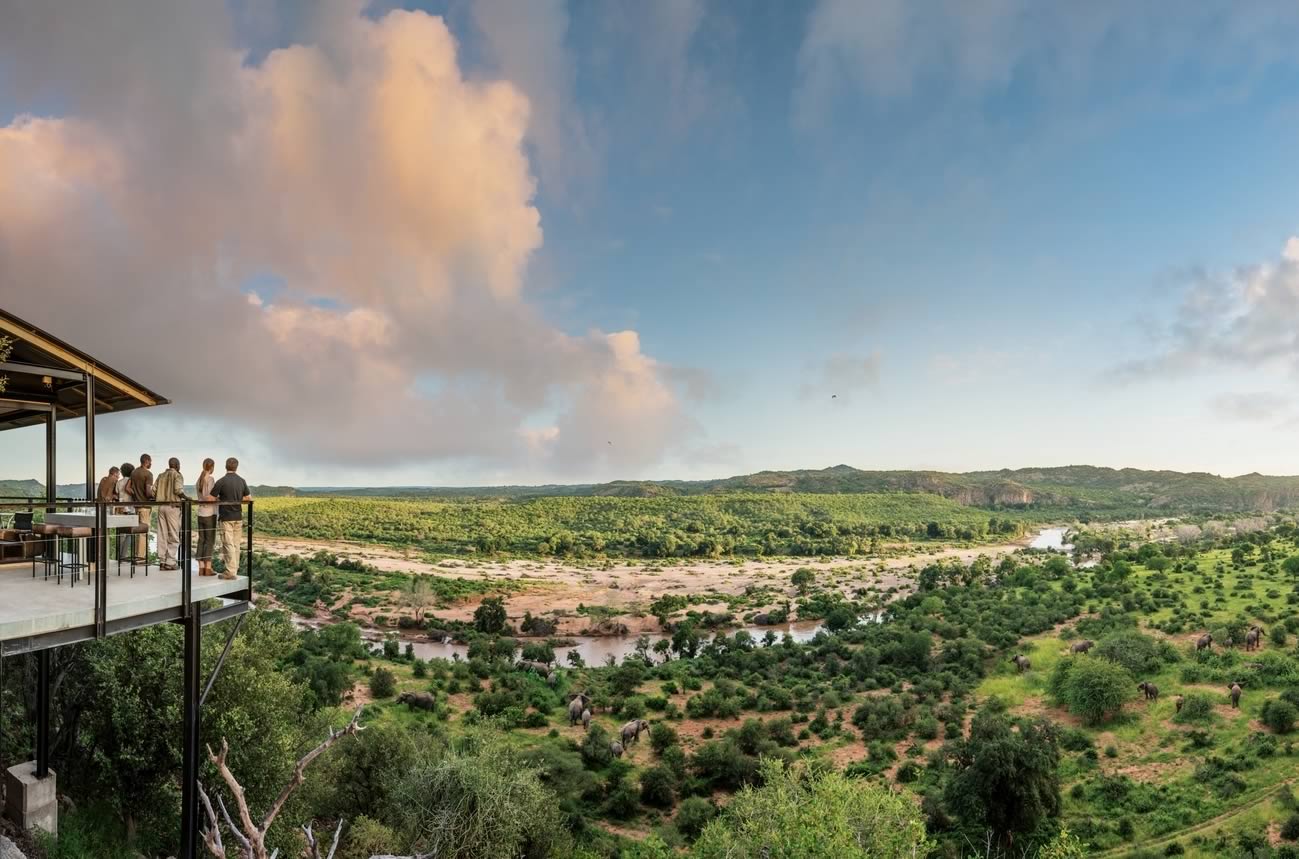
Tour con piccoli gruppi
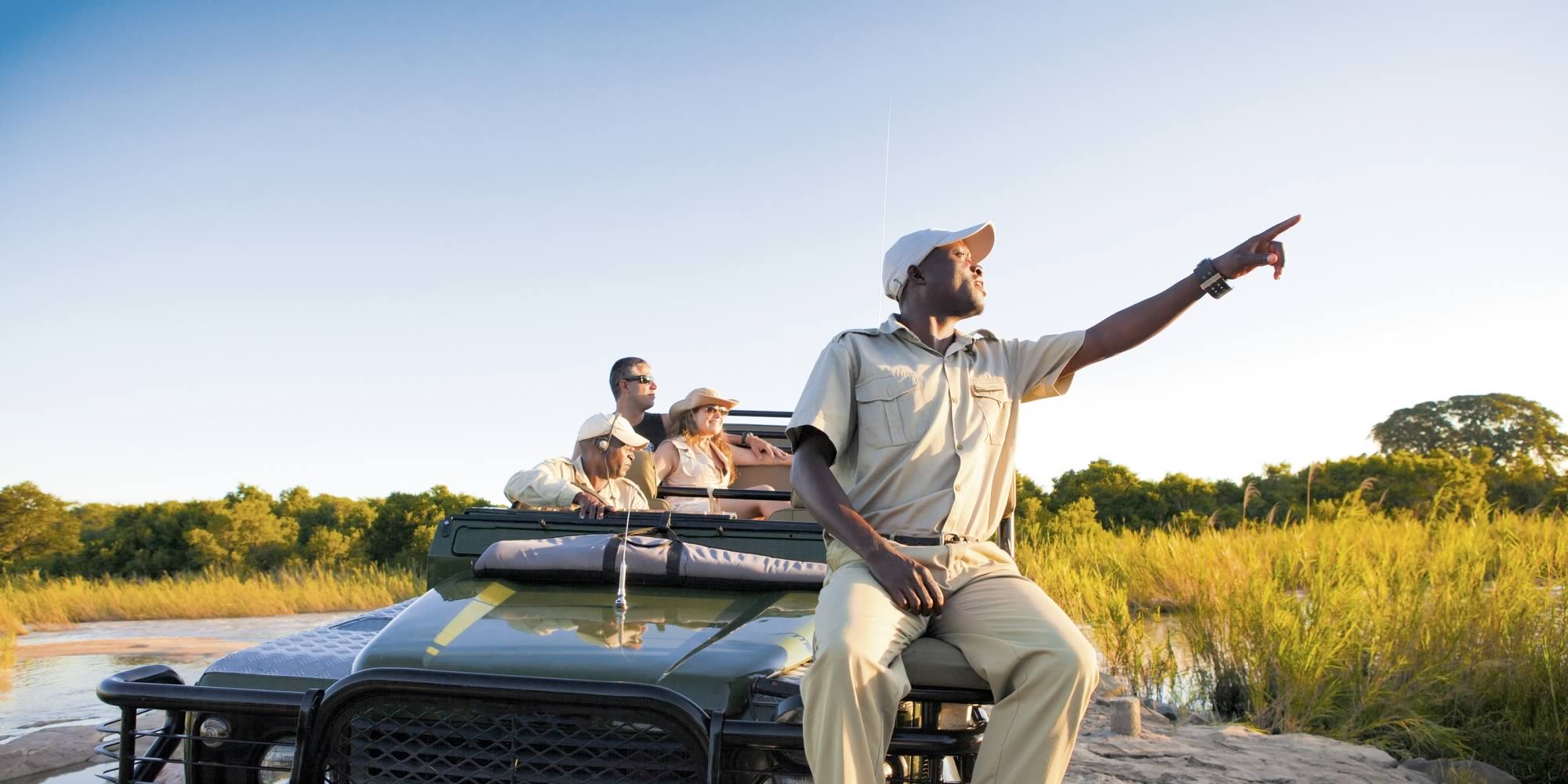
Viaggi Individuali
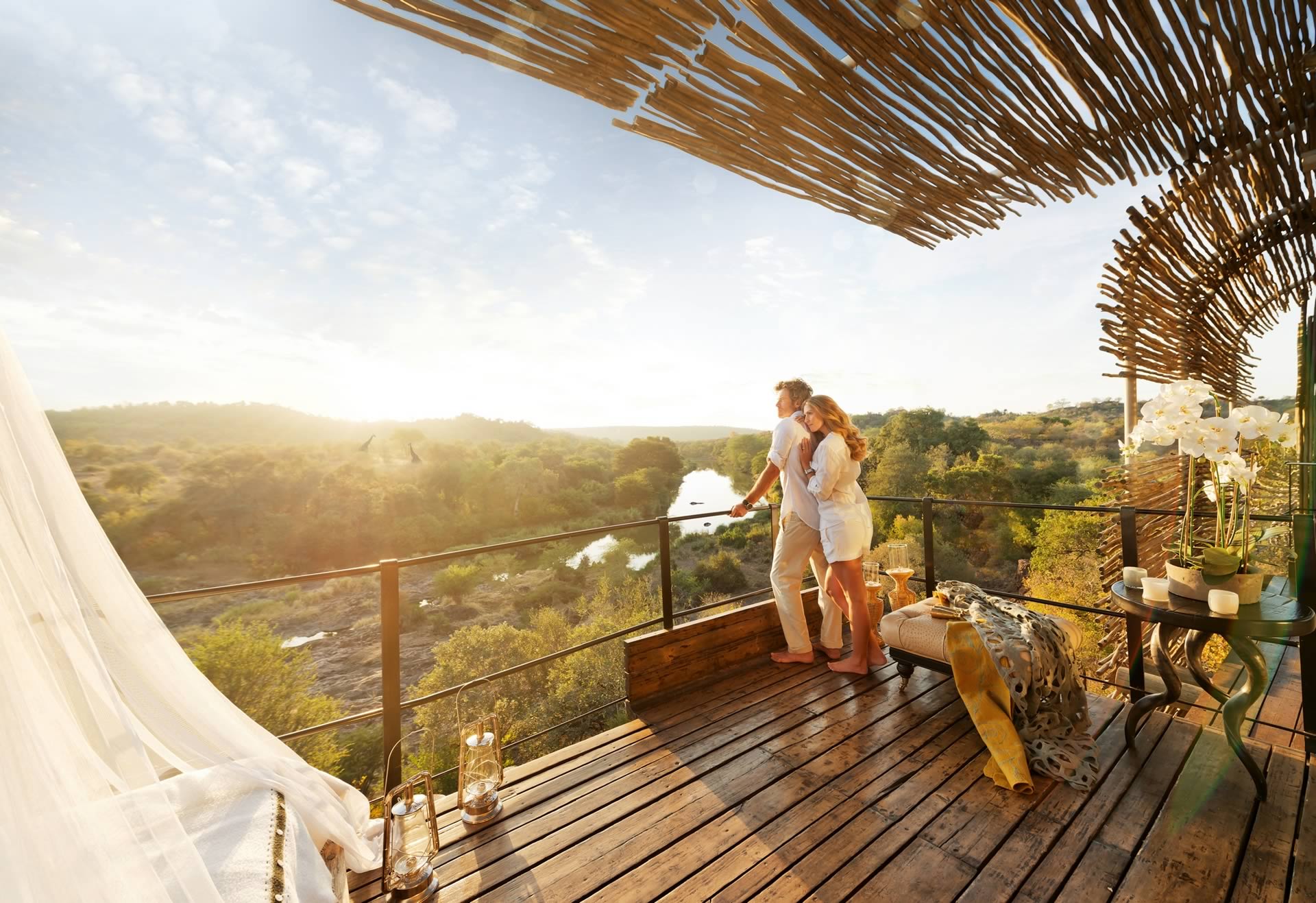
Viaggi di Nozze
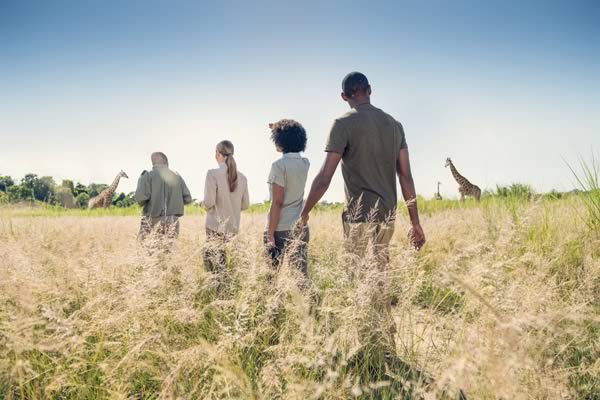
Viaggi per famiglie
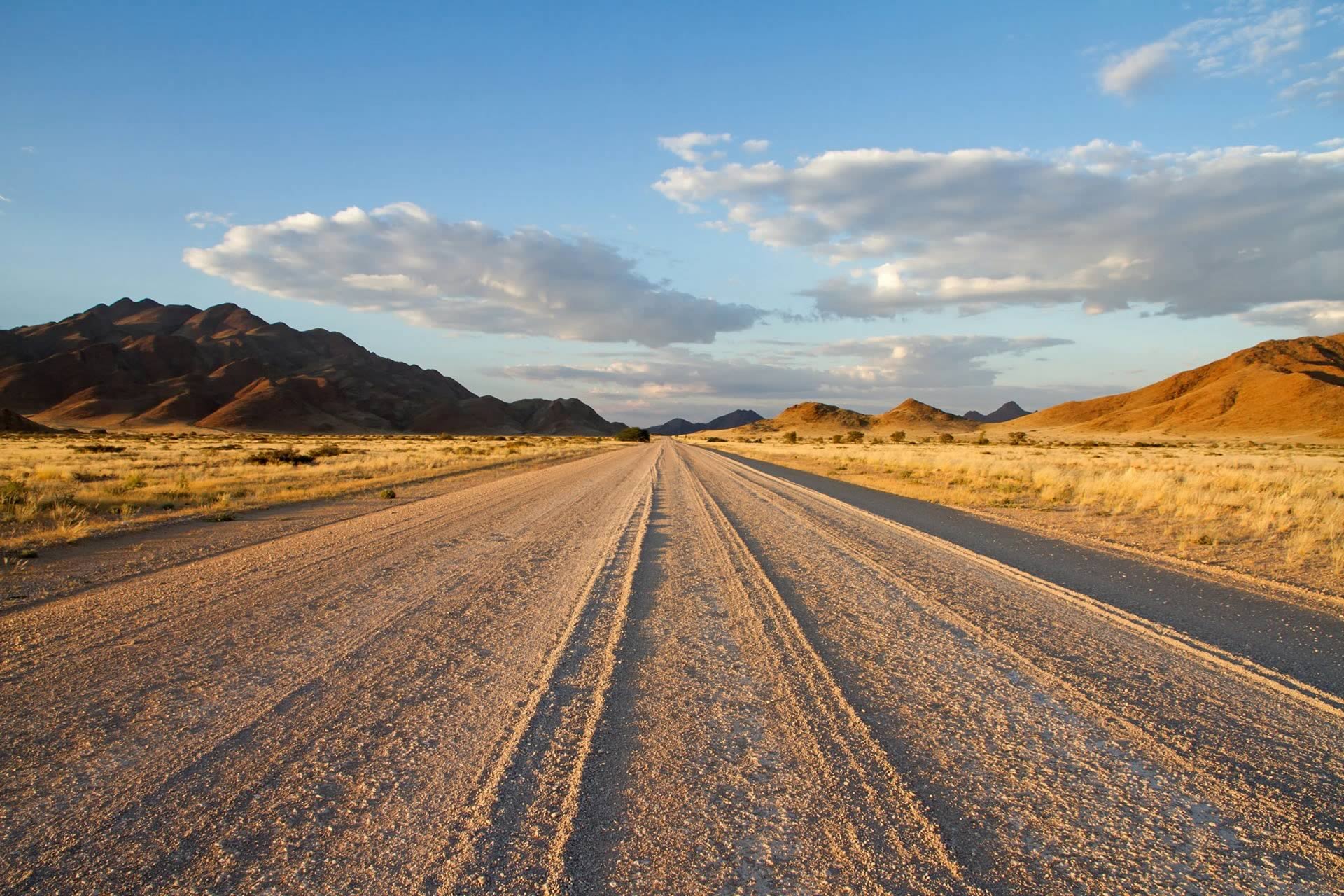
Per le tue richieste su misura
Lasciati ispirare
Scegli la destinazione
Scopri la bellezza senza pari dell'Africa, una terra di infinite opportunità con i suoi 54 paesi unici, ognuno pronto a incantarti. Sogni avventure selvagge e safari indimenticabili? Vivi tutto questo in Tanzania, Zambia, Zimbabwe e Uganda, oppure ammira panorami desertici e coste mozzafiato in Namibia e Sudafrica. In alternativa, immergiti nel cuore pulsante africano esplorando Ghana, Togo, Benin, Marocco e Madagascar.
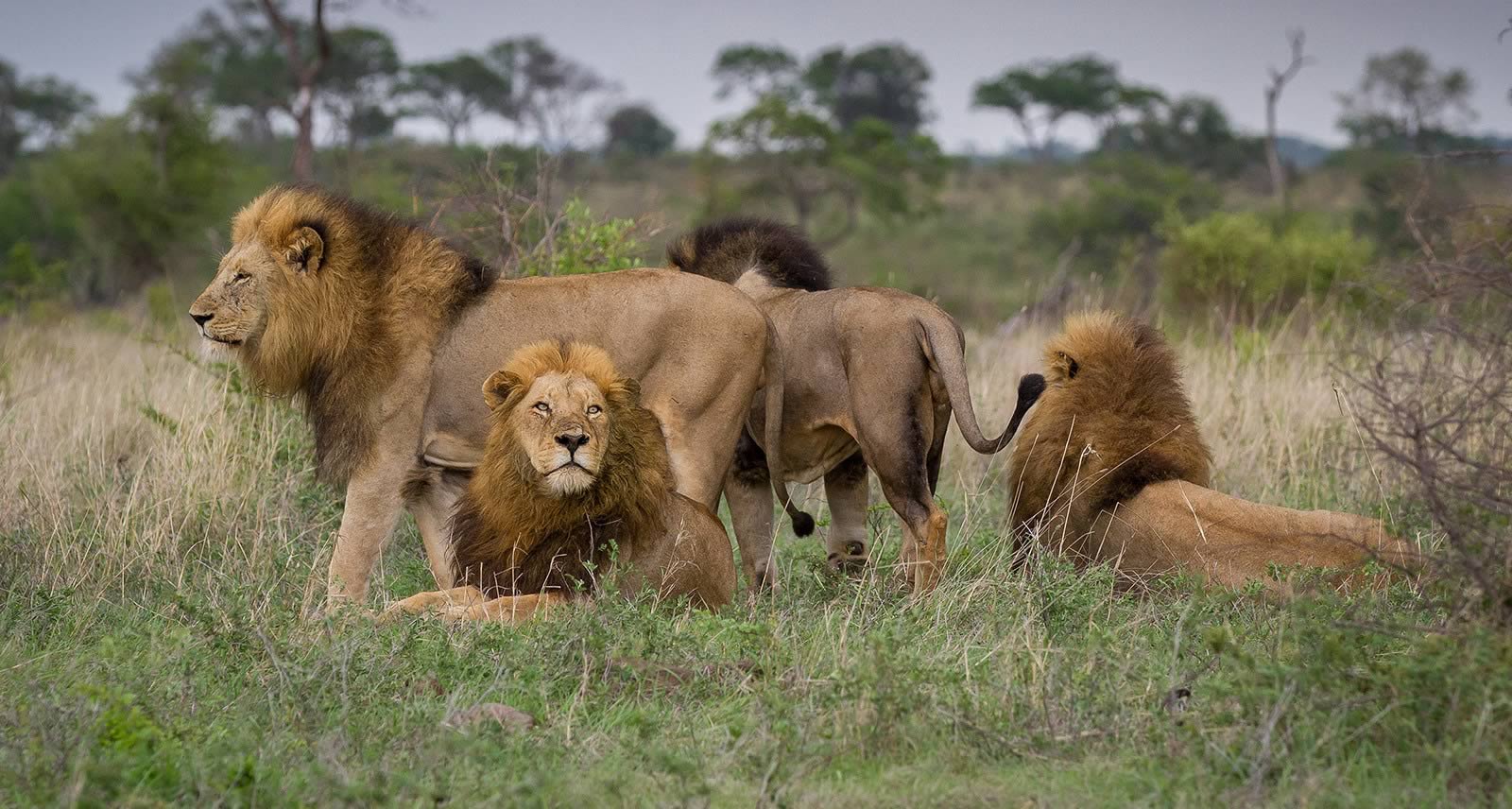
Ghana Togo Benin
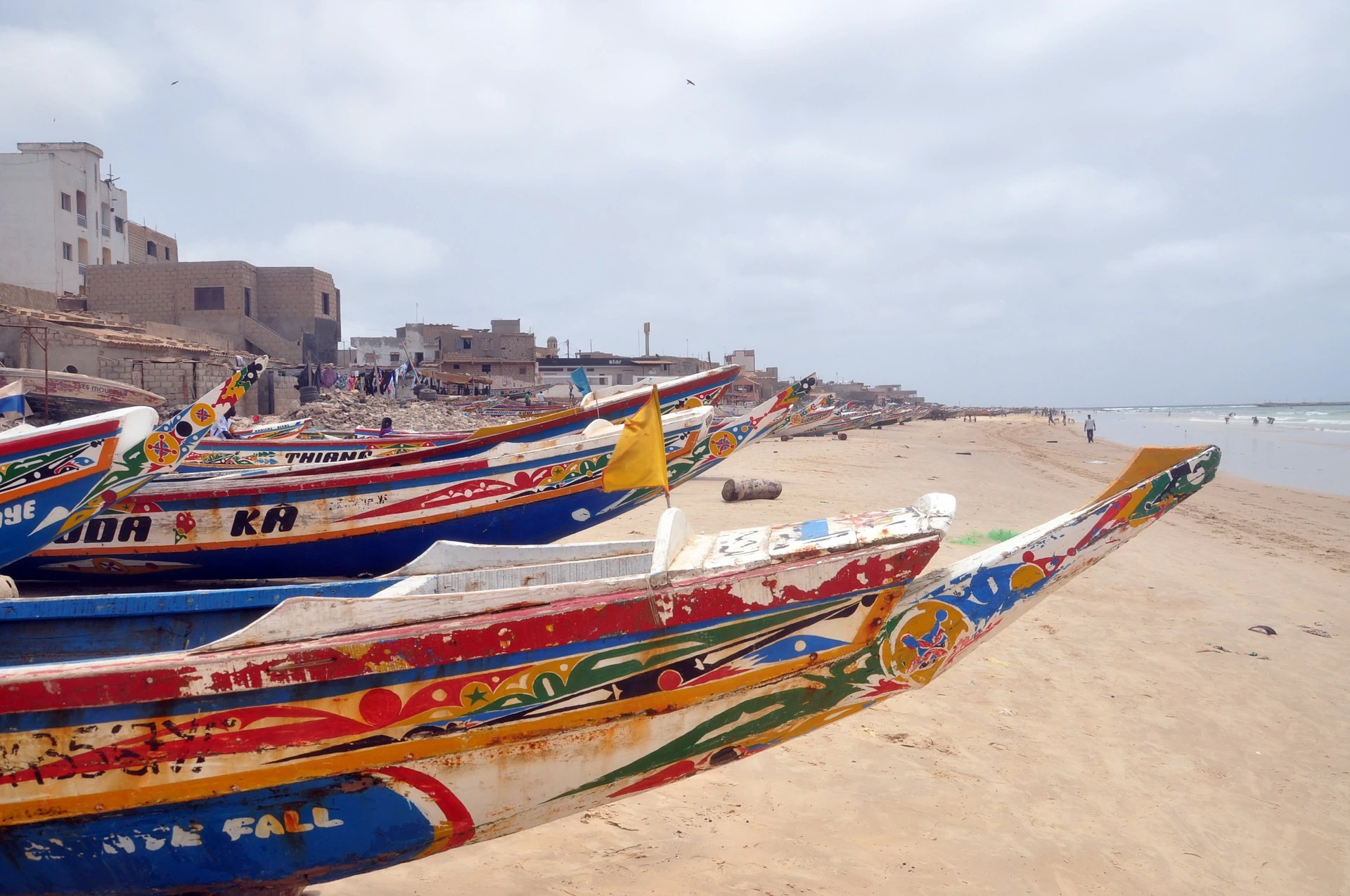
In evidenza
I viaggi più richiesti
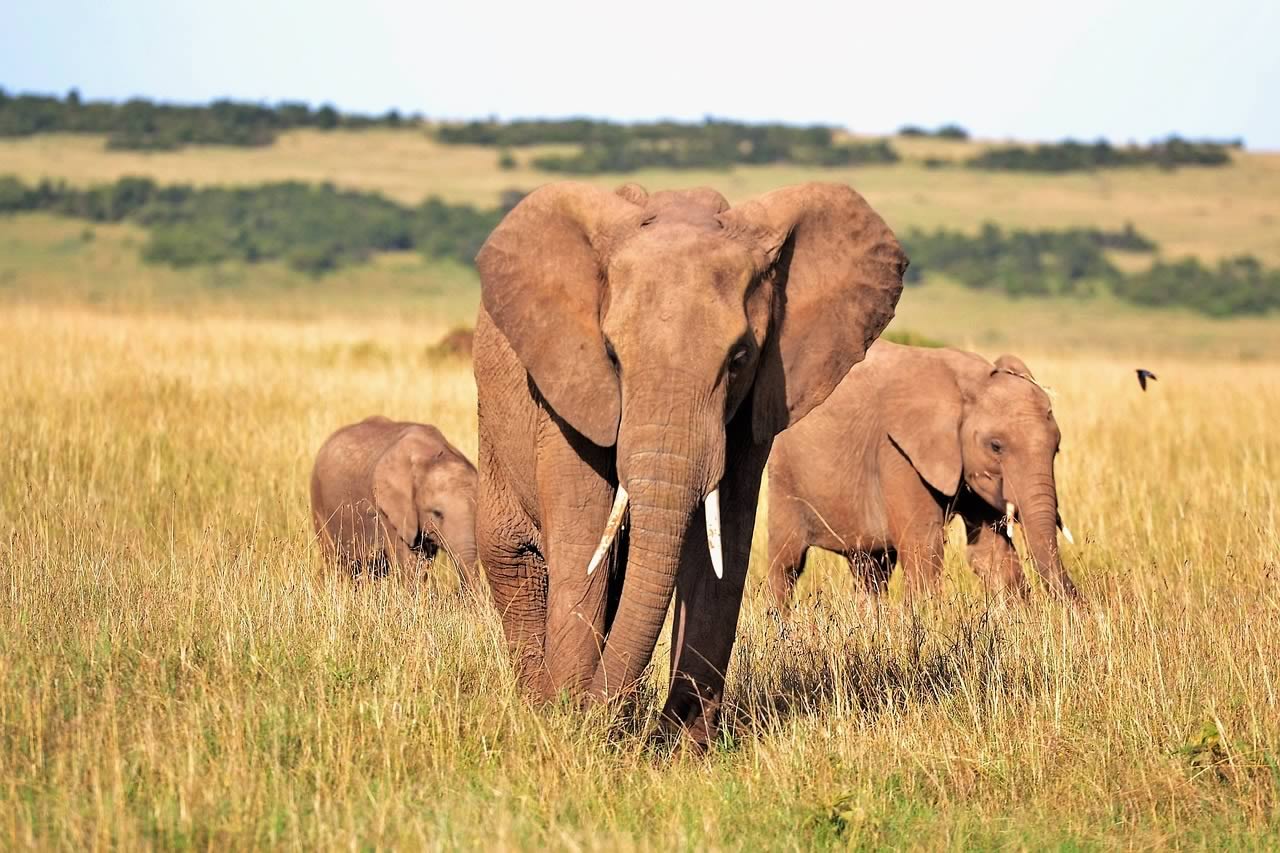
Kenya Explorer - 4, 11, 18 Agosto
10/giorni 7 /notti
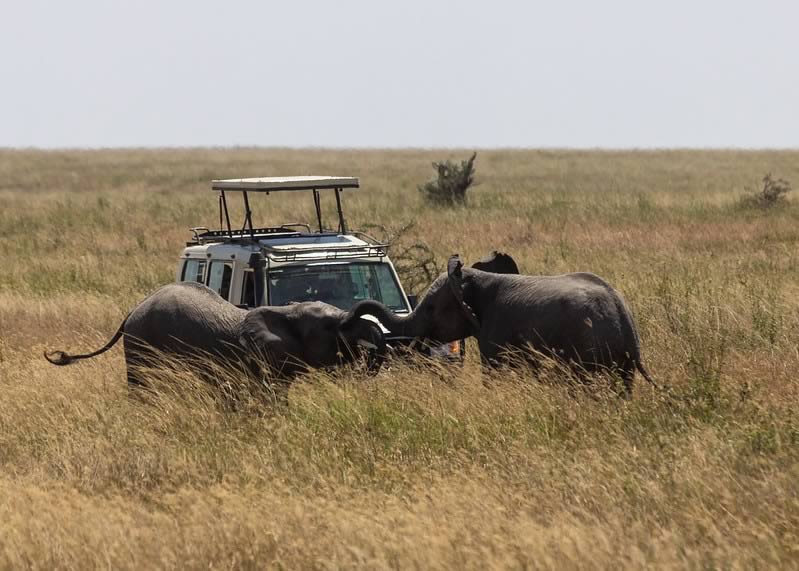
Kenya Explorer

Namibia Explorer
15/giorni 12 /notti
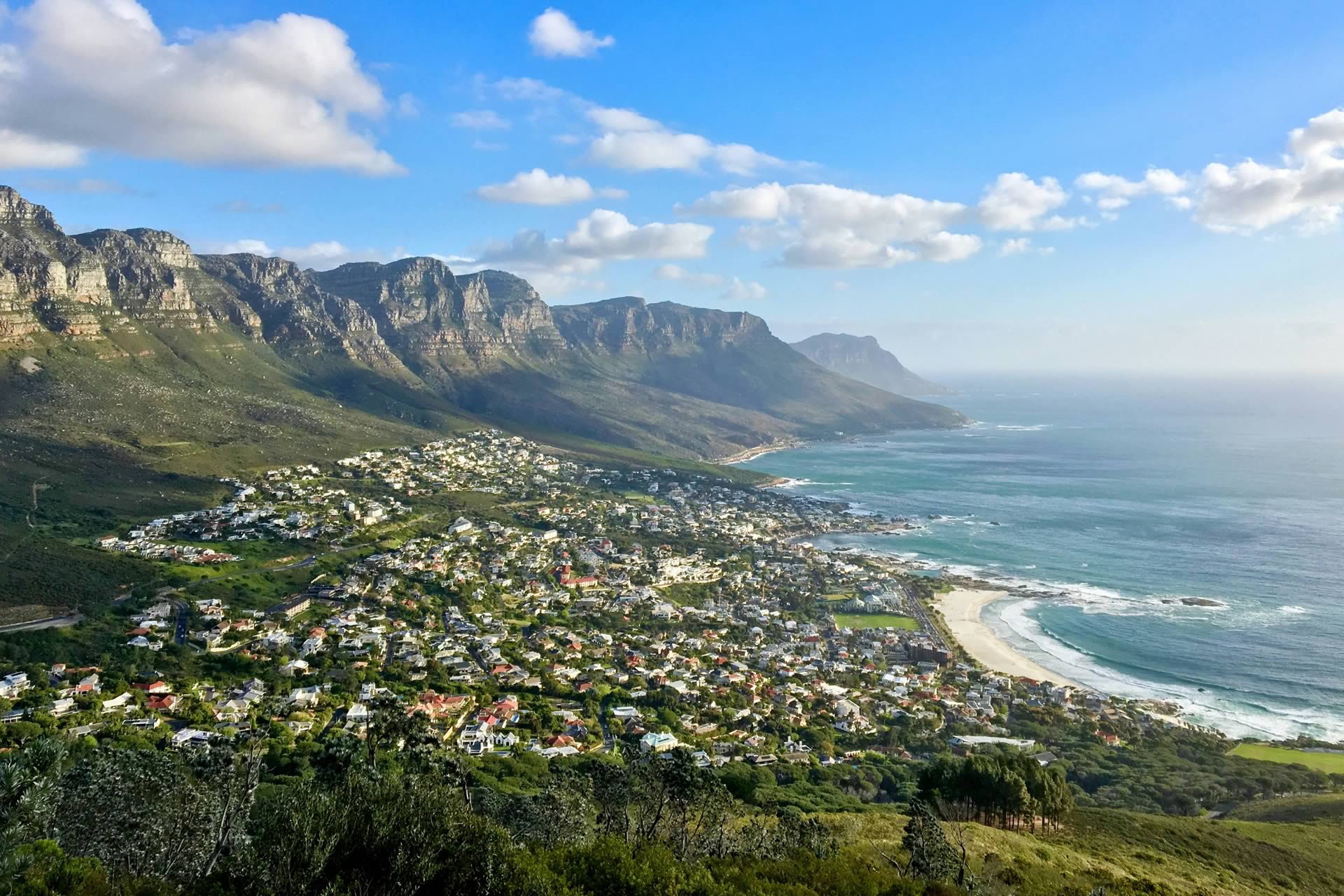
Sudafrica Smart
Viaggi su misura.
Itinerari personalizzati ed esclusivi creati secondo le vostre esigenze e passioni
Destinazione mare
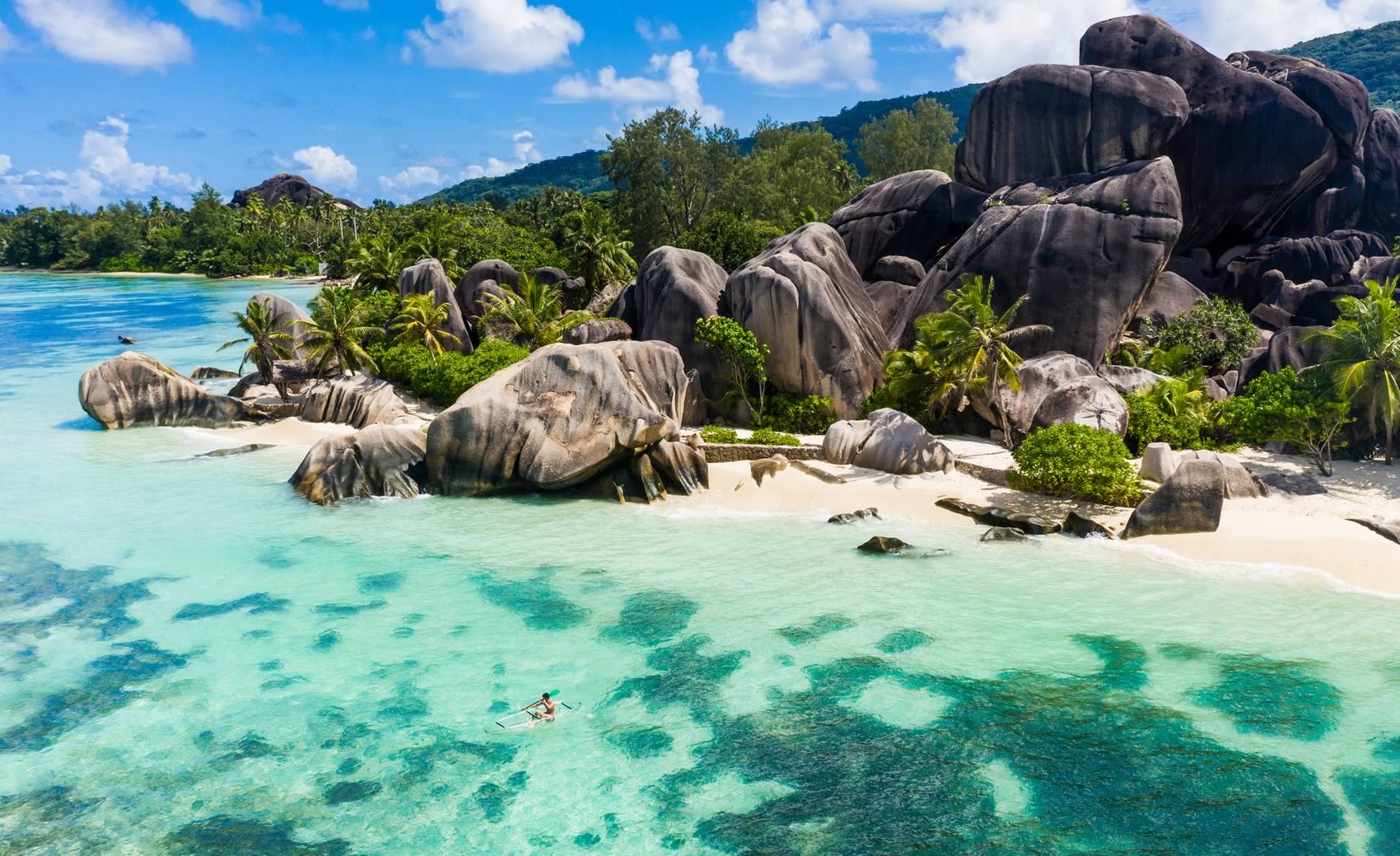
Isola di Pemba
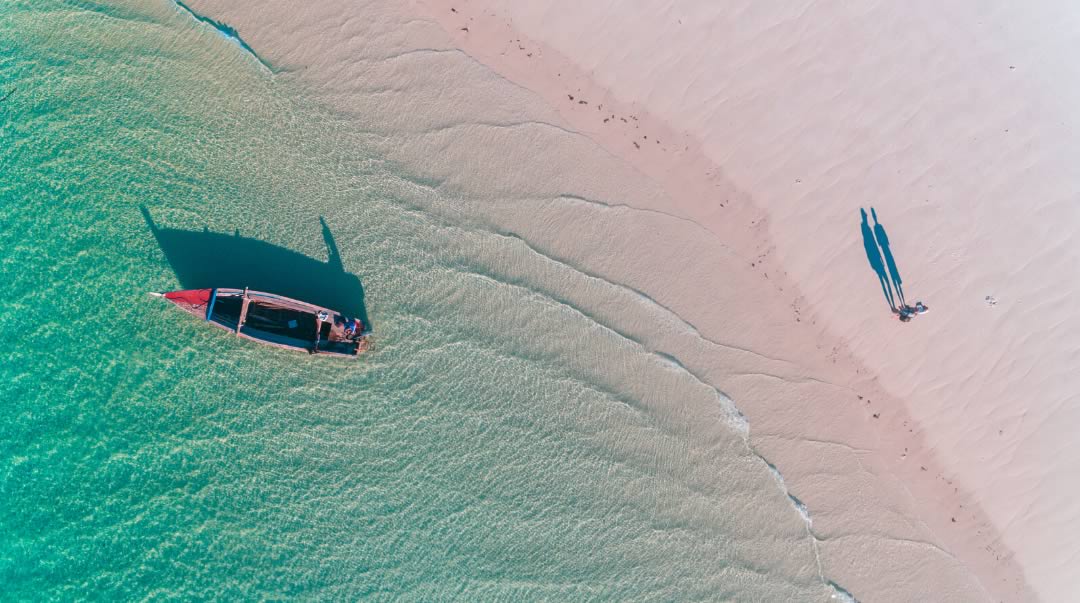
Isola di Mafia
Scopri l'Explorer che è in te
L'Africa non è solo una destinazione; è un'esperienza unica, un'emozione indimenticabile, un sogno che attende di essere vissuto e condiviso. "Ciò che non hai mai visto lo trovi dove non sei mai stato." (Proverbio africano)
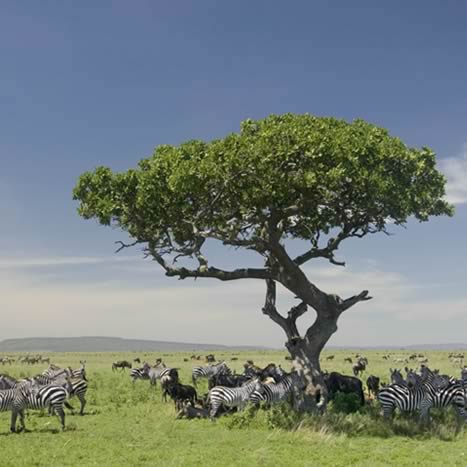
Testimonial
Dicono di noi

Linda Romano

Nicolò Bargna

Giulia Liberati

Gianni Finini
Notizie e consigli di viaggio
Tanzania e kenya: la grande migrazione, il centro di recupero di animali in namibia, mauritius: il nuovo programma di vaccinazioni.

- [email protected]
- +39 0232060101

IMAGES
VIDEO
COMMENTS
TUTTO QUELLO CHE DEVI SAPERE PRIMA DI FARE UN SAFARI IN AFRICA. Essendo stata un'esperienza sognata per tanto tempo, a lungo mi sono chiesta come sarebbe stato fare un safari in Africa. Eppure, nemmeno i miei sogni migliori si erano avvicinati a quello che poi ho vissuto veramente.
Best African safari tips for first-timers. Here are the best African safari tips you need to know before your trip. 1. Find out the best time to go for an African safari. Although Africa's wildlife will stay throughout the year, not every time is best for wildlife viewing and this is why you need to research the best time to go for a safari ...
15. Be Medically Prepared. Being medically prepared is one of the key African safari travel tips for first-timers. Before your trip, make sure you visit a travel clinic or consult with your healthcare provider, and check the CDC's recommendations to ensure you are up to date on any recommended vaccinations.
Il safari è un'esperienza da provare almeno una volta nella vita, perciò abbiamo raccolto le 8 migliori destinazioni di Safari in Africa. 1- La Riserva Nazionale di Masai Mara, Kenya. 2- Il Parco Nazionale del Serengeti, Tanzania. 3- Il Parco Nazionale del Kruger, Sudafrica. 4- Il Parco Nazionale di Etosha, Namibia.
The Best Time to Go on a Safari. If you plan on traveling in the first 4 months of the year (January - April), embarking on a safari in Tanzania's Serengeti, Kenya's Maasai Mara, and South Africa's Kruger National Park, will be your best options.. Planning to travel during the summer months of May through September?
Whether you're seeking the thrill of a game drive, the serenity of a walking safari, or the adrenaline rush of a hot air balloon ride, Africa offers a multitude of safari activities and experiences to suit every preference. Furthermore, an African safari is an opportunity to immerse yourself in the vibrant local cultures and traditions.
Zambia's South Luangwa and Tanzania's Serengeti and Ngorongoro Crater allowed us to see the 'big five', as well as some of the 'small' and 'ugly' five, whilst being the sort of safari experience we had dreamed about since childhood. Dusty roads, big open spaces and places where it's clear that you are the visitor to the animal ...
The Kruger National Park alone is enough to overshadow many of Africa's safari parks. Not only does it have one of the largest mammal populations in the world, but it is also one of the best when it comes to viewing elusive nocturnal animals like cheetah, and leopards. Another feature of South Africa is that it is the leader of Inrhino ...
Firstly, choose your destination carefully - Botswana is always going to top the price charts, but countries like Kenya, Tanzania and South Africa can be wonderfully cost-effective. Don't try and cram too many places into one trip either. Those little flights mount up and one or two stops can be just as rewarding as four or five.
After upgrading to a 200mm lens on my second safari trip, we wished we had a longer lens, such as 600mm. Having a small tripod or a beanbag is helpful when taking pictures from the safari jeeps. A bigger tripod was impractical except at the lodges. Bring extra batteries and camera cards with you while out on safari. Visas and Vaccinations
3. Best time to visit. The best time of the year for safaris is during the dry season. Indeed, in the rainy season, water and food are plentiful. Animals tend to be more dispersed throughout the parks and game reserves. Also, grass is much longer in some areas, making it more difficult to spot the wildlife.
Safari In Africa: Consigli, Dove Andare, Quando Partire, Costi. Pianificare un safari in Africa non è semplice. Bisogna innanzitutto individuare la regione (o le regioni) in cui andare, quale cifra si vuole spendere per questa esperienza, in che periodo dell'anno si preferisce partire, se e quali vaccini bisogna fare, e così via.
Tip #7: Know the safari daily schedule. Before you head out on your African safari, it's a good idea to get a sense for how your days will be scheduled. Most often, your daily schedule will be planned for you, so having a rough idea of each day's activities will help you with packing and planning.
Its accessibility by road, enabling excellent self-drive safaris, makes it prime for first-timers. Big 5 Safari: Spot the Big 5 roaming across private areas encircled by luxury lodges. Wilderness Safaris: Imagine the thrill of spotting elephants, lions, and leopards in their natural habitat. South Africa's Wilderness Safaris offer a unique ...
Things To Know Before Going On A Safari. 1. Plan Your Safari Destination & Dates in Advance. Gracefully Awkward Beauty. Before any game drive, careful planning is essential for making the most of the safari experience. You need to choose your destination wisely, and you also need to choose the right time of year.
1) Kenya. Uno dei posti più conosciuti dove fare un safari in Africa Un grande classico, intramontabile: il Kenya. Il Kenya è sicuramente una delle mete più gettonate per fare un safari: laghi, foreste e parchi naturali come il famoso Masai Mara. Il Masai Mara è uno dei parchi più belli d'Africa dove poter fare un safari.
Masai Mara National Reserve, Amboseli National Park, Samburu National Reserve, the Laikipia Plateau and Lake Nakuru National Park in the Great Rift Valley. Kenya's Wildlife. Kenya is a Big Five safari destination, with plenty of opportunities to see lions, elephants, leopards, buffalo and the endangered black rhino.
You can easily spend anywhere from $2000 to $15,000 on a one-week safari. Namibia and South Africa are the cheapest countries to go on a safari in, while Botswana and Tanzania are the highest. Granted it all depends on the lodge and parks, as Tanzania does have budget operators.
Botswana - Chobe National Park South Africa - Kruger National Park Namibia - Etosha National Park. If you don't manage to tick Africa's 'Big 5' off of your list whilst you're there, you won't be left short - the hippopotamus, cheetahs, wildebeest, giraffe, zebra, crocodiles and MANY MORE animals will be on hand to distract you.
Safari in Sudafrica: 8 consigli per la prima volta. Ryan Ver Berkmoes. 5 minuti di lettura. Sogno della vita per molti, un safari in Sudafrica può assumere forme diverse: da fuga nel bush più remoto a immersione nel lusso più estremo, la gamma delle esperienze può soddisfare tutte le esigenze...e le tasche. Pubblicità.
For some of Africa's most jaw-dropping scenery, opt for the seven-night Namibian Adventure Safari tour offered by Wilderness Safaris. This weeklong trip features visits to the Namib Desert's dune ...
I costi di un viaggio in Africa dipendono dallo stile di vita che si vuole adottare, dal tempo di permanenza e dalla tipologia di viaggio (un safari fotografico e una vacanza africana sulle spiagge di Zanzibar hanno costi diversi). In genere i costi si aggirano intorno ai 200 € al giorno.
Quello in Africa è un lungo viaggio - non a caso la parola safari in swahili significa letteralmente proprio questo - e per intraprenderlo il modo migliore è affidarsi a chi da 100 anni ha fatto ...
Viaggi e safari in Africa dal 1972. Il Tour operator italiano specializzato in viaggi e safari in Africa da oltre 50 anni. African Explorer ha aperto la strada all'avventura in Africa da 50 anni . Oggi siamo i leader indiscussi nel settore dei viaggi e dei safari in Africa, offrendo una combinazione vincente di esclusività, comfort e ...